








Leading the way in the ever-important transport industry and driving South Africa’s economic future

Paul Coe, CEO, talks about ongoing operations, employee training, local procurement, and more at leading surface mining and civil earthworks contractor, BCM Group
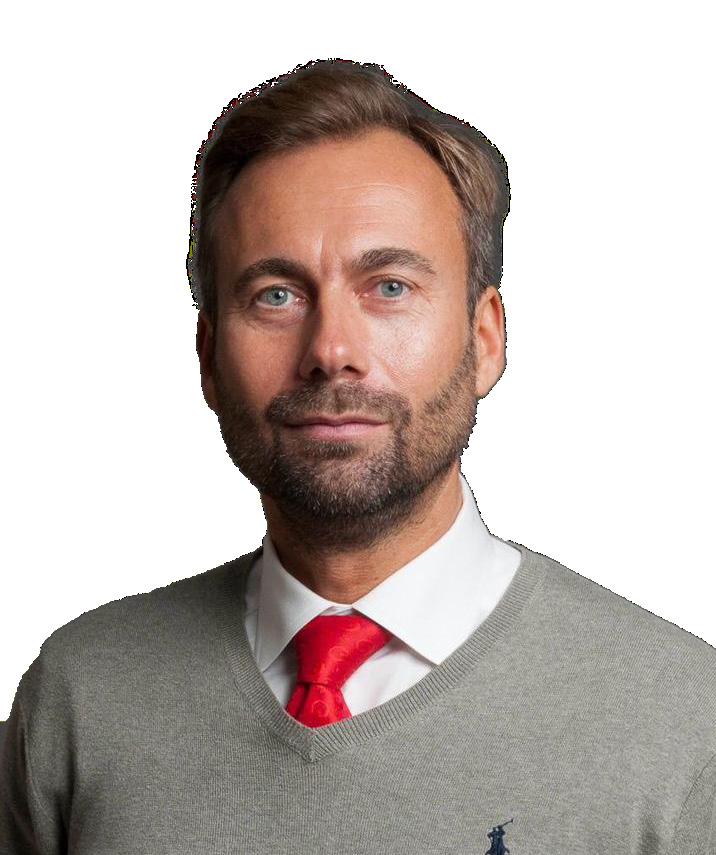
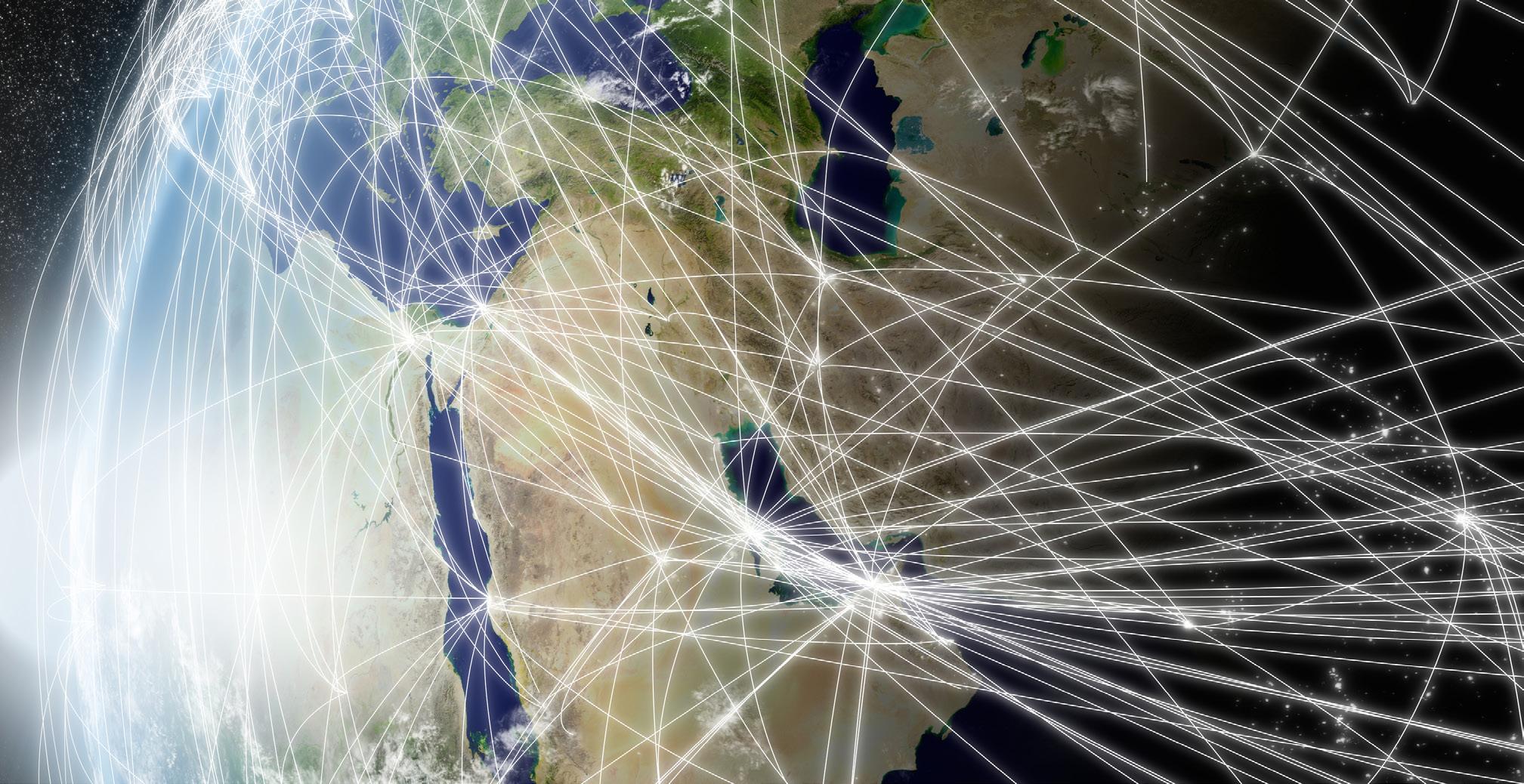





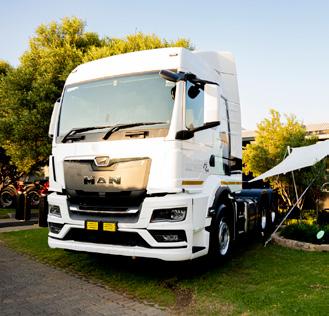


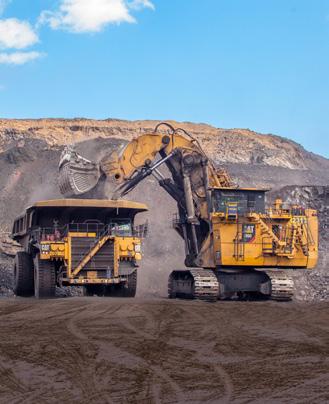
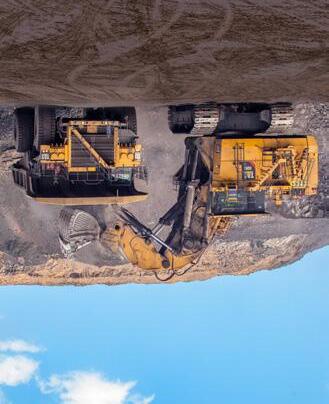

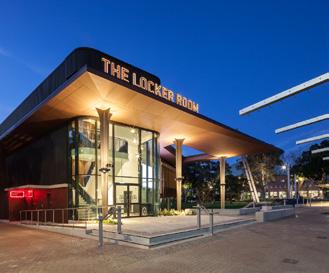




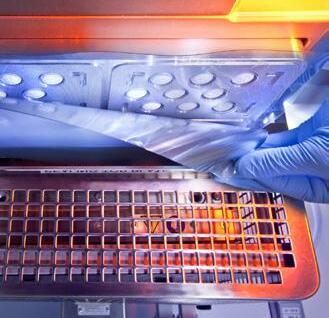
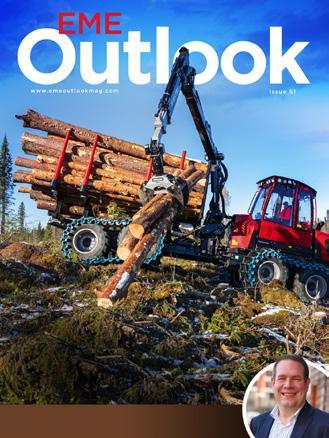
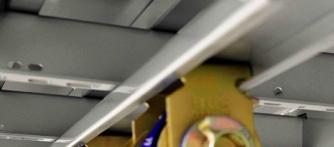
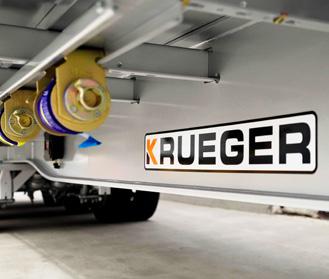


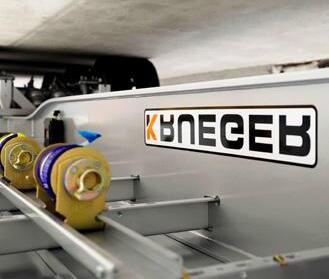
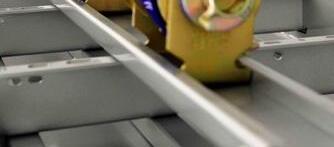
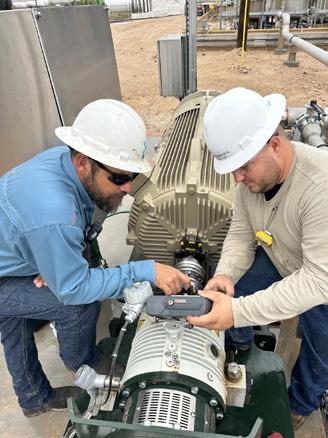
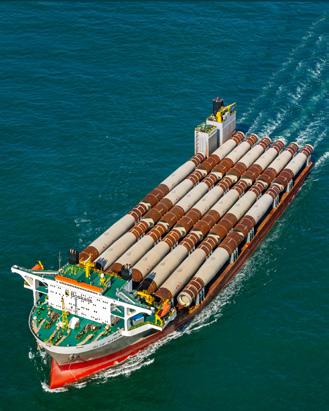


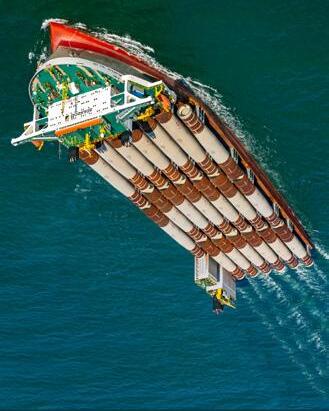









Africa Outlook, APAC Outlook, EME Outlook, North America Outlook, Mining Outlook, Healthcare Outlook, Manufacturing Outlook, Supply Chain Outlook, and Food & Beverage Outlook are digital publications aimed at boardroom and hands-on decision-makers, reaching an audience of more than 800,000 people around the world.
With original and exclusive content compiled by our experienced editorial team, we look to promote the latest in engaging news, industry trends and success stories from across the globe.
Your company can join the leading industry heavyweights enjoying the free exposure we provide across our platforms with a free marketing brochure, extensive social media saturation, enhanced B2B networking opportunities, and a readymade forum to attract new investment and to help you grow your business.
Visit www.outpb.com/work-with-us for details on how your company can feature for free in one of our upcoming editions.
EDITORIAL
Head of Editorial: Jack Salter jack.salter@outpb.com
Deputy Head of Editorial: Lucy Pilgrim lucy.pilgrim@outpb.com
Senior Editor: Lily Sawyer lily.sawyer@outpb.com
Editor: Ed Budds ed.budds@outpb.com
Editor: Rachel Carr rachel.carr@outpb.com
Editor: Lauren Kania lauren.kania@outpb.com
PRODUCTION
Art Director: Stephen Giles steve.giles@outpb.com
Senior Designer: Devon Collins devon.collins@outpb.com
Designer: Louisa Martin louisa.martin@outpb.com
Production Manager: Alex James alex.james@outpb.com
Digital Marketing Director: Fox Tucker fox.tucker@outpb.com
Web Content Manager: Oliver Shrouder oliver.shrouder@outpb.com
Social Media Executive: Jake Crickmore jake.crickmore@outpb.com
BUSINESS
CEO: Ben Weaver ben.weaver@outpb.com
Managing Director: James Mitchell james.mitchell@outpb.com
Chief Commercial Officer: Nick Norris nick.norris@outpb.com
TRAINING & DEVELOPMENT DIRECTOR
Joshua Mann joshua.mann@outpb.com
BUSINESS DEVELOPMENT DIRECTOR
Thomas Arnold thomas.arnold@outpb.com
DIVISIONAL DIRECTOR
Deane Anderton deane.anderton@outpb.com
HEADS OF PROJECTS
Eddie Clinton eddie.clinton@outpb.com
Josh Rayfield josh.rayfield@outpb.com
Ryan Gray ryan.gray@outpb.com
SALES MANAGERS
Donovan Smith donovan.smith@outpb.com
PROJECT MANAGERS
Cameron Lawrence cameron.lawrence@outpb.com
Poppi Burke poppi.burke@outpb.com
Taylor Green taylor.green@outpb.com
ADMINISTRATION
Finance Director: Suzanne Welsh suzanne.welsh@outpb.com
Finance Assistant: Suzie Kittle suzie.kittle@outpb.com
Finance Assistant: Victoria McAllister victoria.mcallister@outpb.com
CONTACT
Africa Outlook
Norvic House, 29-33 Chapelfield Road Norwich, NR2 1RP, United Kingdom
Sales: +44 (0) 1603 804 445
Editorial: +44 (0) 1603 804 431
SUBSCRIPTIONS
Tel: +44 (0) 1603 804 431
jack.salter@outpb.com www.africaoutlookmag.com
Like us on Facebook: facebook.com/africaoutlook
Follow us on X: @africa_outlook

Welcome to our 110th edition of Africa Outlook magazine.
Transport is the beating heart of socioeconomic growth in South Africa, with a variety of modes available across the nation.
Many South African cities have therefore prioritised the transportation sector in an effort to further progress and achieve long-term development goals.
In the driver’s seat of this issue is MAN Automotive South Africa, a leading manufacturer of medium, heavy, and extra-heavy trucks as well as commuter buses and luxury coaches.
Our comprehensive coverage considers how MAN Automotive South Africa has asserted itself over the past five decades as a leader in the country’s everimportant transportation industry.
“We are dominant in this market purely because we are the only company able to produce an entire product in one go and provide customers with a single point of contact for any further assistance, whereas others combine and sell chassis and bodybuilders from different manufacturers,” expands Managing Director, Jan Aichinger.
Wheels are one of the most critical components of any road vehicle, efficiently converting engine power into movement.
Tyre manufacturing accounts for the vast majority of global natural rubber production, supporting mobility around the world.
Beyond merely producing high-quality natural rubber, SIPH proactively promotes the sustainable production of this crucial commodity across West Africa.
“We participate in various capacity-building programmes using our knowledge of rubber tree cultivation on our plantations to improve our smallholders’ agricultural and sustainability practices,” outlines General Director, Marc Genot.
To deliver production on target and within required timelines, meanwhile, BCM Group has a deep understanding of African mining dynamics.
Indeed, the experienced surface mining and civil earthworks contractor has operated for almost a century and been firmly established in Africa since 1990.
“We have expanded our presence by serving a diverse client base throughout West Africa, Central Asia, and the Middle East,” Paul Coe, CEO, tells us.
This edition also brings you up to speed with the latest developments from The Capital Hotels, Apartments & Resorts, Ruvuma Coal, Sasini PLC, the Ugandan Chamber of Mines & Petroleum, and more.
We hope that you enjoy your read.
Jack Salter Head of Editorial,
Outlook Publishing
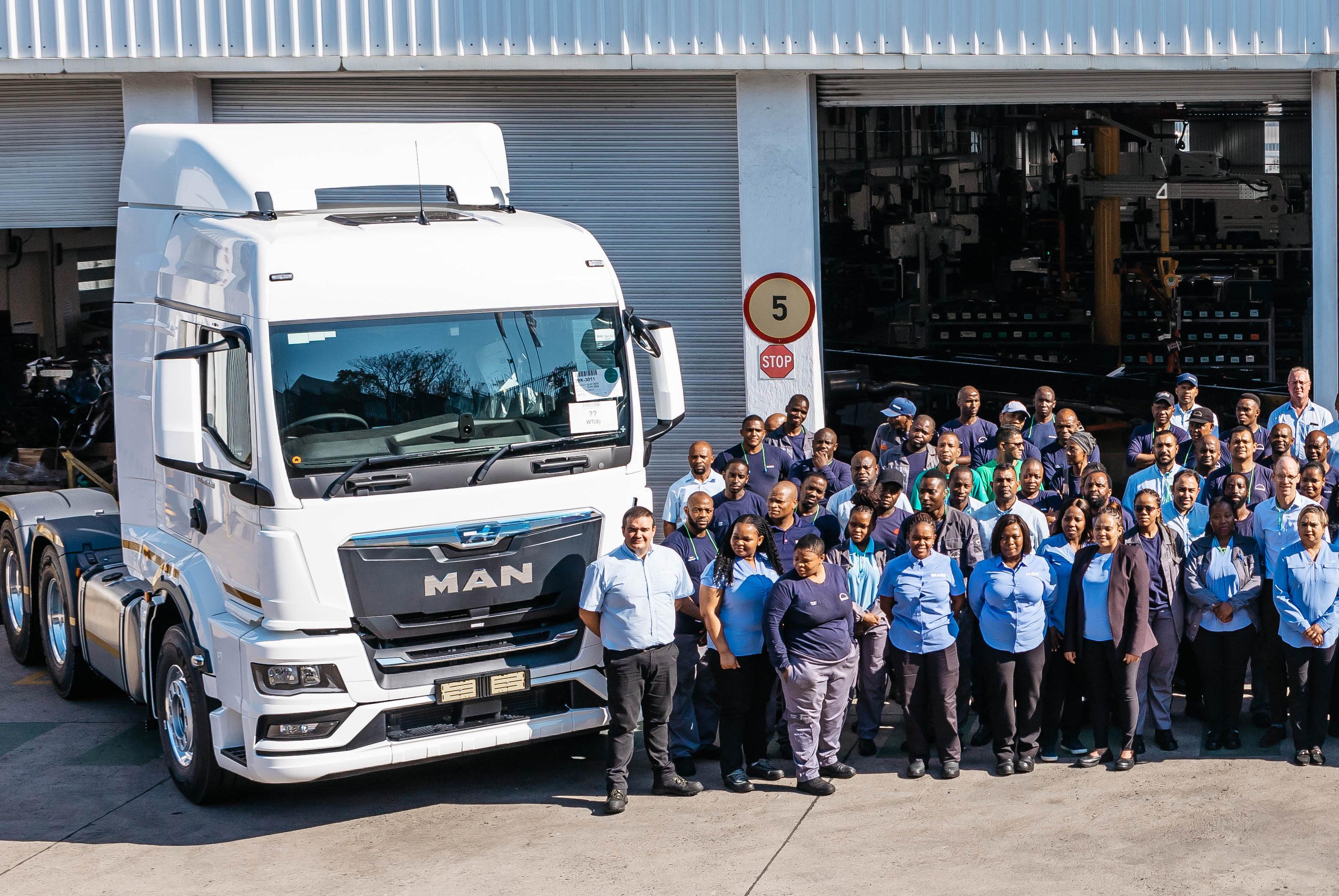
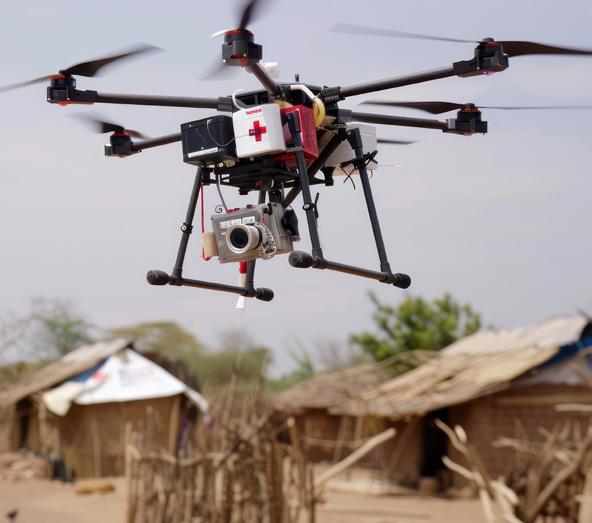
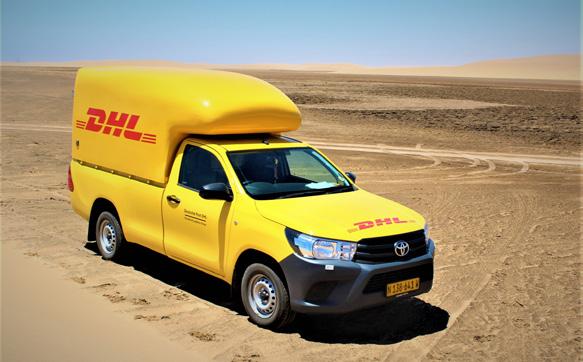
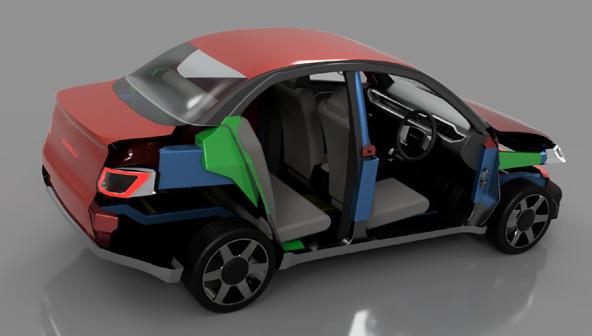
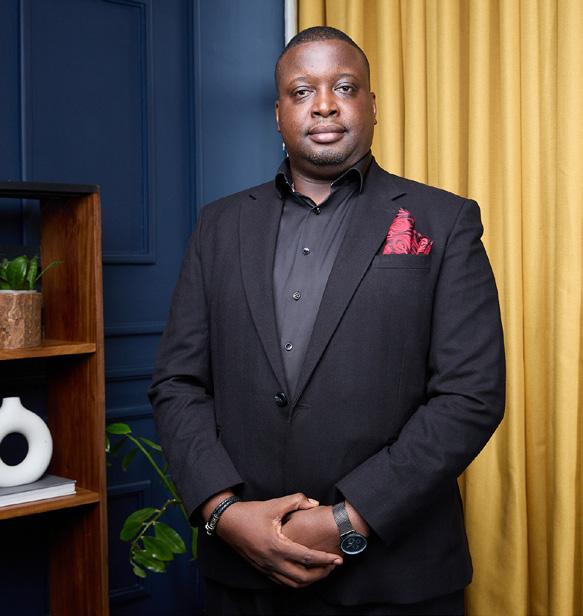
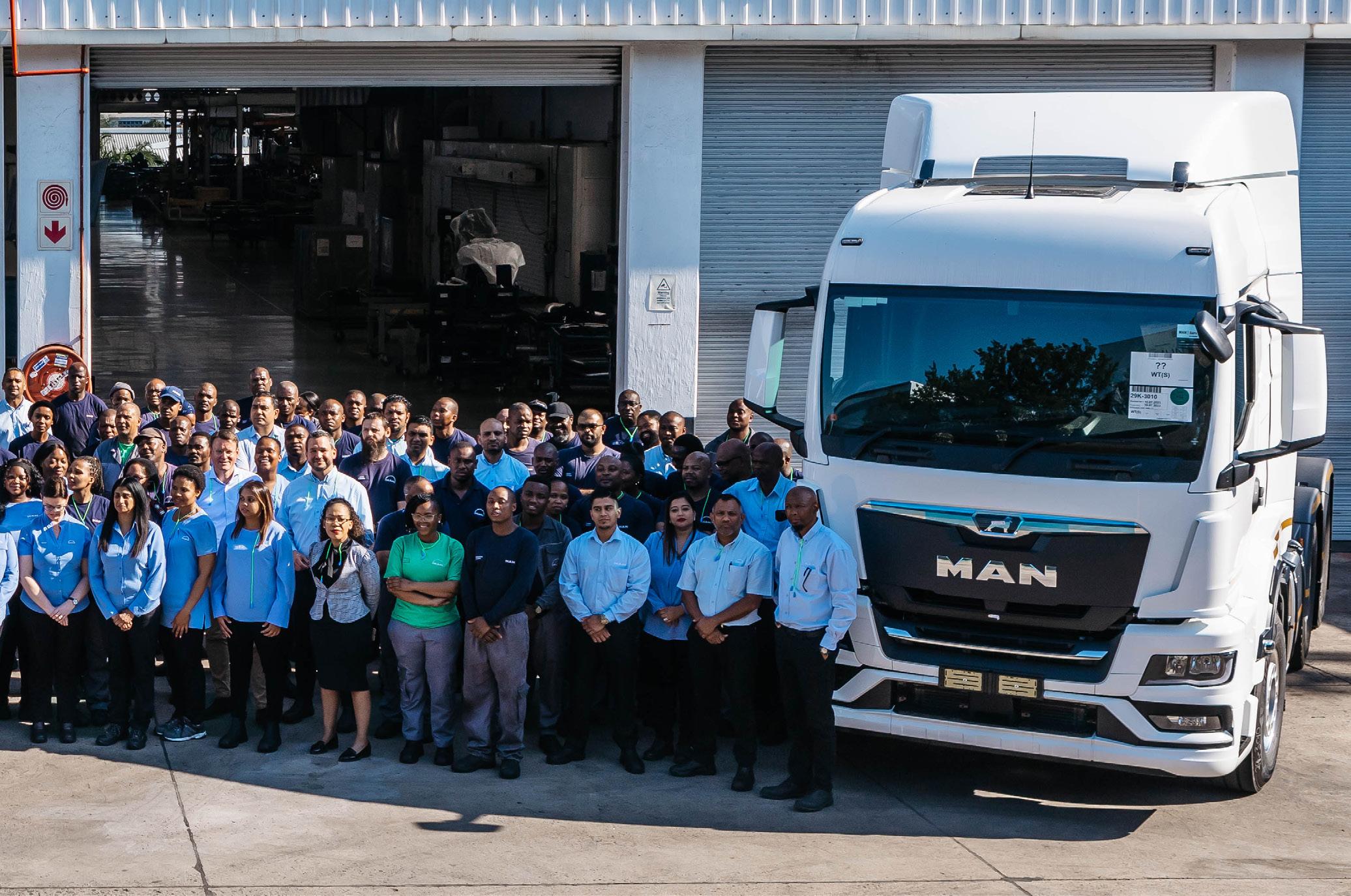
42 MAN Automotive
South Africa

Discover the Future of Transport
Driving forward the future of South African transportation

MANUFACTURING
72 SIPH
MINING
82 Ruvuma Coal
Excavating the Spirit of Exploration
Illuminating the Ruvuma region of Tanzania
92 BCM Group
Specialist Contractor
Surface mining and civil earthmoving expertise
RETAIL
106 The Capital Hotels, Apartments & Resorts
The Height of Hybrid Hospitality
Breaking boundaries in high-tech hotel services
FINANCE
112 I&M Bank
Driving Financial Inclusion
Forging a rich heritage
106 FEATURES
Rooted in People and Planet
Promoting the sustainable production of natural rubber
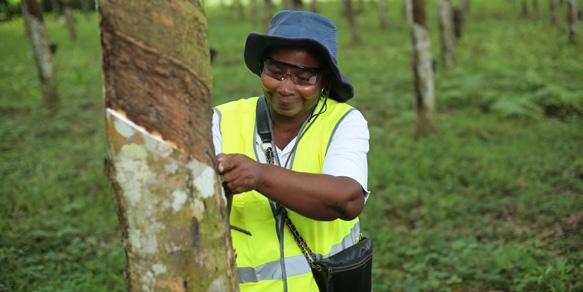
72
92
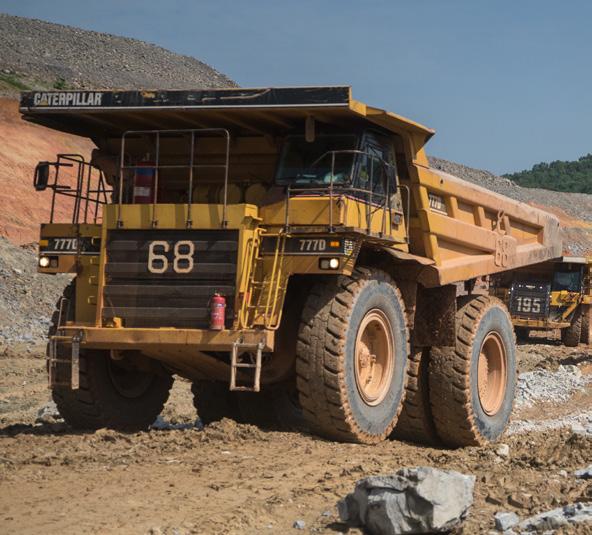
98 Kansanshi Mining Plc
Cornerstone Copper Operation
An update on the Kansanshi mine’s S3 Expansion Project

FOOD & BEVERAGE
122 Sasini PLC
A Sustainable Operation
Ongoing support for local communities and the environment
128 AAA Growers
The Art of Growing
The freshest produce from soil to store
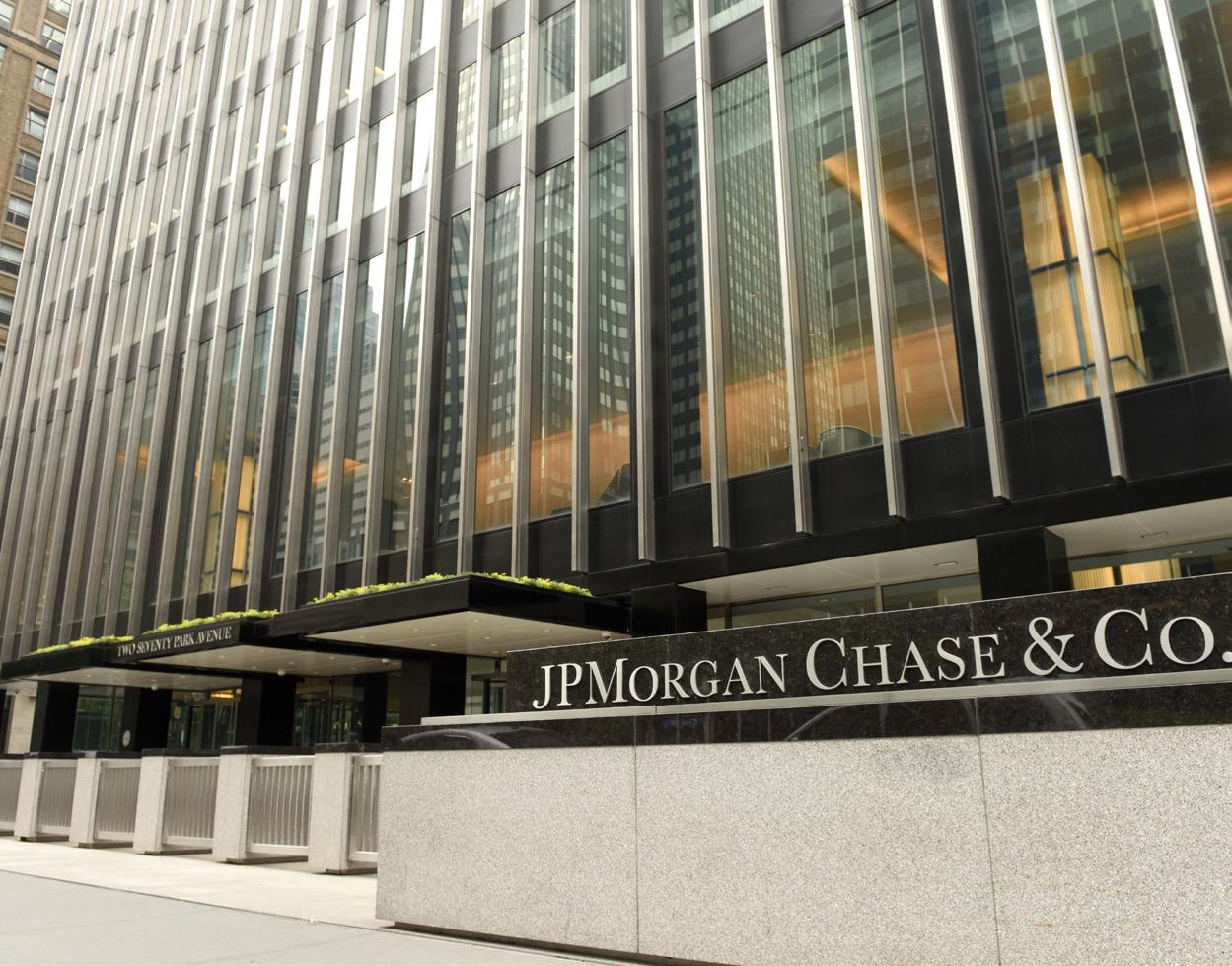
JPMORGANCHASE, THE LARGEST bank in the US, plans to expand to Kenya and Ivory Coast this year, increasing its African presence.
The Central Bank of Kenya has already authorised the finance company to establish a representative office in the country.
Presently operating in over 100 countries, the bank has more than
USD$4.2 trillion in assets. JPMorgan Chase will focus its expansion on commercial and investment banking, treasury services, and potentially lending.
However, it has no immediate plans to offer asset and wealth management services that are already available in South Africa and Nigeria.
THE WORLD BANK has reduced its economic growth forecast for sub-Saharan Africa, primarily because of the damage to Sudan’s economy caused by the civil war between two rival factions of the military government as well as the impacts of climate change, including floods, droughts, and cyclones. Despite reducing the region’s
2024 growth forecast from 3.4 to three percent, this remains above the 2.4 percent growth experienced in 2023.
Meanwhile, growth in South Africa, the region’s most advanced economy, is expected to increase to 1.1 percent this year, whilst Kenya, the wealthiest economy in East Africa, is expected to expand by five percent.
AEROSPACE
AFTER RECENTLY LAUNCHING its first satellite, Senegal has joined other African nations in the space race.
Gaindesat-1A, which was effectively deployed aboard SpaceX’s Falcon 9-Transporter 11 rideshare mission, will collect data and play a crucial role in monitoring conditions nationwide, enhancing weather forecasting.
The West African country has made significant advancements in technology and science, achieving a major milestone after five years of dedicated work by STEM professionals.
A total of 17 African countries have launched over 60 satellites into orbit to date largely due to a reduction in the associated costs, which has opened up the market.


EGYPT’S NEW ADMINISTRATIVE Capital (NAC), located on the outskirts of Cairo, will soon be home to a hydrogenpowered skyscraper complete with solar panels.
The developer of the Forbes International Tower, Magnom, aims to ensure that the building removes more carbon than it emits.
The ambitious project will comprise 75 percent hydrogen and 25 percent photovoltaics. Magnom hopes this skyscraper will be the first in the world to register for a Zero Carbon Certificate from the International Living Future Institute.
The 43-floor office building will be constructed using materials

that reduce associated emissions throughout their life cycle, consequently cutting its carbon footprint by 58 percent.
TRAVELLERS FROM RWANDA
to the US will now undergo screening for the Marburg virus after the US Embassy advised its employees in the East African country to work remotely for the time being.
The Rwandan capital, Kigali, has reported a total of 58 cases,
including 13 deaths, with most of the victims being healthcare workers. Marburg belongs to the same family of viruses as Ebola and has an 88 percent fatality rate.
Last year, neighbouring Tanzania experienced an outbreak, but this is the first time the Marburg virus has been confirmed in Rwanda.

CHINA’S LARGEST PUBLICLY listed metal producer, Zijin Mining Group (Zijin), has signed an agreement to acquire 100 percent ownership of the Akyem gold mine in Ghana from US-based Newmont Corp – the world’s leading copper, silver, zinc, and lead producer.
Akyem, one of Ghana’s most significant gold mines, is expected to be sold for USD$1 billion by the end of 2024.
Ghanian entities have shown interest in acquiring a minority stake in the mine, and Zijin has expressed its openness to exploring potential transactions.

AFRICA IS BECOMING A key market for social media companies amid an uptick in engagement from young, tech-savvy users, prompting increased investments from tech titans Meta, the parent company of Facebook and Instagram, and ByteDance, the owner of TikTok.
Both companies have significantly expanded their presence in Africa in recent years, with TikTok emerging as one of the leading sources of news and entertainment.
Additionally, social media provides a platform for African creatives to monetise their work and extend their reach beyond the continent, enabling them to connect with collaborators and investors.






Christopher Meredith, Senior Vice President of Business DevelopmentEMEA at market-leading global video game commerce organisation, Xsolla, reflects on how a seamless payment ecosystem could unlock Africa’s gaming economy
Writer: Christopher Meredith, Senior Vice President of Business Development - EMEA, Xsolla
n a continent rich with potential but often overlooked by global tech giants, Africa’s gaming industry is quietly transforming into one of the world’s fastest-growing sectors.

there’s a hurdle preventing Africa’s gaming ecosystem from reaching its full potential: an outdated and fragmented payments infrastructure.
The continent boasts a young, techsavvy population and an insatiable appetite for digital entertainment. Yet,
For game developers and publishers in the continent, the question isn’t whether Africa will be a major player in the global gaming economy but
rather how the payments landscape can be restructured to unlock the vast opportunities that lie ahead.
For most, gaming payments often mean a credit card or bank transfer -
seamless, swift, and taken for granted.
However, in Africa, where financial inclusion remains a major challenge, these options must be within reach for some of the population. This is where mobile money comes into play.
Africa has leapfrogged traditional banking models, embracing mobile wallets at an unprecedented scale. Adopting mobile-first payment solutions can be a game-changer in the gaming world. For millions of Africans, a mobile wallet is their primary financial tool, and its integration within gaming platforms offers a seamless way to pay for games, make in-game purchases, and even receive rewards.
Game developers who tap into this can reach a far larger audience, including those traditionally excluded from digital economies. This shift could unlock billions for the gaming industry.
Africa is a continent of contrasts, home to more than 50 countries, each with their own currency, financial regulations, and consumer habits. This complexity makes payments challenging for global gaming platforms. So, what’s the solution? It’s simple: localisation.
Localised payment systems integrating with popular mobile services are essential for game developers to tap into this market. For many users, these platforms offer a sense of familiarity and security.
By focusing on local payment systems, developers can streamline the user experience and, more importantly, build trust - an elusive but critical factor for consumers in markets where concerns over security are rife.
In short, localisation isn’t just a technical necessity - it’s a vital way to win the hearts and minds of African gamers.
The most exciting prospect of
revolutionising gaming payments in Africa is its potential to drive financial inclusion.
While the continent’s unbanked population remains high, the rise of mobile money presents an extraordinary opportunity to bring more people into the digital financial ecosystem through gaming.
Integrating services into platforms like Xsolla can help gamers manage their funds via mobile devices without the need for traditional bank accounts. This is transformative in a region where banking infrastructure is often inaccessible.
By embracing these mobile-first solutions, the financial gap can be bridged. This will enable previously excluded populations to engage in the digital economy through buying games or participating in microtransactions.
As more people access these platforms, they aren’t just participating in entertainment - they’re gaining a foothold in the financial systems they were once excluded from.
By reshaping the payment landscape, gaming is poised to become more than a pastime in Africa but an engine for inclusion and financial growth.
Revolutionising Africa’s payments isn’t just about making buying games or paying for in-app purchases easier. It’s about tapping into the continent’s unique strengths – its mobilefirst economy, appetite for digital innovation, and youth.
With mobile-first solutions and the rise of mobile money services, gaming is no longer limited by traditional banking infrastructure. This allows even those in remote or underserved regions to participate in the digital economy.
Africa’s unique mobile ecosystem, already familiar to millions, bridges the gap between gaming and financial
access, making entertainment more inclusive.
As these localised payment systems become more widespread, they have the potential to drive economic growth by expanding across digital platforms and fostering financial literacy. Gaming, once seen solely as a form of entertainment, is now emerging as a powerful tool for economic empowerment.
The growing gaming community is poised to lead Africa into a new digital era. As such, by creating a seamless payment ecosystem, the continent’s gaming industry can become a global leader, offering lessons for other emerging markets.
More than that, it can provide millions of Africans with a new avenue for inclusion, creativity, and economic opportunity. It’s a bold vision - but one that is entirely within reach.
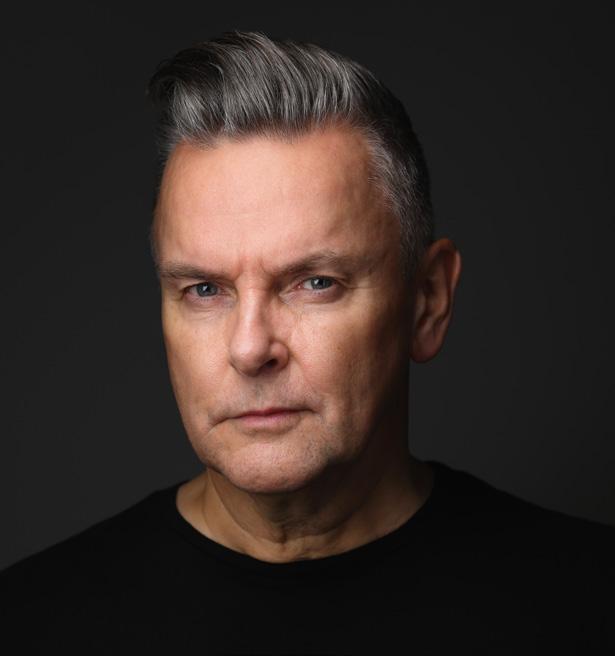
Christopher Meredith is the Senior Vice President of Business Development - EMEA at Xsolla, a seasoned executive with over 25 years of experience in the interactive entertainment industry.
Known for his visionary strategies and expertise in brand revitalisation, Meredith has consistently driven growth and profitability across global markets, from start-ups to corporate giants.

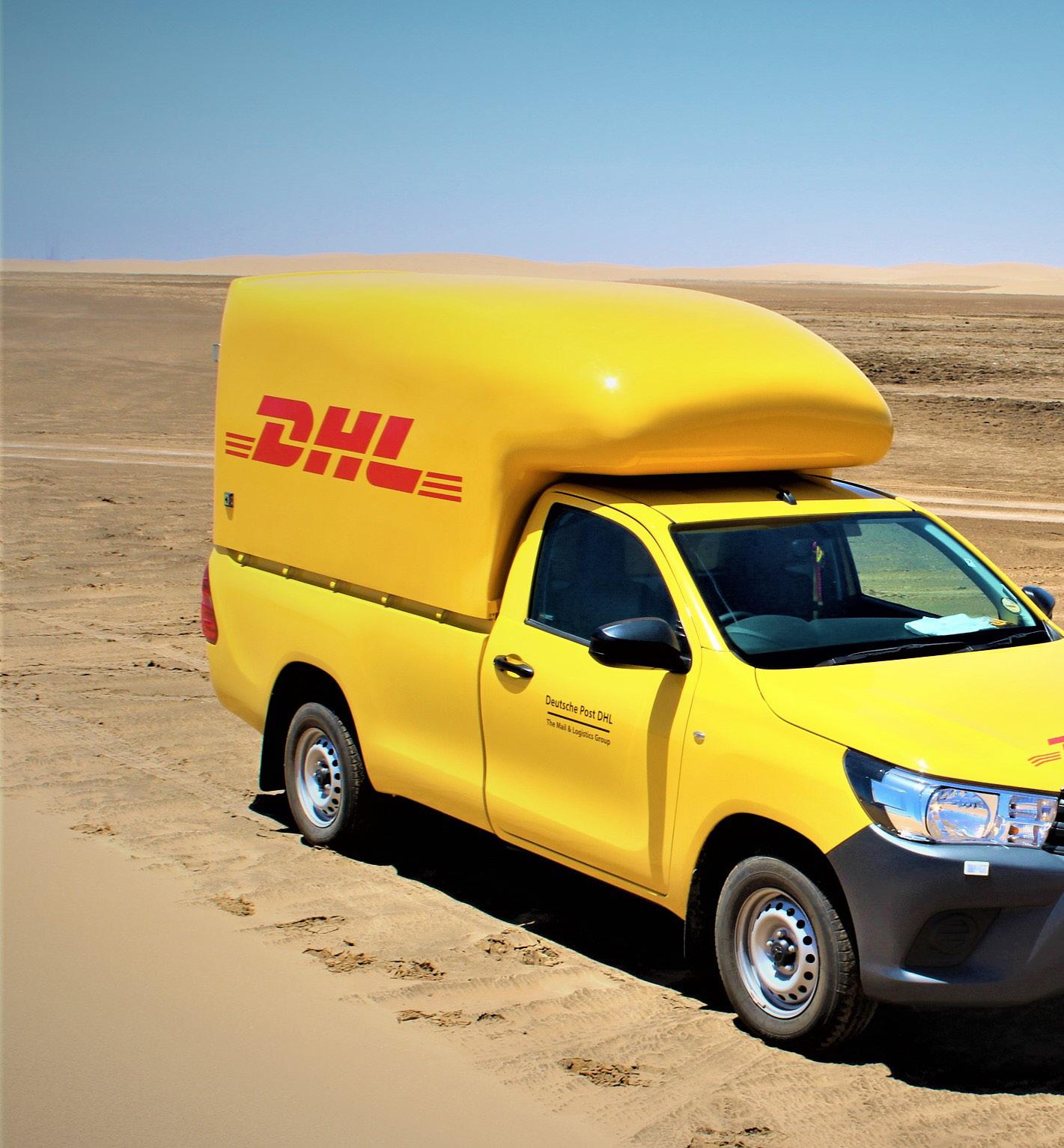
Dirk S. van Doorn, Managing Director of DHL Namibia, discusses the company’s wellestablished presence in Namibia as a firstchoice logistics partner, its ongoing support for the mining and oil and gas industries, and aspirations for sustainable expansion
Writer: Lily Sawyer
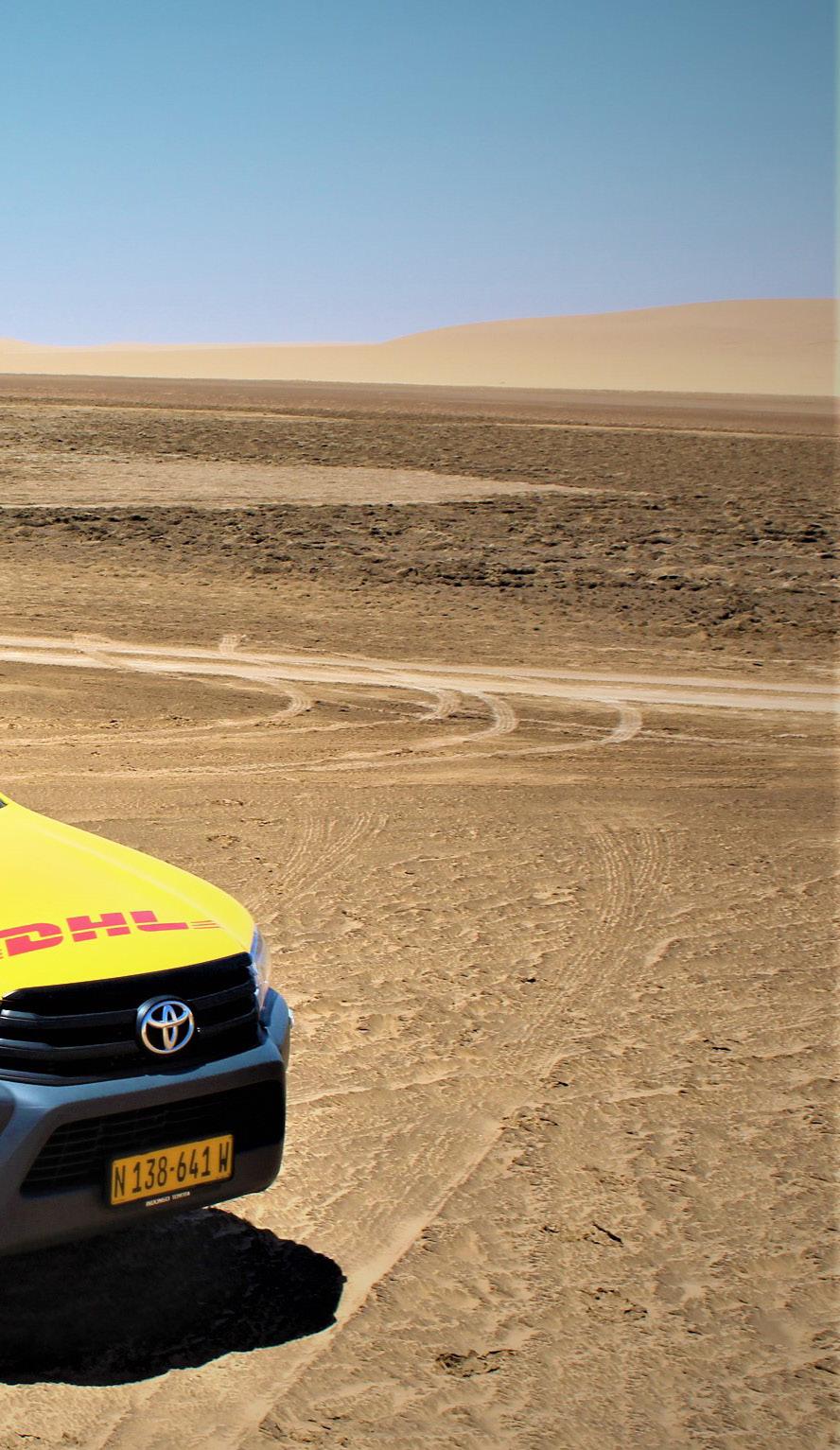
Established as a key player in Namibia’s logistics and courier industry over 35 years ago, DHL Namibia boasts a proud history.
Initially expanding into the Namibian market as part of DHL’s global strategy to provide efficient and reliable express delivery services around the world, the move aimed to meet growing logistical needs across Africa’s various sectors, ranging from mining, fishing, and agriculture to government services.
More recently, DHL Namibia has expanded into oil and gas logistics services, as well as green hydrogen, which have the potential to become significant contributors to the country’s economy.
“DHL Namibia’s journey over the past 35 years reflects its commitment to serving the nation’s logistical needs while continually evolving to meet new market demands, making it a cornerstone of Namibia’s logistics infrastructure,” opens Dirk S. van Doorn, Managing Director.
Headquartered in Windhoek with a key port city location in Walvis Bay, two agents in Lüderitz and Swakopmund, and 16 retail partners across the country, the company offers a wide range of express logistics solutions supported by a robust network of 110 direct and indirect staff members.
As such, DHL Namibia plays a pivotal role in connecting the nation’s business individuals to global markets whilst ensuring reliable and fast delivery services across Namibia.
One of the country’s leading logistics providers, DHL Namibia has been instrumental in providing businessto-business (B2B) transport services between key sectors, including
• EFFICIENCY AND SPEED: A core principle for DHL, both globally and in Namibia, has been ensuring fast and reliable delivery services. This aligns with the entire company’s global reputation for express service. DHL Namibia was also the first delivery organisation in the country to introduce its own dedicated airfreight service, operating five days a week with two rotations from Windhoek to Johannesburg, connecting Namibia to the rest of DHL’s global network.
• GLOBAL CONNECTIVITY: From the outset, DHL Namibia’s services sought to connect the country to the rest of the world. As a developing nation with a growing economy, Namibia required access to international markets. This is where DHL Namibia came in, providing the infrastructure to connect local industries, such as mining, with international partners.
• CUSTOMER-CENTRIC APPROACH: DHL Namibia has always emphasised delivering a first-class service to its customers by understanding their unique needs, from individuals to large corporations. Its operations are built around customer convenience and accessibility, allowing businesses to focus on their core activities without worrying about logistics.
• INNOVATION IN LOGISTICS: DHL Namibia’s operational model is built on adopting forward-thinking practices to meet evolving market demands. Over the decades, the company has incorporated technology-driven solutions within its operations to enhance product tracking, shipment management, and overall transparency.
• SUSTAINABILITY AND CORPORATE RESPONSIBILITY: As part of its global mission, DHL Namibia has increased its focus on reducing its environmental footprint by improving operational efficiencies and utilising cleaner technologies that form part of a strategy to achieve net zero emissions by 2050.
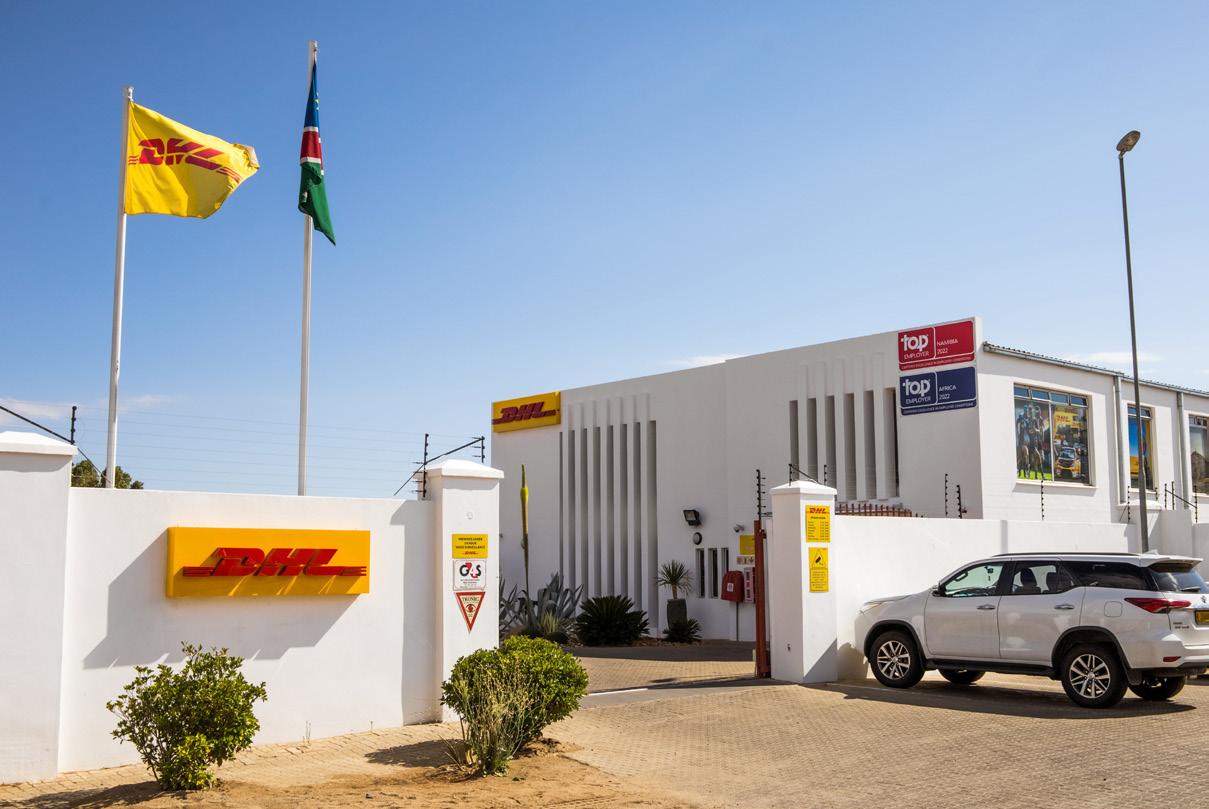

mining, agriculture, manufacturing, retail, oil and gas, and green hydrogen.
Offering everything from customised express freight services to supply chain optimisation, the company not only handles the movement of large equipment and regular supply shipments but manages warehousing, inventory, distribution, and last-mile delivery as part of its B2B offering.
For businesses involved in overseas trade or international partnerships, DHL Namibia also provides crossborder and international end-to-end logistics solutions, including guidance
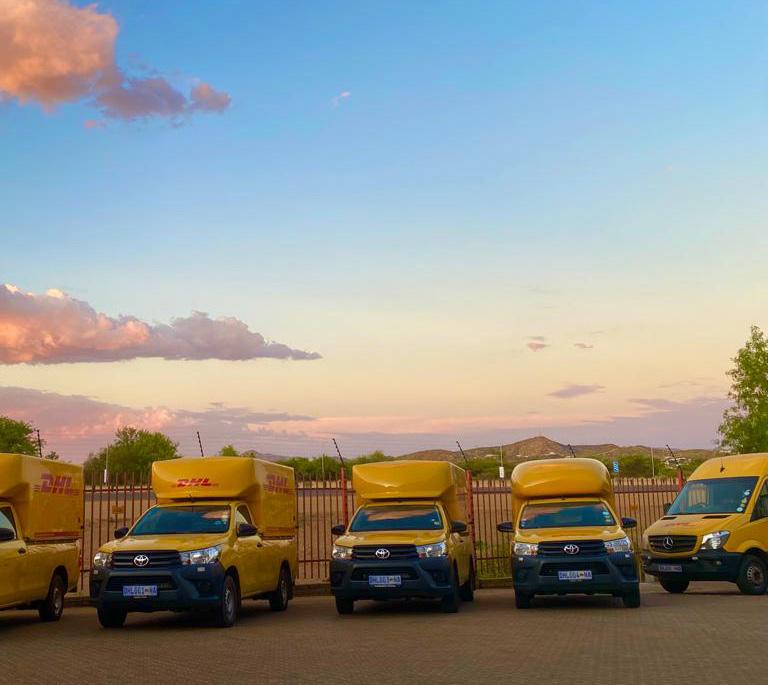
on customs clearance and regulatory compliance.
To substantiate its reliability and provide B2B customers with full transparency, the company offers various monitoring and supply chain management solutions.
“Our integrated, advanced tracking and shipment management systems allow our clients to monitor their goods in real-time,” van Doorn details.
To complement this, a My DHL+ solution enables customers to manage several aspects of their supply chain themselves through the use of DHL proprietary software.
Responsible for a substantial 14 percent of Namibia’s GDP, the country’s mining sector is a key driver of the economy – and one in which DHL Namibia plays a crucial role.
For instance, when it comes to the transportation of large, heavy, and sensitive mining machinery or the supply of essential materials, DHL Namibia offers extensive road and air freight services alongside end-to-end logistics solutions.
“Supplemented by the company’s worldwide connectivity, we often
partner with international mining suppliers and contractors who are able to import specialised equipment from global markets efficiently,” van Doorn elaborates.
Furthermore, DHL Namibia assists mining companies in navigating the often complex regulatory and customs requirements for importing and exporting goods. Such requirements are especially important in the mining industry, which often deals with shipments that must meet stringent regulations.
“DHL Namibia’s close relationship with the mining industry showcases
How important are accolades and awards to DHL Namibia in recognising its corporate social responsibility practices?
DIRK S. VAN DOORN, MANAGING DIRECTOR: “DHL Namibia’s certified recognition as a ‘Great Place to Work in 2024’, along with being named as a ‘Top Employer in Namibia, 2024’, underscores the company’s commitment to creating a positive workplace culture and highlights its corporate social responsibility (CSR) efforts.
“Being the only business in Namibia to achieve both accolades is a significant milestone, reflecting the impact of DHL Namibia’s employee-centred initiatives and its broader commitment to social and environmental responsibility.
“Last month, this recognition was amplified when the Employment Equity Commission of Namibia awarded DHL Namibia with an A-grade certification. It’s a rare feat to be awarded all these recognitions simultaneously, acclaims van Doorn.”
He goes on to point out the importance of the awards in terms of recognising employee well-being and validating the company’s CSR practices.
“These awards are a testament to DHL Namibia’s commitment to not only driving business success but also creating a positive societal impact through ethical, responsible, and people-centric practices,” he adds.
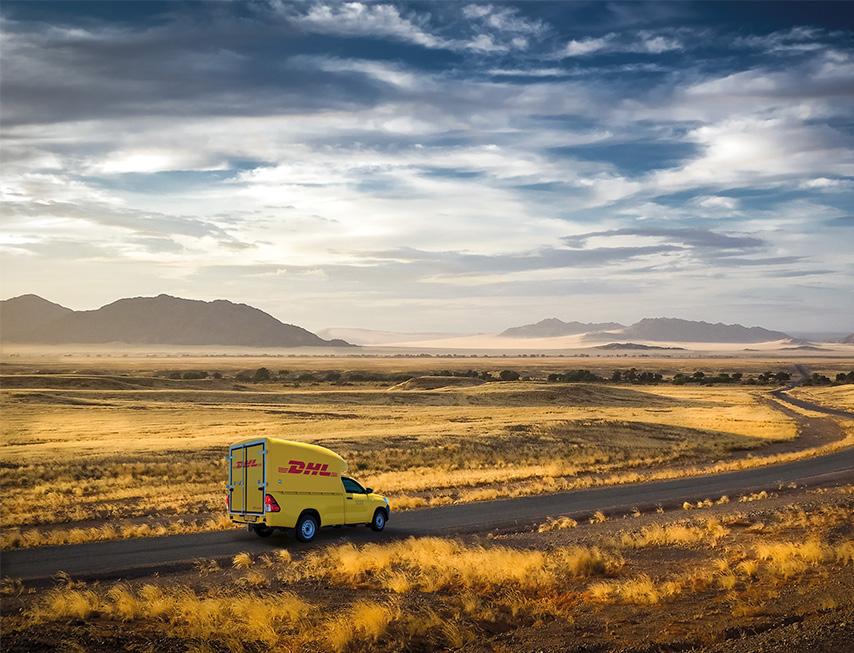
its ability to support the country’s critical sectors with tailored, reliable, and high-capacity logistics solutions,” he affirms.
Over the last 18 months, DHL has played a key role in supporting oil exploration projects off the coast of Namibia, transporting specialised exploration equipment to the necessary sites.
“These oil discovery projects, particularly those in offshore regions such as the Orange Basin, have been a major focus for us due to the nation’s increasing prominence as a potential oil and gas producer,” van Doorn outlines.
Key aspects of DHL Namibia’s involvement include the transportation of heavy exploration equipment, such as seismic survey tools, drilling machinery, and underwater inspection devices, alongside coordination with DHL’s international network, which spans 220 countries and territories, to secure supplies and equipment.
“This includes managing customs clearance and regulatory requirements to ensure the smooth importation of the necessary equipment,” he points out.
Not only is DHL Namibia involved in the initial transportation stages of these projects, but it also provides day-to-day support for oil exploration operations, including transporting spare parts and geological samples to offshore rigs, always ensuring operations run seamlessly.
Meanwhile, given the environmental sensitivities surrounding offshore oil exploration, the company complies with local environmental regulations so that its transportation processes fall in line with international environmental health and safety standards.
“We support exploration efforts
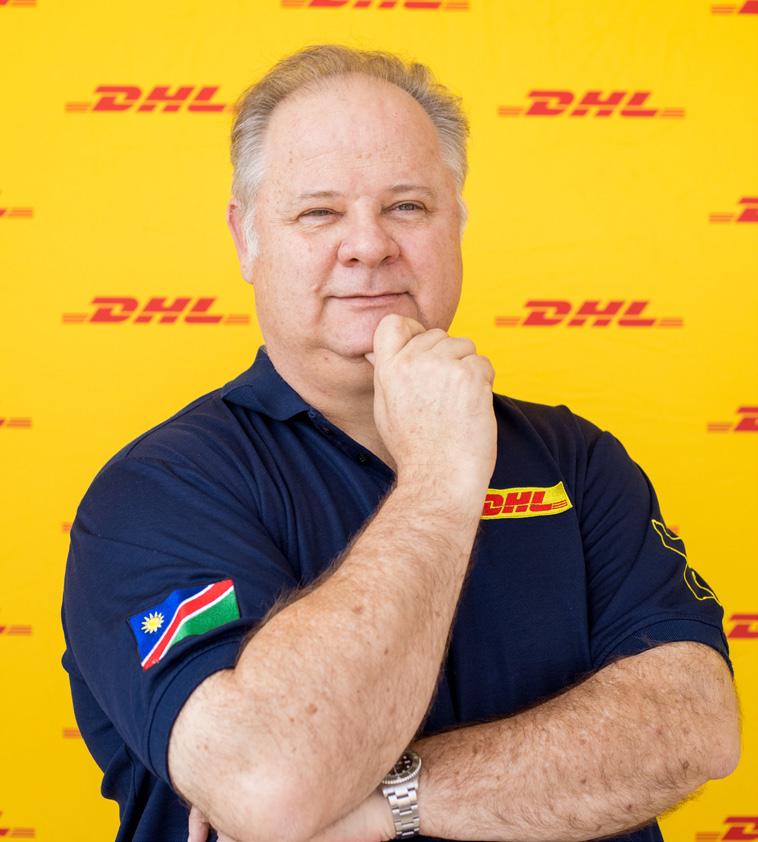
while adhering to strict sustainability protocols to minimise environmental impact,” van Doorn explains.
Through its involvement in oil discovery projects, DHL Namibia has demonstrated its ability to handle complex logistics operations in highstakes industries, moving critical equipment efficiently and reliably to advance the country’s burgeoning oil and gas exploration efforts.
Driven by a growing demand for cross-border trade and the transportation of goods between South Africa (SA) and Namibia, DHL Namibia has noted a significant increase in road haulage between the two nations.
Given that SA is Namibia’s largest trading partner, the upsurge in road freight reflects broader economic activity in sectors such as manufacturing, retail, mining, and agriculture.
“Another factor contributing to increased road freight has been as a result of the Johannesburg OR Tambo Airport acting as a key aviation gateway for Southern Africa,” van Doorn highlights.
This increase has led to the
“DHL NAMIBIA’S JOURNEY OVER THE PAST 35 YEARS REFLECTS ITS COMMITMENT TO SERVING THE NATION’S LOGISTICAL NEEDS WHILE CONTINUALLY EVOLVING TO MEET NEW MARKET DEMANDS, MAKING IT A CORNERSTONE
OF NAMIBIA’S LOGISTICS INFRASTRUCTURE”
– DIRK S. VAN DOORN, MANAGING DIRECTOR, DHL NAMIBIA
company transporting larger volumes of goods between the two nations, including finished goods and critical supplies, bolstering Namibia’s key industries, which rely heavily on imports from SA.
On top of this, more frequent road transport services, additional direct routes, and optimised scheduling have allowed DHL Namibia to reduce delivery times for its clients in both nations.
However, the surge in road haulage has also increased the company’s workload in terms of volume, operational demands, and customs management. To account for this, DHL Namibia has contracted a larger fleet of trucks through its accredited provider and enhanced its logistics infrastructure to handle more shipments daily.
Overall, increased trade between Namibia and SA, supplemented by the company’s expert logistics solutions, has positively impacted both countries’ economies, facilitating smoother trade and helping local businesses to expand their market reach.
“DHL Namibia’s role in this process has reinforced its position as a critical logistics partner for many Namibian
businesses,” van Doorn prides.
Strengthening cross-border relations and enabling the company to better serve key industries, this expansion positions DHL Namibia as a crucial integrator in the region.
Committed to the growth of the nation’s economy, DHL Namibia continues to invest in resources to ensure it is ready and able to serve key industries such as mining, agriculture, retail, and oil and gas.
For example, with plans in place to open additional branches and logistics hubs in underserved areas of Namibia, the company hopes to establish a stronger national presence, especially in remote locations where industries like mining and agriculture are expanding.
“By establishing a stronger presence in regions across the northern and southern parts of Namibia, we aim to improve access to our logistics services for both businesses and individuals with a focus on small to medium-sized enterprises (SMEs),” van Doorn confirms.
Meanwhile, DHL Namibia also seeks
“DHL
NAMIBIA’S CLOSE RELATIONSHIP WITH THE MINING INDUSTRY SHOWCASES ITS ABILITY TO SUPPORT THE COUNTRY’S CRITICAL SECTORS WITH TAILORED, RELIABLE, AND HIGH-CAPACITY LOGISTICS SOLUTIONS”
– DIRK S.
VAN DOORN, MANAGING DIRECTOR, DHL NAMIBIA
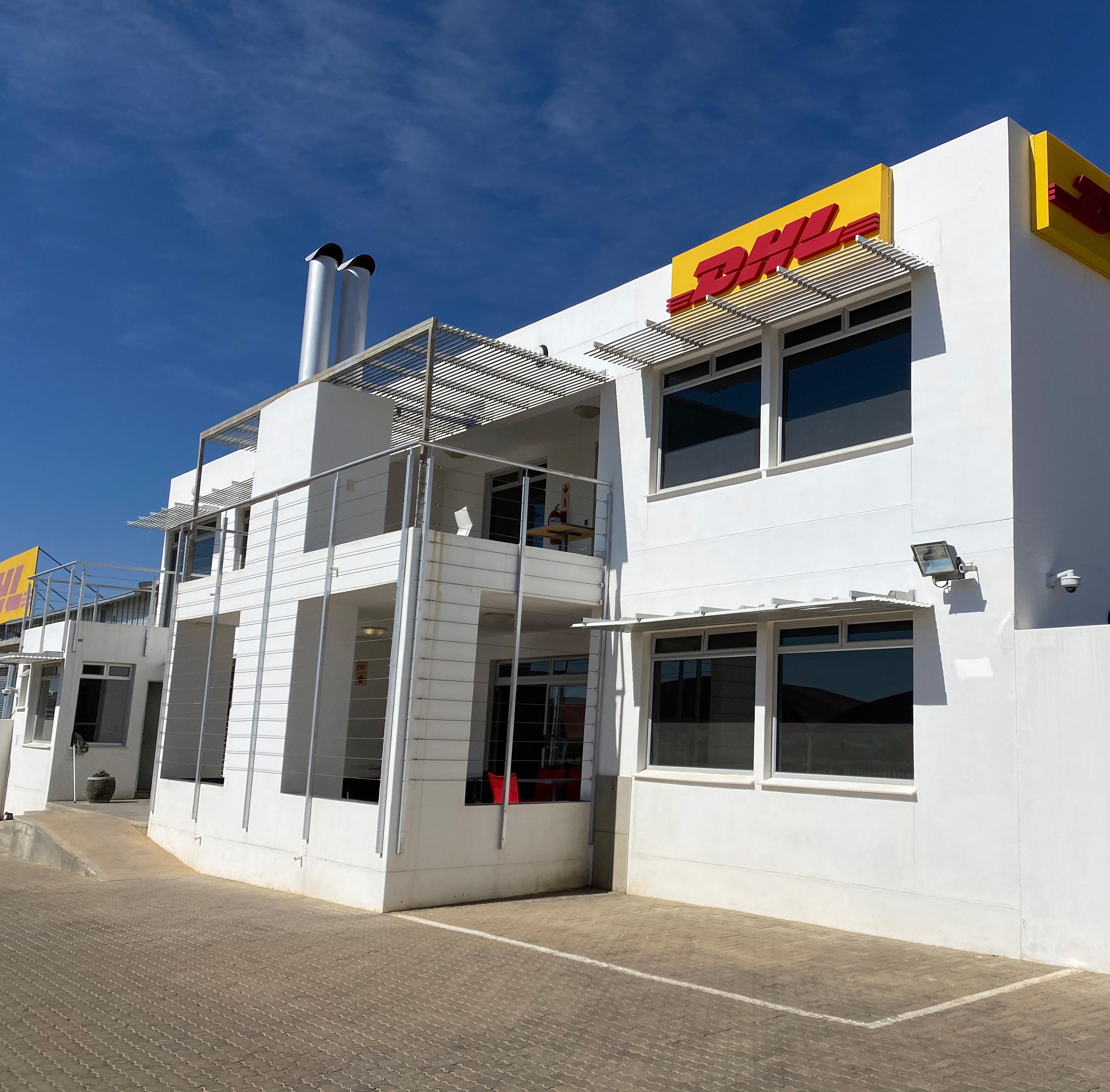
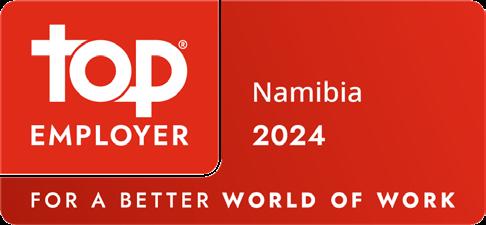
DHL Namibia continues to strive for perfection across every facet of the company to be a responsible, community-oriented, and accountable employer. This includes:
• Implementing employee-centric programmes
o Training and development, including opportunities for skills growth, leadership training, professional courses, and mentorship programmes
o Diversity and inclusion programmes that seek to provide equal opportunities for women in a historically male-dominated sector.
o Work-life balance and employee wellness, including flexible working arrangements and welfare programmes
• Improving environmental sustainability
o GoGreen programme
o Recycling and waste management
• Community engagement and support
o Education and skills development
o Charitable contributions and volunteering
• Robust health and safety initiatives
o Regular safety training and audits
o Compliance with international health and safety standards
“By prioritising its employees, community, and the environment, DHL Namibia continues to set an example of how businesses can balance profitability with corporate responsibility,” van Doorn prides.
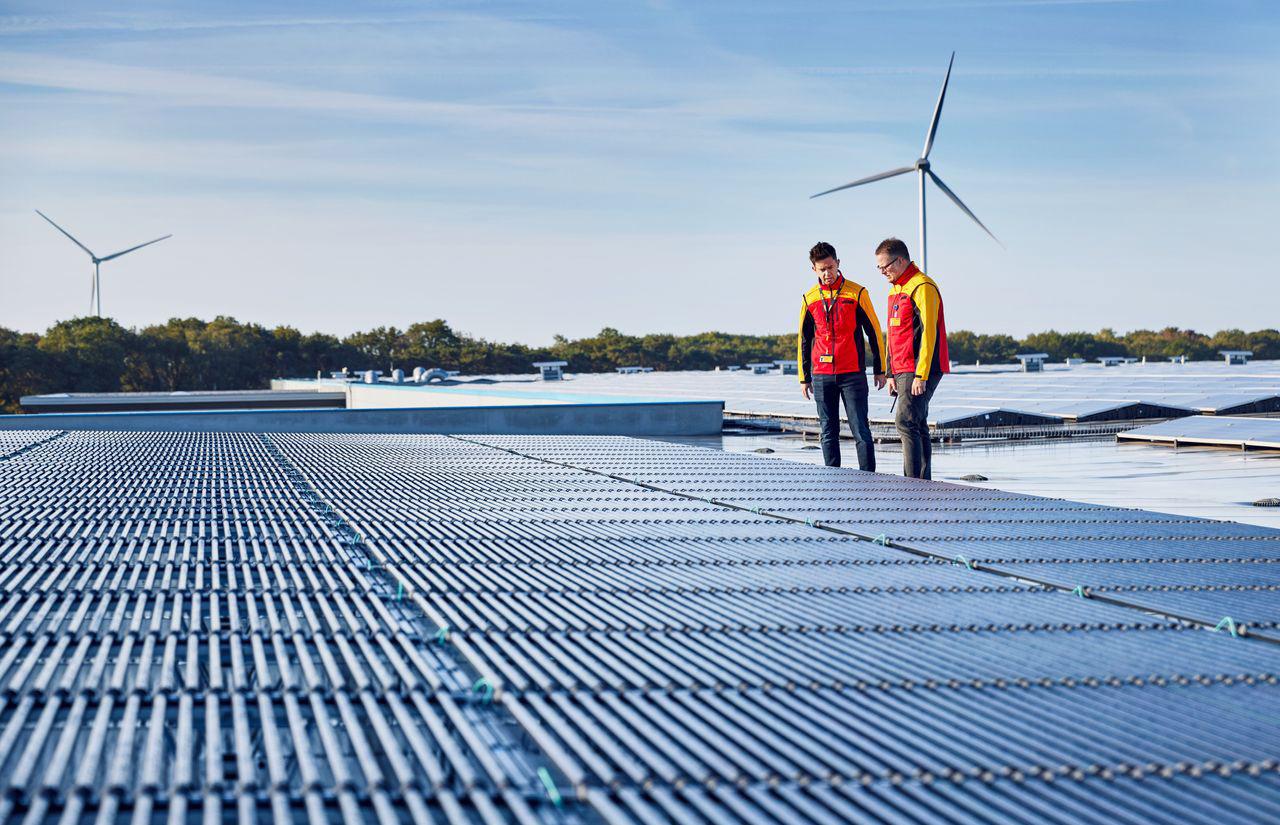
to enhance its rural connectivity to ensure faster and more reliable delivery services across its South African trade routes, expanding its presence along key trade corridors and connecting Namibia to SA, Botswana, Angola, and Zambia.
With intentions to further develop operations along its Walvis Bay corridor, a major trade route connecting Namibia to the rest of Southern Africa, the company leverages the strategic location as a potential hub for oil and gas support.
Elsewhere, DHL Namibia’s ongoing investment in digital infrastructure and e-commerce logistics services, such as warehousing, fulfilment, and last-mile delivery, will support the booming online retail sector alongside improving service delivery, customer experience, and operational efficiency.
Finally, the company’s continued expansion will see it invest in sustainable infrastructure such as eco-friendly, energy-efficient warehouses, whilst its global GoGreen programme seeks to increase the use of Sustainable Aviation Fuel (SAF) and become the market leader.
Meanwhile, DHL Namibia continues to use electric and fuel-efficient vehicles, invest in renewable energy, and implement carbon-neutral shipping options.
“We seek to widely integrate sustainability into our supply chain operations, promoting greener logistics practices across the board,” van Doorn concludes.
DHL NAMIBIA
Tel: +264 61 204 0800
www.dhl.com/na-en/
South African-based car manufacturer, Mureza Auto Co Pty Ltd, is deeply committed to serving the African market.
Tatenda Mungofa, Founder, outlines the company’s vision to become the country’s leading automotive brand
Writer: Lily Sawyer
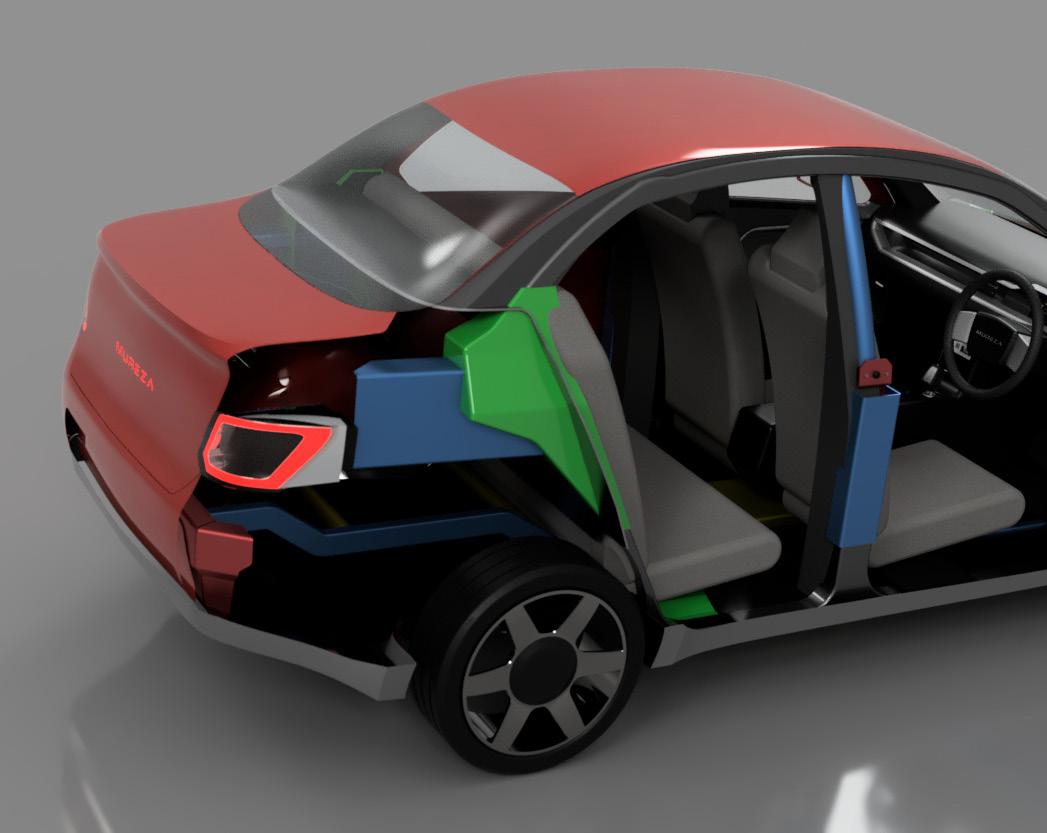
Initially founded to address the unique transportation challenges of the African continent, Mureza Auto Co Pty Ltd (Mureza) offers affordable, high-quality vehicles designed specifically for local conditions.
Providing economically viable, sustainable transport solutions is a major part of the company’s strategy, which has led to many customers requesting unique and original vehicle solutions.
“We have fast become the go-to company for bespoke, affordable automotive solutions for the African market,” introduces Founder, Tatenda Mungofa.
As a business-to-business (B2B) company, Mureza’s customer base comprises both new and established automotive dealerships across the country.
“Our main production facility in Pilanesberg, South Africa (SA) is in its early stages of development. This is where the majority of our production will take place,” he sets out.
The company also has plans to set up assembly plants in Zimbabwe and Namibia alongside a West African manufacturing facility in Senegal.
“All our production sites are strategically located, supported by a growing distribution network,” Mungofa adds.
As an exciting and rapidly transforming space, the African automotive industry strives to support local value chains and brands.
“For us, however, the major hurdle is sourcing enough funding to build out capacity,” Mungofa discloses.
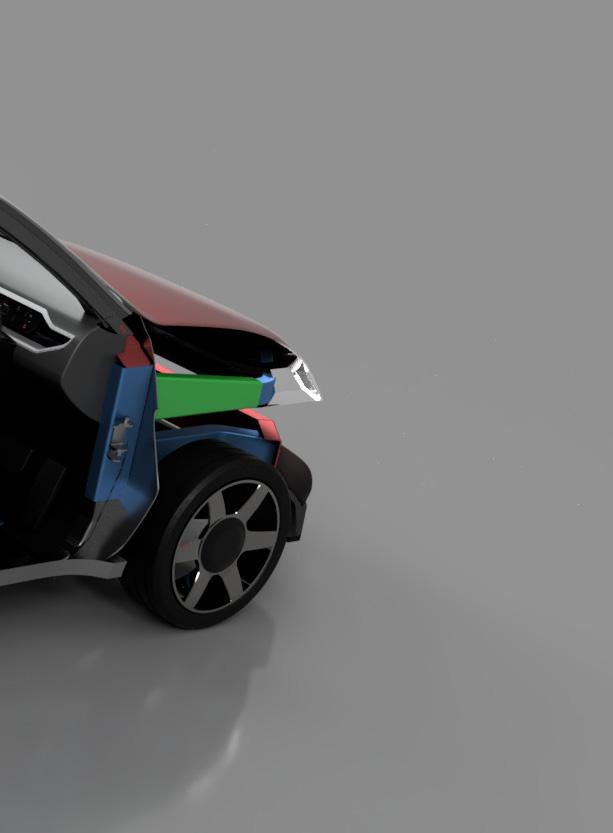
in the evolution of the continent’s automotive industry.
Lithium, cobalt, and other raw materials are key to unlocking value for the African industry, and governments across the continent are becoming increasingly aware of the advantages of local beneficiation.
Mureza works hard to promote African industrialisation and the national value chain. As such, its activities are largely focused on telling a story from grassroots to full-scale production.
Nevertheless, he notes how encouraging it is to see local investors support automotive companies like Mureza and anticipates a boom in investments over the next three years.
Meanwhile, electric vehicles (EVs) have become increasingly popular, accompanied by a shift in brand loyalty with many customers opting for newer Chinese brands over those from Europe, Japan, or the US.
Despite the attractive prospects that international competitors present, the recent widespread adoption of the African Continental Free Trade Area (AfCFTA), which seeks to unite the 55 countries of the African Union to create a single trade market for the continent, presents huge opportunities for the local economy.
“This is going to be the biggest market yet for African vehicles. I encourage major international brands to reposition their current investments into upcoming African car manufacturing companies to curb the decline most of them will experience as a result of the AfCFTA,” he advises.
As critical components in car manufacturing, Africa’s mineral resources also play an important role
“Africa needs industrial leadership. What we provide is inspiration to all Africans who dream of building largescale companies within the industrial sector,” Mungofa states boldly.
By establishing a refined and detailed development programme for every supplier in its value chain, Mureza is able to substantiate this claim.
In addition, the company’s database of over 150 suppliers ranges from small to medium-sized enterprises (SMEs) all the way to major Tier 1 contractors. This promotes crosspollination across the supply chain and an environment that supports the growth of smaller companies alongside experienced players with global exposure.
“Our microfactory strategy is a catalyst for rapid industrialisation across Africa and we plan on developing at least four main factories over the next 10 years,” he reveals.
Each of Mureza’s factories will be supported by 15 smaller assembly plants, each complete with a supplier park to support its operations.
Mureza believes that this unique growth strategy will promote local supply chains whilst benefitting surrounding communities with employment and development opportunities.
AFRICA OUTLOOK: AS MUREZA CONTINUES TO GROW
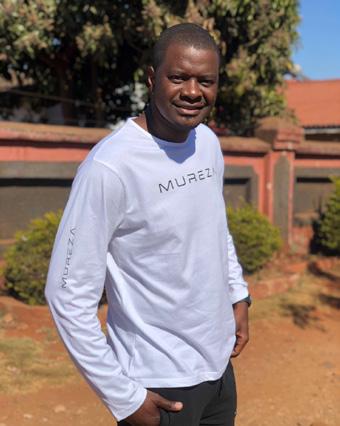
Tatenda Mungofa, Founder: “As a business, we are focusing on vehicle design and production. This has opened up many opportunities for us within the turnkey consulting space in the automotive sector.
“Therefore, we are willing to onboard clients who are looking for insight on how to set up operations similar to ours or that feed into our workflow. There is a lot of value in what we have built so far, and many investors can benefit from the research we have accumulated.
“Elsewhere, our archive of digital assets is set to be launched as a gaming platform, and we are currently looking for suitable partners to roll this out.
“Another interesting space we are venturing into is property development. This comes on the back of Mureza acquiring a lot of strategic real estate for our manufacturing facilities in SA, Zimbabwe, Namibia, and Senegal.
“We have realised the potential of these assets based on their strategic locations and alignment with the growth plans of these respective countries.”
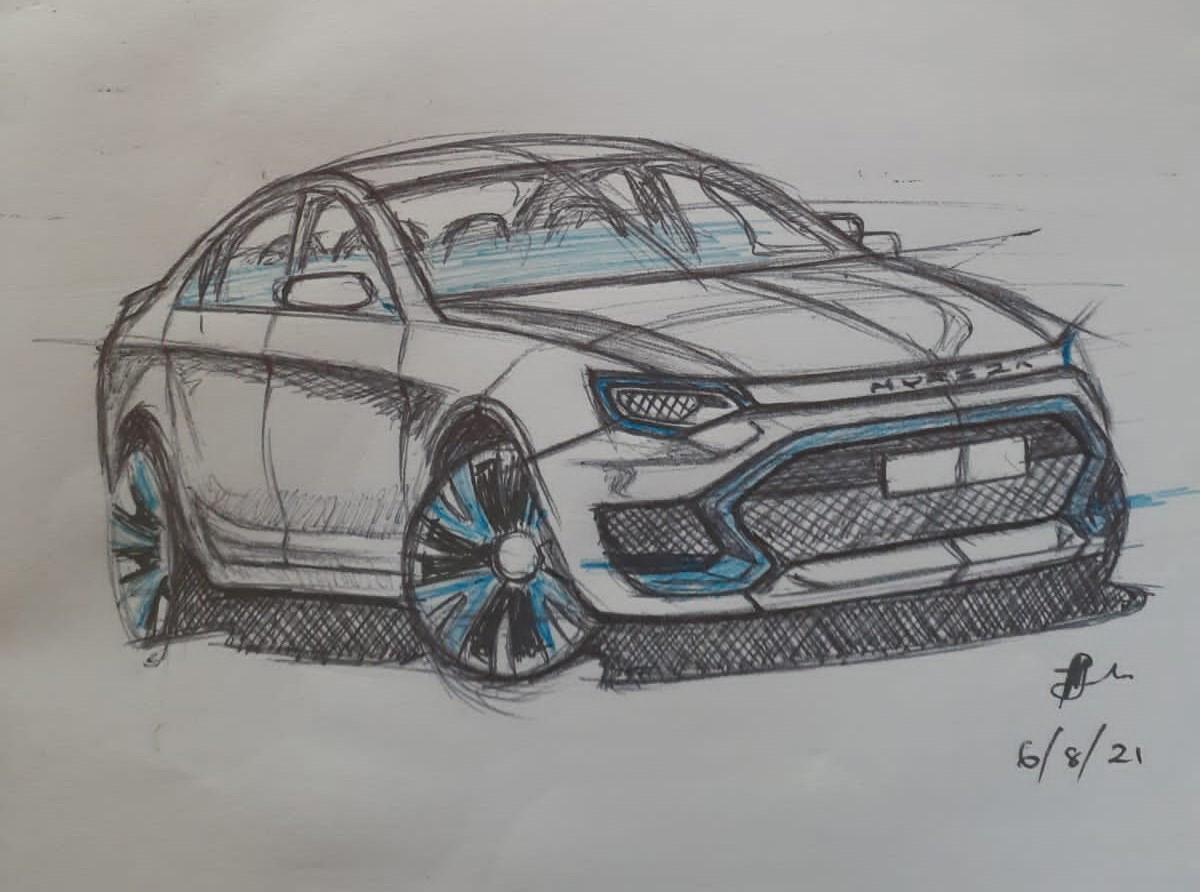
This will naturally be accompanied by upskilling staff and training suppliers to meet international quality standards for vehicle components.
“The more we achieve our target to set up local factories, the more we are able to help Africa industrialise,” Mungofa asserts.
By creating an internal quality management system (QMS) to ensure vehicle components are compliant with stringent regulatory standards, Mureza guarantees the quality of its vehicles.
“It takes time to develop and produce each of our vehicles because we invest a lot of R&D into each of our models,” Mungofa prides.
Currently, the company is working on rolling out its first EV through its microfactory process. This has so far provided a good benchmark on how Mureza’s strategy effectively reduces production times and costs to ensure affordability.
In terms of product reliability, Mureza carries out careful individual component testing to ensure each element is fully functional before being widely utilised in the production line.
It also homologates its vehicles to ensure they comply with local regulations.
“Before launching a vehicle, extensive tests are done in-house at our testing facility to assess the impacts of real-life conditions,” he explains.
Mureza’s newest vehicle was inspired by an initial internal combustion engine (ICE) model, originally intended for launch in 2019, which became severely disrupted by the onset of the COVID-19 pandemic.
“Having previously shelved the model, we’ve now redesigned it for a new platform that will be
manufactured in Africa from the ground up,” Mungofa informs.
The new sedan vehicle, SHONA, takes its name from native Zimbabwean and has significant alliance with Mureza’s own brand name.
Inspiration was also drawn from one of SA’s great actors and film producers, the late Shona Ferguson.
“Our target retail price for SHONA is ZAR225,000, available in both an EV and ICE model,” he sets out.
The EV model will have a range of 300 kilometres (km), fully charge in just two hours, and reach speeds of up to 180km per hour.
The architecture of the car is inspired by Formula 1 technology, whilst a simplified manufacturing process has been made possible by its innovative design.
“Most of the technology and features of SHONA are new and forward-thinking, providing a memorable driving experience to
each customer,” Mungofa points out.
The petrol ICE version of SHONA will be powered by a choice of three engine sizes – 1.3 litre (L), 1.6L, or 1.8L, some of which will be turbopowered to provide both enhanced performance and fuel economy.
“More details on these engines and power ratings will be shared at our upcoming launch event,” he promises.
Design is at the heart of Mureza, exemplified by the dedicated design studio and R&D centre at its manufacturing site.
“Although still relatively small, supported by a team of just 12, the design studio is the heart of our operation,” Mungofa impassions.
He goes on to explain how multiple hours are dedicated to concept creation for each of the company’s vehicles.
In addition, having recently incorporated artificial intelligence
(AI) into its design process, Mureza makes significant cost and time savings by utilising new technologies as it is able to carefully evaluate each design before proceeding to the development stage.
The company’s design engineers work collaboratively with its fabrication team, specifying colours and materials before the first mock-up.
“A lot of 3D printing is used in this process to make prototype parts. We have eliminated clay modelling at this stage as it adds significant time and cost and is an outdated craft that no longer serves our purpose,” he divulges.
Once a 1:4 scale model has been 3D printed, Mureza can rapidly re-work surfaces using computer-aided design (CAD), building a scale model with a complete interior.
At this stage, the company also simultaneously engages with suppliers to begin work on the


“WE HAVE FAST BECOME THE GO-TO COMPANY FOR BESPOKE, AFFORDABLE AUTOMOTIVE SOLUTIONS FOR THE AFRICAN MARKET”
– TATENDA MUNGOFA, FOUNDER, MUREZA AUTO CO PTY LTD
components required.
“We entrust the drive train to our suppliers and utilise an interactive project development process as a model. From idea to complete
conception, a car takes us around 90 days to finalise, costing at least 60 percent less than that of traditional automotive design studio,” Mungofa highlights.
Aiming to set a new benchmark for the African car design and production process, Mureza seeks to establish a new generation of African vehicles through innovation.
Going forwards, Mureza’s main objective is to commence the delivery of its SHONA sedan to expectant customers.
Despite an influx of demand for SHONA, the company’s current capacity only allowed it to offer 1,000 pre-orders. In order to fulfil this, it aims

to complete production and start rolling off units in Q4 2024.
In addition, Mureza hopes to grow its human resources department from 65 employees to 150, supported by its suppliers’ anticipated workforce increase.
Meanwhile, showrooms and dealerships will be commissioned for 2025, whilst a continental expansion plan will be rolled out to manage the wider distribution of vehicles.
“We also look forward to getting long-term test reviews returned from different stakeholders,” Mungofa
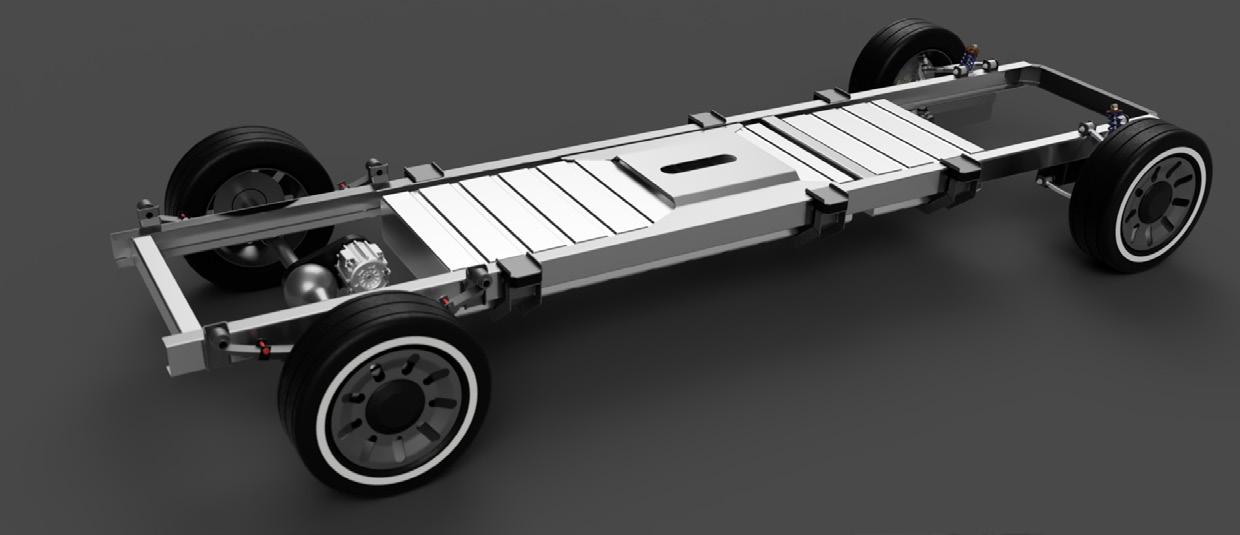
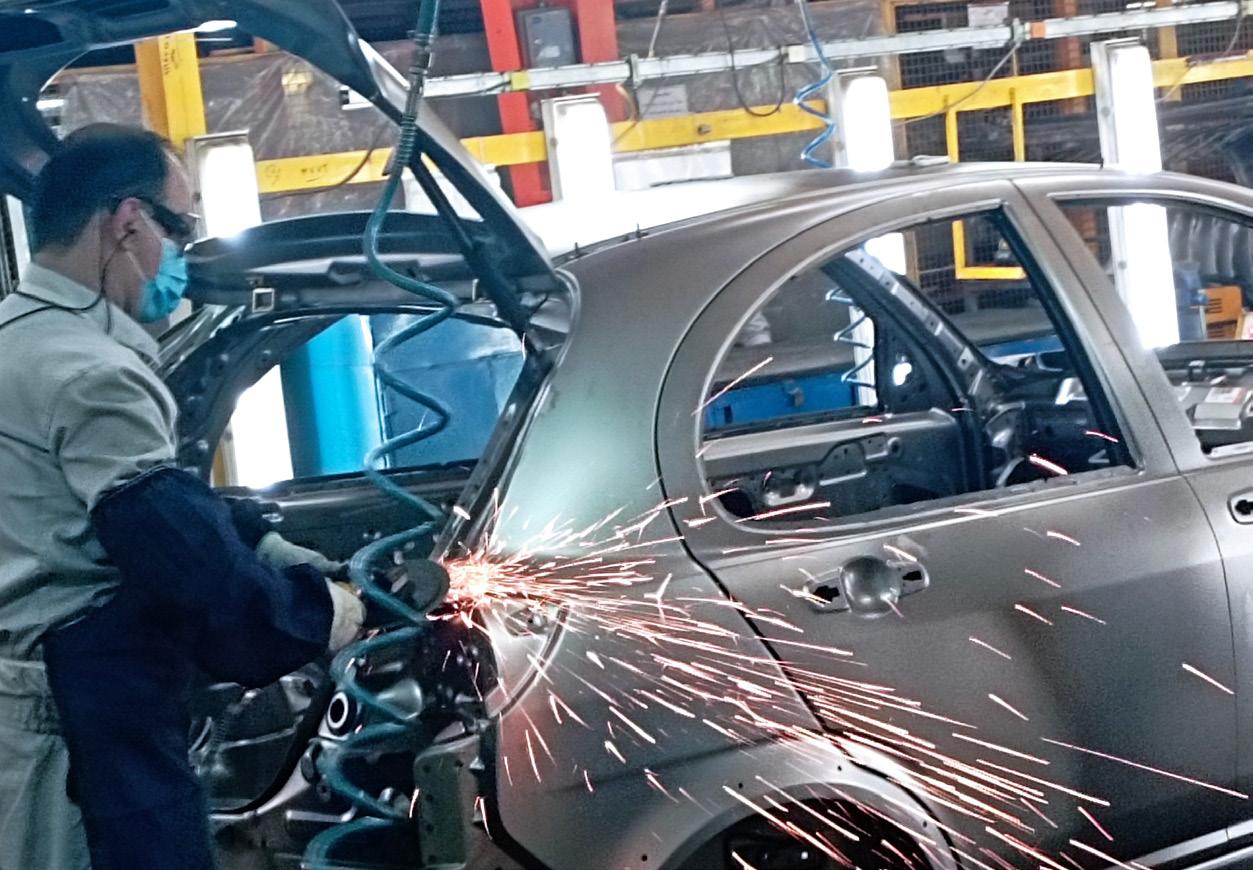
outlines.
Further to this, Mureza hopes to be listed on the Johannesburg Stock Exchange (JSE), which is dependent on it delivering its 1,000 SHONA models within the proposed timeframe.
“We also want to give Africans an opportunity to be part owners of Africa’s flagship automotive brand, and we believe our growth will be faster if we work together,” he reveals.
Overall, the company aims to continue having fun growing the business and bringing its vision to life.
“If we manage to break into international markets beyond Africa, we look forward to collaborating with new prospective partners who share our vision of making the world a better place,” he concludes.

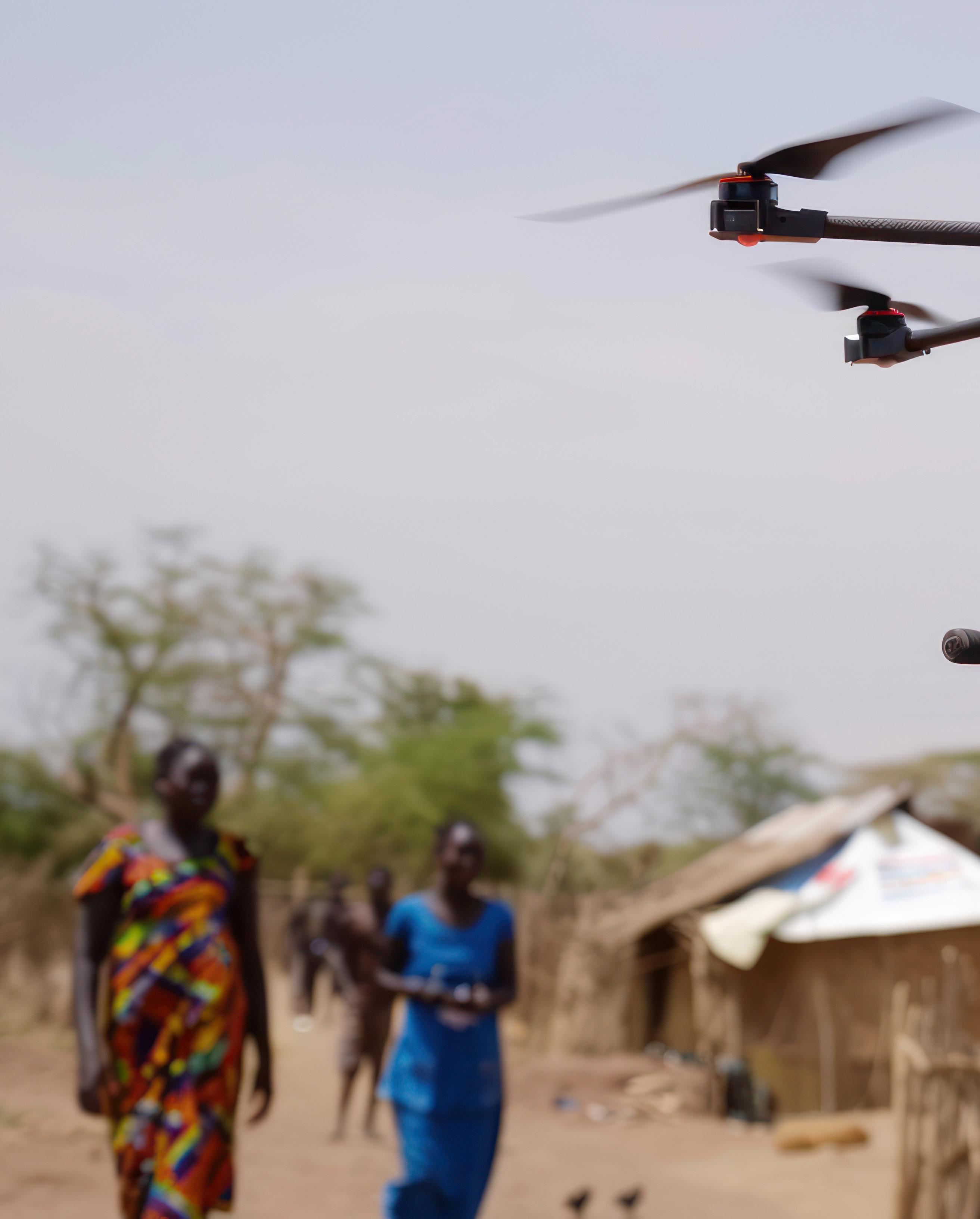
The latest evolution in healthcare logistics, drone delivery is helping those most in need across Africa. We look at how the state-ofthe-art technology dispenses vital medical supplies urgently and efficiently
Writer: Lucy Pilgrim
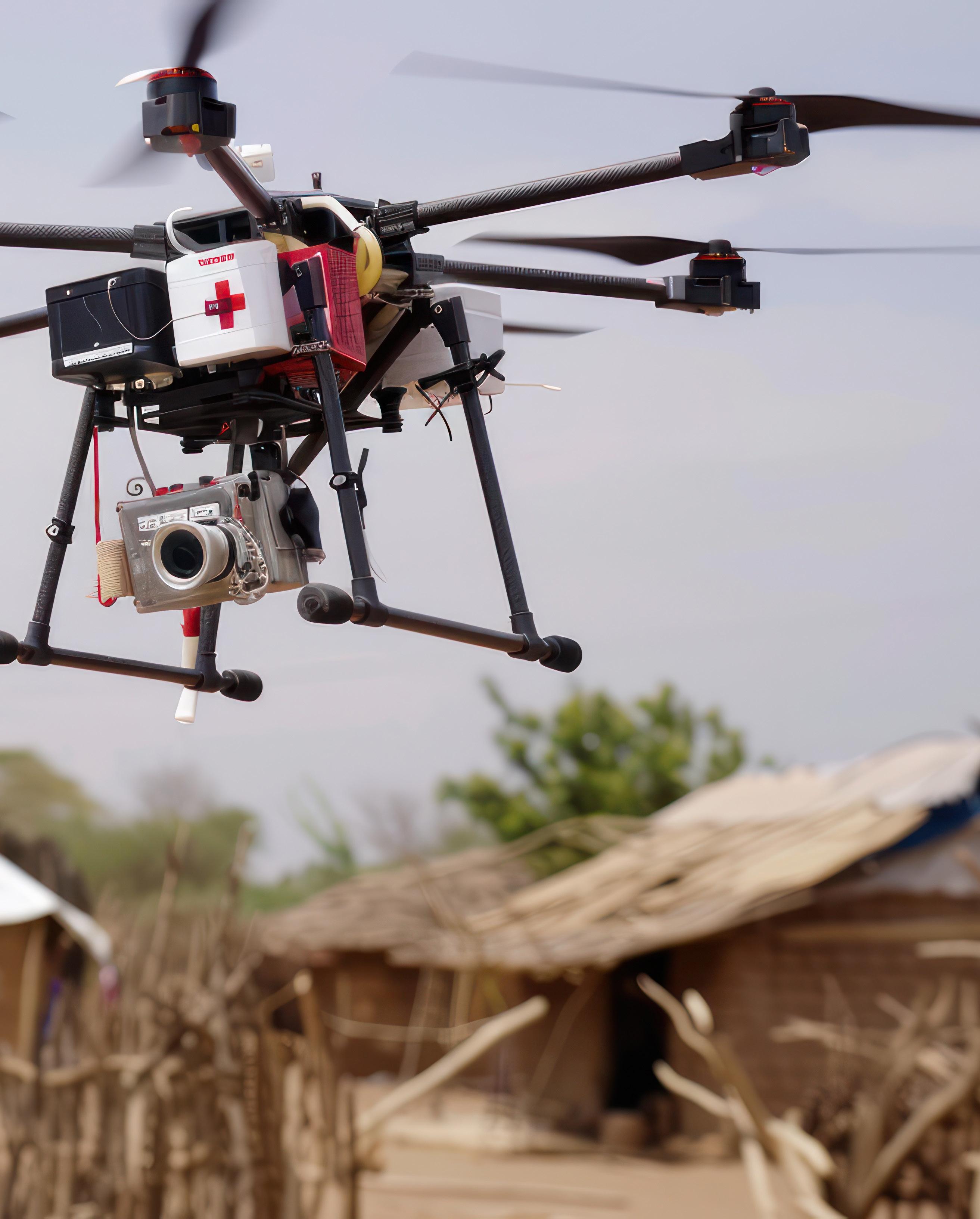
Unmanned aerial vehicles (UAVs), commonly referred to as drones, are becoming an increasingly significant aid to public sectors, primarily utilised by some of the world’s strongest militaries as a cutting-edge advantage in conflict and national security.
On the flip side, the use of nonmilitary drones is also growing, as the technology is leveraged worldwide to transform the logistics of medical supplies across a range of challenging environments and populations in need.
In Africa, the use of drones extends to hospitals and medical outreach clinics that are battling insurmountable pressures from growing levels of disease, rural areas in sub-Saharan Africa with limited transport networks, and other regions that have been affected by conflict or natural disasters in desperate need of humanitarian aid.
Regarding the latter, the benefits of this advanced technology are farreaching and felt deeply across the continent.
Indeed, a drone’s ability to provide last-mile delivery of vital equipment and medication to hardto-reach areas is an integral part of humanitarian aid.
Drones are increasingly being deployed by government bodies and humanitarian networks, such as UNICEF and the International
Committee of the Red Cross (ICRC), for medical air operations due to their improved technological characteristics that enable them to deliver medical supplies in accessconstrained environments.
Namely, drones can travel and transport medical supplies in minimal time, making the technology a vital link in the medical supply chain.
Their airborne function also means that they are not deterred by the inadequate infrastructure often seen across Africa’s most rural areas. This may include limited road or rail networks, which can result in excess time and effort when transporting critical medication and equipment.
As such, drone technology is advantageous in areas such as remote islands, unreachable mountain paths, or regions affected by natural disaster and conflict.
Additionally, drones are more cost-effective in comparison to other forms of airborne transport, such as helicopters. Although the delivery capacity of drones is only a few kilogrammes, their adaptability to different environments and high speeds make them a viable alternative.
On top of this, the GPS and mapping technology fitted to drones can be used to map the spread of infectious disease across a vast area and therefore have a more targeted understanding of where deliveries must be dropped.
Moreover, the complex environments where drones are typically required necessitate highly specialised parts and purpose-built elements that are often unavailable across Africa and must be exported from abroad.
Therefore, healthcare and humanitarian aid organisations must ensure that the required technology and spare parts are readily available before a drone takes flight.
To this end, companies need
to also have a robust training and education programme in place to ensure maintenance and repairs are conducted quickly and efficiently by skilled individuals.
On top of this, a drone’s ability to be remote-controlled means that medical supplies can be safely delivered without having to involve any direct human contact, thus keeping people out of harm’s way in potentially dangerous situations.
Drone technology can likewise provide additional efficiencies to
existing medical logistics services by quickly and efficiently responding to supply chain restrictions and any delivery challenges faced when providing aid.
Currently, government and humanitarian agencies across Africa provide logistics and supply chain support via two modes of drone delivery: reverse logistics and forward logistics.
Launched in 2019, the Ghana Drone Delivery Service has become one of the world’s largest drone logistics providers. The initiative was created through the collaborative work of the Ghana Health Service and Zipline, a US-based organisation that manufactures and distributes drones.
Zipline has established numerous distribution centres across the country and played a critical role in the delivery of medical supplies using 3PL drone technology. The service delivers urgent medicines, vaccines, equipment, and more from distribution sites in Omenako, Mpanya, Vobsi, Sefwi Wiawso, Kete Krachi, and Anum, making it one of the largest distribution networks in the world.
Ultimately, the Ghana Drone Delivery Service ensures that medical supplies reach rural areas of the country with limited transport infrastructure, making the initiative critically important.
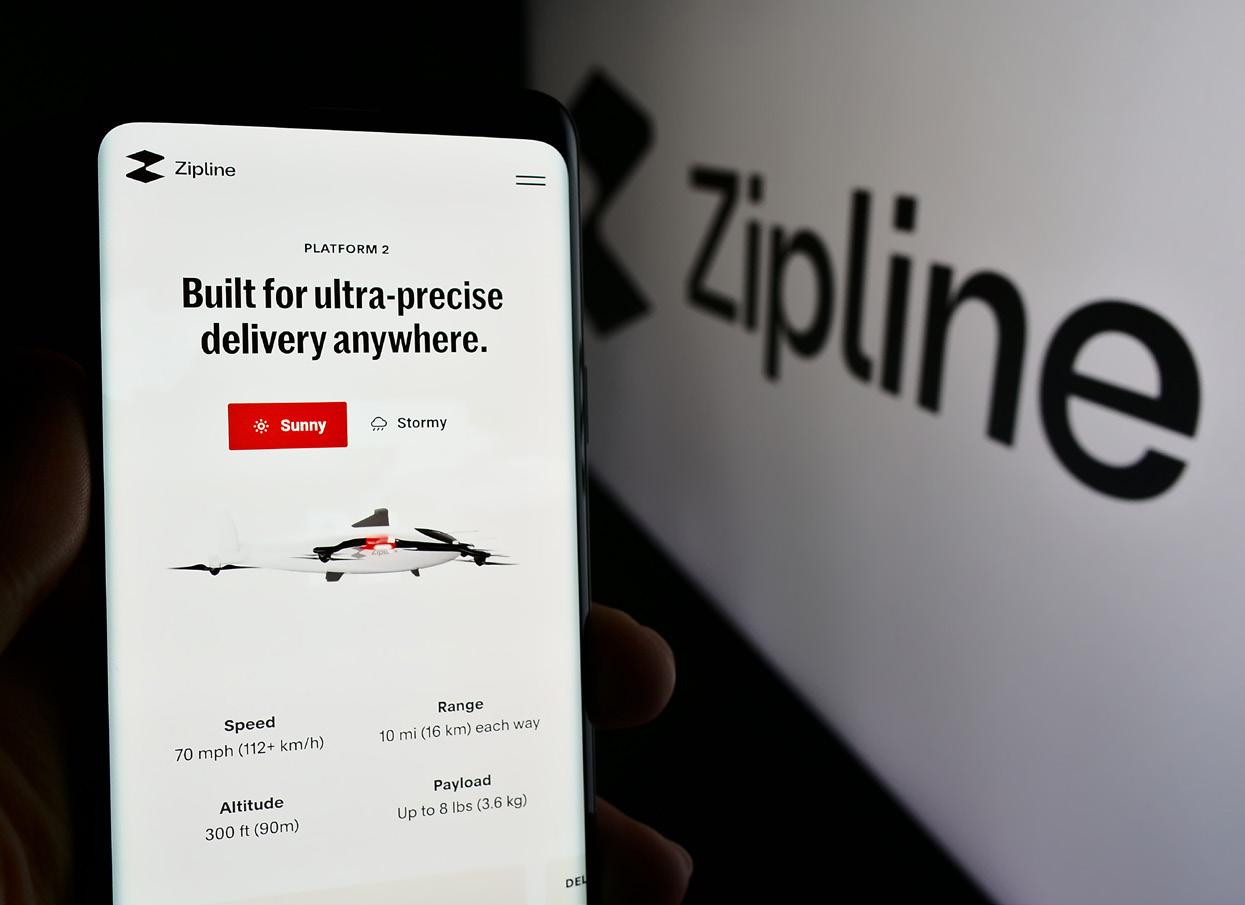
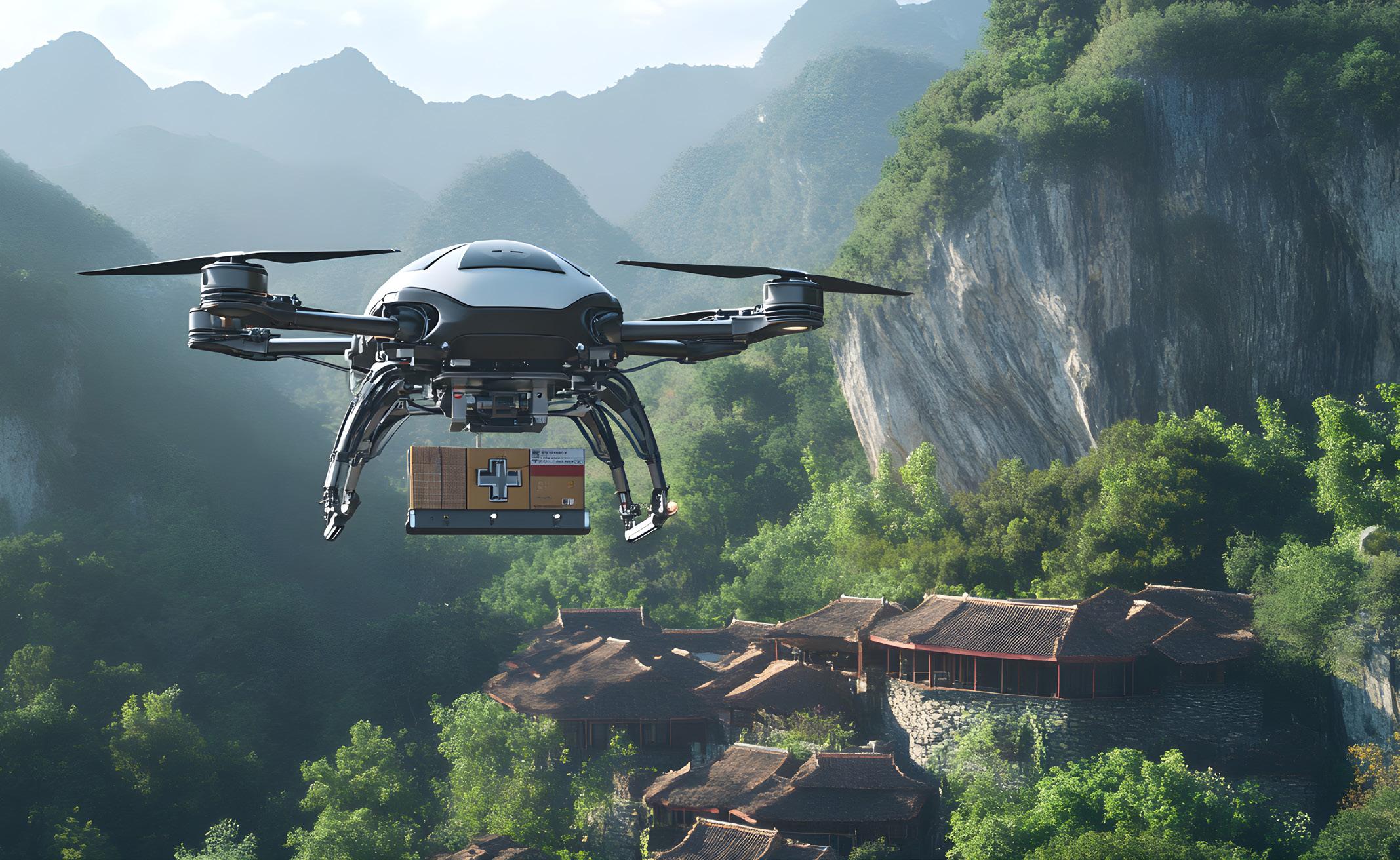
The latter uses fixed-wing drones to drop deliveries to the required recipient rather than landing on-site at a health facility, for instance.
This form of delivery means that materials are typically delivered from a central distribution facility to the required area using a hub-and-spoke transport network model. As such, forward logistics requires specialist infrastructure such as warehousing, fulfilment centres, and launch and retrieval systems for successful delivery.
Reverse logistics, meanwhile, utilises vertical take-off and landing (VTOL) aircraft that deliver goods in both hub-and-spoke and point-topoint transport network models.
Unlike forward logistics, this mode of delivery provides organisations with more logistical flexibility as the drone is able to land and take off at each location.
Thus, reverse logistics is less dependent on existing on-site infrastructure and therefore offers more advanced services.
Moving on to the logistical delivery
of goods, there are two primary forms of drone-as-a-service (DaaS) used in medical logistics.
On one hand, the third-party logistics (3PL) model offers endto-end logistics services across the entire supply chain. Indeed, 3PL service providers oversee procurement, warehousing, central order management, inventory
storage, contract management, and IT solutions, alongside its main purpose of transportation.
This centralised approach means that healthcare and humanitarian organisations can outsource equipment where needed.
Currently, healthcare entities across Ghana and Rwanda are making the most of the comprehensive 3PL model.
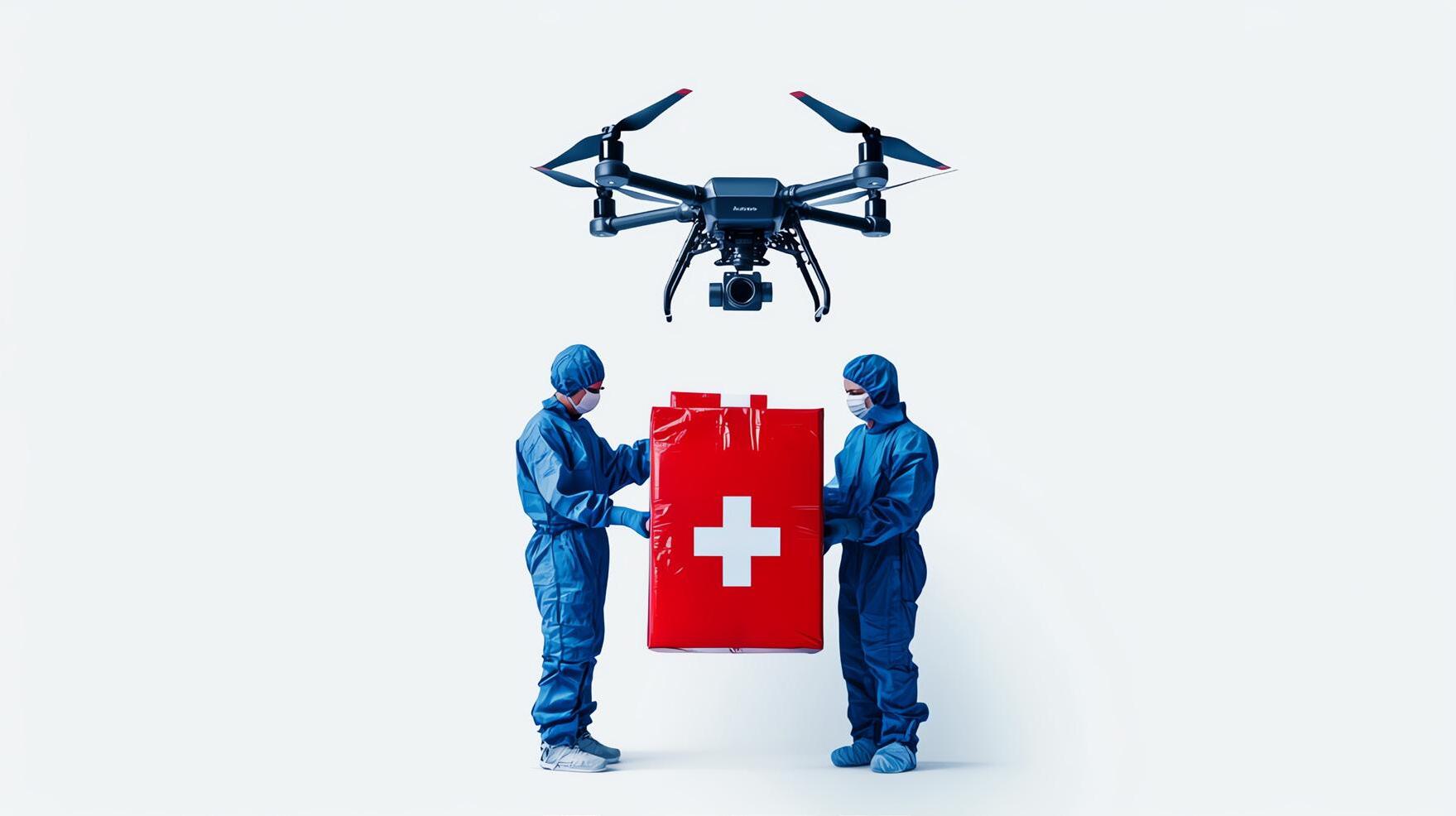
On the other hand, carrier logistics models, currently used in Malawi and the Democratic Republic of the Congo (DRC), involve the point-topoint delivery of goods.
This model offers more flexibility when incorporated into existing supply chains as it is not dependent on specialised infrastructure, requires less corporate investment, and has minimal set-up costs.
As such, the delivery of medical services via drone is growing in prevalence across Africa’s medical supply chain, offering critical last-mile delivery and supporting underserved, remote, and access-constrained areas across the continent.

Uganda’s abundance of natural mineral deposits, coupled with its lucrative ongoing oil and gas exploration, present a burgeoning extractive sector with the potential to enable continued socioeconomic development
Writer: Lily Sawyer | Project Manager: Josh Edwards
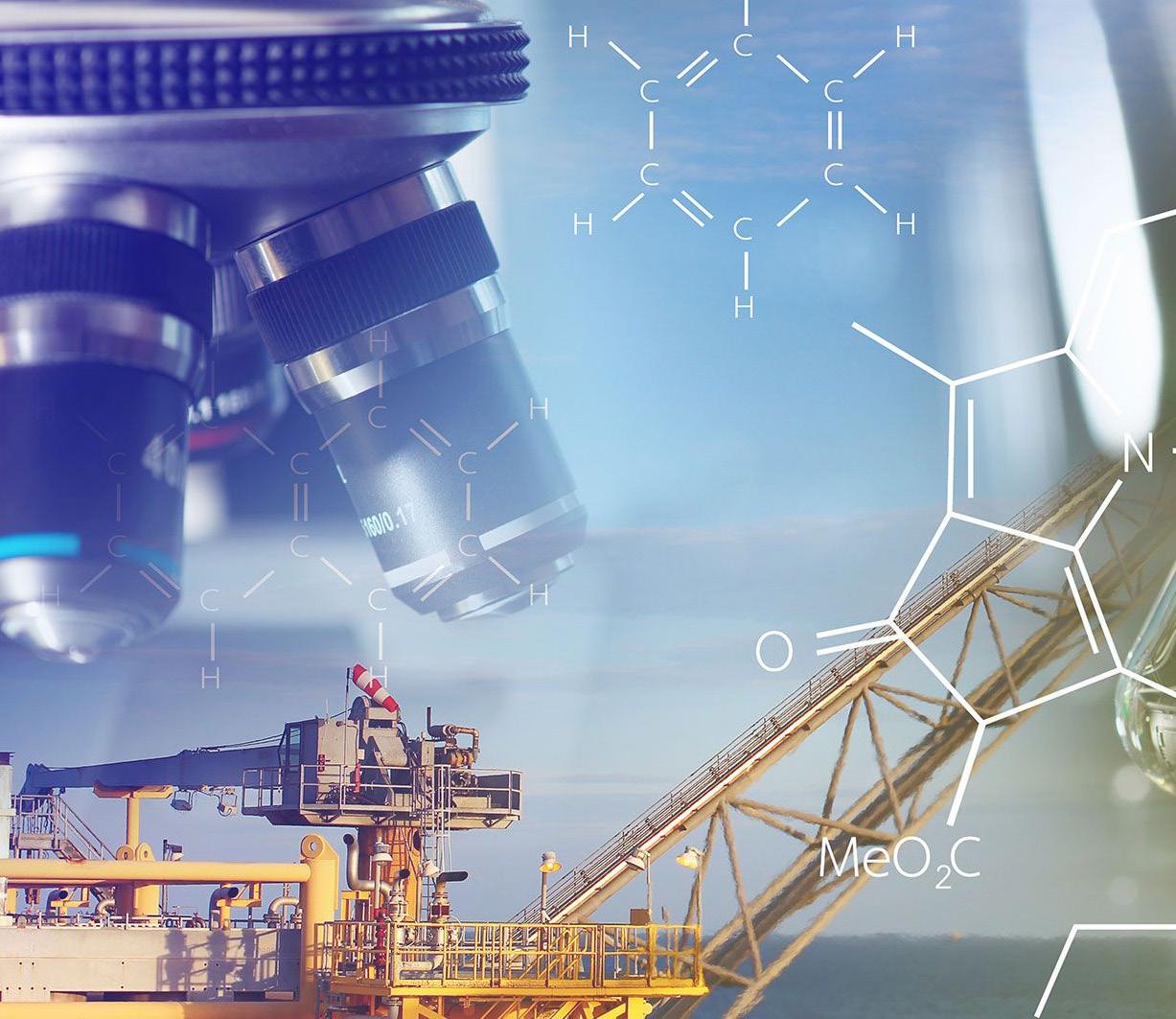
With notable deposits including gold, copper, highgrade tin, tungsten, salt, beryllium, cobalt, kaolin, iron ore, glass sand, vermiculite, phosphates (for fertilisers), uranium, and rare earth elements, Uganda’s mineral resources are rich and diverse.
However, despite this breadth, the country’s mineral potential has not been extensively leveraged, leaving the sector behind its counterparts in Botswana, Tanzania, South Africa, and Zimbabwe.
Furthermore, challenges such as inadequate infrastructure in remote areas, limited geological data, and the need for improved regulatory enforcement must be addressed.
As such, Uganda’s National Development Plan number four (NDPIV) emphasises the implementation of the Mining and Minerals Act, 2022 to address difficulties in the sector by promoting local growth and creating a conducive environment for mining operations.
The government has also introduced incentives including tax holidays to lessen costs and attract investors to the largely unexplored sector, whilst it further seeks to establish its first Uganda National Mining Company to manage commercial and participating interests in mineral agreements.
Moreover, the industry anticipates the additional formalisation of operations through new laws, including licensing artisanal and small-scale mining (ASM), scaling up the biometric registration system, and fast-tracking the construction of water facilities for industrial use.
As global demand for minerals gradually rises, it is hoped such initiatives will help lower production costs, increase returns on investment (ROI), and expand the availability of locally manufactured mineral products such as cement, iron, and steel in the country.
On the other hand, the Ugandan government continues to make new discoveries in the oil and gas sector with

significant recent investments for new projects and supportive infrastructure.
These projects include the Tilenga and Kingfisher projects, the East African Crude Oil Pipeline (EACOP), and the Uganda Refinery project, all of which represent the nation’s renewed focus on oil and gas exploration.
At the same time, to ensure the sustainable development of petroleum resources is in tandem with the current dynamic global environment, The Ministry of Energy and Mineral Development (MEMD) is currently finalising its review of the National Oil and Gas Policy, which seeks to contribute to the early achievement of poverty eradication and create a lasting value for society.
In this way, balancing economic growth, social development, and environmental conservation remains a priority as Uganda navigates its path to prosperity in the oil and gas sector.
Gold – One of Uganda’s most valuable resources, with significant deposits in Busia, Mubende, Karamoja, and Buhweju. While ASM is common, developments are underway to develop largescale commercial mining operations.
Cobalt and copper – Historically important sources of cobalt and copper are experiencing renewed interest, such as the Kilembe Mines in Western Uganda. This resurgence aims to meet the growing global demand for cobalt, especially for use in batteries.
Iron ore – Uganda has substantial iron ore deposits, particularly in the Muko area in the southwest and the Sukulu region in the east. These resources are critical for developing a domestic iron and steel industry, which could further industrialise the country.
Tin, tungsten, and tantalum (3Ts) – Significant deposits of 3Ts can be found in Uganda’s southwestern region. These minerals are essential for the electronics industry and highly sought after on the global market.
Phosphates – Large phosphate deposits in the Sukulu region of the Tororo District are crucial for fertiliser production, supporting Uganda’s agricultural sector and contributing to regional food security and economic transformation.
Limestone and marble – Abundant deposits of limestone and marble are found in the Karamoja region and around Lake Victoria. These materials are vital for the construction industry, particularly cement production.
Gemstones – A rich variety of gemstones, including rubies, sapphires, and tourmaline, can be found in Uganda’s Eastern and Western regions, contributing to the country’s growing reputation as a source of valuable mineral resources.
Salt – Lake Katwe has long been a source of salt in Uganda, with ongoing efforts to modernise and expand this industry to better serve domestic and regional markets.

Chamber of
unpacks the opportunities and challenges facing Uganda’s extractive sector and its role as a key driver of the country’s socioeconomic development
Africa Outlook (AO): Firstly, could you talk us through the beginnings of the Uganda Chamber of Mines & Petroleum and its original vision and mission?
Humphrey Asiimwe, CEO (HA): The Uganda Chamber of Mines & Petroleum (UCMP) is a not-for-profit, memberbased, voluntary organisation representing private players’ interests in Uganda’s extractive sector, specifically petroleum and mining, whilst working closely with the state to develop the sector.
Launched in 2010, UCMP coordinates and facilitates information sharing, advisory, and administrative support to prospective and current investors in Uganda’s mining and petroleum sectors.
It also promotes, encourages, protects, and fosters responsible mining, beneficiation, and service delivery.
UCMP’s activities are linked to five main goals – lobbying and advocacy, R&D, business support services, stakeholder engagement, and efficient internal organisation.
AO: What is your current take on the extractive sector in Uganda? Is it a particularly exciting or challenging environment to work in?
HA: The extractive sector in Uganda is exciting. First, the government banned the export of unrefined minerals to promote value addition, earn the country significant export revenues as well as create jobs and other opportunities.
Uganda’s National Development Plan number three (NDPIII), running from 2020/21-2024/25, prioritised the development of five categories of minerals, namely iron ore, gold, copper, phosphates, and development minerals (marble, silica sand, aggregate, and limestone). This was largely carried out to ascertain their commercial viability and to devise relevant data.
The government is clear in NDPIII and the new NDPIV, where it set specific fundamentals such as infrastructure and human capital development and good governance, amongst others, that will foster possibilities for full value chain development across the sector.
In recent years, the country has also reported tremendous progress in attracting investments into the exploration of green energy minerals that include rare earth elements, graphite, copper, cobalt, manganese, lithium, and nickel.
The Mining and Minerals Act, 2022 is expected to further boost the sector’s growth from primary production and throughout the entire value chain.
Meanwhile, for the oil and gas industry, a lot has already been achieved since the signing of the final investment decision that kickstarted the sector’s development stage.
The latest numbers indicate that a total of USD$7.5 billion had been invested in the sector by the end of 2023, with USD$1.09 billion and USD$1.93 billion invested in 2022 and 2023, respectively.
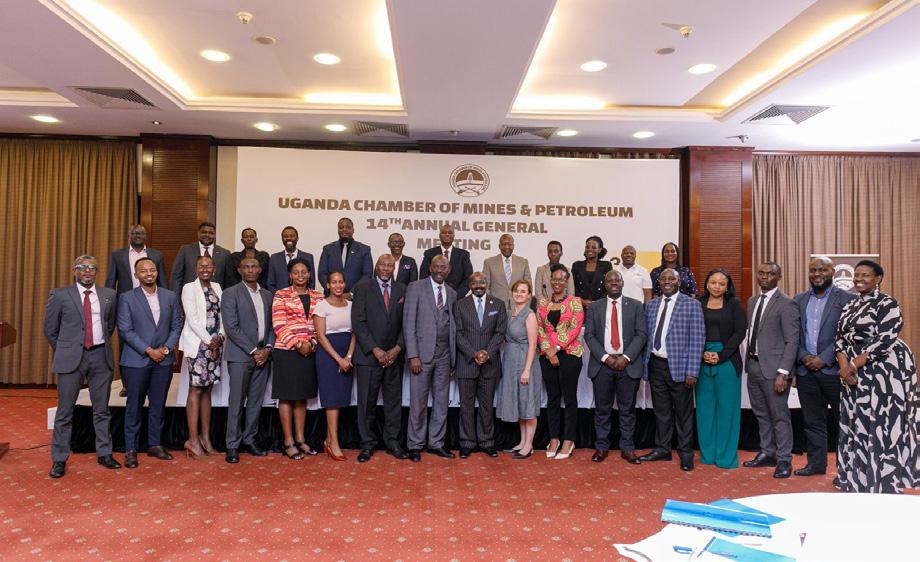
The drilling of oil wells at Kingfisher (operated by CNOOC Uganda Limited) and Tilenga (operated by TotalEnergies) is underway as the nation anticipates its first oil discovery in the financial year 2025/26.
Critical infrastructure such as roads has been developed in the Albertine oil region, with more in the pipeline.
We have seen a significant number of Ugandans securing jobs in the sector and other Ugandan companies winning contracts.
Two big projects, including the EACOP and the refinery, are being fast-tracked by the government, and we expect these to further fuel the sector’s growth at the commercial stage.
AO: How does UCMP represent the private sector and promote the interests of its members?
• Tilenga Project – A flagship upstream petroleum production project consisting of six oil fields and 426 petroleum wells across 31 locations.
• Kingfisher Development Area Project (KFDA) – A key oil and gas project located in the Southeast of Lake Albert, including a central processing facility (CPF) with a capacity of 40,000 barrels per day (bpd) and 31 wells across four well pads.
MIDSTREAM
• EACOP – A 1,443-kilometre (km) crude oil pipeline that will transport oil from the Tilenga and KFDA projects to the Port of Tanga, Tanzania, where the product can be sold and transported globally.
• Uganda Refinery Project – A 60,000 bpd oil refinery project located in Kabaale, Hoima District, which includes a 211km multi-product pipeline, a refined storage terminal, and a raw water pipeline, adding value to the country’s domestic oil resources and establishing a regional energy facility.
• Kabalega Industrial Park (KIP) – Anticipated to comprise Uganda’s second international airport, a crude oil export hub, a refinery, petrochemical, and fertiliser facility, amongst others. The park seeks to promote the rapid development of the oil and gas industry and support other economic activities in the area.
HA: Our work is aligned with different sectors including oil and gas exploration, labour, skilling and entrepreneurship, the quality health safety environment (QHSE) framework, insurance, legal and compliance, media and communications, logistics and transport, engineering and construction, manufacturing, mining and mineral development, and finance and energy.
We run targeted media campaigns, such as 90 Days of Oil and Gas, geared towards information gathering and dissemination to educate investment and related decisions.
We often hold high-profile sector conferences and meetings with industry players to achieve our mandate. Annually, we organise the Oil and Gas Convention (OGC) recently held in April this year, and the Mineral Wealth Conference, the 13th of which was held in early October.
These conferences bring together national and international participants to share industry updates, including opportunities, challenges, and business prospects.
Alongside these two significant events, we also hold sector meetings throughout the year targeting the different subsectors aligned to the extractive sector.
AO: What other specific goals does UCMP have, and what strategy have you adopted to achieve these goals?
HA: Broadly, we are the go-between for the government and the private sector when it comes to advocating for the right environment for the extractive sector.
We have set the bar high for our national annual events, which include the Mineral Wealth Conference, OGC, and media campaigns for all sector players across the globe to converge and deliberate on issues critical for defining the future of the extractive sector.
We are acutely aware of the conversation on environmental, social, and governance (ESG) issues and the global energy transition debate. We agree with the government’s ‘first in, first out’ view as outlined in the Energy Transition Plan (ETP), given its ongoing contribution to the fight against energy poverty.
We intend to rebrand UCMP to cover other areas of energy beyond petroleum. This is a work in progress across different levels of our organisation.
We look forward to forging more formal partnerships with relevant sector players including development partners and other private sector groups to push the industry’s agenda forward.
AO: How do you see the extractive sector in Uganda developing over the next five years?
HA: The mining sub-sector alone is expected to attract big investments to the country’s priority minerals industry.
The formalisation of ASM and the lack of an institutional
Opening hours:
Saturday: Sunday : Monday:
Tuesday:
Wednesday:

7:30am – 6pm
7:30am – 6pm 7:30am – 6pm
Thursday: Friday: 9am – 3pm Closed 7:30am – 6pm 7:30am – 6pm
Address: Kampala, Uganda
Phone: +256 776 024658
Website: www.cubeengineeringltd.com

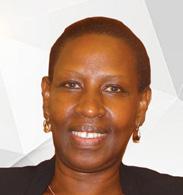
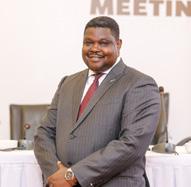

framework among other issues had previously hampered the subsector’s growth, but with the new Mining and Minerals Act, 2022, the sector is heading in the right direction.
UCMP remains focused on contributing to any changes in policy and updates to the regulatory environment in the interest of its members and the sector in general. Across the oil and gas industry, we expect to see more investments of over USD$15 billion as Uganda awaits commercial production of its oil resources.
AO: Finally, what are your key priorities to continue representing Uganda’s extractive sector players?
HA: We want to continue advocating for a supportive
investment environment for our members and the private sector in general. This environment includes authorities upholding National Content provisions which broadly involve Ugandans and Ugandan companies.
We will also continue to collaborate with sector players to improve the capacity of our members in key areas of ESG, corporate governance, access to affordable credit, and pushing for workable joint ventures.
Other areas of interest include having a fair tax regime for sector players and granting our members access to information to inform their planning and investment decisions.
We are keen to expand our mandate to include other forms of energy beyond petroleum to provide our members with services aligned to emerging global issues.

Tel: +256(0) 752-527-540, +256(0) 784 228-224
ucmp.ug
Numerous and diverse metals and minerals are found in subterranean Mozambique, contributing significantly to the country’s economy and its production of critical materials. We delve deeper into the potential of the thriving mining industry
Writer: Rachel Carr | Project Manager: Alfie Wilson
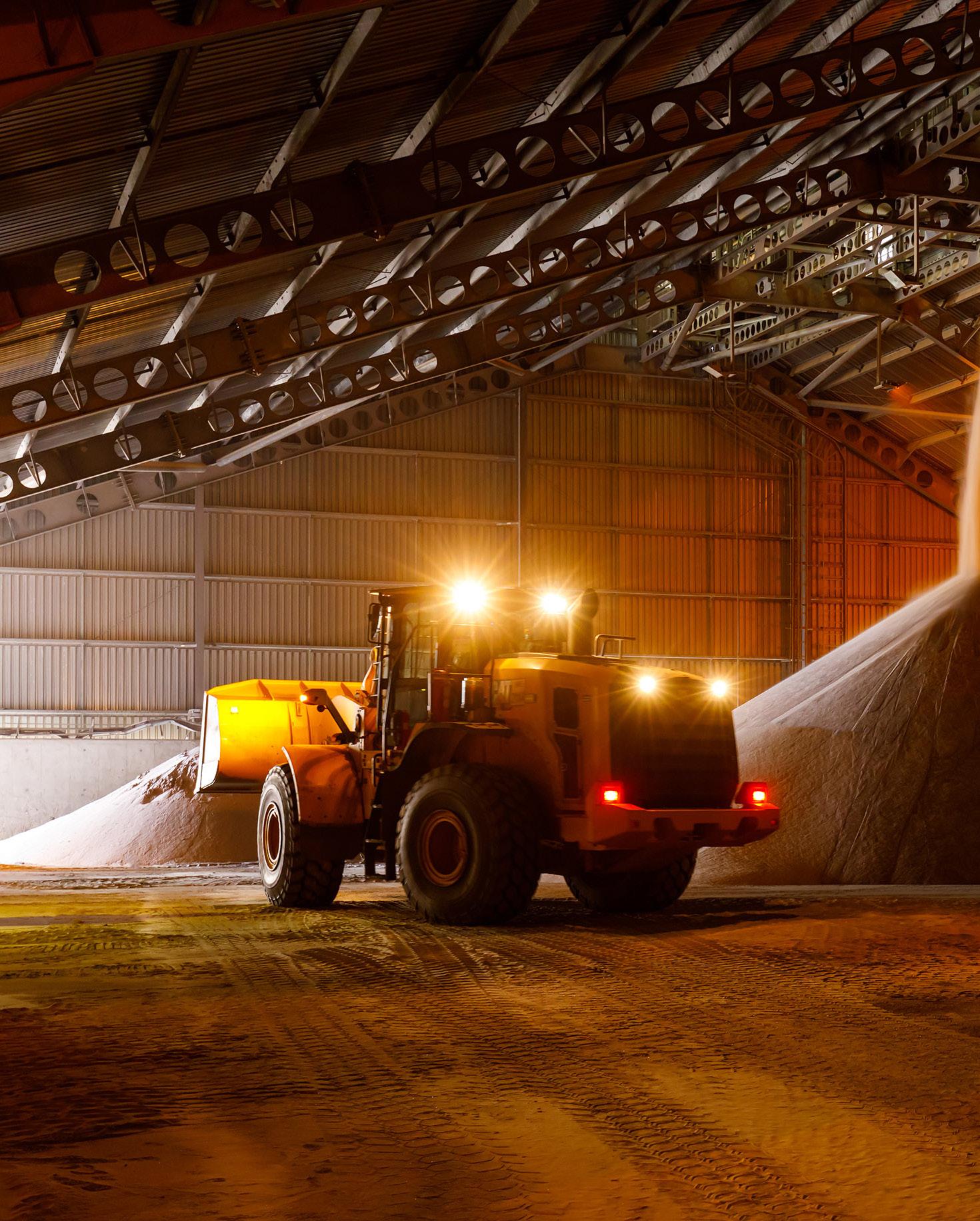

Situated on the southeastern coast of Africa, Mozambique is characterised by its extensive coastline bordering the Indian Ocean. Endowed with abundant and manifold mineral deposits, the country’s landscape encompasses vast lowland plateaus and imposing mountains, while a treasure trove of natural resources lies beneath its surface.
The Mozambican economy greatly benefits from a wealth of sought-after gemstones such as rubies, garnets, and aquamarine, as well as valuable minerals such as graphite, spodumene, and heavy sands minerals. In addition, the presence of metals like gold, as well as practical compounds and elements like coal and gas, make mining a significant contributor to the country’s prosperity.
For more than 1,000 years, Mozambique has been steeped in the tradition of gold mining, as this precious metal was produced on a small scale by artisanal miners. Today, however, the country possesses high-quality commercial coking and thermal coal, iron ore, titanium, and marble. Other valuable commodities include petroleum, steel, niobium, cement, and aluminium.
Regarding the latter, aluminium plays a critical role in manufacturing aeroplanes and various transportation modes. It also surpasses copper in its ability to conduct electricity, making it a popular choice for use in transmission lines.
In Maputo, Mozambique’s capital city, you can find Mozal, S.A, an aluminium smelter located in the Beluluane Industrial Park. The joint project stands as a testament to the collaborative efforts between South32, Mitsubishi Corporation, the Industrial Development Corporation of South Africa, and the Government of Mozambique.
The journey to achieving mining success in Mozambique may be lined with valuable metals and minerals, but it is not without obstacles. The industry requires a collaborative approach to promote sustainable growth, with a particular emphasis on expanding infrastructure such as roads and railways and creating a reliable electricity supply to bolster business strategies.
Increased exploration and exploitation of Mozambique’s minerals has the potential to grow the country’s economy significantly.
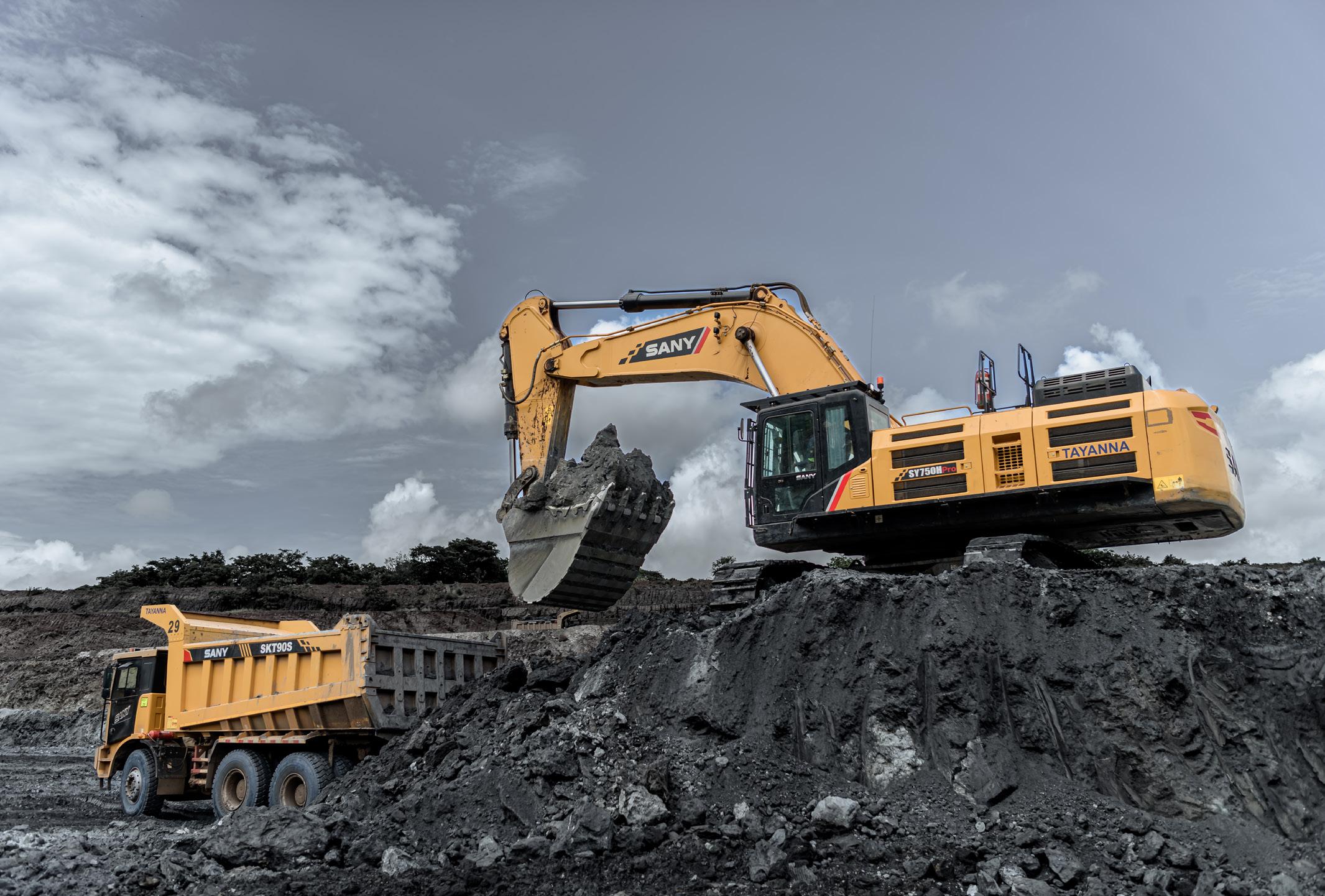
As the voice of the country’s mining sector, the Chamber of Mines of Mozambique advocates for its members’ interests while promoting sustainable practices. We explore the industry’s prospects with its President, Geert Klok
Africa Outlook (AO): Firstly, please tell us about the origins of the Chamber of Mines of Mozambique, how it was incepted, and its initial vision?
Geert Klok, President (GK): The Chamber of Mines of Mozambique (CMM) was established in 2012 when the mining industry was in its early stages. The country’s formal large-scale mining industry is relatively young, less than 20 years old. The CMM functions as an industry association to advocate for mining interests. Due to the industry’s small size at the time, it did not gain much traction.
After a period of inactivity in the beginning, CMM experienced a resurgence as the mining industry
expanded. While it was established during Mozambique’s coal boom, we observed significant growth in graphite, heavy sand minerals, and the emergence of new companies engaged in ruby mining, leading to a more diverse industry.
In 2022, we secured a project supported by Germany in collaboration with the Chamber of Commerce of Chemnitz (Germany). The project’s objective was to strengthen the CMM and conduct outreach and training programmes for the nation’s artisanal mining industry, enabling us to relaunch the association. Since the relaunch, we have gained numerous members and currently stand at around 60, including most of the major mining companies. We now feel we really represent the formal part of the organised Mozambican mining industry.
AO: What is the most exciting aspect of the industry in Mozambique?
GK: Mozambique has significant potential in the mining industry. Historically, there has been limited mining and exploration in the country, despite its abundance of important minerals, including graphite, making it
the world’s third-largest natural graphite producer. Mozambique also has heavy sands, gemstones, semiprecious stones, and coal resources. Despite the dwindling role of the latter, there are still many opportunities for growth and development in the mining sector.
AO: What are the biggest challenges facing the industry at the moment?
GK: The energy transition is a big challenge and an obvious opportunity. It’s a game-changer for the African mining industry, mainly because of the huge expected increase in demand for critical raw materials, of which we have several in Mozambique, such as graphite, lithium, and rare earth minerals.
The industry has the potential for growth through the beneficiation of critical raw materials and the development of new supply chains; the challenge is to figure out how to take advantage of this potential. Making the mining industry more sustainable, or “greening” it, involves reaching net zero in energy consumption.
Fortunately, electricity from Mozambique’s national grid is primarily from hydro sources. In rural, off-the-grid areas, some mining companies that initially relied on dieselgenerated power plants are now transitioning to costcompetitive solar energy. There have also been efforts to introduce electric moving equipment. Overall, achieving carbon dioxide neutrality presents a significant challenge for the industry.
In the context of the energy transition, it is evident that there is a need for increased production and mining output to meet growing demand. Yet, there is a lack of available financing for exploration, particularly in countries like Mozambique, where the mining industry is still perceived as high-risk and geopolitical instability further hinders access to funding.
AO: Are there any key aspects of the industry you’d like to highlight?
GK: When the Ministry of Mineral Resources and Energy conducted a census of Mozambique’s artisanal mining industry for the first time a few years ago, they uncovered some major issues.
Artisanal mining, according to this study, directly and indirectly employs over 800,000 people in the country, making it a more significant source of employment than the formal industry. As such, similar to the situation in Southern Africa, artisanal mining also presents numerous challenges due to its lack of regulation. Most miners operate without a license, rendering their activities informal or illegal. As a result, there are issues related to uncollected taxes, environmental pollution, and poor working conditions.
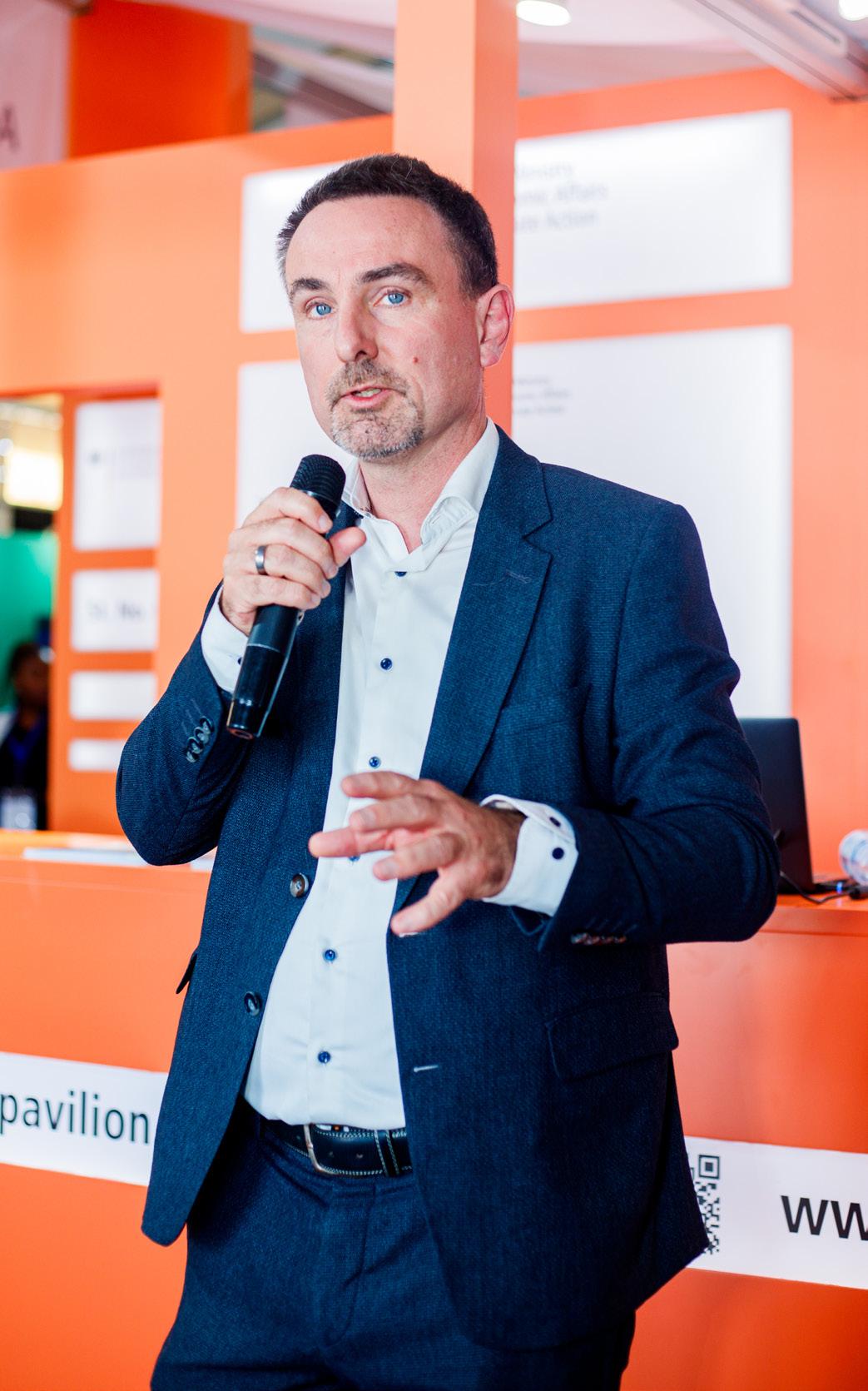
As part of our programme with Germany, we aim to provide training in conjunction with the mining inspectors and ministry in the fields of health and safety standards, environmental practices, and best practices of the industry. In this regard, we consider the promotion of best practices to be part of CMM’s role in the mining sector.
Initially much of the equipment, spare parts, and services for the mining industry had to be sourced from overseas due to limited availability within the country. However, it is in the mining industry’s best interest to engage local suppliers who can be more efficient and faster. It is also in the country’s interest to promote local development by creating employment opportunities, particularly in rural areas.
If executed properly, it would be a win-win situation, as working with local suppliers will establish an ecosystem for the mining industry, attracting new entrants and additional mining companies, while also developing the local economy. However, it cannot simply involve importing equipment and spare parts, marking them up, and selling
them. We need to engage local manufacturers and service providers to build capacity within the country.
Lastly, there is an extensive discussion in Mozambique and the region concerning critical raw materials and their beneficiation. African countries and the world need these critical raw materials. The question is, how can countries containing them benefit beyond mining and mineral extraction? How can they participate in the value chains? This is an important discussion in Mozambique, and CMM believes it needs careful consideration.
It is essential to enact enabling policies rather than legislate in a restrictive manner. Thus, there needs to be coherent regulations that create the right conditions to be competitive, as the domestic market is too small to support specific industries.
Graphite, for instance, is used in batteries for electric vehicles (EVs), but Mozambique does not have an automotive industry. Therefore, when considering the beneficiation of graphite as an anode precursor material for EV batteries, it becomes evident that this component fits into a supply chain that does not yet exist in Mozambique. To compete internationally, therefore, the infrastructure for electricity and human resources must be developed.
We believe it is important to consider international cooperation, especially at a southern African level. Understandably, each region’s countries would like to engage in beneficiation and build batteries for EVs, but in practice, this is a large-scale industry.
South Africa already has an automotive industry, so exploring this opportunity from a regional perspective and
“THE INDUSTRY HAS THE POTENTIAL FOR GROWTH THROUGH THE BENEFICIATION OF CRITICAL RAW MATERIALS AND THE DEVELOPMENT OF NEW SUPPLY CHAINS”
– GEERT KLOK, PRESIDENT, CHAMBER OF MINES OF MOZAMBIQUE
working together to establish a supply chain between this nation and Mozambique is important. This could be done in collaboration with the end user markets in Europe and North America, which are crucial.
We are also members of the Mining Industry Association of Southern Africa (MIASA). As a chamber, we actively participate in global discussions, contribute to developing appropriate policies and strategies, and engage internationally. We aim to promote Mozambique, emphasise the opportunities available in mining, share ideas and best practices, and learn from other countries and mining chambers across the world. This extends to both industrial and artisanal mining.
We must explore how to capitalise on these opportunities to benefit our industry and country. The energy transition presents a significant opportunity, and it is crucial for us to engage in regional dialogues. CMM plays a key role as an interface and contributes to our international engagement.
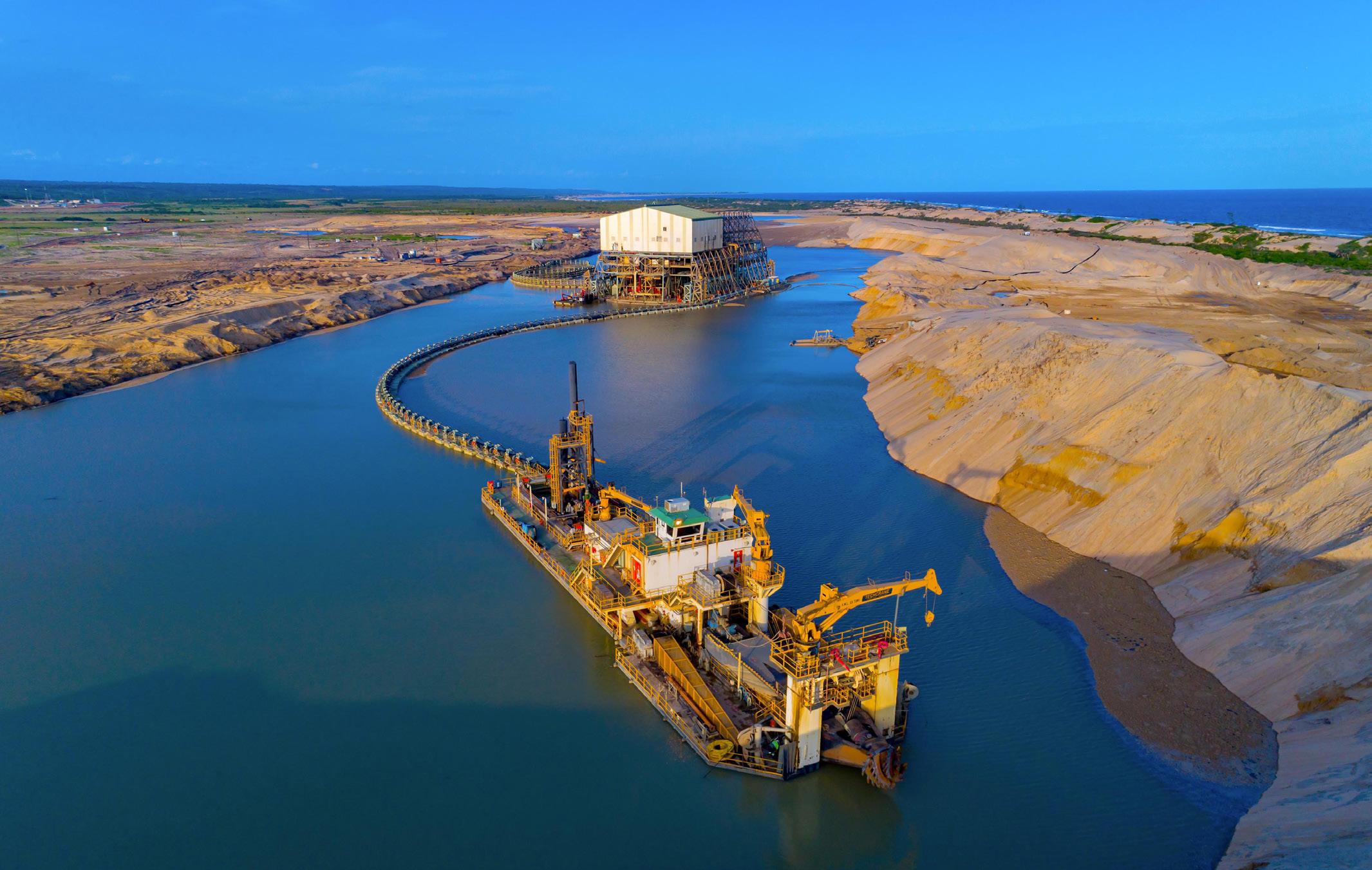
• Promote and support gender equality in the mining industry, as well as in scientific and technical research and training.
• Participate in national and international meetings, lectures, and forums in the interest of the chamber and its members in order to achieve its objectives.
• Develop corporate social responsibility (CSR) and health and safety standards.
• Share the results of studies, research, and cooperative programmes related to its objectives with members and, when appropriate, with society.
• Promote and support cooperation between the chamber and other mining industry associations, ministries, relevant government bodies, research institutions, development agencies, and companies.
• Take part in projects to promote and develop infrastructure and logistical services necessary for mining activities.
• Protect the interests of its members in labour negotiations with trade union organisations and the government, and participate in developing pension plans, social security, and medical assistance funds for member workers.
• Advocate for the interests of its members in mining activities and provide input on legislation that could impact them.
• Get involved in defining and implementing policies, strategies, and plans related to infrastructure development necessary for mining activities.
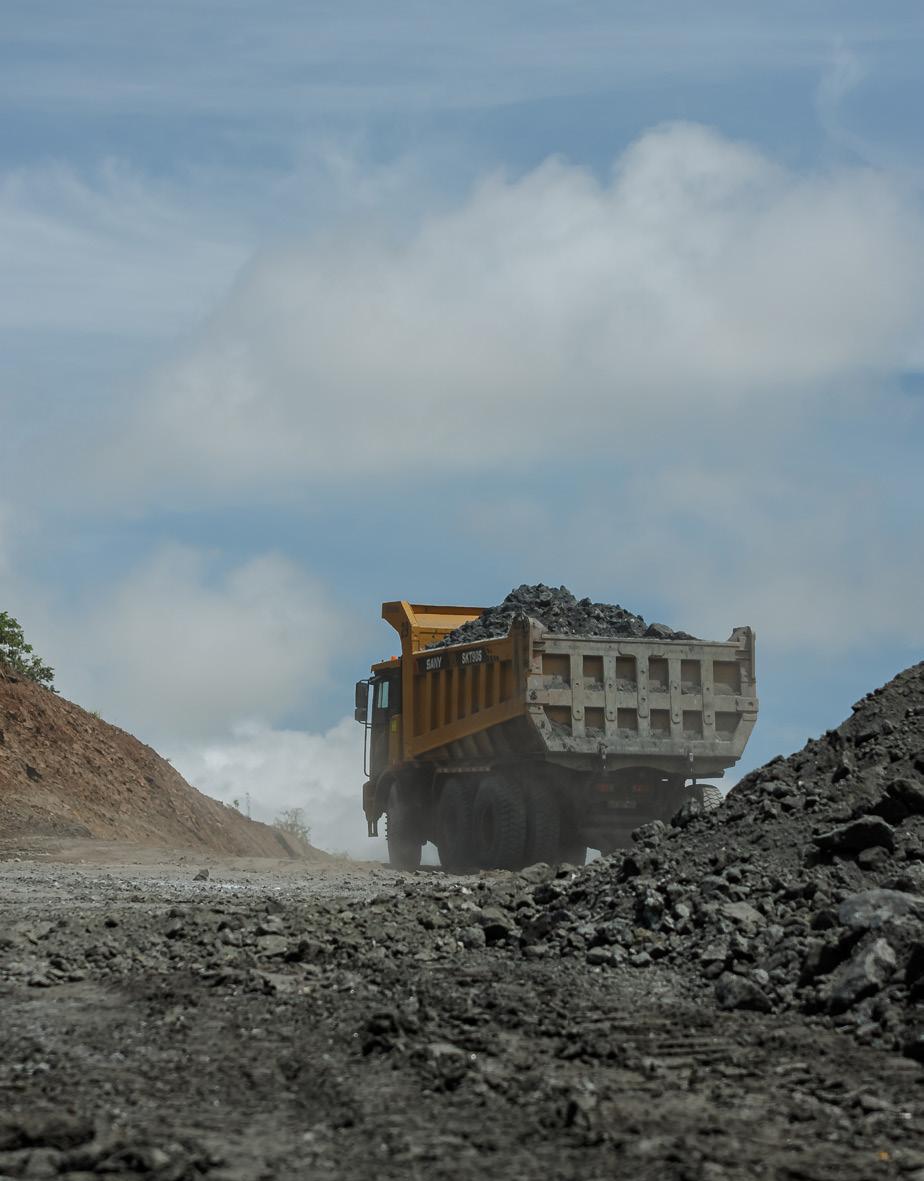
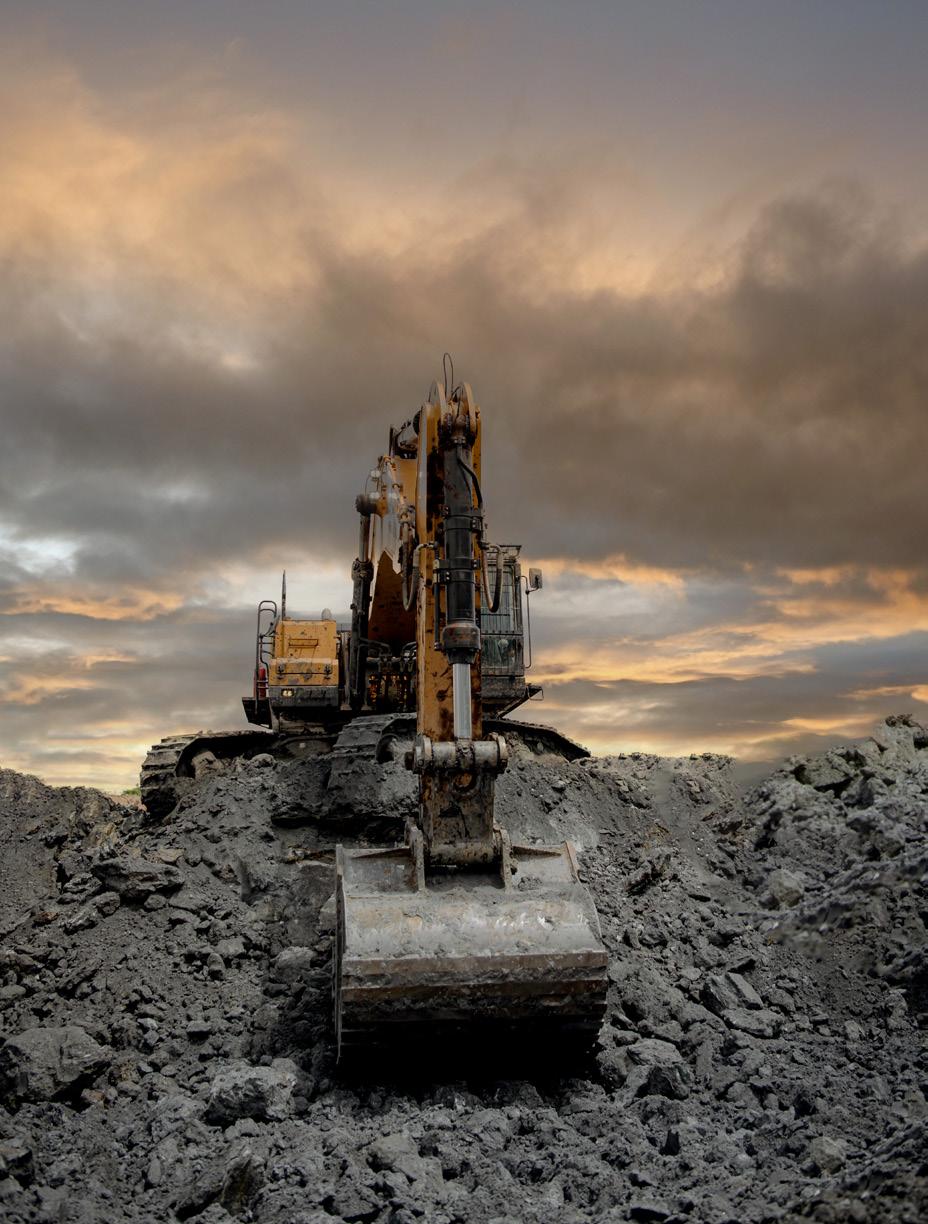
AO: Are there any plans or projects in the pipeline for CMM?
GK: We’ve recently developed a strategic plan that is member-approved and aims to strengthen CMM further. The plan also enables the association to serve the industry better, create new products, participate in regulatory reforms, and attract new investments. Our goal is to maintain a strong presence in representing the sector nationally and internationally, engaging in debates and showcasing the industry and, by extension, our country.
AO: Finally, how do you see the industry developing over the next five years?
GK: The industry in Mozambique has considerable growth potential. This is due to the underdeveloped mineral resources and opportunities presented by the energy transition, particularly in critical raw materials. If we can create the right conditions and provide an enabling environment for investments in the mining sector, we can expect significant expansion in the coming years.

CHAMBER OF MINES OF MOZAMBIQUE
Tel: +258 84 531 7144 / +258 86 854 3210 info@cmm.org.mz www.cmm.org.mz

As manufacturing organisations worldwide confront unprecedented change, embracing technological innovations and incorporating critical environmental sustainability agendas, now more than ever is the time to showcase the strides being taken in this dynamic sector.
A multi-channel brand, Manufacturing Outlook brings you the positive developments driven by organisations across the global manufacturing industry through its various platforms.
Discover exclusive content distributed through its website, online magazine, social media campaigns and digital dispatches, delivered straight to your inbox with a bi-weekly newsletter.
Through these compelling media channels, Manufacturing Outlook will continue to foreground the movers and shakers of the industry.
To participate as a featured company and join us in this exciting endeavour, contact one of our Project Managers today.



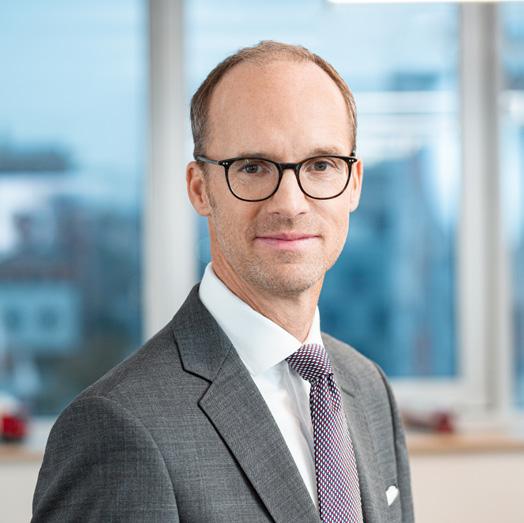
With the aim of simplifying customer business through leading sustainable solutions, MAN Automotive South Africa proudly 60 years’ worth of shaping the country’s transportation industry.
Jan Aichinger, Managing Director, tells us more about the newest innovations and plans for a long-lasting future
Writer: Lauren Kania | Project Manager: Taylor Green
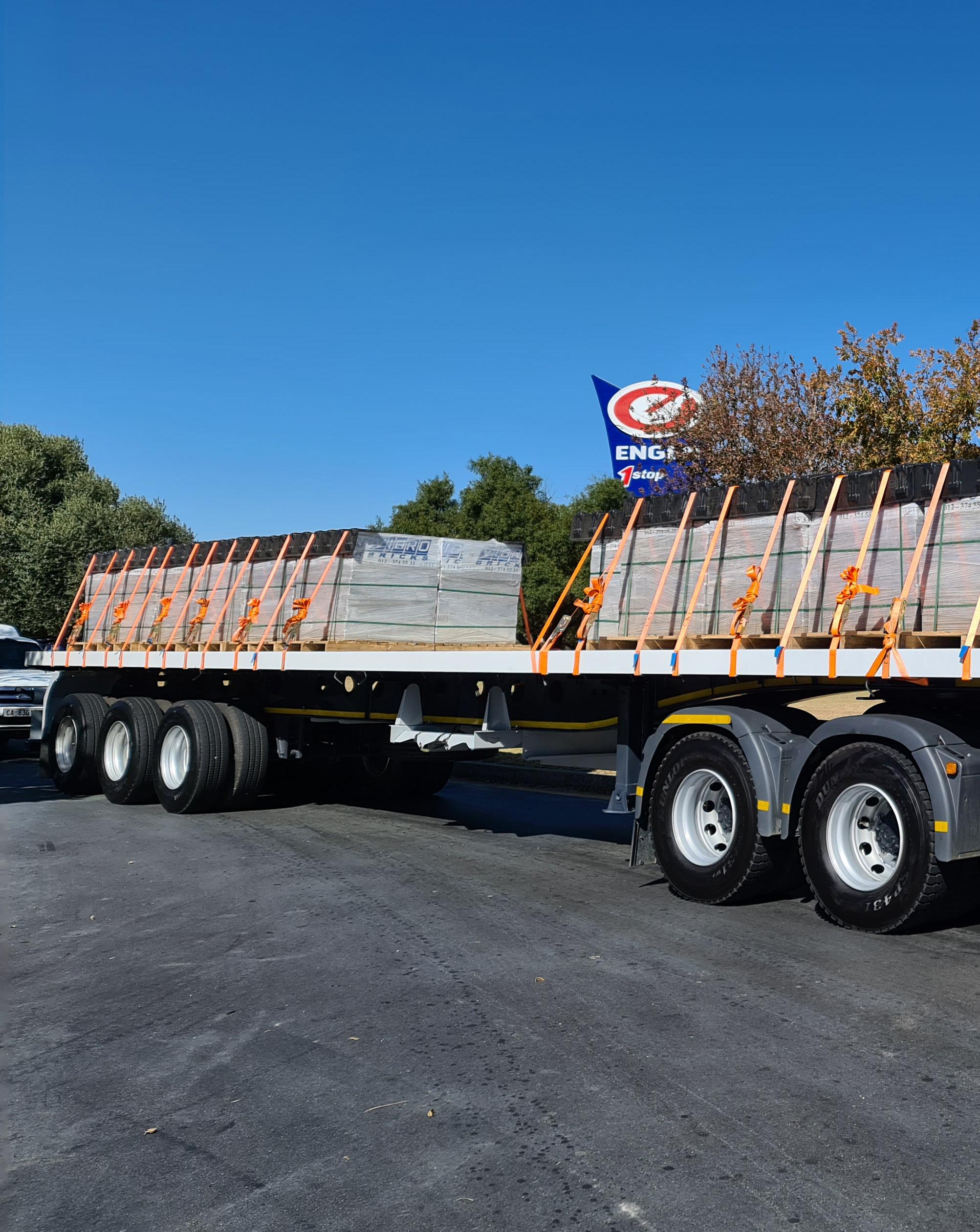
leading proudly boasts industry.
the company’s
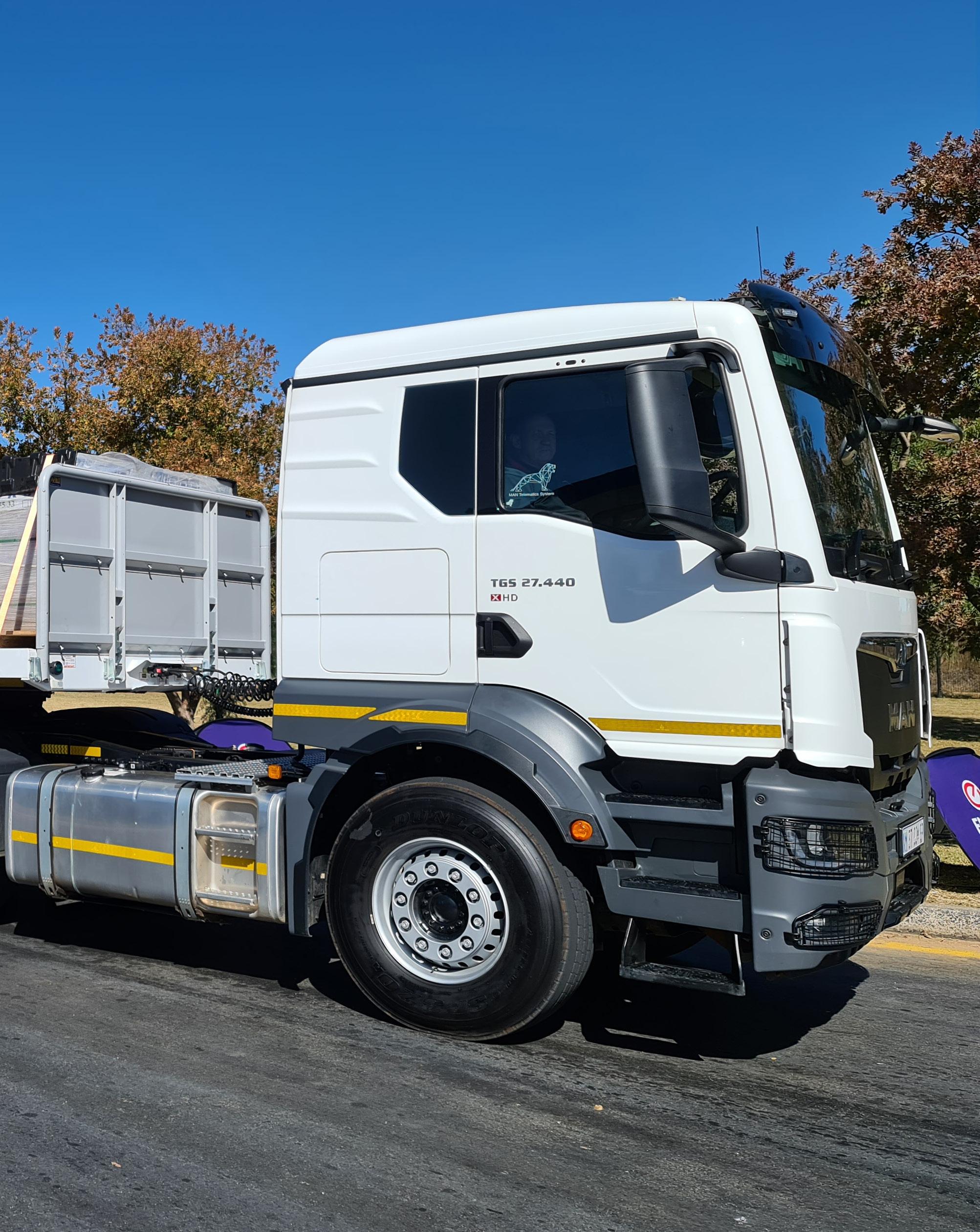

For a nation to find prosperity and growth, effective means of transporting people and goods are of critical importance.
The fruitfulness of a country’s transport infrastructure plays a significant role in its development, both socially and economically, with researchers suggesting that successful transport is second only to education as a stimulus for expansion.
In South Africa (SA), a country with a complex and varied history of economic power and global relevance, the role of adequate transport is particularly important, especially considering that the nearest port is approximately 600 kilometres (km) away from the industrial heartland.
With a wide variety of transportation methods across the nation, ranging from roads and railways to airports and waterways, the sector is overseen by the South
African Department of Transport, whose vision consists of the ideology that transport is the heartbeat of SA’s socioeconomic growth.
In an effort to further progress and achieve long-term development goals, many cities across SA have made it an ongoing priority to develop their transportation sector.
Specifically, the national road network and freeways were massively expanded during the apartheid period between the 1940s and 1990s, now consisting of over 362,000km of highways and more than 73,500km of paved roads, making cities more and more accessible for both business and pleasure.
The significance of the manufacturing and transportation sectors was especially underscored during the COVID-19 pandemic, when many global industries came to a sputtering halt, impacting millions of homes and businesses that were
unable to access their daily needs and requirements.
Here to lead the way in the everimportant transportation industry and drive SA’s economic future into one of longevity and global dominance is MAN Automotive South Africa (MAN Automotive), a leading manufacturer of medium, heavy, and extra heavy trucks, as well as commuter buses and luxury coaches.
Having just finished his secondary education and looking for an opportunity to jumpstart his professional career, Jan Aichinger, Managing Director of MAN Automotive, ventured into the transportation industry in 1988 with a bus manufacturing company based in Germany.
“There, I was offered the opportunity to participate in a dual
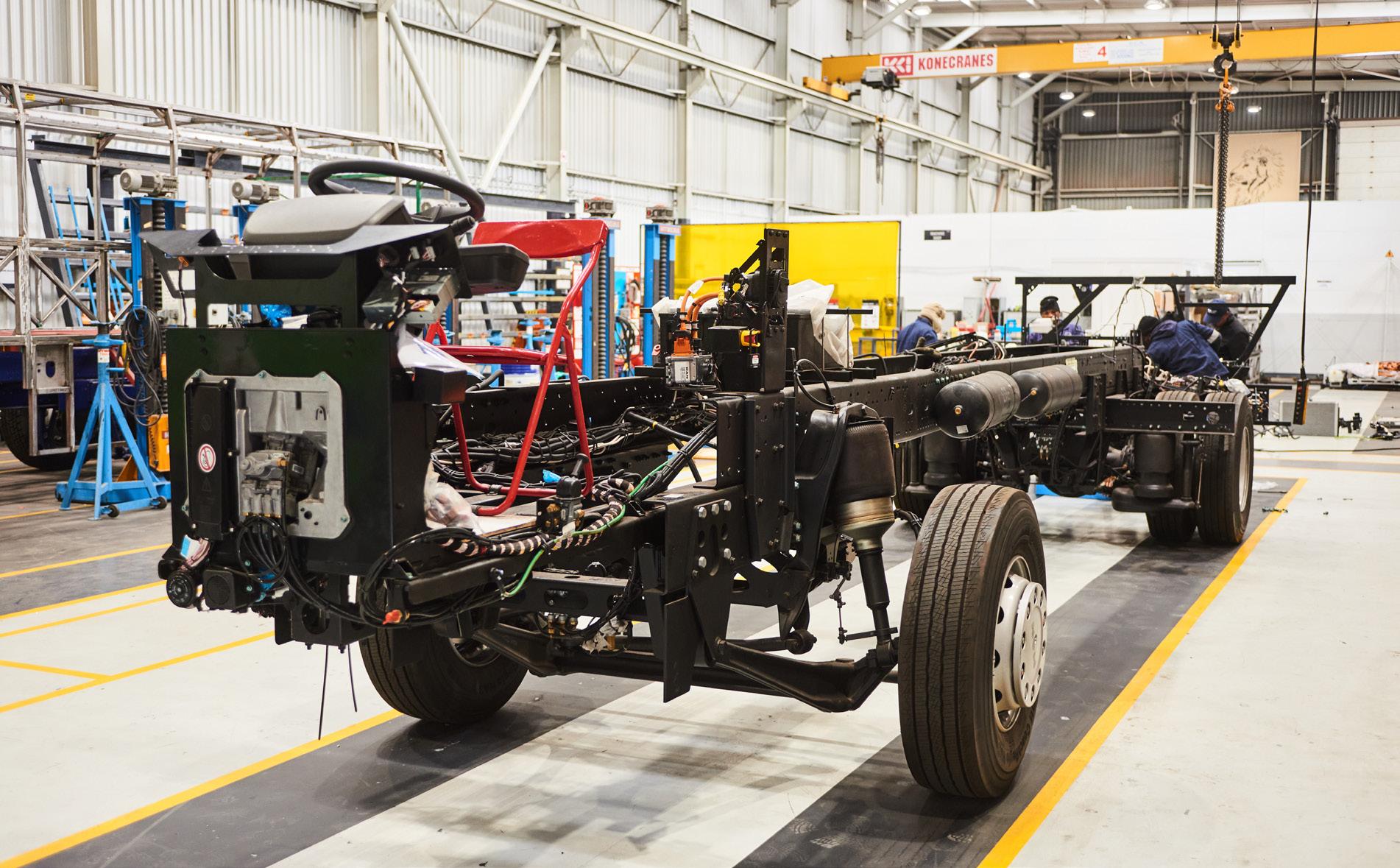
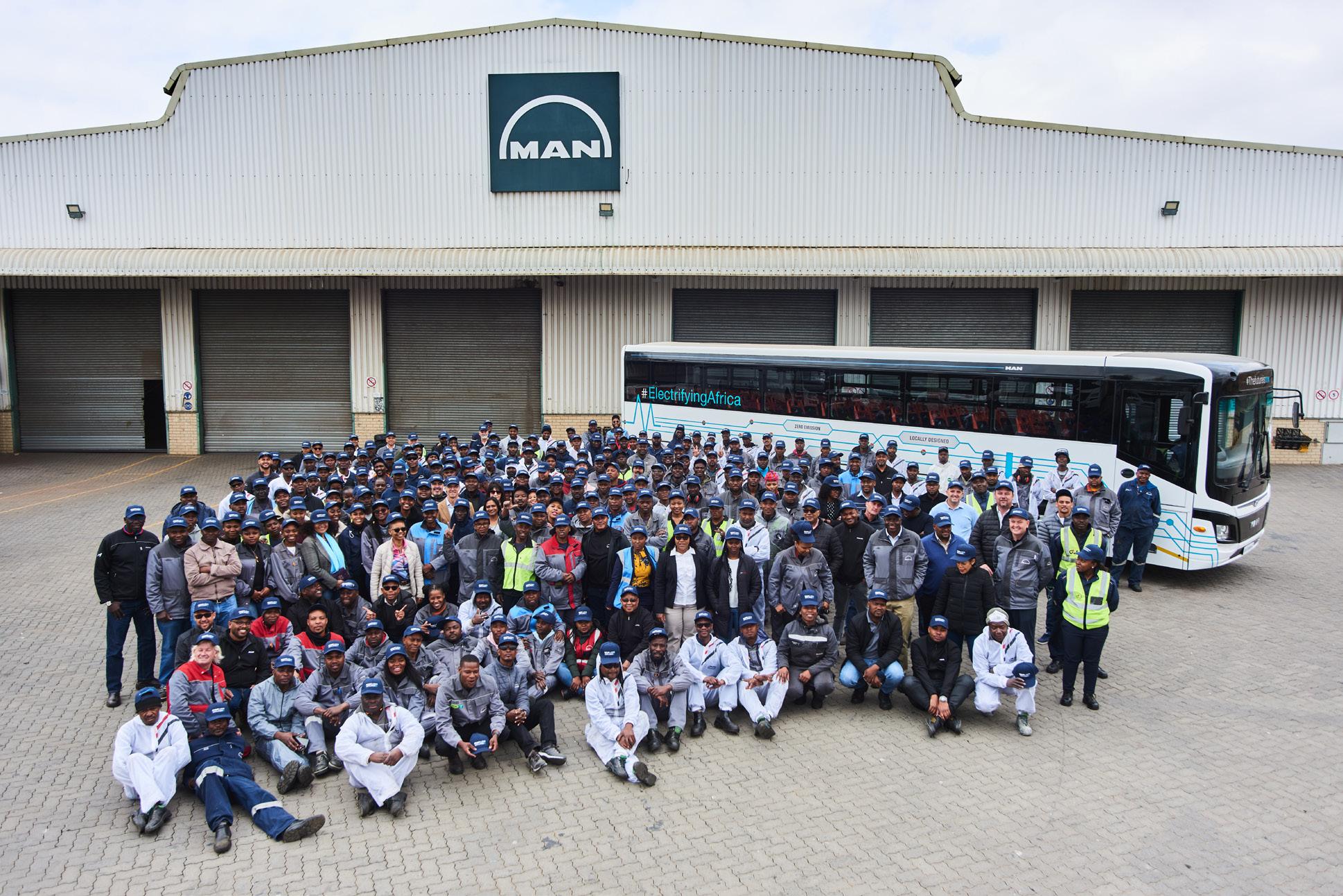
study programme, where I was able to alternate between going to university for three months and working at the company for three months,” introduces Aichinger.
“Although I didn’t have the same freedom I would at normal university and the programme was rapid and stringent, this opportunity was especially appealing to me because I was given the ability to learn through both theory and real-life experiences.”
Once immersed in the exciting and ever-adapting industry, Aichinger knew that was where he wanted to stay. Having worked for companies like Mercedes-Benz in various roles, his next dream was to work abroad, and despite the popular trend being to go to the US, he was specifically interested in Asian countries.
“American culture shares a lot of the same origins and similarities as Germany, whereas in Asia, there are completely different ways of thinking and living, which I wanted to
“SA IS ONE OF THE MOST UNIQUE LOCATIONS IN THE MAN AUTOMOTIVE WORLD, AS NOWHERE ELSE HAVE WE EMBEDDED BOTH PRODUCTION AND WHOLESALE ASPECTS INTO
A
SINGLE COUNTRY. THIS ALLOWS US TO BE BOTH A WHOLESALER AND A RETAILER”
– JAN AICHINGER, MANAGING DIRECTOR, MAN AUTOMOTIVE SOUTH AFRICA
experience first-hand.”
The start of Aichinger’s international career began in Saudi Arabia, where he worked for three years as a sales manager before moving to other destinations across the globe, including SA, the UK, and Russia.
Since May 2023, he has been in SA –the second time he has worked in the country, with the first occasion being joyfully marked by the birth of his younger daughter.
“Whenever one of your kids is born in a country, you inevitably leave a piece of your heart with that place, which makes coming back to SA all the more amazing,” Aichinger enthuses.
This time around, he carries the title of Managing Director for MAN Automotive’s sales organisation and two plants, making it an even more exciting and intensive experience as a different part of the business has opened up for him.
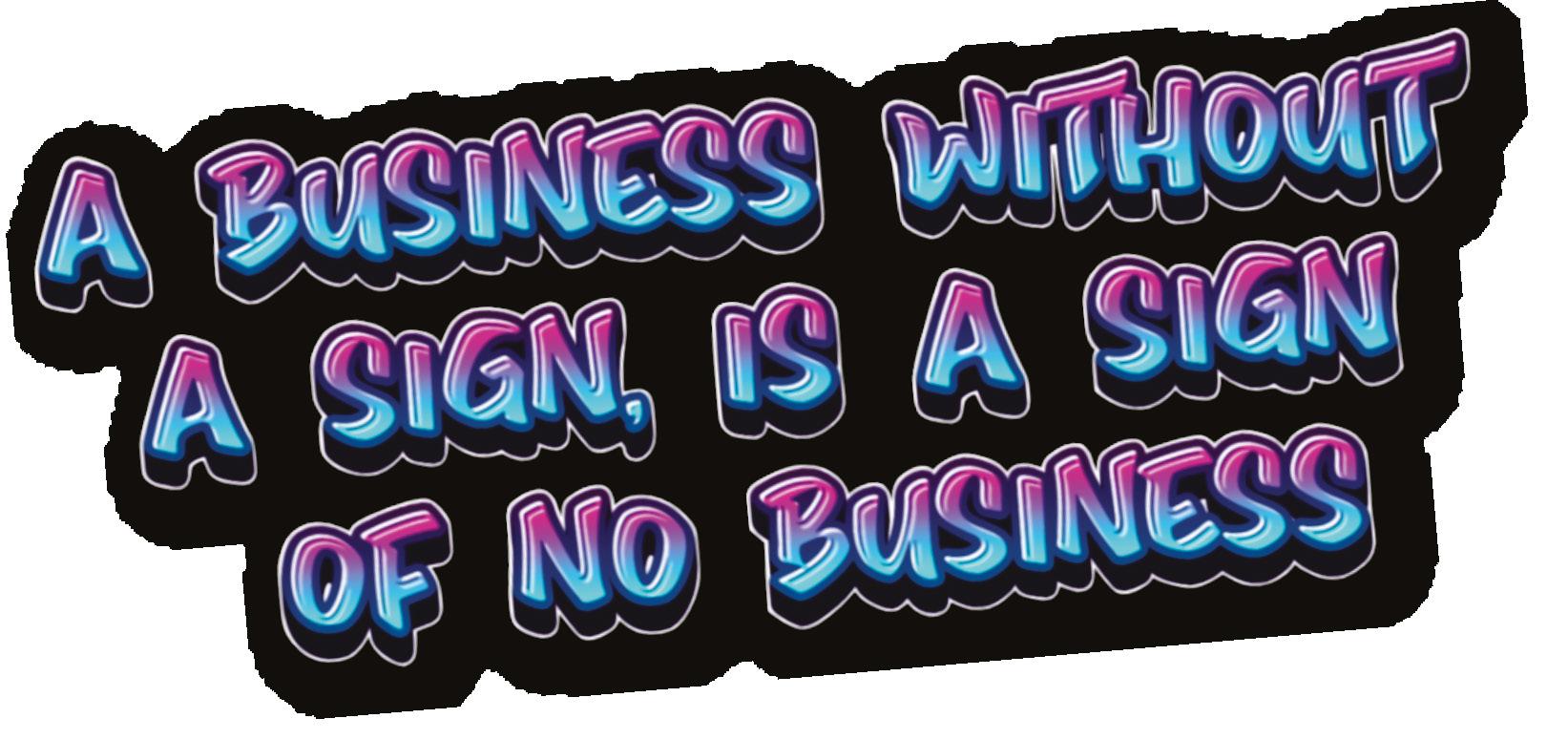

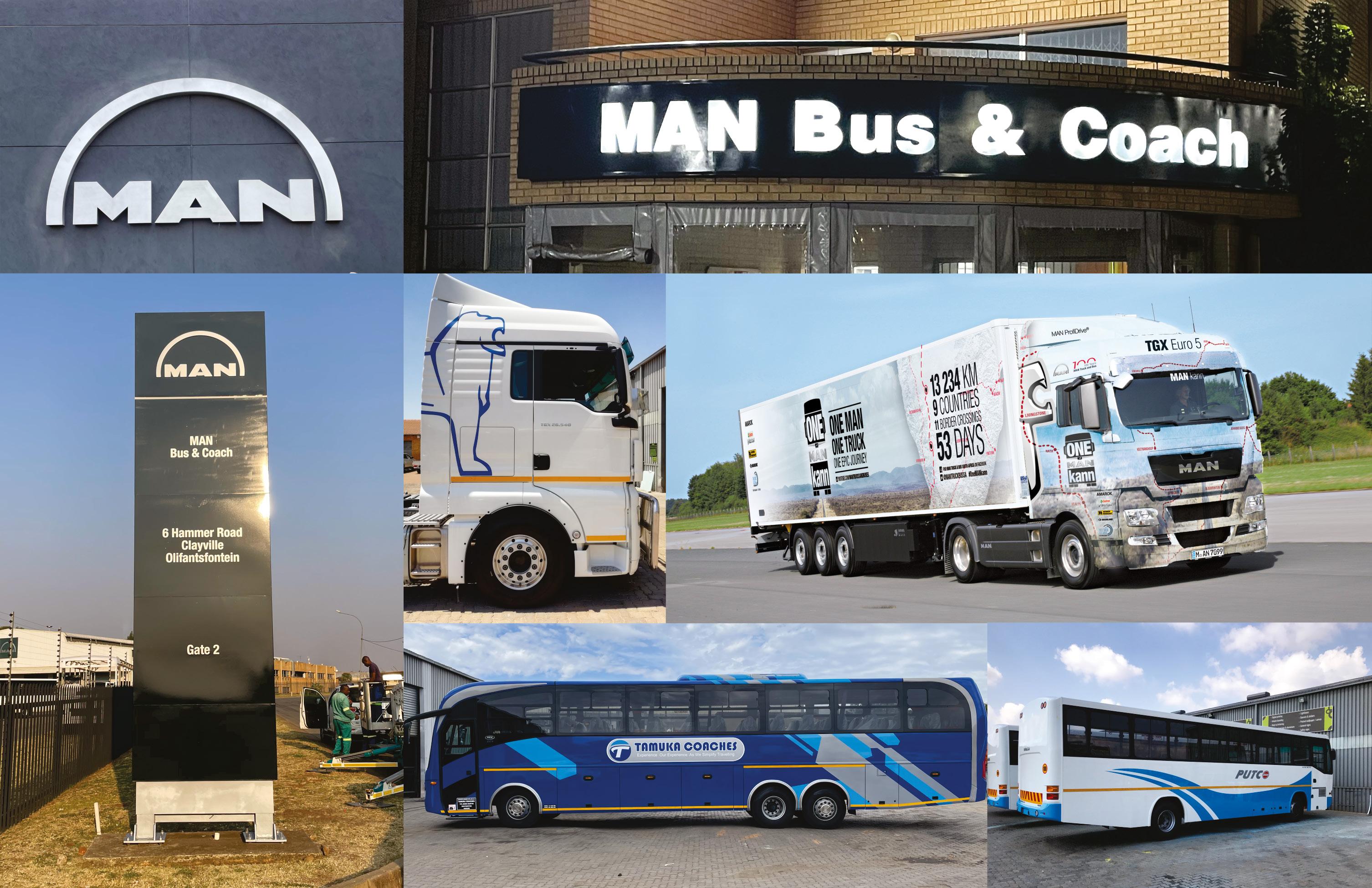




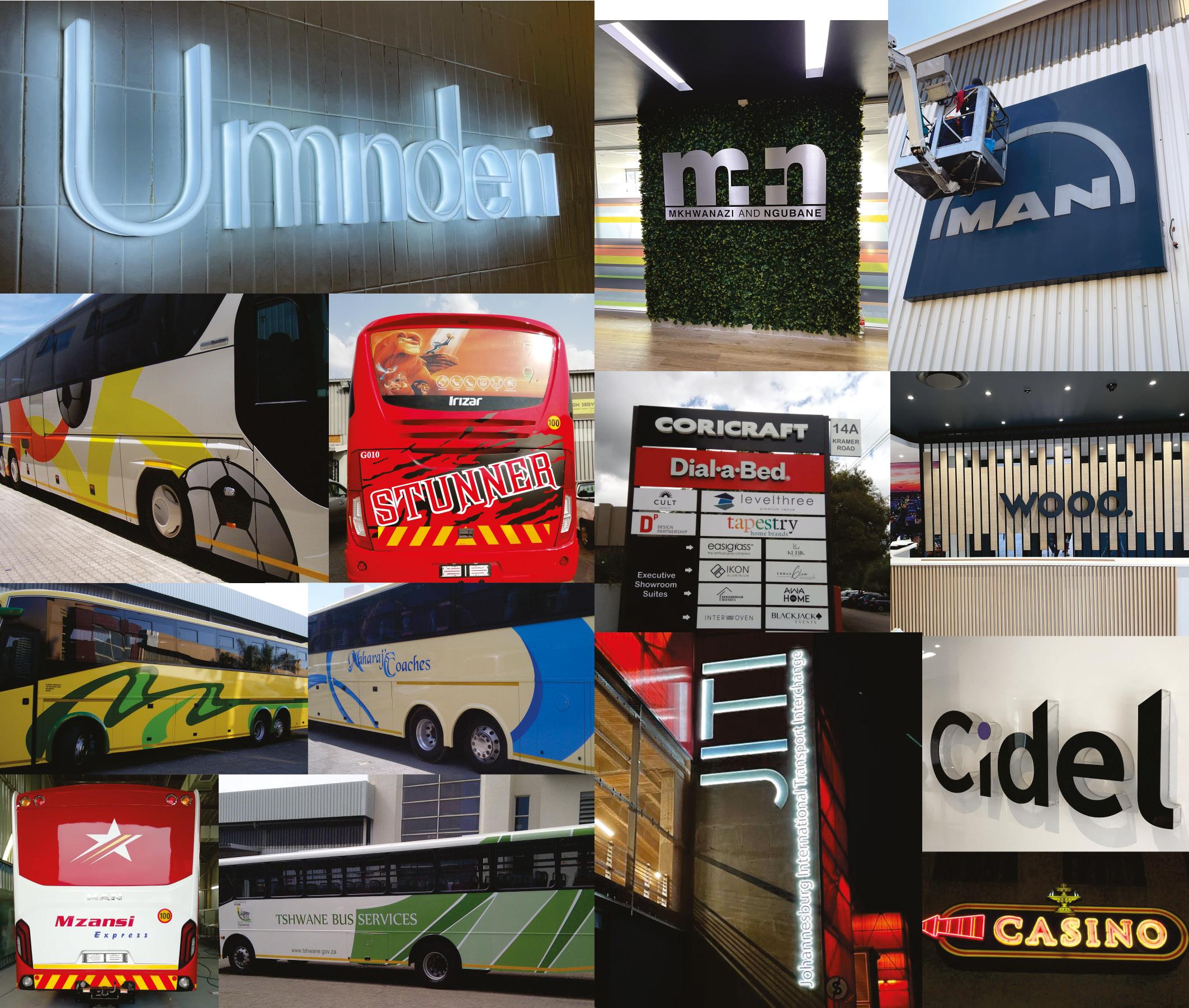

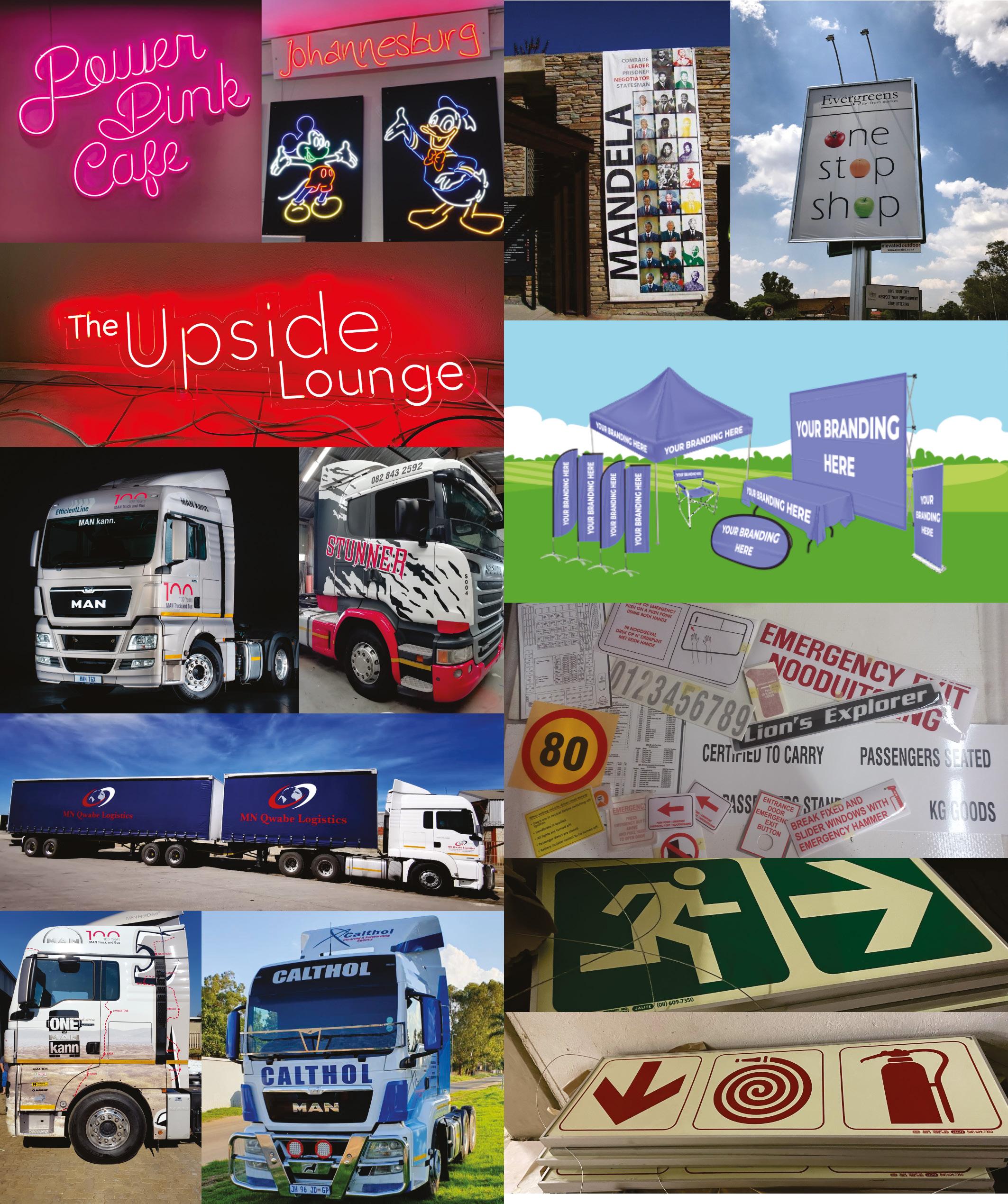
“You can see from all the positions I’ve held and areas I’ve lived that I am not the type of person who takes a job and remains stagnant. I am always looking for the next challenge.”
Having accomplished his dream of living in other countries and experiencing different cultures, Aichinger can attest that the global transportation and manufacturing industry is consistently stimulating, providing new challenges and technologies that keep those involved on their toes.
Currently, there are many new innovations and changes in the sector, such as the phasing out of combustion engines, rapidly advancing automation and digitalisation, and the prevalence of electric vehicles (EVs).
MAN Automotive sees electric drive systems for commercial vehicles as the decisive factor on the road for local emission-free, climate-friendly mobility.
Despite the many economic advances and strides SA has recently made, it falls behind Europe in regards to the implementation of EVs and reliance on traditional combustion engines. This is primarily due to the ongoing period of widespread national electricity blackouts, more commonly referred to as load shedding.
These unpredictable power outages make it extremely challenging to develop reliable infrastructure for electric buses and trucks, which require much higher kilowatt (kW) levels to sustain than passenger vehicles.
However, MAN Automotive is facing these challenges head-on and actively developing ways in which to utilise SA’s strengths to situate this new technology in an unpredictable energy environment.
“Our motivation is high as solar
Jan Aichinger, Managing Director: “There are currently two investments that we are working hard on. The first one is our manufacturing plant in Pinetown, which is the first commercial vehicle plant in the continent to be carbon neutral.
“The goal is to make of our facilities carbon neutral, if not carbon negative. To get there, we are investing a lot in solar and asking ourselves how we can reuse water from the wash bay, ultimately providing a positive impact on our environment.
“Our head office is off the grid, and our plant in Pinetown, which has ample surface on the roof, is feeding back into the grid. We are proud to be producing more electricity than we consume, regardless of whether it is going to help us in times of load shedding. We feel this is something we should be a leader in.
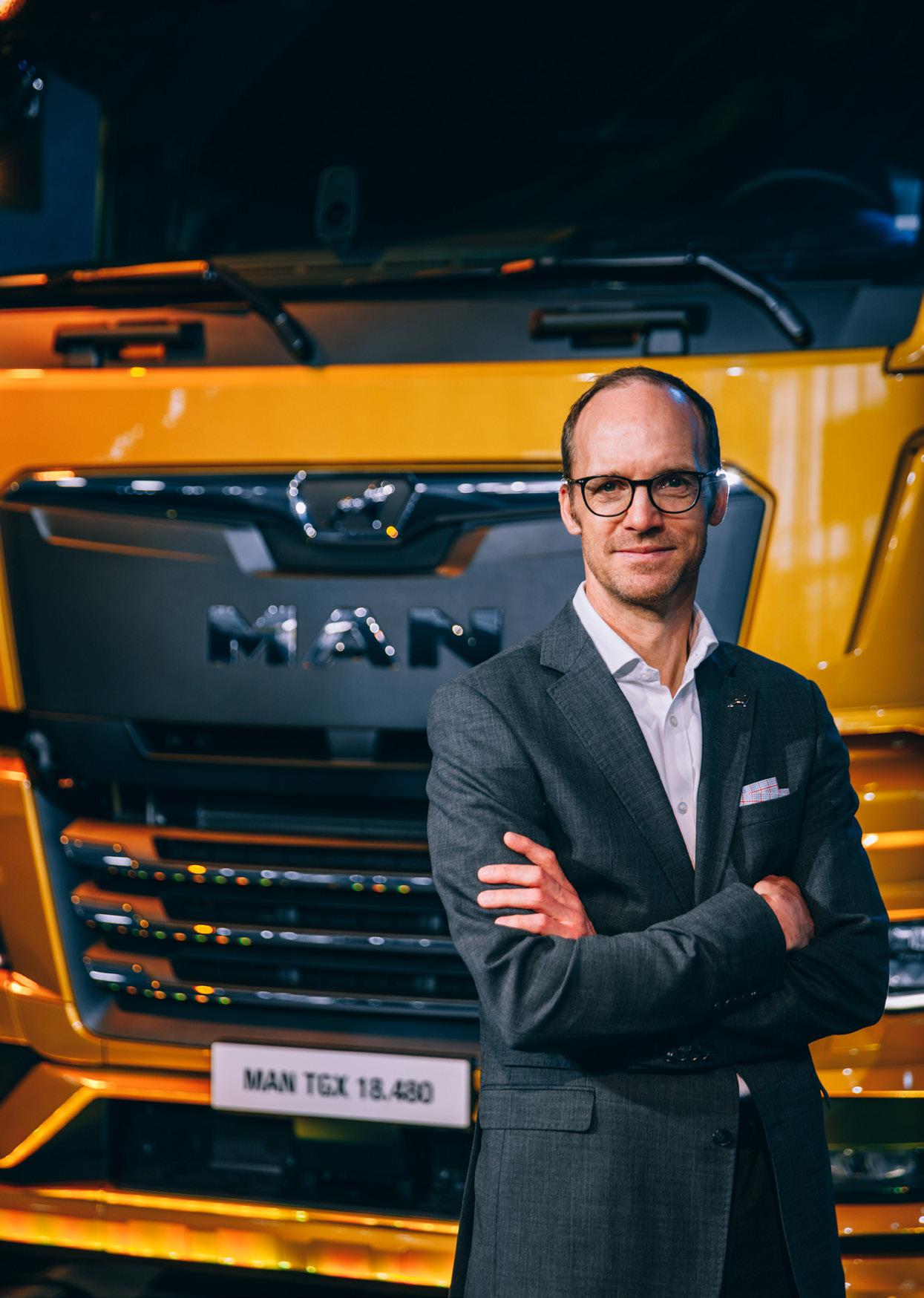
“Additionally, our worldwide fleet of trucks has the same annual carbon footprint as the Netherlands. That is nothing to be proud of and is a problem that needs to be immediately addressed, which is why we are venturing into e-buses as we aim to be part of the solution.”
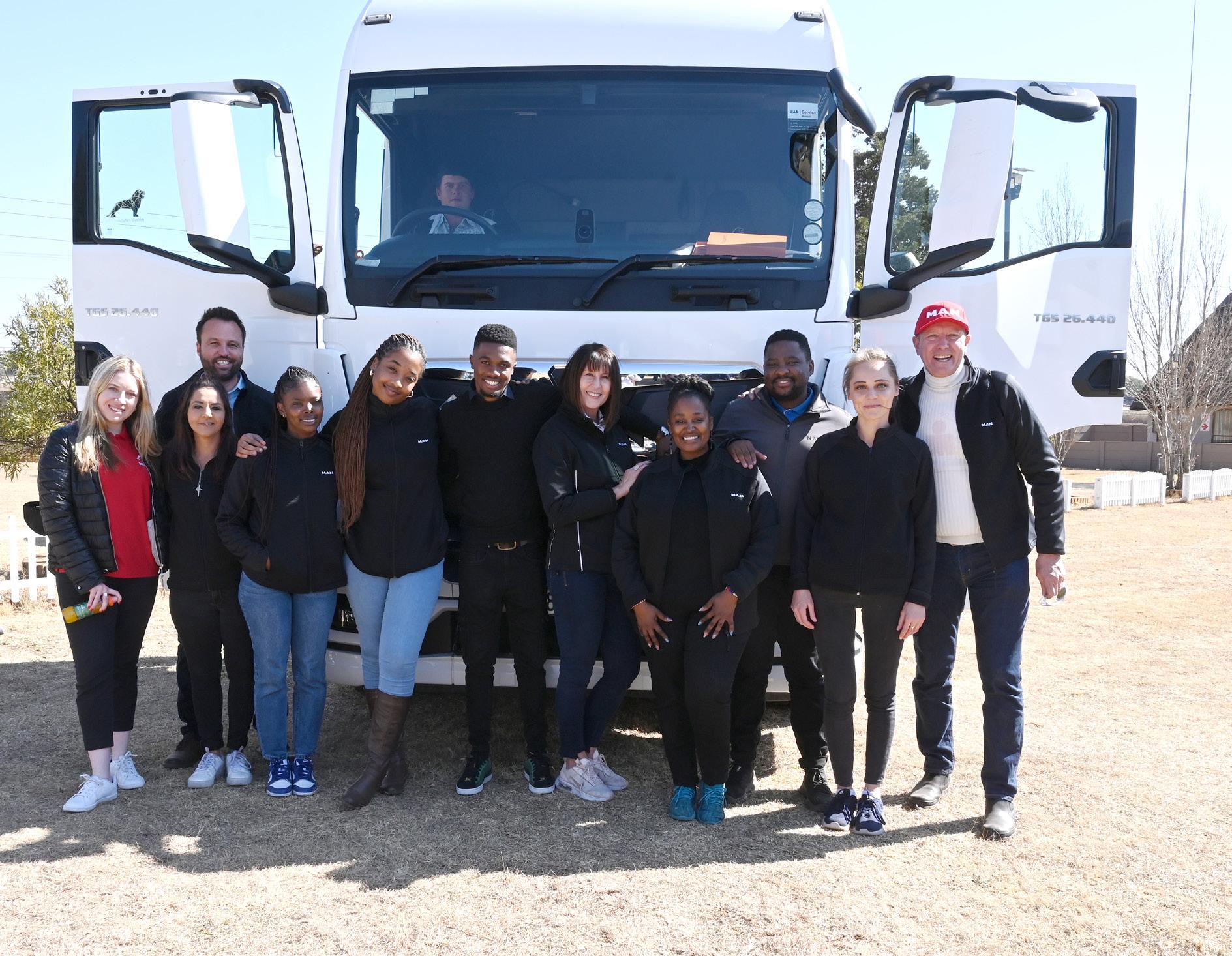
panels in SA are 30 percent more efficient than in Europe due to our close proximity to the equator and the high amount of sunny days, allowing for our payback to be much quicker,” Aichinger details.
“We’ve also already produced the first electric bus and intend to deliver the first 10 in 2025. This is especially promising as, unlike Europe, we do not have high subsidies.”
Electric buses have proven to be more feasible than trucks as they return to the same depot every evening, meaning only one charging station is required to be constructed and maintained.
Electric trucks, on the other hand, travel throughout the country and therefore necessitate multiple charging points to operate them, thus raising the question – who is going to set up and maintain this critical
infrastructure network?
“Despite all these questions and obstacles, it is a very exciting time in terms of technology and advancement, and there is nothing more thrilling than finding a way to succeed in a challenging environment,” reflects Aichinger.
MAN Automotive has been represented in SA since the 1960s, with the national headquarters located in the city of Modderfontein, an assembly plant in Pinetown, a bus and coach manufacturing facility in Olifantsfontein, a central parts depot in Isando, and a used commercial vehicle operation in Centurion, alongside a widespread national sales, service, and parts dealer network.
The company also has a network
of 14 full dealerships and 15 service and parts dealerships strategically situated in order to provide complete support to its widespread customer base, in addition to the MAN Training Academy, which ensures it is always at the leading edge of technical know-how.
MAN Automotive in SA is derived from MAN Truck & Bus, one of Europe’s leading commercial vehicle manufacturers whose product portfolio includes vans, trucks, buses, diesel, and gas engines, as well as services related to passenger and freight transport.
With the decarbonisation of freight transport, digitalisation of logistics, and the worsening shortage of truck drivers all posing fundamental challenges for transport companies, MAN Truck & Bus is dedicated to shaping the change needed in the global industry.

Commercial vehicle transmission fluids designed for different transportation needs.
• Specially formulated for various transmission systems.
• Reliable protection for longer transmission service life.
• Overall Improvement in transmission efficiency.
• Effective reduction in transmission maintenance costs.
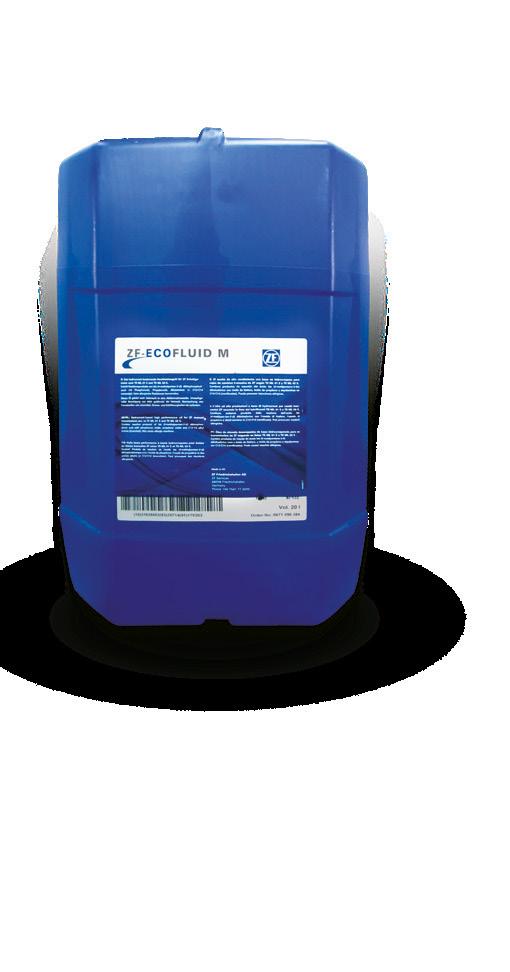
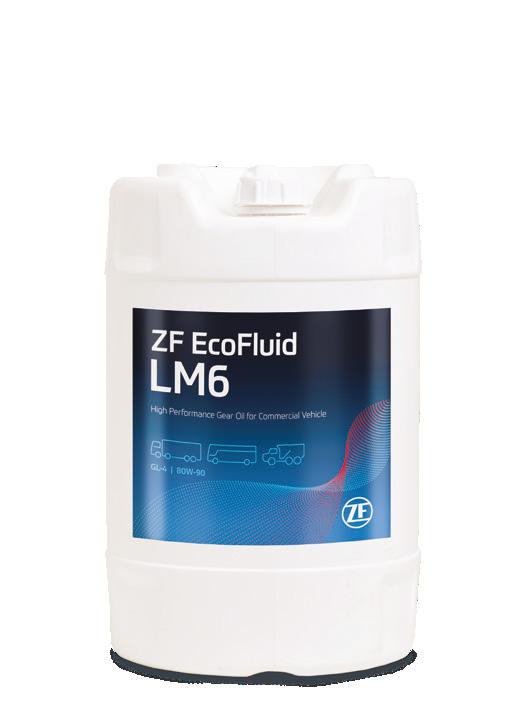
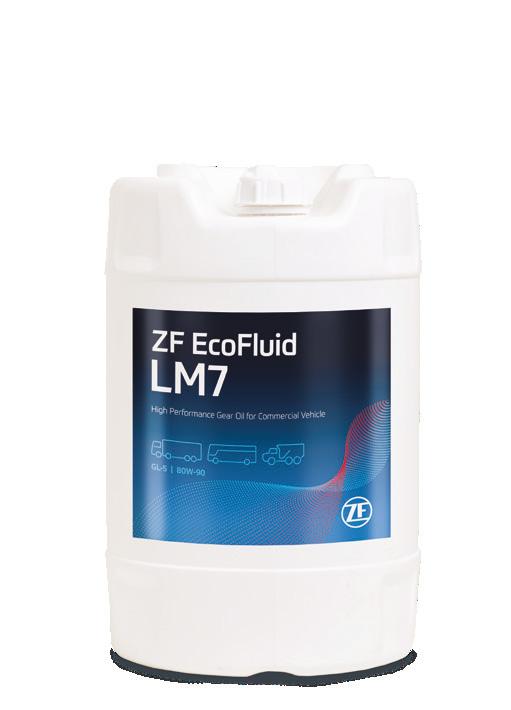
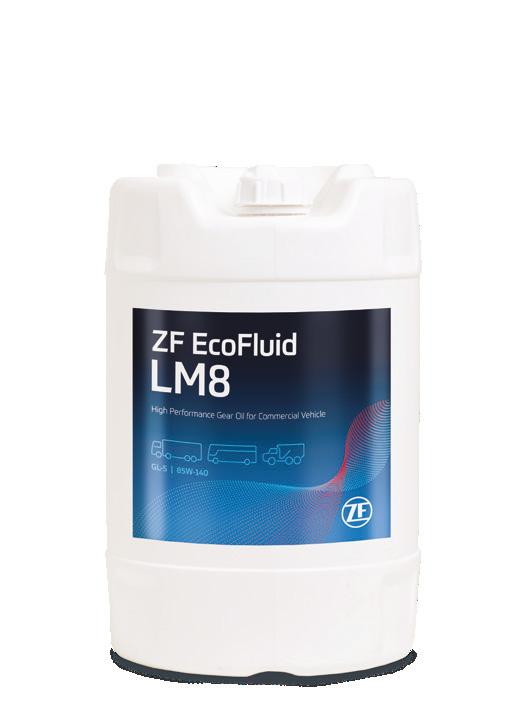
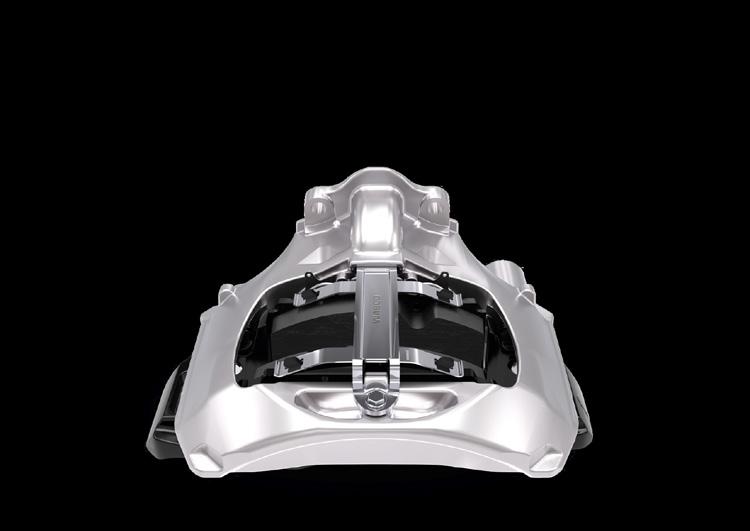
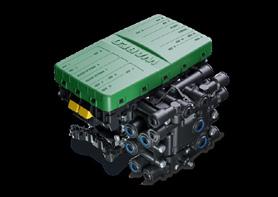

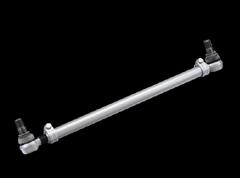
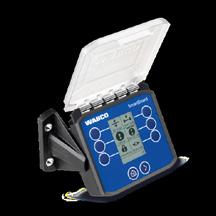

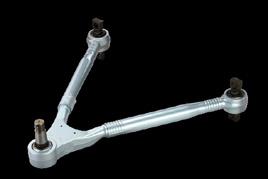
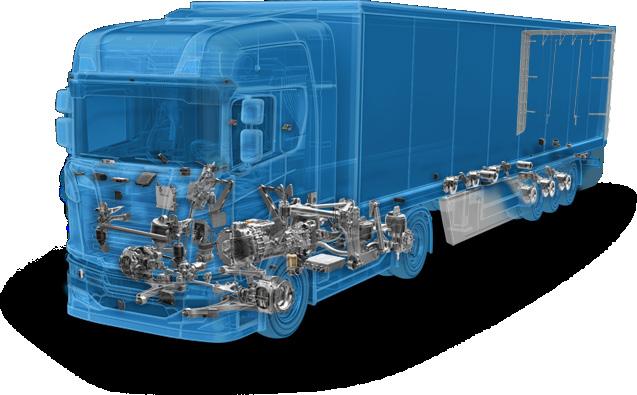
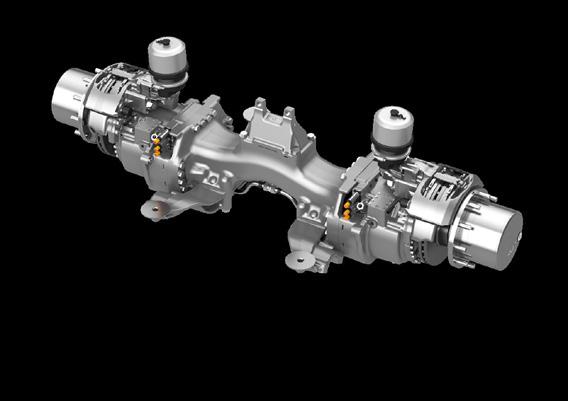
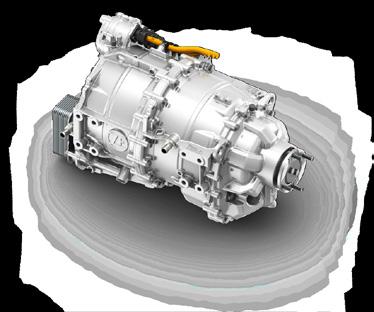
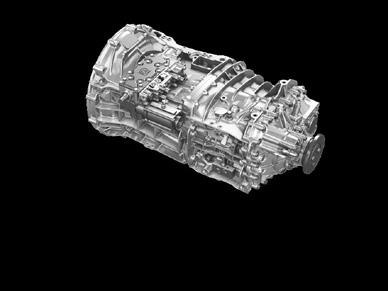


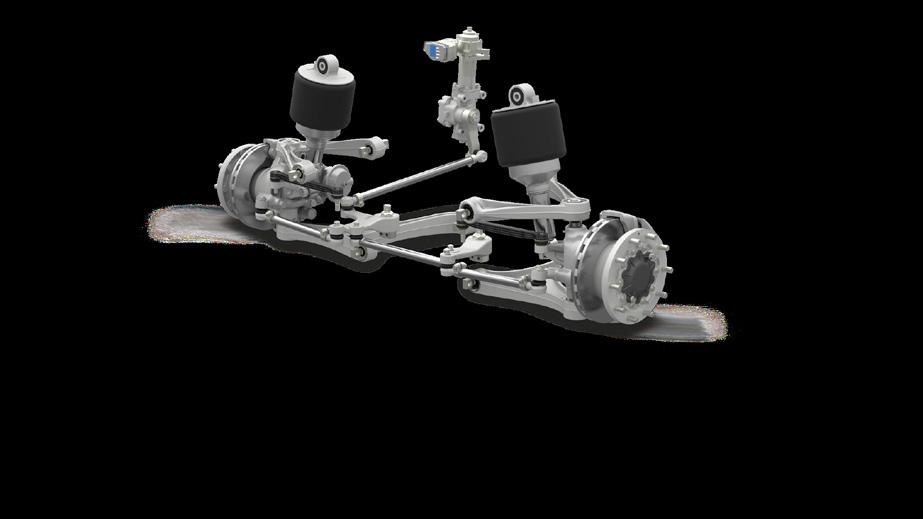
twitter.com/zf_group

facebook.com/zfgroup.global
youtube.com/zffriedrichshafenag
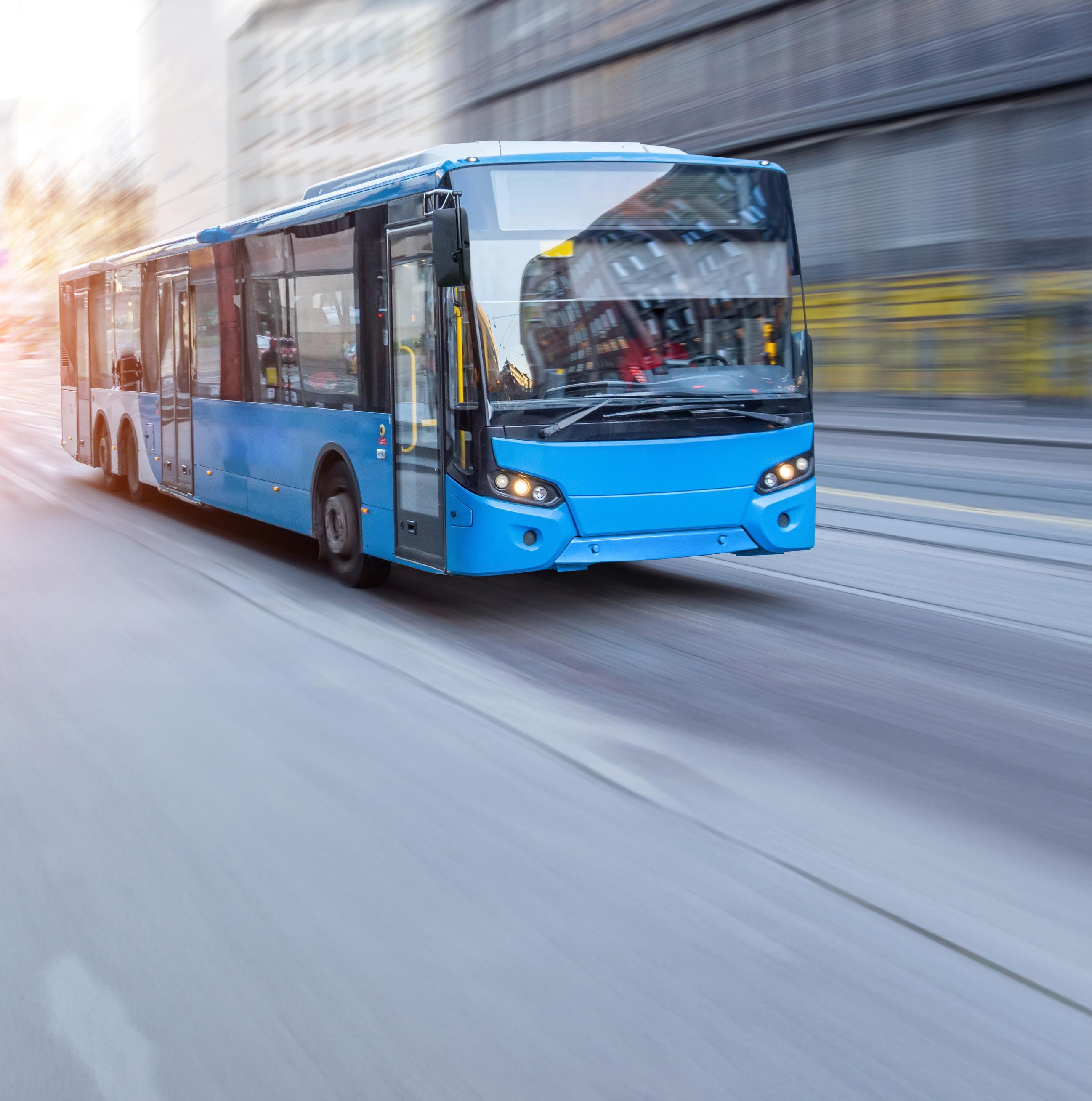
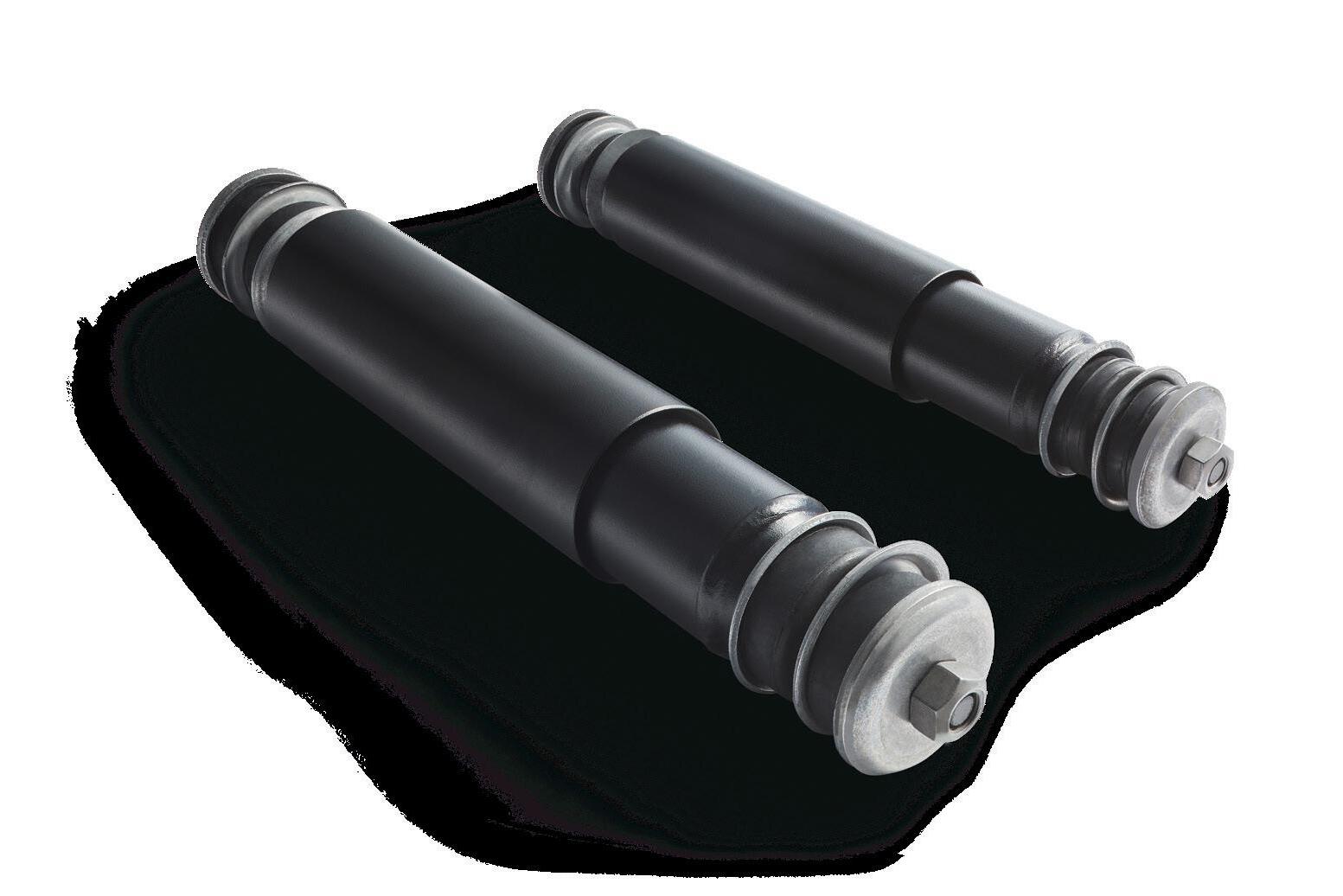

SACHS now offers OE quality Premium Comfort Valve (PCV®) shock absorber technology for the aftermarket. Combining outstanding comfort and stability while significantly reducing hydraulic noise.
Exceptional OE quality. Optimized reliability. Long service life. SACHS shock absorbers for commercial vehicles. Better for your workshop and better for your customers. Choose excellence in every part. Find out more at aftermarket.zf.com/en/shock-absorbers-dampers/
The company is seeking to do so through the development of autonomous vehicles and EVs for a net zero future and intelligently connected transport, complemented by holistic advice on the switch to e-mobility and supported by a wide range of innovative digital services.
MAN Truck & Bus’ aim is that, by the end of the decade, it will have developed a fully autonomous, zeroemission truck.
MAN Automotive has asserted itself over the past five decades as a transportation leader in the SA market, consistently bringing new technologies and innovations to the forefront of the national economy and paving the way for a better, more efficient transport future.
“SA is one of the most unique locations in the MAN Automotive world, as nowhere else have we embedded both production and

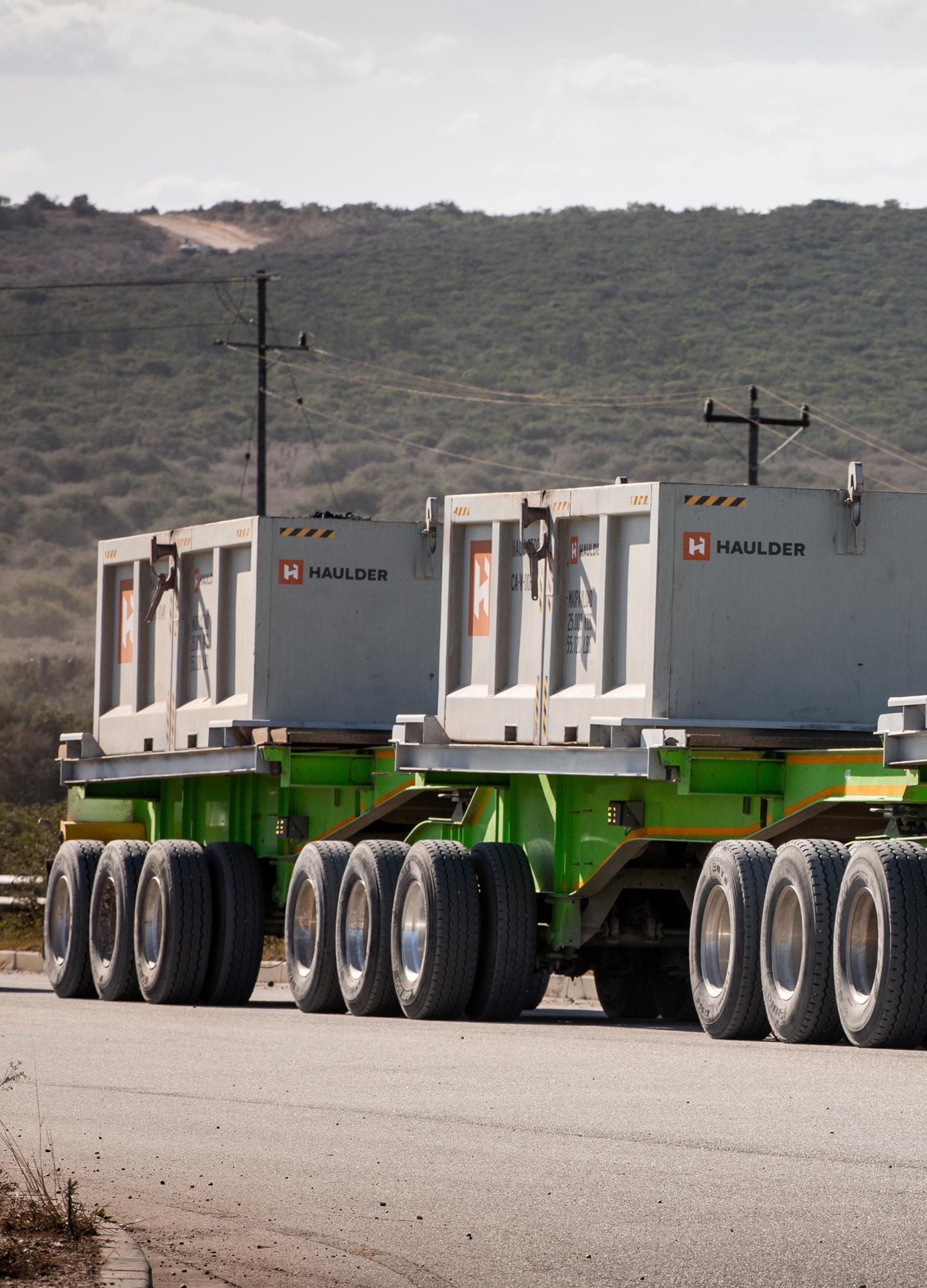
wholesale aspects into a single country. This allows us to be both a wholesaler and a retailer,” asserts Aichinger.
The company prides itself on its strong and well-established network within the country, allowing it to tackle any issue from breakdown repairs to spare parts availability and much more.
Additionally, MAN Automotive is distinctive within the domestic market as it is the only original equipment manufacturer (OEM) that possesses
its own bodybuilding plant located in the Johannesburg region.
At the facility, MAN Automotive produces its buses, a product where it has been a market leader since 2010, boasting a market share range between 40 and 50 percent.
“We are dominant in this market purely because we are the only company able to produce an entire product in one go and provide customers with a single point of contact for any further assistance, whereas others combine and sell
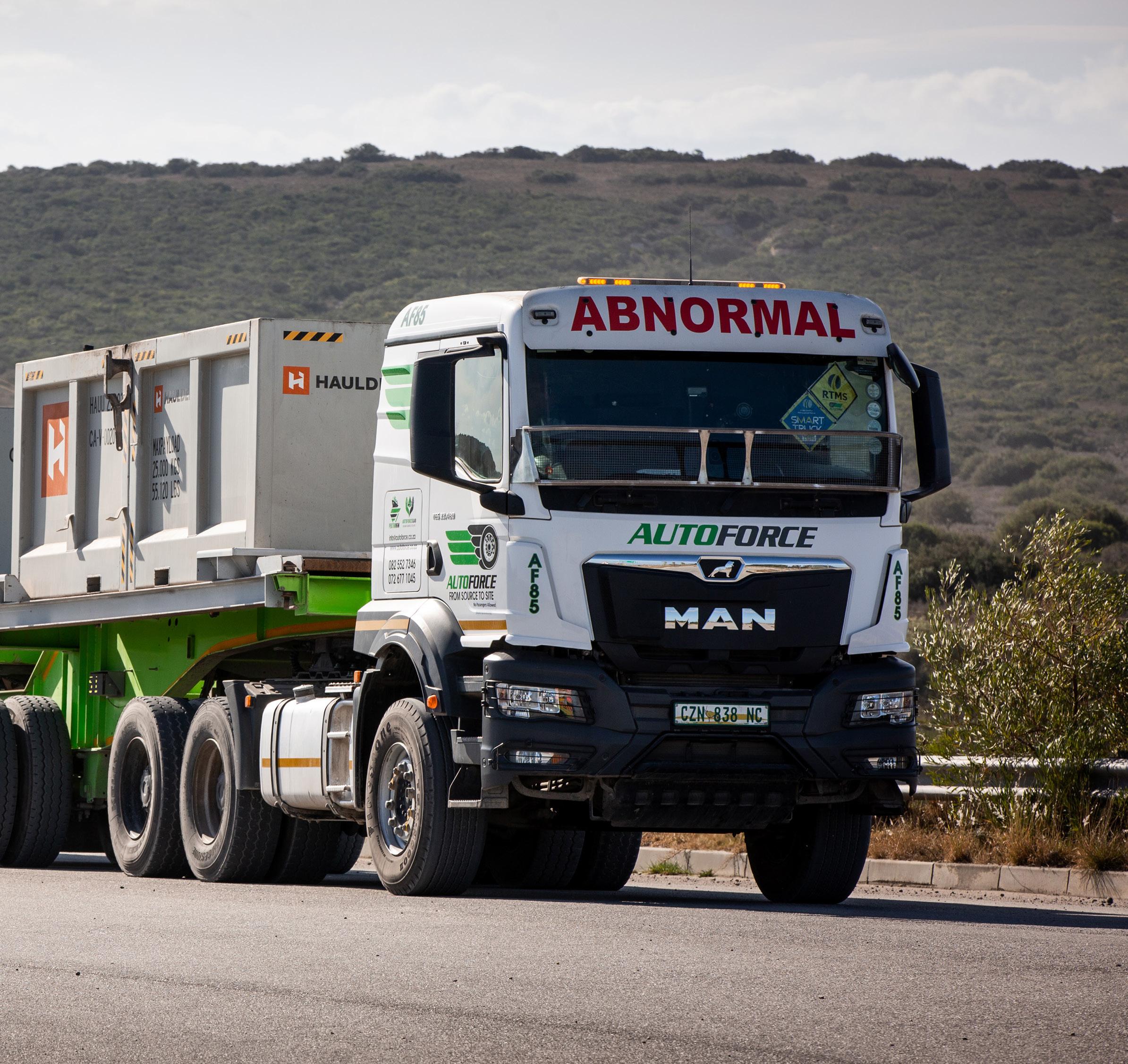
chassis and bodybuilders from different manufacturers,” expands Aichinger.
The company is looking to continue to set itself apart by focusing its customers on more than just the price of a vehicle but the total cost of ownership (TCO).
One of the most important elements of TCO, which is often overlooked yet possesses the highest impact, is downtime.
“A truck or bus will only earn money if it is in operation, but if it stands still
for too long, it can become very expensive and cost ample revenue. Therefore, it is a priority to keep vehicles functioning and on the road,” insights Aichinger.
With the vast importance of ensuring downtime can be minimised and handled as quickly and succinctly as possible, MAN Automotive provides immediate services to its customers and readies stock to be available at a moment’s notice in case of accidents or breakdowns.
Today, to find long-lasting success, companies such as MAN Automotive need to sell not only a great product but an even better solution to its loyal customers.
“It’s not just a product at the end of the day; it must also be a solution. If you go back 30 years, just selling a truck was enough,” he explains.
MAN Automotive seeks to find each customer’s winning recipe through technology, data analysis,
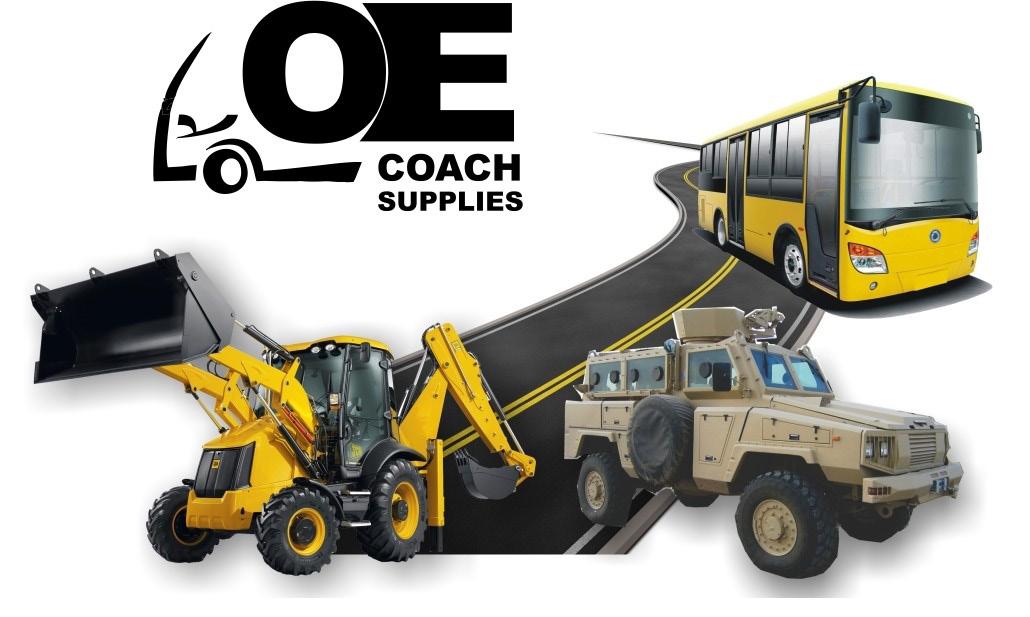
O.E Coach Supplies Pty Ltd is a premier component supplier to the bus, coach, construction machinery, marine, and military manufacturing industries. With a steadfast commitment to quality, excellence, and integrity, we have established ourselves as a trusted partner for businesses seeking high-standard components.
Our company’s foundation, which began in 1994, is built on the principles of exceptional service, unwavering integrity, and a customer-centric approach. We take pride in our ability to provide tailored solutions that meet the unique needs of our clients, ensuring seamless integration and
In addition to our commitment to quality and service, O.E Coach Supplies prioritises innovation, continuously seeking out new technologies and advancements to stay ahead of industry trends. This forward-thinking approach ensures our clients receive cutting-edge solutions that enhance efficiency, productivity, and competitiveness. Integrity is the cornerstone of our business, guiding every decision and interaction. We operate with honesty, ethics, and fairness, upholding the highest standards of professionalism and accountability.
By choosing O.E Coach Supplies, clients can
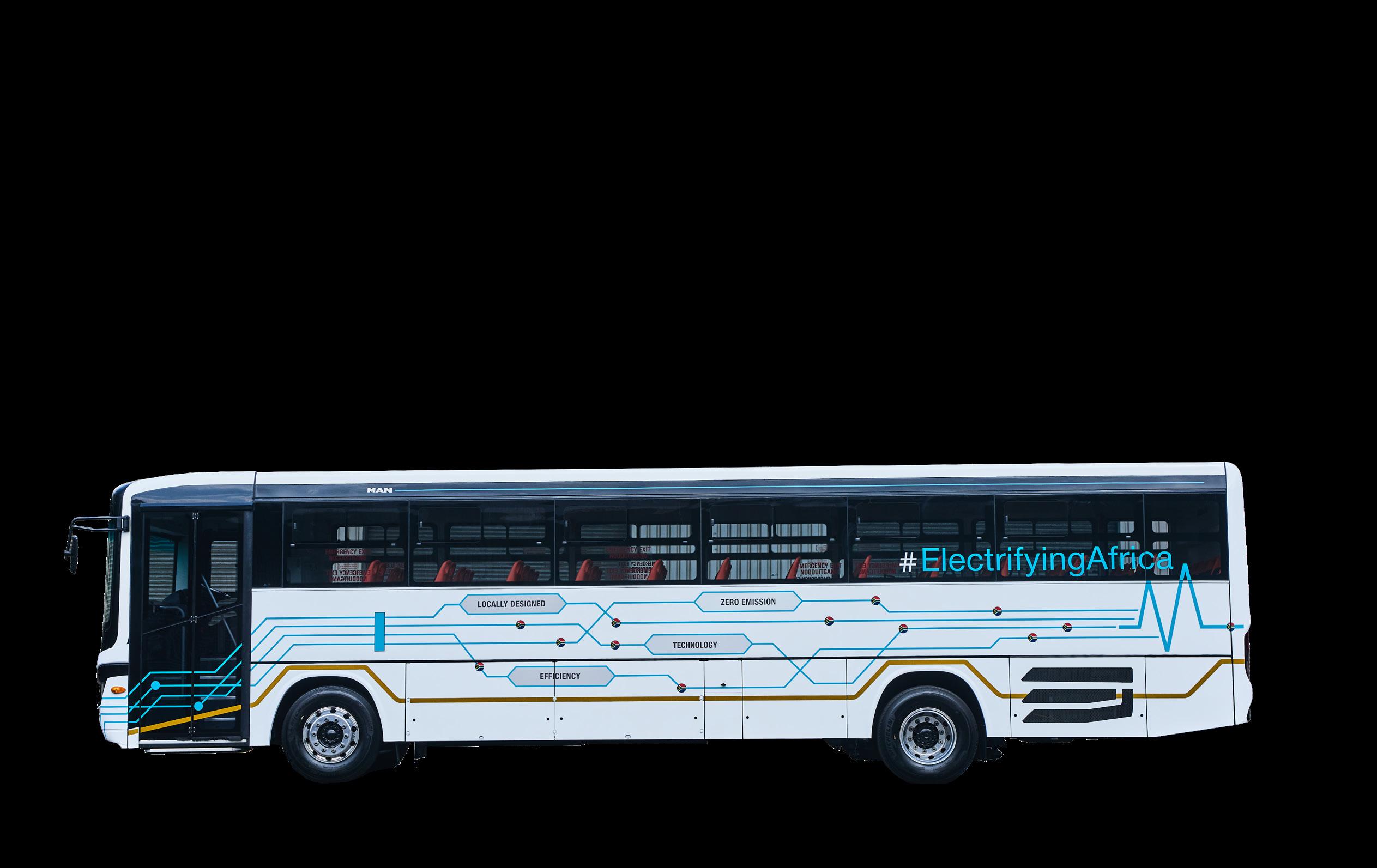

With a consistent focus on quality, HAPPICH GmbH, is the leading interior supplier for commercial and special purpose vehicles, with roots in the global markets.
Our comprehensive range of products includes: locks and locking devices, fittings and hinges, roof hatches, vents, ventilators, emergency hammers, handles, push buttons, handrails, sun protection, profiles, acoustic parts and door systems.
Whether for buses, rail vehicles, cabins, or in engineering, HAPPICH represents a high standard of quality, wellengineered production technologies, and style.
The professional competence that we acquire in individual domains creates intersectoral synergies for the benefit of customers in all the other branches.
We are able to respond to the specific requirements of the various markets with variable and custom-made solutions to our wide product range and our development competence.
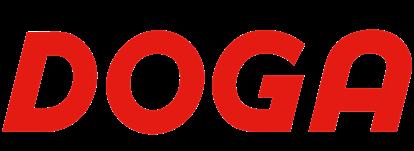
DOGA is a company founded in 1958 in Barcelona (Spain) and each product is the result of a unique project that has been specifically developed for each application. In order to offer a complete range of products, we design and produce windshield wiper systems, washer systems, automotive tanks, plastic components, DC motors and window lifters.
Electronics has allowed us to take our motors to a higher level and the accurate control of the movement offers a unique and precise result that meets the expectations of each customer.

With affiliated companies in Italy, the USA, Mexico, Brazil, China, India, and Morocco, we export our products to more than 70 countries and operate in multiple markets.

Rearview mirror systems
Ashtree Vision and Safety are one of the UK’s leading commercial mirror exporters. Now into a fifth decade of trading, Ashtree are firmly established as one of Europe’s premier designers and manufacturers of mirrors, mirror arms and mounting brackets for commercial vehicles.
Still family owned and managed, Ashtree have a desire and passion to increase visibility and create solutions for blind spots on all types of vehicle and machine.
With no outside shareholders to be accountable to we are able to create products that we feel are the best solution rather than something that would satisfy a balance sheet. Designing internally, or working with consultants when required, enables us to manufacture the products that we feel offer the best solution to a

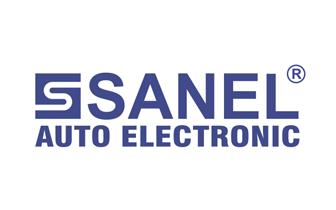

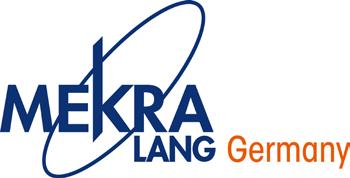
digitalisation, and more, allowing clients to shine with the right solution.
Through the company’s highly trained personnel, plethora of available spare parts, and ability to sort potential issues faster than others, it offers a more efficient model for its customers to rely on.
By steering the whole value chain, MAN Automotive is more flexible in terms of reacting to market trends and adapting to customer preferences.
“We know our clients very well, which allows us to speak to them directly and take their feedback onboard for future developments,” details Aichinger.
“We are constantly analysing how we can do things differently, and part of that is driven by external factors such as exchange rates.”
It is also of crucial importance to tailor MAN Automotive’s operations to the SA model as opposed to the

European model from which the company stems.
For example, in Europe, there are legislated driving hours for those operating large vehicles, whereas in SA, those same rules don’t exist, thus changing the behaviour of the driver within the truck and the requirements.
“For me, that is one of the challenges yet one of the thrilling parts of the job – the diversity,” excites Aichinger.
As MAN Automotive has certain products shipped into the country from Europe, such as manufacturing kits with a nine-month lead time, supply chain optimisation is a main priority for the company.
“With two different plants, we are constantly working on improving our supply chain processes and how the interaction between each plant can be made more efficient,” explains Aichinger.
“You don’t want to have a plant that is producing bodies without chassis, resulting in a standstill. On the other hand, you don’t want too many chassis standing around waiting to be bodied.”
Additionally, a continuous topic for the company is spare parts – more specifically, the optimum number of spare parts available.
As highlighted during the COVID-19 pandemic, maintaining an appropriate level of stock and dedicating the time to understanding what a suitable amount is cannot be understated.
A lack of availability can result in severe disruption to countless industries and insurmountable costs incurred by trucks and buses that remain at a standstill.
Alongside spare parts, the company and industry at large recognise that overnight shipping – or just-in-time shipping – needs to be re-evaluated.
“We are so used to getting shipped
everything overnight, but it comes at a cost – i.e., to the environment – so the question becomes, where is the balance?” furthers Aichinger.
The importance of a balanced supply chain can be directly observed in the current SA environment, where the rail network has almost come to a complete standstill, forcing goods and commodities to be transported exclusively by road.
While this may seem a win for the likes of MAN Automotive in the short term, it has a devasting impact on the national economy and equal distribution of the supply chain in the long term.
Without the balance between rail and road, countries such as SA will experience a competitive disadvantage as the cost of transporting commodities resting solely on the latter is not cost-efficient.
“We need strong railways for certain goods, as it is more effective and reduces our collective carbon footprint. It would be short-sighted to say that this almost standstill is a good thing because even though we may have more trucks on the road at the moment, if the country suffers long term, so will we,” states Aichinger.
Supporting the local SA economy is a matter of great importance to MAN Automotive, and one of the primary ways in which it accomplishes this objective is through utilising local partnerships and suppliers.
During the life of a truck or bus, exchanging parts, such as batteries, is something that will inevitably be required.
In the past, the company would have these batteries shipped from Europe to SA. However, it was promptly recognised that this was not the most cost-efficient way of conducting business.
Therefore, MAN Automotive decided to develop a complete
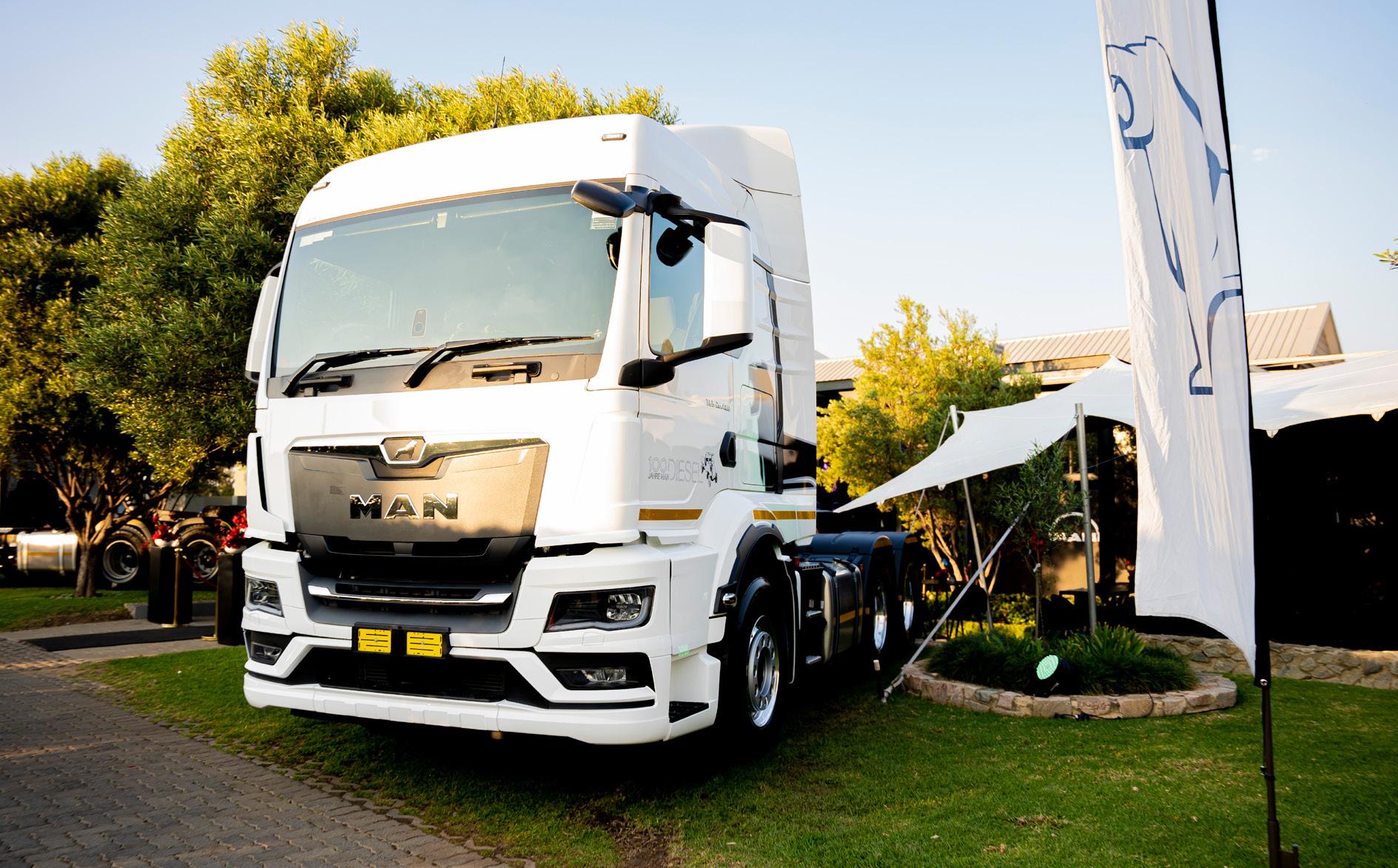
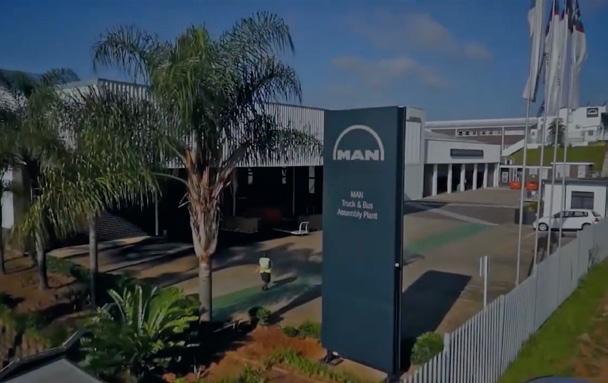
second line of spare parts. What started with batteries has now grown outwards as a result, consisting of a portfolio of numerous spares that serve to benefit both the business and its dedicated customer base.
When acquiring these parts, the company ensures that the quality and durability it has become known for remain consistent by imparting stringent regulations and expectations upon suppliers.
Another significant aspect of supply management includes MAN Automotive’s bodybuilding plant, where it constantly looks at how it can assist local suppliers to improve quality.
“Customers expect enhanced product quality, and we are here to
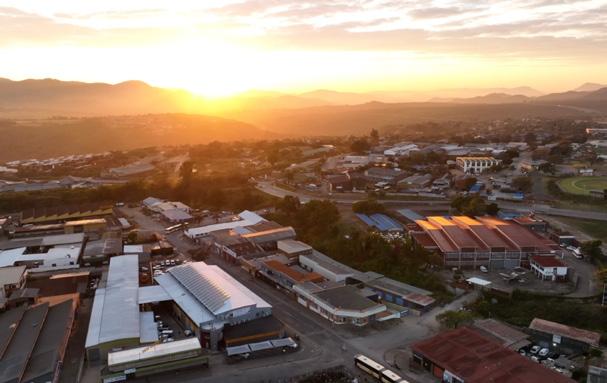
help them find local companies and develop them around us,” details Aichinger.
“At the same time, we must ensure that local companies diversify and develop other supplies as well. If they become too dependent upon us and we experience some fluctuations, it could severely affect the economy.”
Quality management and the ability to attract other industries where the same products are being used is something that MAN Automotive is investing a lot of time in to support the country and its people.
Aichinger attests that it is truly a unique environment in SA compared to the other countries he has worked in, with a substantial procurement team dedicated to working hard every
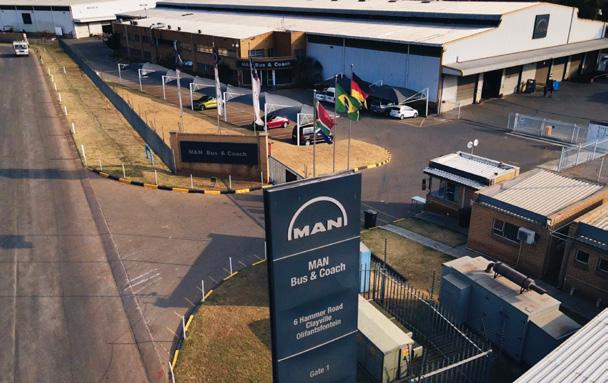
day to ensure quality, satisfaction, and longevity.
Currently, one of MAN Automotive’s most exciting and important projects is its introduction of e-buses into SA.
“We are proud to be bringing technology into the country – not just importing it but producing it in SA. We’ve developed a completely new body and are assembling the electromobility locally,” insights Aichinger.
The implementation of e-buses will also result in additional training and jobs for local communities, as a significant amount of education is required to safely and successfully work on these high-voltage vehicles.
For over 20 years, TankSafe® has been dedicated to preventing fuel theft, developing an advanced range of fuel security devices designed to actually stop siphoning. The flagship product, TankSafe® ‘Optimum,’ offers 100% protection against fuel theft through siphoning and skimming, as well as from spillage.
Since its inception, TankSafe® has sold over 2.9 million units worldwide, a clear testament to the effectiveness and reliability of their fuel security solutions. This global reach highlights the growing recognition and trust in TankSafe® products as essential tools in the fight against fuel theft across various markets.
In addition to the TankSafe® ‘Optimum,’ the company has expanded its product range to protect all secondary access points, ensuring a comprehensive full lockdown for vehicle fleets. This full-spectrum protection is aimed at giving fleet operators peace of mind by safeguarding every potential vulnerability in their fuel systems.
Ken Bailey, Managing Director of TankSafe South Africa, is acutely aware of the impact that rising diesel prices have on operators. With fuel costs climbing, every drop of diesel becomes increasingly valuable. However, many operators are losing significant amounts of money due to fuel theft, particularly through the siphoning of fuel from trucks—a crime often perpetrated by criminals and, in some cases, even by drivers themselves.
It’s a harsh reality that South African truck operators, who play a crucial role in keeping the economy moving, face a constant threat from various criminal activities. While hijackings and truck looting often make headlines, fuel theft—though less publicised—remains a significant and ongoing issue. Despite their essential role in the economy, these operators are left vulnerable to such crimes, which not only jeopardise their operations but also erode their profitability.
Drawing from TankSafe’s extensive experience in combating fuel theft, Bailey reveals a troubling reality: it’s often an operator’s own employees who serve as the crucial link between syndicates and the fuel in their trucks. “These employees accept bribes, siphon off fuel, and then sell it,” Bailey explains. “The syndicates, in turn, frequently resell the stolen fuel
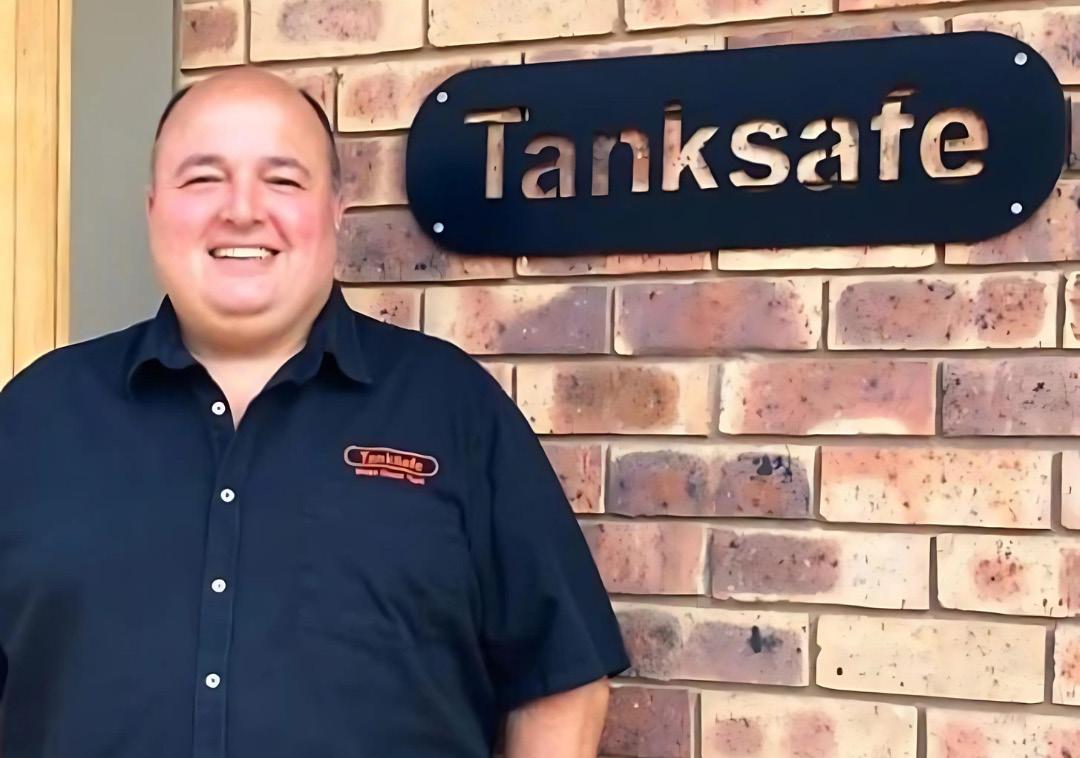
to other trucking companies, sometimes even to competitors, giving them the ‘advantage’ of cheaper diesel.”
A testament to the quality and effectiveness of TankSafe® products is their adoption by several leading OEMs in South Africa, including Daimler Trucks, DAF, UD Trucks, Iveco, and TATA, which now fit TankSafe® as standard equipment. In March 2022, MAN Automotive South Africa also approved TankSafe® as an accessory for aftermarket fitment, leading to thousands of units being installed since then. Additionally, Imperial Logistics, one of the country’s largest fleet operators, has installed over 800 TankSafe® units after testing various alternatives.
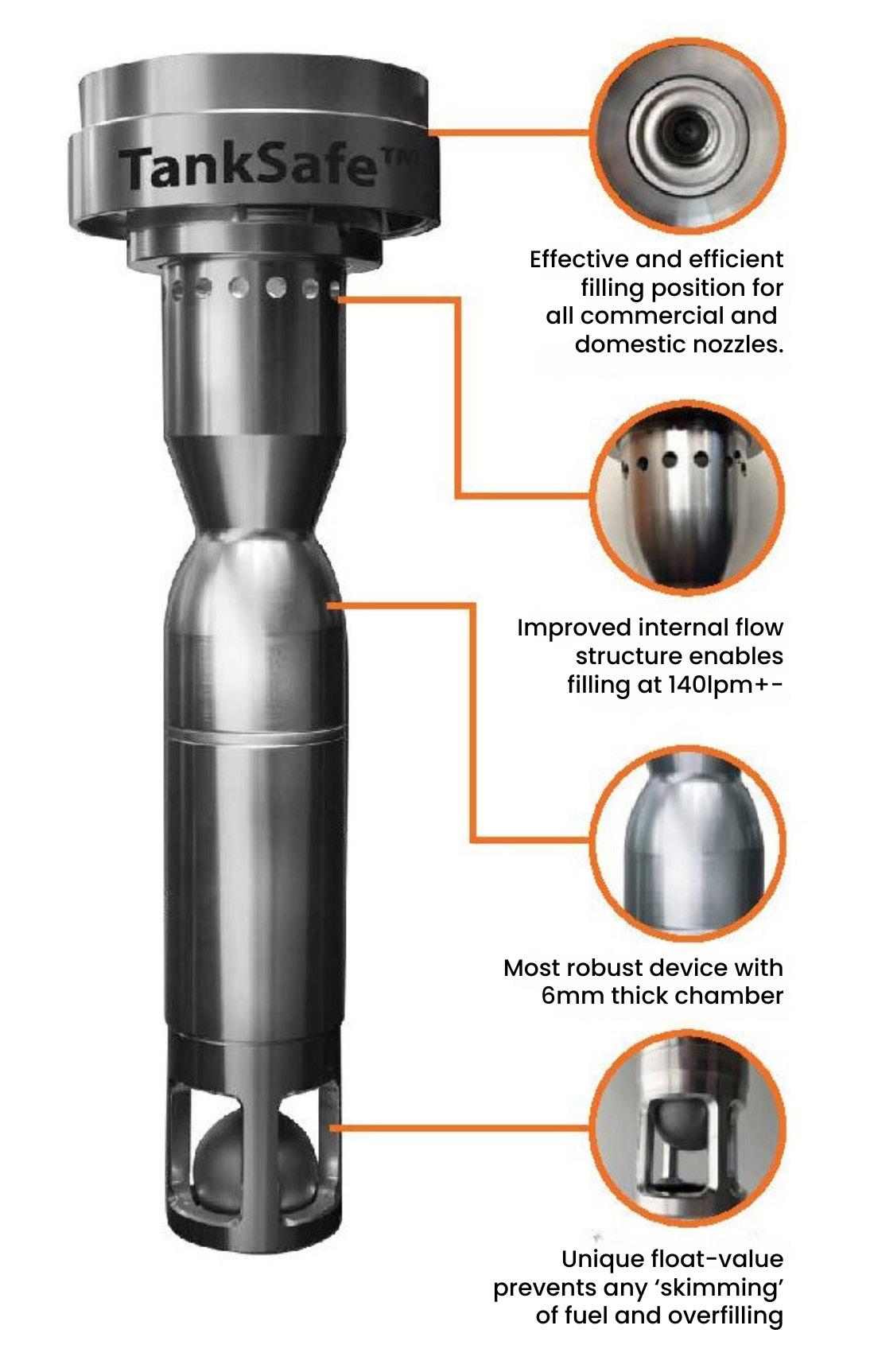
“This reflects a shift in market perceptions,” says Bailey. “We believe that soon, all OEMs, fleet operators, and logistics companies will realise the opportunity they have to help their customers by reducing the total cost of ownership with a truly ‘fit for purpose’ solution.”
While the fight against fuel theft might seem daunting, Bailey believes that truck owners and fleet operators can make a significant impact by securing their fuel tanks properly.
“If we can cut off the subsidiary pipelines of the syndicates— namely, drivers who steal and resell fuel on their behalf—then we can start fighting back against the scourge of siphoning and fuel theft,” Bailey asserts. And indeed, it all makes perfect sense.




A unique float-valve allows fuel to flow into the tank during the filling process and then ‘locks’ the tank once filling is complete.
In this way, no fuel can be siphoned, not even the top few centimeters. The float-valve lock process also prevents overfilling and spills, which alleviates a lot of Health & Safety as well as environmental concerns.
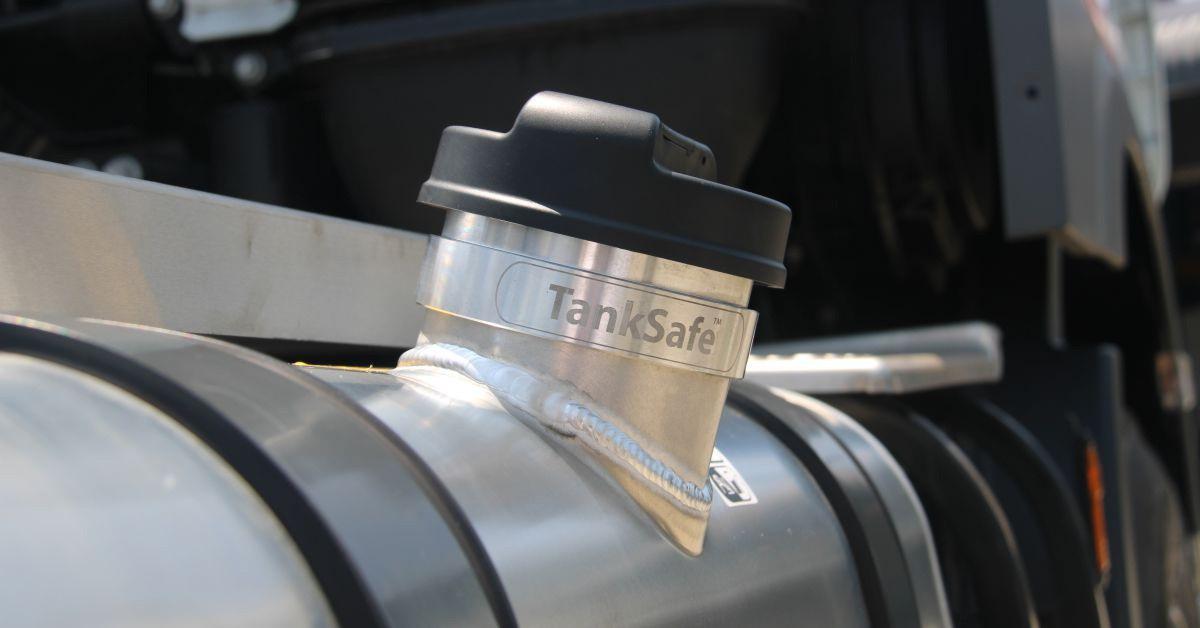

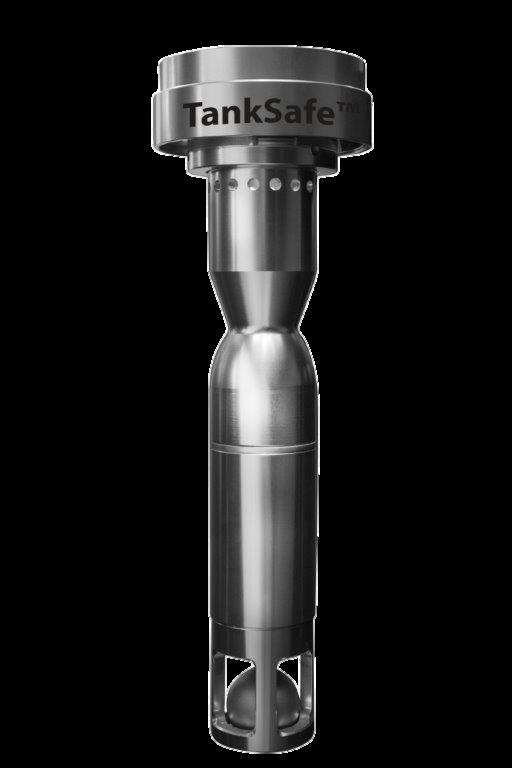
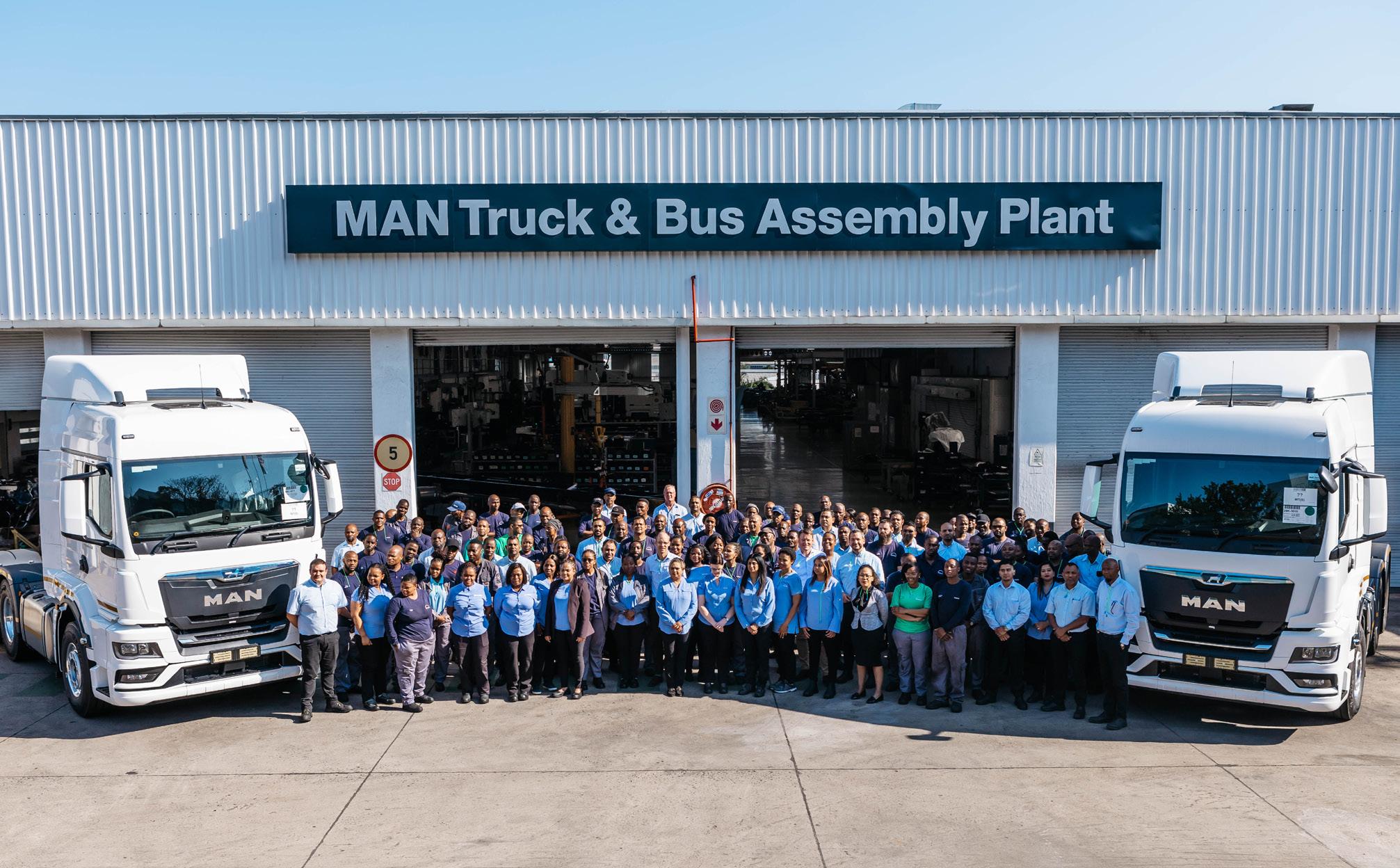
“WE WANT TO CONTINUE SETTING OURSELVES APART GOING FORWARD BY FOCUSING OUR CUSTOMERS ON TCO – IT’S NO LONGER JUST ABOUT THE PRICE OF THE VEHICLE”
– JAN AICHINGER, MANAGING DIRECTOR, MAN AUTOMOTIVE SOUTH AFRICA
Another substantial project MAN Automotive is undertaking is broadbased Black economic empowerment (B-BBEE) – an SA government policy and legislative framework that aims to increase native African participation in the economy.
The objective is to promote economic transformation, improve African representation in ownership and management structures, increase the involvement of communities and employees in economic activities, and provide skills training.
“All companies are categorised into a level depending on how much they are supporting the transformation of the country, with Level 1 being the best. We started at Level 8 and have worked our way to Level 3 through
supplier development, corporate social responsibility (CSR), training, education, and diverse management,” expands Aichinger.
With CSR being an essential part of MAN Automotive’s core values, training and educating a more diverse workforce is of the utmost importance to the company.
“We don’t just do it for the sake of achieving a certificate. We do it because we sincerely believe it is helping us to ensure a more sustainable, long-lasting, and diverse future. We have seen first-hand how it is helping us with localisation, spare parts availability, shipping costs, and our carbon footprint.”
In parallel, the company is prioritising onboarding more women
into the business, as the industry has been traditionally male-dominated for most of its history.
Currently, 38 percent of MAN Automotive apprentices are women, and it is seeking to increase that number even further by developing female employees’ talents and ambitions from the ground up.
Aichinger experienced the importance of a diverse workforce from a young age when his parents insisted that both he and his sisters share the same chores and responsibilities around the house.
“I’m still immensely grateful for the lessons I learned from that time, as it helped me understand that to broaden our base of talents and make our teams more successful, we need
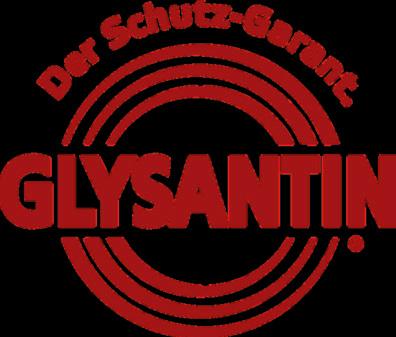

GLYSANTIN®, invented and patented in 1929, proudly represents the world’s first engine coolant. Ever since, the brand and its products have continuously evolved to meet and exceed the developing market needs. By today, GLYSANTIN® offers dedicated product families providing market-leading solutions with measurable sustainability contributions for current and future mobility concepts.
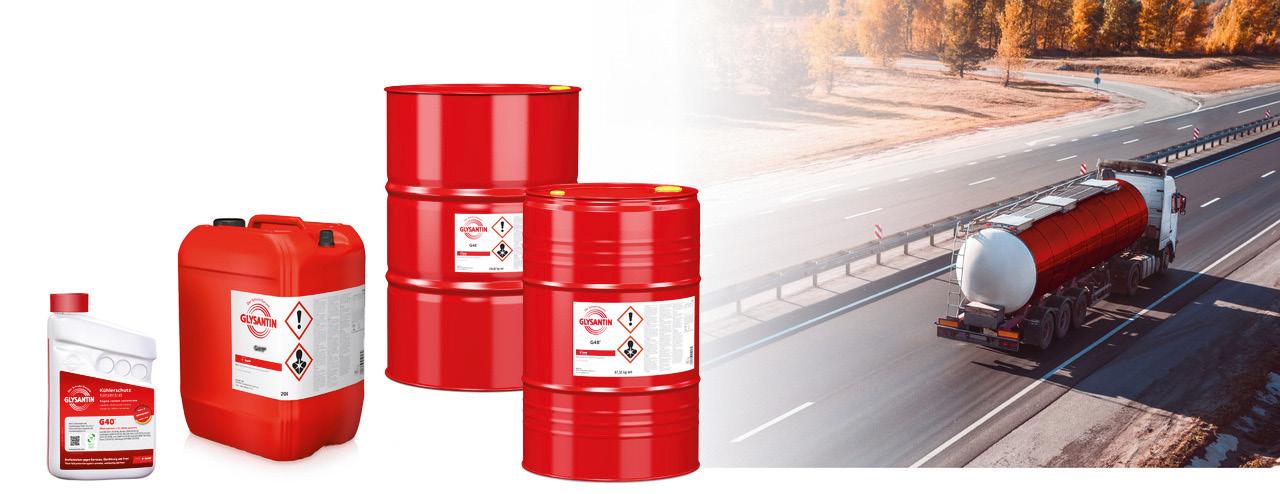
As we continue to rethink and advance cooling on a continual basis, we are convinced that being 'cool, cooler, cooolant' only comes with one name and that’s GLYSANTIN®der Schutzgarant, providing established German premium quality with multiple protection.

Get in touch with our experts in Africa:
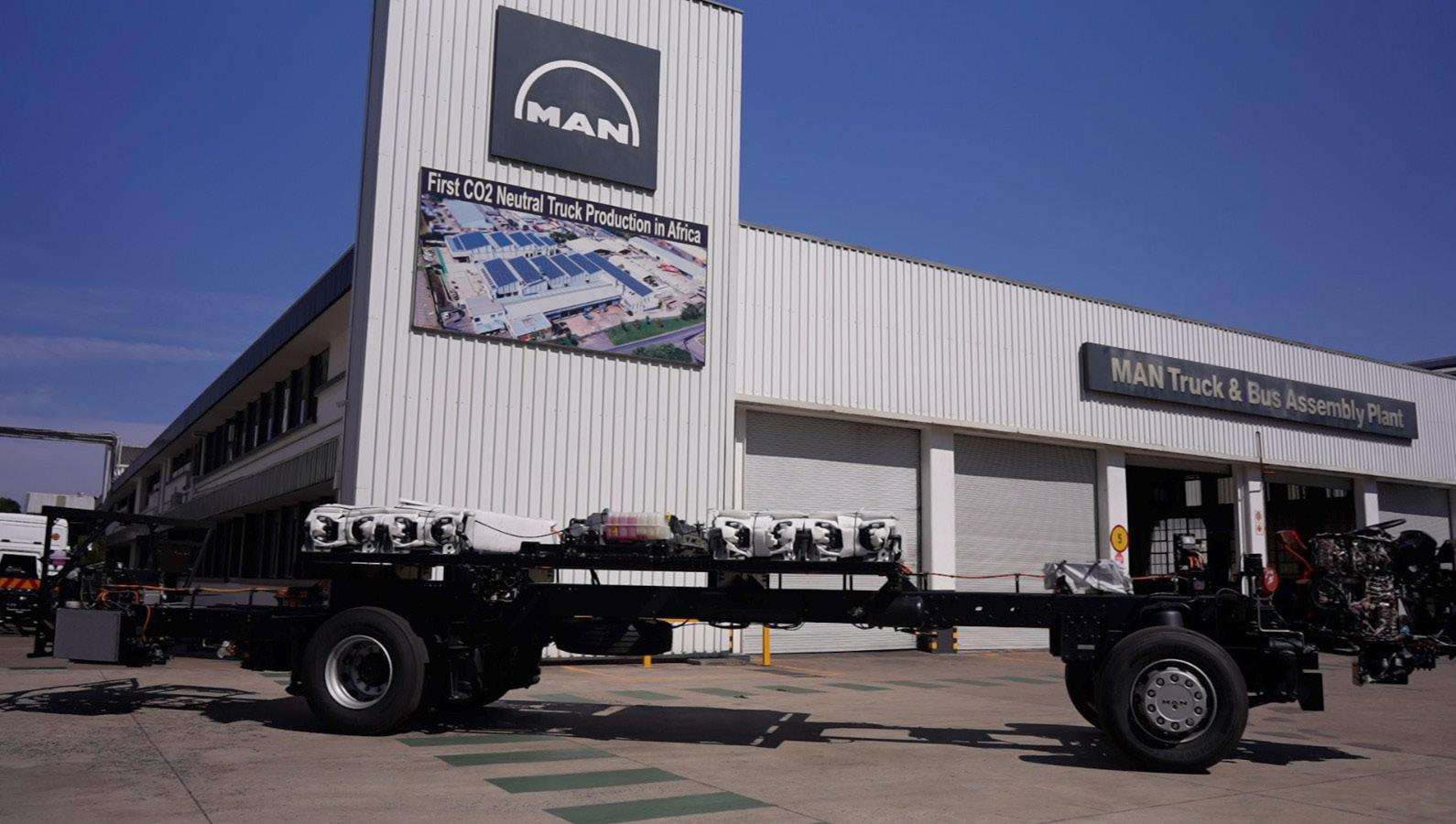
“WE ARE PARTICULARLY PROUD THAT WE HAVE BUILT A VARIETY OF LONG-LASTING CUSTOMER RELATIONSHIPS”
– JAN AICHINGER, MANAGING DIRECTOR, MAN AUTOMOTIVE SOUTH AFRICA
the undeniable strengths of different points of view, experiences, talents, and backgrounds. A team dominated by one majority is never as successful at the end of the day,” he imparts.
As a commercial vehicle manufacturer, MAN Automotive acknowledges its responsibility to do all it can to contribute to climate and environmental protection.
This, along with CSR and good corporate leadership, are increasingly crucial aspects for a viable future and an integral part of the company’s corporate strategy.
In 2022, MAN Truck & Bus anchored the topic of sustainability in its official strategy, furthering its commitment to greenhouse gas (GHG) total balance neutrality by
2050 and pledging to do so as part of the climate protection programme, Science Based Targets initiative (SBTi).
The first step consists of reducing 70 percent of GHG emissions at global sites by 2030 and lowering its truck, bus, and van fleet emissions by 28 percent.
A significant component of this GHG reduction strategy is decarbonisation through the electrification of the company’s vehicles. The initiation of this strategy can be observed through the introduction of e-buses in various models and vans with electric drives that are available to customers today.
These EVs are at their strongest in an urban environment, where they are emission-free and actively contributing to improving air quality, alongside being quieter on the roads
than traditional diesel engines.
Additionally, the company is actively researching corresponding zero-emission technologies in the area of electromobility, including hydrogen combustion engines and hydrogen fuel cells, which are in the pre-development phase.
MAN Automotive is also developing and testing automated driving applications together with science and industry partners, as autonomous commercial vehicles are leading to a radical transformation of customer business models.
MAN Truck & Bus’ aim is to meet its social responsibility and become a leading provider of intelligent and environmentally-friendly transport solutions, as the company views sustainability as a key part of remaining competitive on a global scale for years to come.
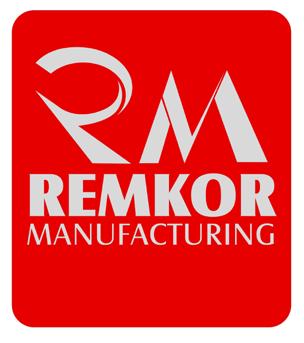
‘Driving’
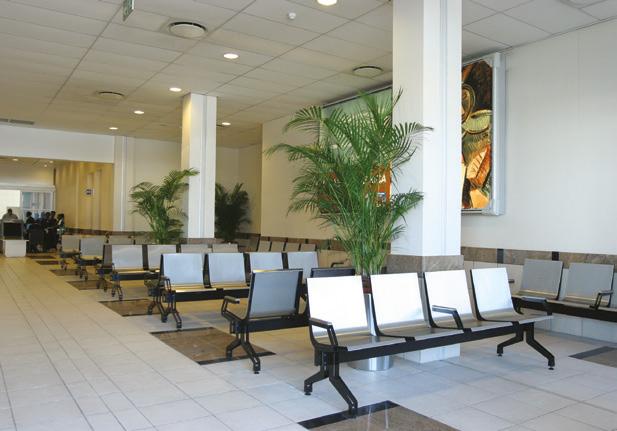
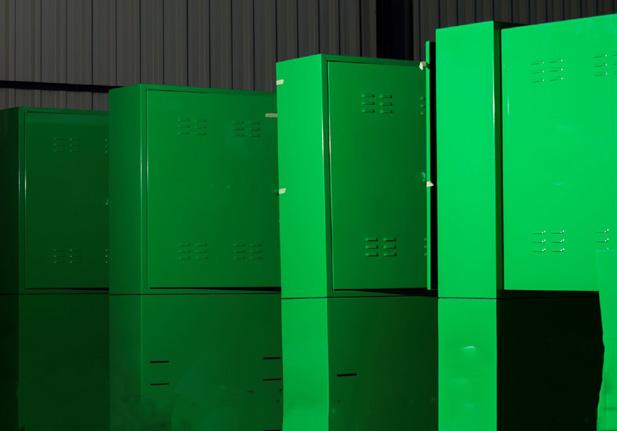
The South African automotive sector’s increasingly strong drive towards localisation is boosting suppliers within the steel fabrication sector, and one such supplier to MAN Automotive is leading Johannesburgbased steel fabricator Remkor Manufacturing.
“Remkor has a deep understanding of the local market, as well as a world-class fabrication service offering, underpinned by decades of experience. These combined factors position the company perfectly to support the automotive industry, which is one of the country’s largest manufacturing sectors and export success stories,” says Remkor Co-Director Gwen Mahuma-Madiba. First-rate fabrication services and facilities
As a proudly South African company with 51 percent Black women ownership, Remkor specialises in the fabrication of customised sheet metal products for the rail, energy, telecommunications, petroleum and transport sectors. Services include laser cutting, machining, sheet metal and pipe bending, chemical pre-treatment, powder coating, liquid painting, screen printing, form-in-placegaskets, complex mechanical assemblies and electrical reticulation and testing.
From a small entity with 25 employees located in a 400 m² building, Remkor has grown exponentially, now occupying a 6,500 m2 facility and employing over 110 staff.
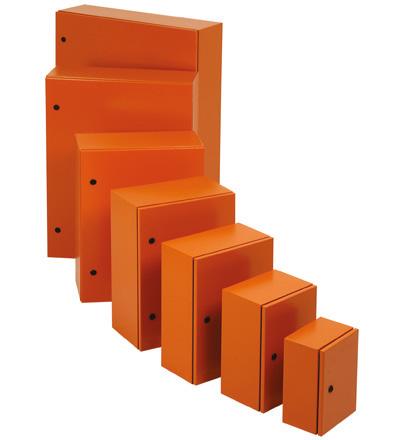
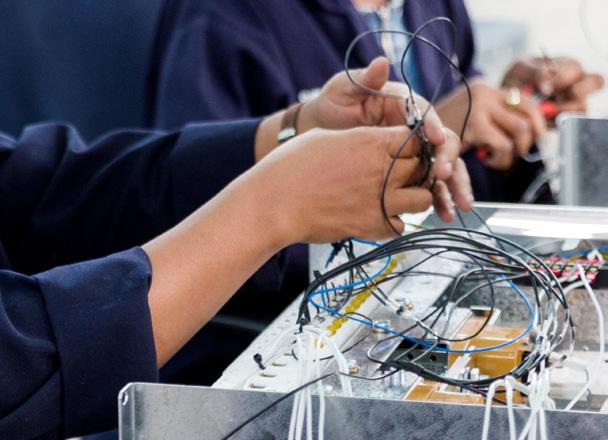
A second, much larger property was recently acquired to house Remkor’s liquid painting operation and upcoming investments in additional plant and equipment.
Growing relationship with MAN
Although the company started out primarily supplying the telecommunications industry, it quickly became a major supplier to many other sectors, including automotive. Remkor initially approached MAN in 2018 to manufacture components and assemblies for their product line. This process did take some time, and was further delayed by the COVID-19 pandemic, which essentially brought bus production to a halt.
According to Chief Operations Officer Raffaele La Monica, MAN and Remkor renewed their relationship in 2021: “They visited our factory and quickly realised that we were the right fabrication partner for them. We had the range of skills, capabilities and expertise they required, and could provide a turnkey solution to their fabrication requirements.”
Having met the requisite Supplier Assurance criteria, Remkor began supplying steel fabricated products such as handrails, parcel racks and other cosmetic components to MAN. As the relationship grew, Remkor added items such as structural assemblies–and is currently working closely with MAN to develop other components and assemblies
Products & Services:
• Laser Cutting
• Machining
• Sheet Metal and pipe bending
• Chemical pre-treatment
• Powder coating or Liquid Painting
• Screen Printing
• Form-in-place-gasket
• Complex mechanical assemblies
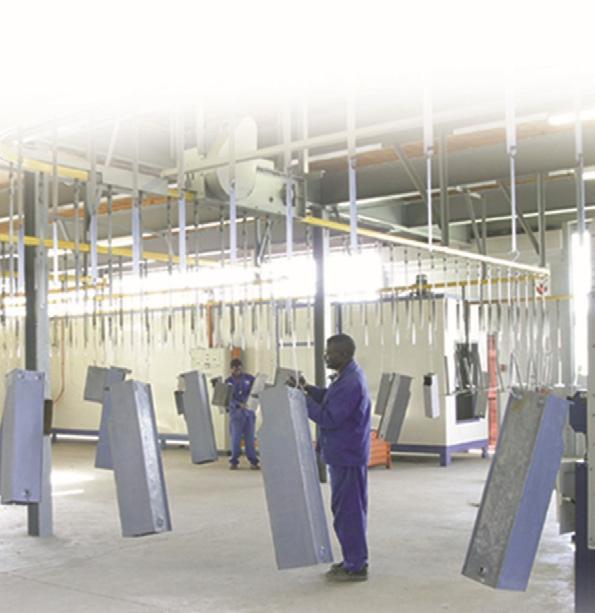
which it hopes to supply in the future.
“We highly value the relationship we have with MAN, and the opportunity which the diversification of its local supply chain represented for Remkor,” La Monica adds. Export replacement is very dear to MahumaMadiba’s heart: “Anything that can be imported in steel can be made locally. We have done it before. We just need to be given an opportunity!” she enthuses.
Proudly South African fabricator
“We are a proudly South African fabricator and know that our success enables us to develop skills and create jobs. We are also willing to invest, in order to accommodate our clients’ needs,” La Monica points out.
Remkor has already secured further funding from Industrial Development Corporation (IDC) – and using this, as well as some of its own funding, is working to acquire new equipment and expand its services and facilities.
“We are a serious contributor to South African localisation and industrialisation. This is about a wider ecosystem where jobs are created, and local skills are expanded and remain relevant. It is about pushing back against the tide of imports and protecting our local industry and manufacturing capabilities,” Mahuma-Madida concludes.
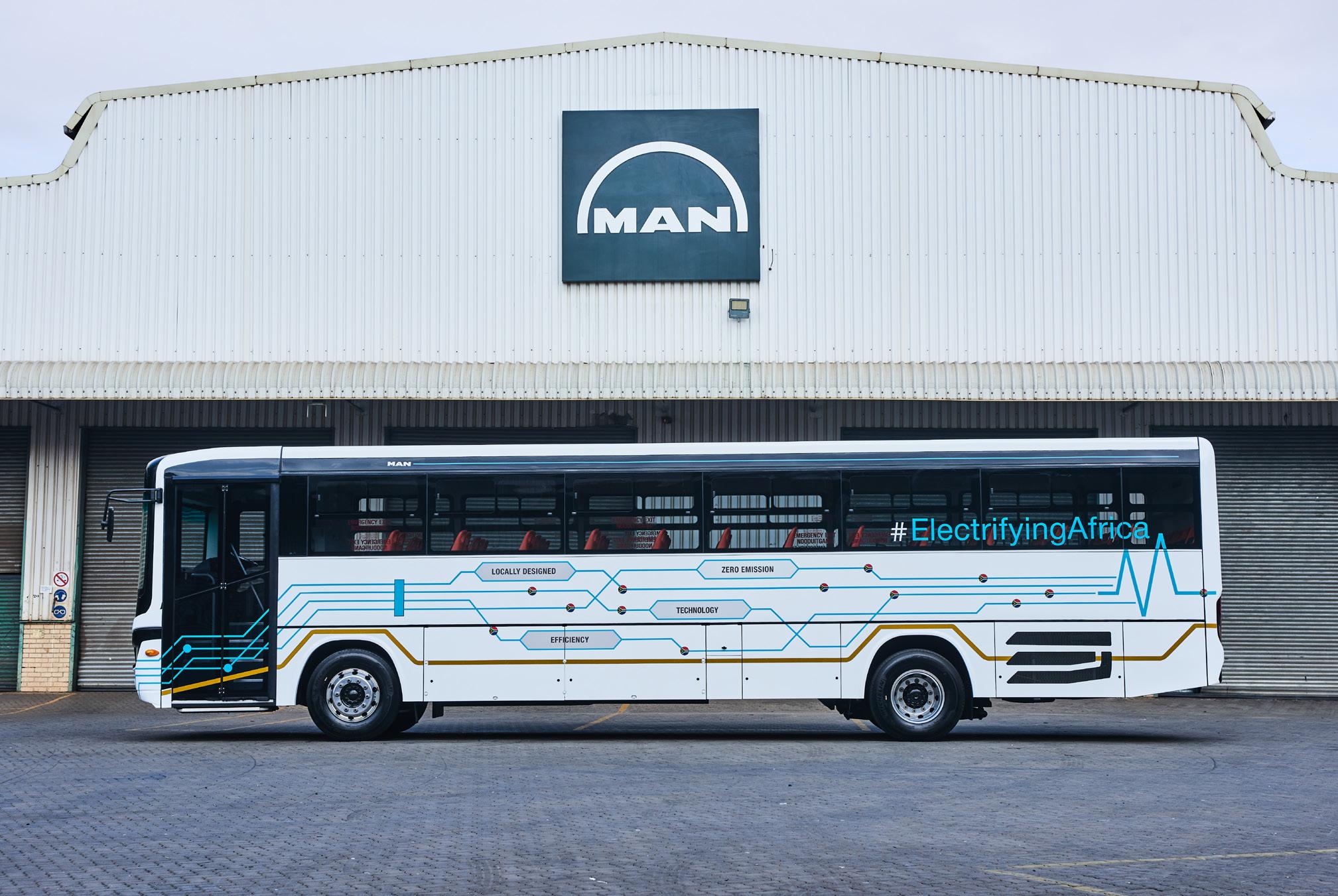
“I’VE ALWAYS SAID THE AUTOMOTIVE INDUSTRY POSSESSES SOMETHING EXCITING AND RARELY EXPERIENCES A REAL STANDSTILL. HOWEVER, THE TIMES WE ARE GOING THROUGH RIGHT NOW ARE PROBABLY THE MOST CHALLENGING AND EXCITING WE HAVE SEEN SO FAR”
– JAN AICHINGER, MANAGING DIRECTOR, MAN AUTOMOTIVE SOUTH AFRICA
Having played hockey throughout the course of his life, Aichinger is adamant that teamwork and collaboration to achieve a common goal is the framework for success in any capacity.
“Hockey is a team sport and describes how I run the company. I don’t believe that I am the best in every position, which is why I rely on my specialists and their assessments, ensuring that I can be their sounding board for any issues,” he states.
Additionally, Aichinger prioritises having an open-door policy, where people are always allowed to come in and have a conversation with him about their worries, ideas, and accomplishments.
He maintains the expectation that individuals enter not just with a problem or query, but with a proposed solution as well.
By providing space to think and ask questions without prejudice, he often finds that the best solutions
are already within people, who just need an appropriate and supportive environment to discover them.
“Like an orchestra, we all need to work hand-in-hand. The horn shouldn’t be louder than the viola, and as the conductor, I need to make sure that all the instruments play in harmony,” Aichinger alludes.
Of equal importance to Aichinger is the ability to persist throughout all obstacles and remain tenacious. This stems from his experience playing


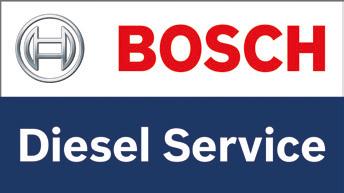
Building Business Partnerships for over 60 Years!
GanTrans is one of the longest running independent logistics companies in Kwa-Zulu-Natal, South Africa. The company was founded in 1963 by Mr. Ganes Pillay who grew the company from a single unit into the nationally recognised brand.
The company is a familyowned and managed business, with its head office based in Jacobs, Durban with branches in Cape Town and Johannesburg, South Africa.
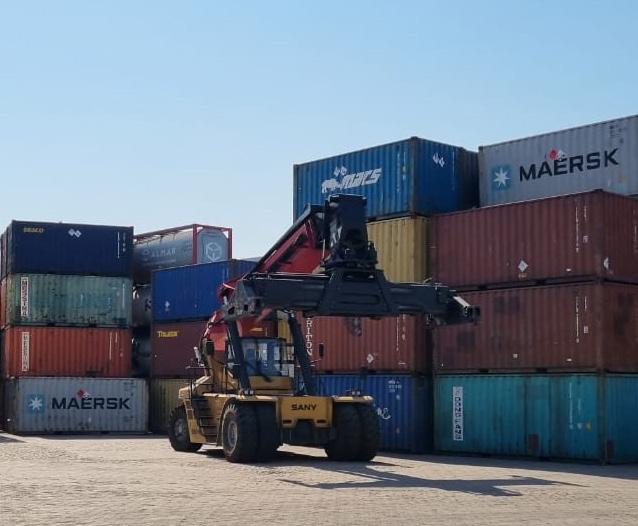
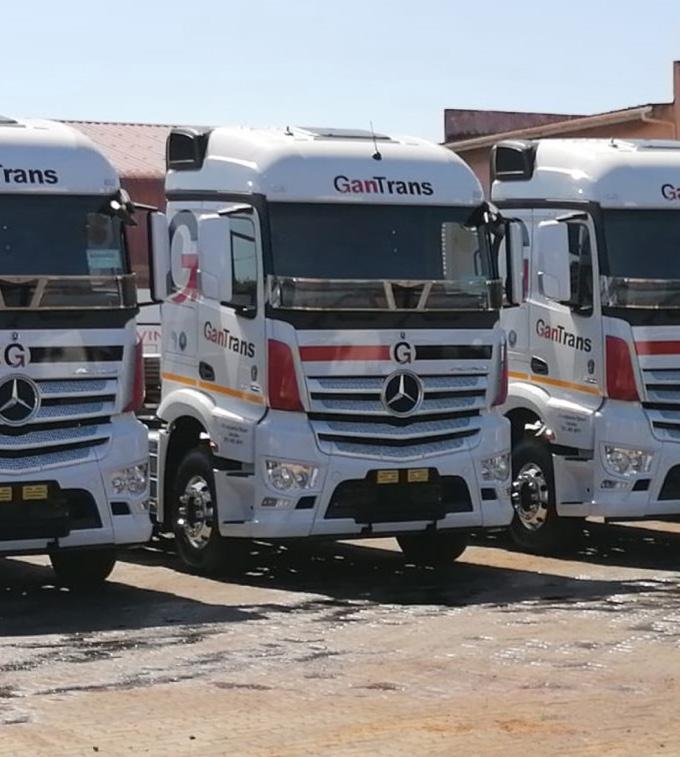

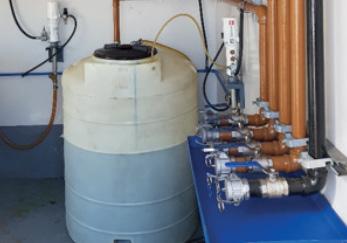

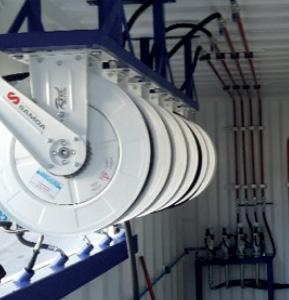
We provide the following services:
1. Storage, Handling and Transportation of ISO Tanks and Containers including warehousing
2. Transportation Liquid Bulk, Break Bulk including non-hazardous and hazardous
3. Providing a logistics turnkey solution
Since its inception in 1962 Lubrication Equipment (Pty) Ltd., has built up an enviable reputation for being a quality supplier of equipment associated with the application of lubrication to mines, petroleum companies, the automotive, industrial, and agricultural sectors. Its vast and ever-expanding product range includes everything from grease nipples to sophisticated computerised fluid dispensing systems. Technical innovation, design and commitment to service and quality have always been two major areas of focus at Lubrication Equipment.
With over 62 years of service, we are well positioned to supply, install, and maintain the equipment we supply on a national basis. Industry Leaders in Workshop Lubrication Installations, Special Projects and Lubrication Product Supplies.
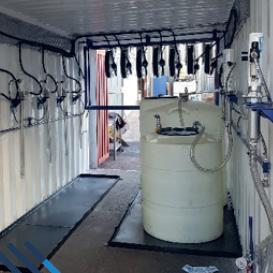
Proudly working alongside MAN Automotive

sports and the understanding that the desire and drive to achieve success are some of the most inspiring motivators.
“In a hockey match, you can still win in the last 30 seconds, the last five seconds, or even the very last second. You just have to believe it’s possible and refuse to give up; those who don’t believe it is possible will never achieve it,” he insights.
Aichinger ensures this enduring mindset is encouraged throughout MAN Automotive by engaging directly with employees in their own offices and workspaces as opposed to being holed away in his own.
Not only does this allow him to learn and understand their everyday challenges, but it also motivates others to utilise Aichinger’s expertise and view management as approachable individuals.
“The team here knows the SA market better than I do, and they
always will because they have lived here and have ridden the market for decades,” he details.
“Although I may not be able to get on the same level as them, I am here to provide my past expertise and knowledge to assist them even further and provide insights and different perspectives from a new angle that others may not have considered.”
Looking towards the future of MAN Automotive in the SA market, the company is highlighting a variety of key endeavours and priorities to ensure continued prosperity in the country, such as strengthening its market position.
Aichinger also possesses a secondary role within the nation as the Vice President of Medium and Heavy Commercial OEMs within the
National Association of Automobile Manufacturers of South Africa (naamsa) – a non-profit organisation established in 1935 to represent manufacturing OEMs, retailing OEMs, and heavy commercial OEMS.
“In this role, and also as part of my role at MAN Automotive, I advocate for how we can make the transport business safer and protect those on the roads,” he voices.
“There’s still a lot we can do in terms of training drivers, educating people, and ensuring that vehicles are well-maintained and road-worthy.”
He acknowledges that it will take a combined effort to implement these safety solutions from both the industry as a whole and the SA government through new laws and regulations.
Internally, at MAN Automotive, the company is emphasising talent management and development.
SPECIALISING IN:
• Hydraulic pumps
• Truck mounted hydraulics
• Water, diesel, vacuum and tipping applications
• PTO’s
• Control valves
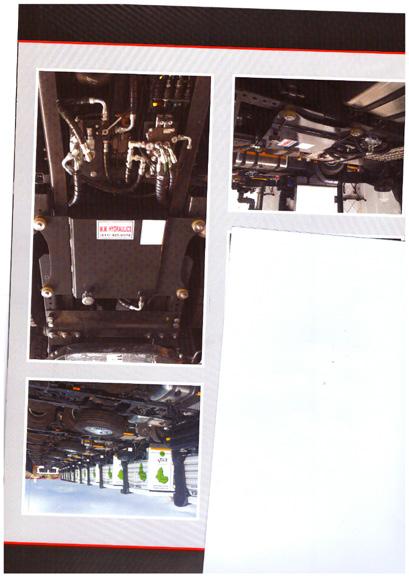
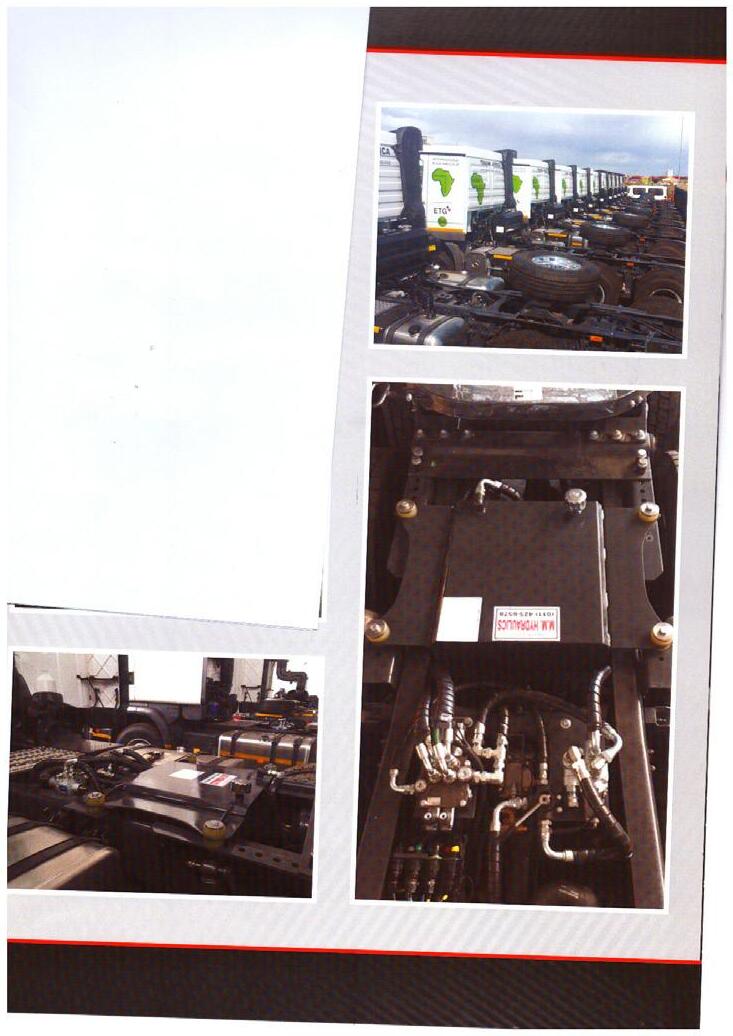
Specifically, Aichinger has recently implemented ‘Coffee with the MD’, a programme in which younger employees are invited to have a one-on-one coffee with Aichinger and spend a few hours speaking about whatever they please, as well as seeking his views on different matters.
“I’ll sit and speak with them and challenge their perspectives of the future and the country. I want to make sure they learn that they can ask any questions, as the most important thing to me is that they understand no matter who is in front of them, they are allowed to ask questions,” he emphasises.


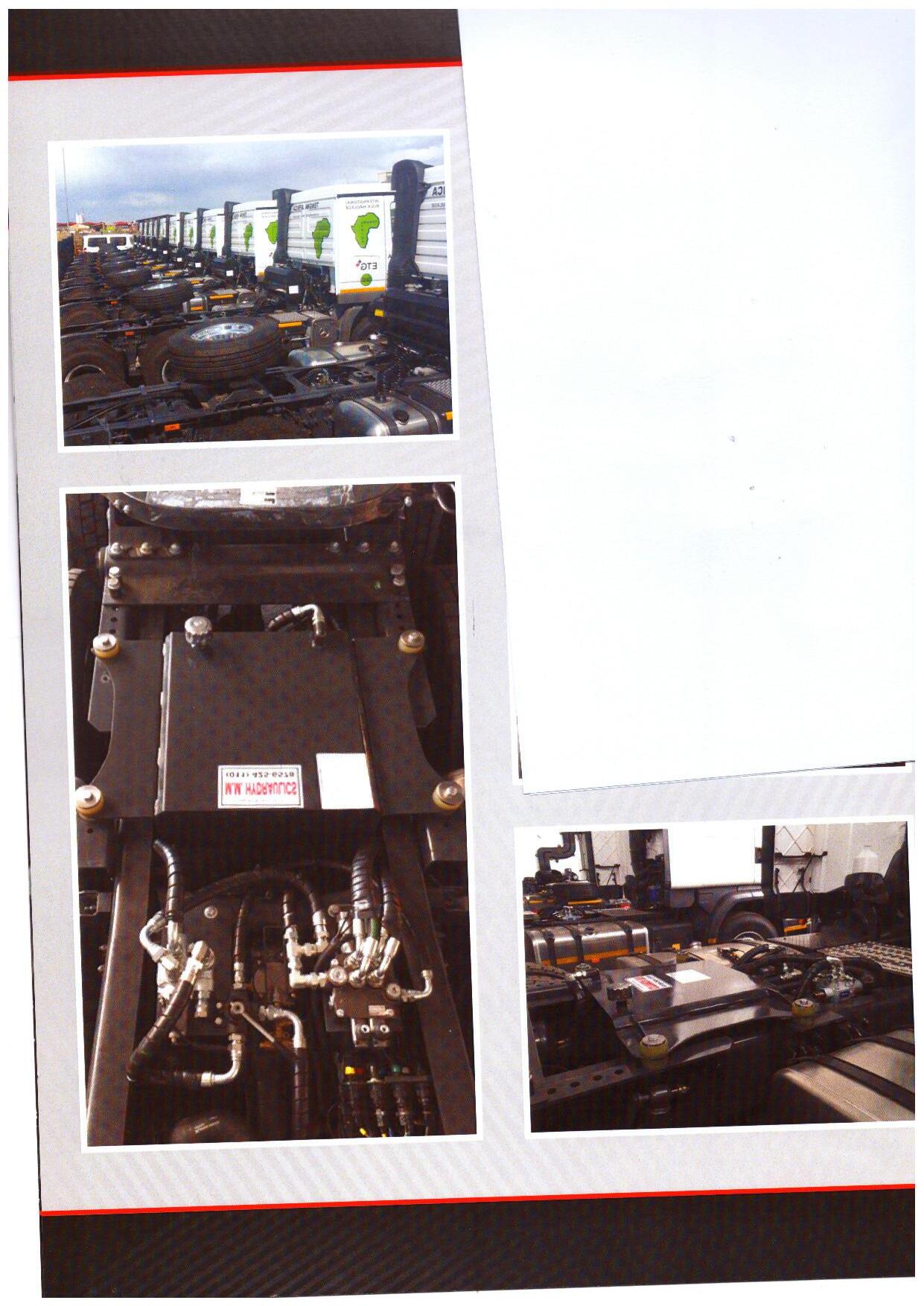
m a n a g e m e
This more casual setting encourages the young staff members at MAN Automotive to raise queries and discuss topics that they otherwise may have felt hesitant to bring up, whilst it also allows Aichinger to help develop the
next generation of transportation leadership.
In parallel, the company also partakes in the SA programme, Yes for Youth – the country’s highest impact private sector youth employment programme.
The initiative aims to address SA’s youth unemployment crisis by empowering businesses to create jobs for young people by working with companies to provide 12-month quality work experiences for unemployed individuals to become the managers, skilled professionals, and entrepreneurs of the future who will drive the economy forward.
To date, the programme has created over 157,000 work opportunities for young people, further fostering socioeconomic stability and prosperity, increasing B-BBEE benefits, and building a talent pipeline for the future of SA.
“As a country, we need to be able to attract investment through highly qualified, developed, and educated people, and I think it is our responsibility as a corporation to be a part of this change for the better,” concludes Aichinger.
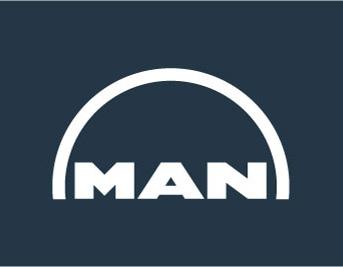
Tel: +27 928 6800
marketing_za@man.eu
www.mantruckandbus.co.za
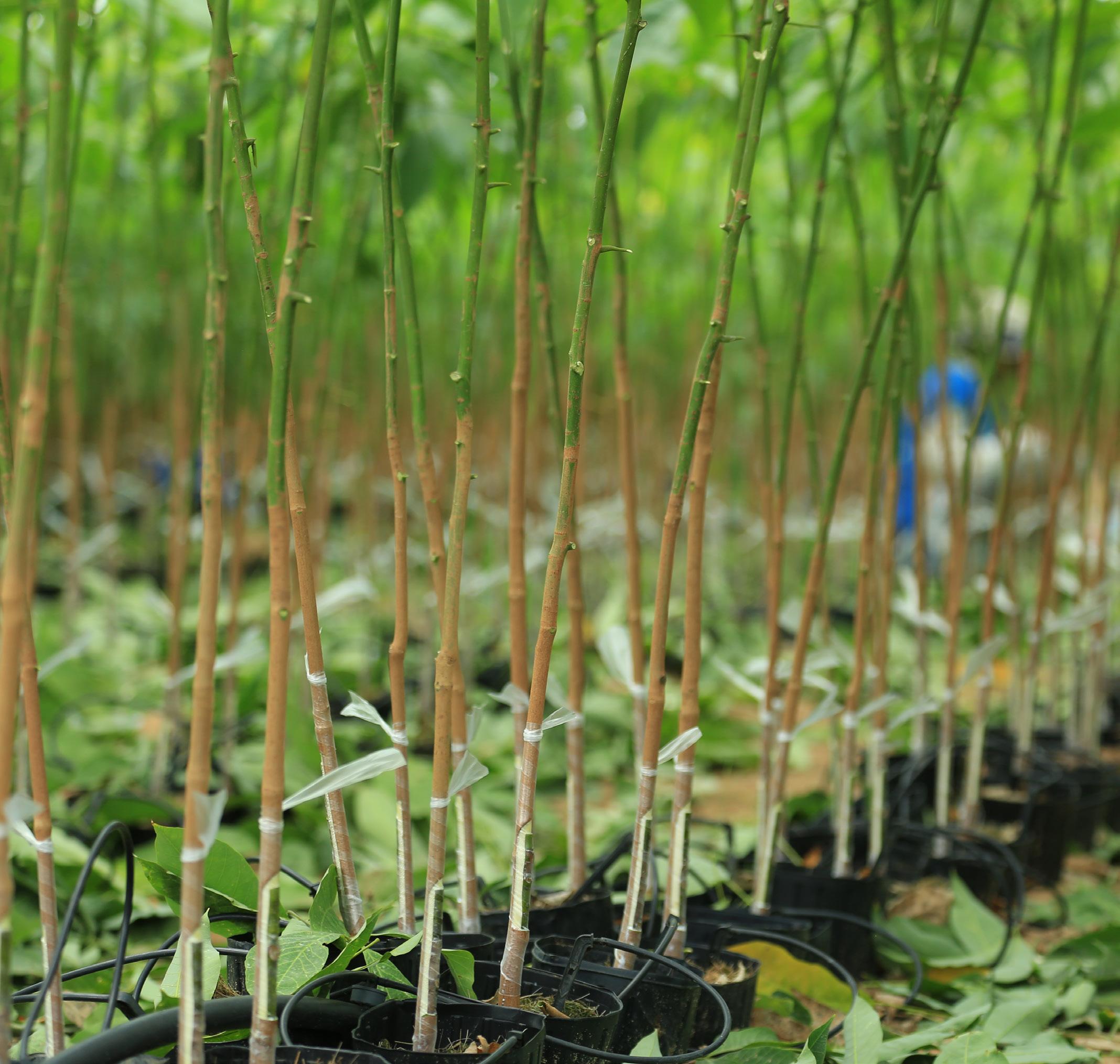

Going beyond merely producing high-quality natural rubber, SIPH proactively promotes the sustainable production of this crucial commodity across West Africa for the benefit of its smallholders and the future of the industry. General Director, Marc Genot, reflects on the company’s progress over the past year
Writer: Lily Sawyer | Project Manager: Poppi Burke
Having faced various obstacles over the years, from sustainability concerns to fluctuating consumer demand, the global rubber manufacturing field continues to demonstrate its resilience.
Largely supported by industrial activity in China, today the industry thrives – despite experiencing relatively low Singapore Commodity Exchange (SICOM) prices in 2023.
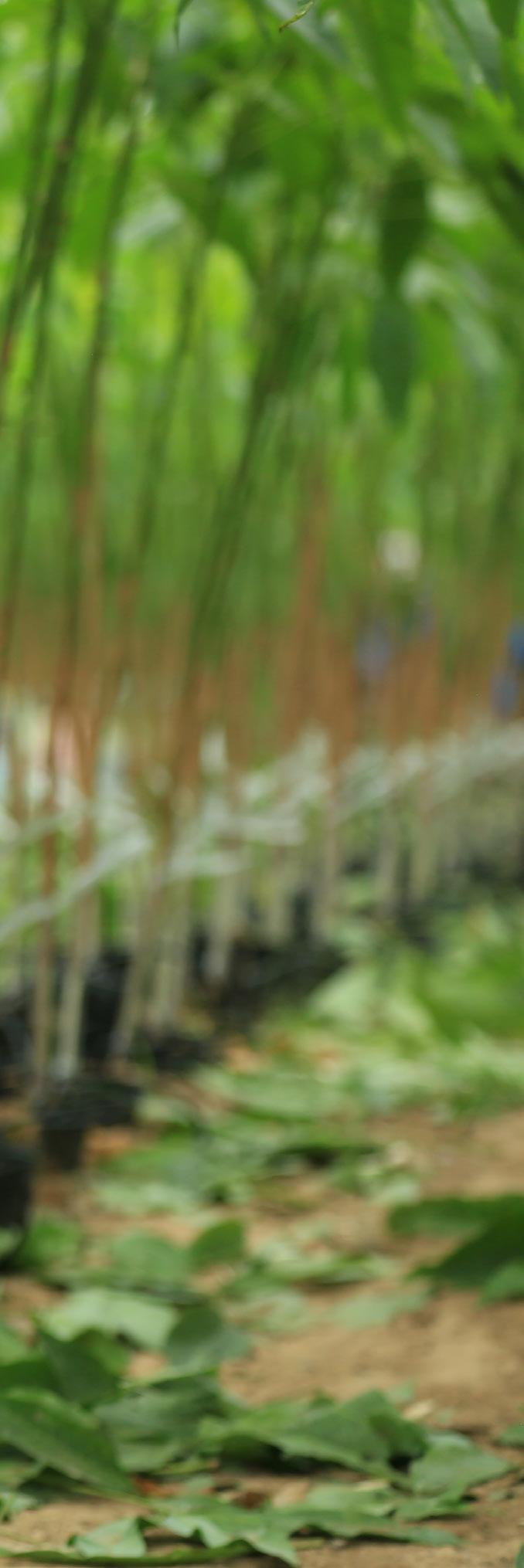
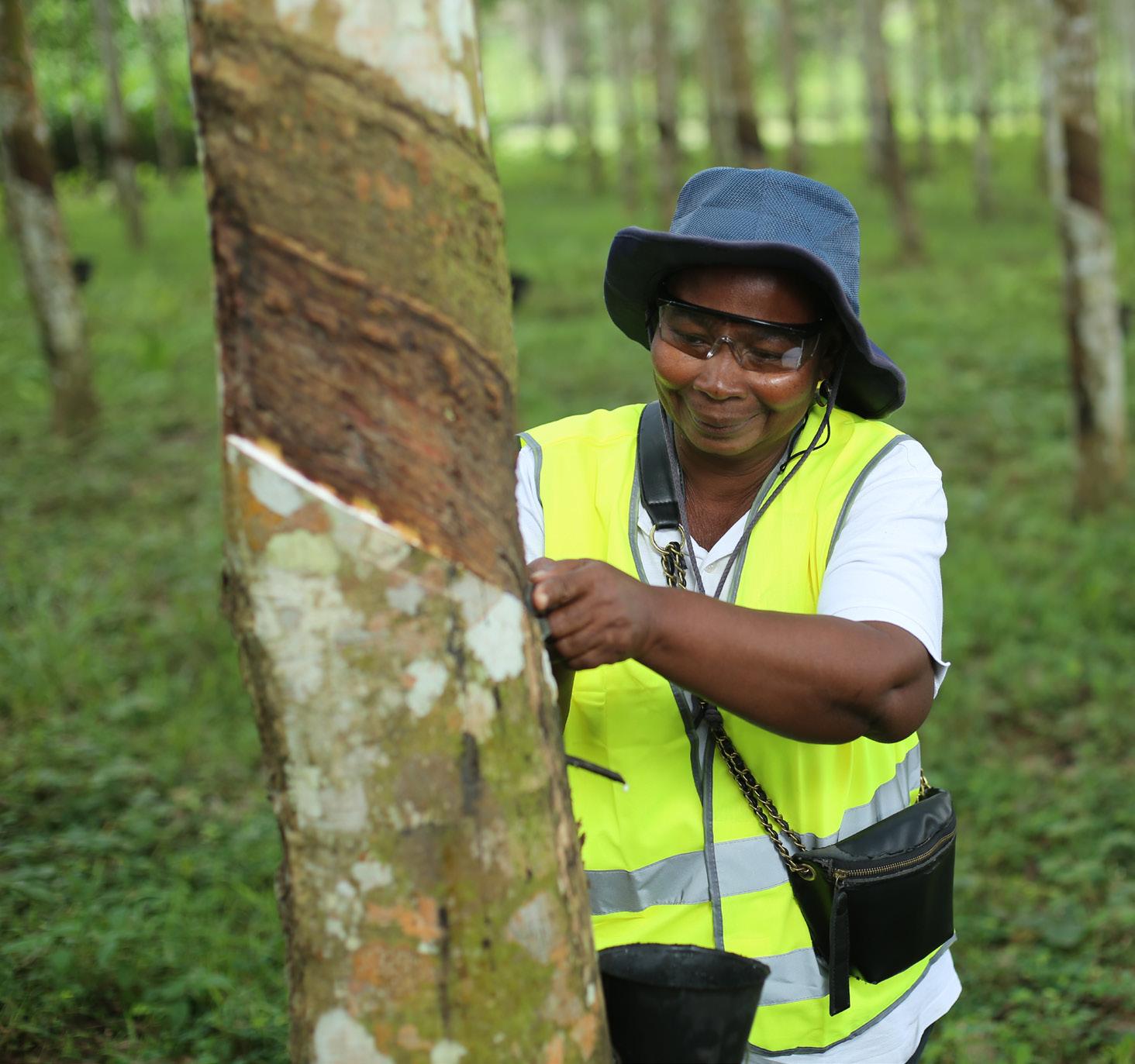
with some operations in Liberia, the company operates 60,000 hectares (ha) of rubber plantations, employs over 11,000 staff, and processes over 400 kilotonnes of natural rubber across its 10 factories per year.
Collaborating daily with over 30,000 farmers, SIPH deeply understands the needs of smallholders due to its hands-on involvement in cultivating its own rubber plantations, from which it acquires a portion of its product.
Headquartered in France, SIPH is acutely aware not only of African but European law regarding the regulation of its products. As such, it seeks to implement the European Union Deforestation Regulation (EUDR) broadly across the company.
In Africa, Côte d’Ivoire is by far the continent’s largest rubber market, with a total output of almost 1.7 million tonnes (t) in 2023 alone, making it the world’s third-largest producer of the material.
As the country’s natural rubber processing capacity continues to grow, we re-visit leading rubber manufacturing company, SIPH.
A market frontrunner in Côte d’Ivoire, Ghana, and Nigeria, and
“We participate in various capacitybuilding programmes using our knowledge of rubber tree cultivation on our plantations to improve our smallholders’ agricultural and sustainability practices,” opens Marc Genot, General Director.
Supporting first-class tyre manufacturers across Europe, North America, and Asia, the company’s commitment to sustainability, alongside its comprehensive range of products, continues to set it apart from the competition.
To become 100 percent compliant with EUDR and verify its rubber production process in accordance with its guidelines, SIPH has taken steps to establish a completely transparent supply chain, from farm to container.
A traceability standard developed in collaboration with the Socfin Group, a holding company with direct interest in African rubber plantation operations, has allowed SIPH to localise its supplier’s plantations. This, alongside applicable legal studies, has verified its deforestation status and sustainable production potential.
“As a result of the traceability legislation, our farmers were asked to confirm their commitment to all basic sustainability principles such as deforestation, human rights, legality, and respect of their personnel,” Genot discloses.
SIPH is also producing a legality questionnaire through which it can identify practices which could be improved amongst its farmers that are not yet compliant with EUDR.
“In this case, a formal due diligence document is underway, which will be third-party verified in due course.”
Evidently, 100 percent of its supply is set to be EUDR compliant in Nigeria
and Liberia by the close of 2022, and 80 percent in Ghana and Côte d’Ivoire, with targets in place to increase this percentage to 100 percent before 2030. As such, the company is ready to guarantee the majority of its products are compliant.
However, despite SIPH’s recent and ongoing efforts to align its practices with the eagerly anticipated EUDR policies, the European Commission has made a recent decision to delay its flagship anti-deforestation law by up to 12 months.
“It’s most unfortunate that the EU has postponed the law - unfortunate for the planet, and for us and the
smallholders as we’ve invested heavily in our traceability but for no immediate benefit,” reflects Genot.
In addition to its EUDR actions and initiatives, SIPH continues to provide extension services to 80,000 farmers across the four countries it serves.
“We will focus on the deployment of the best agricultural practices, with a particular shift towards low frequency tapping systems and planting new tree varieties that can be adapted to the climactic conditions anticipated in coming decades,” Genot reveals.
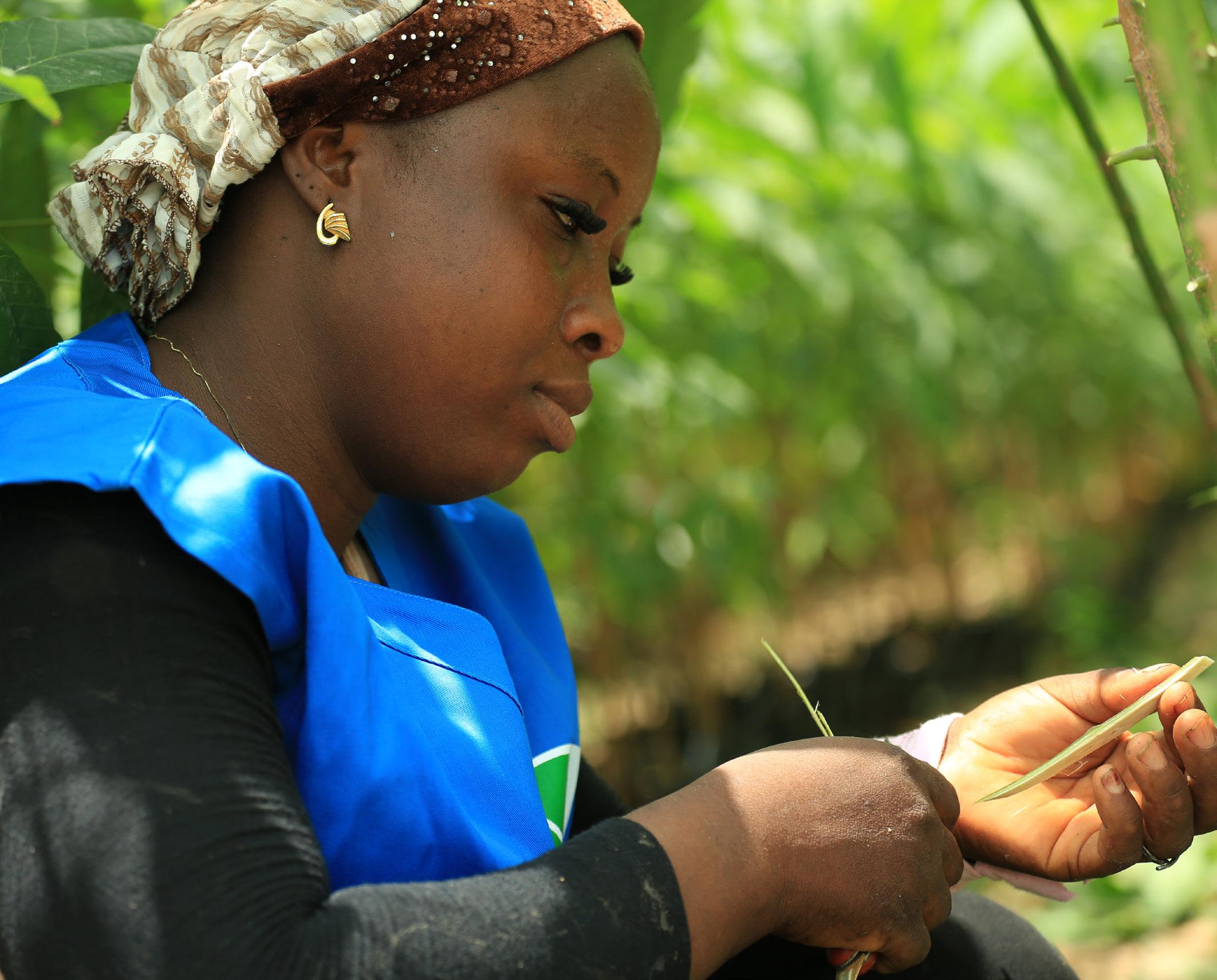
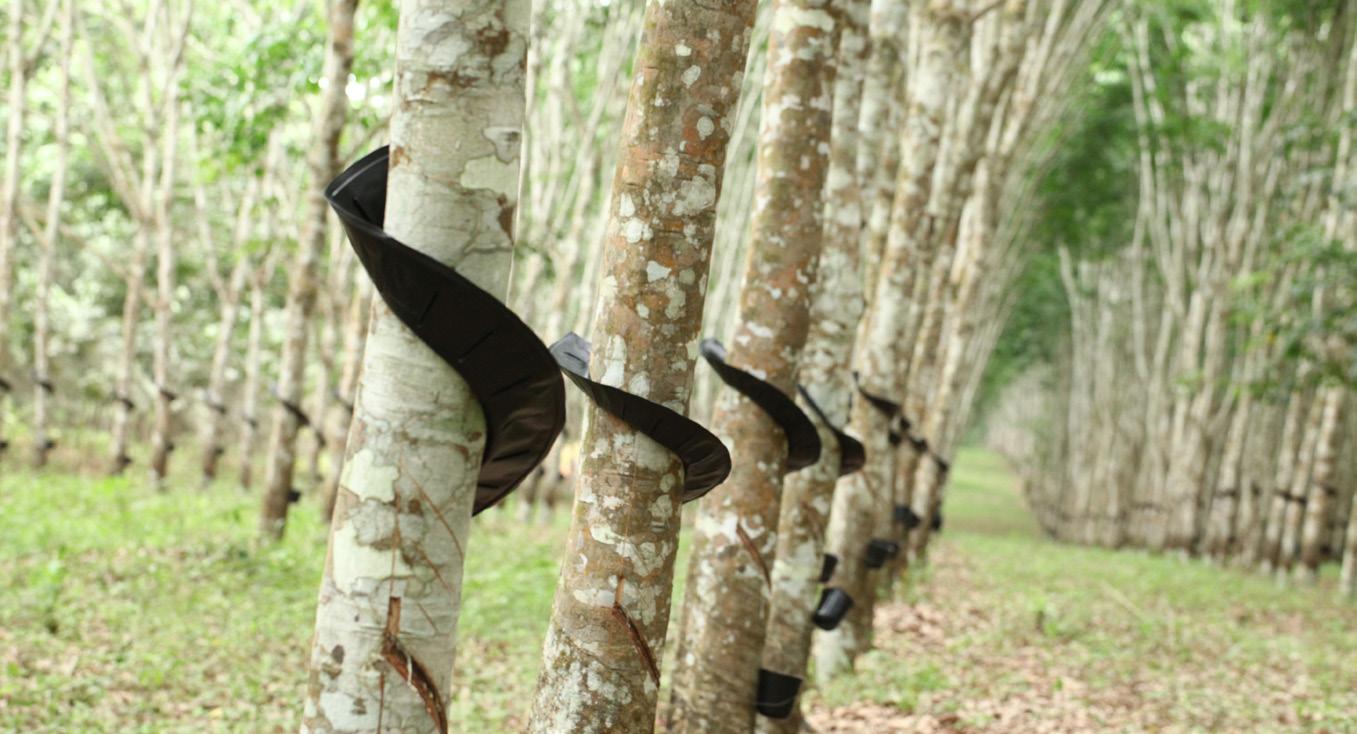
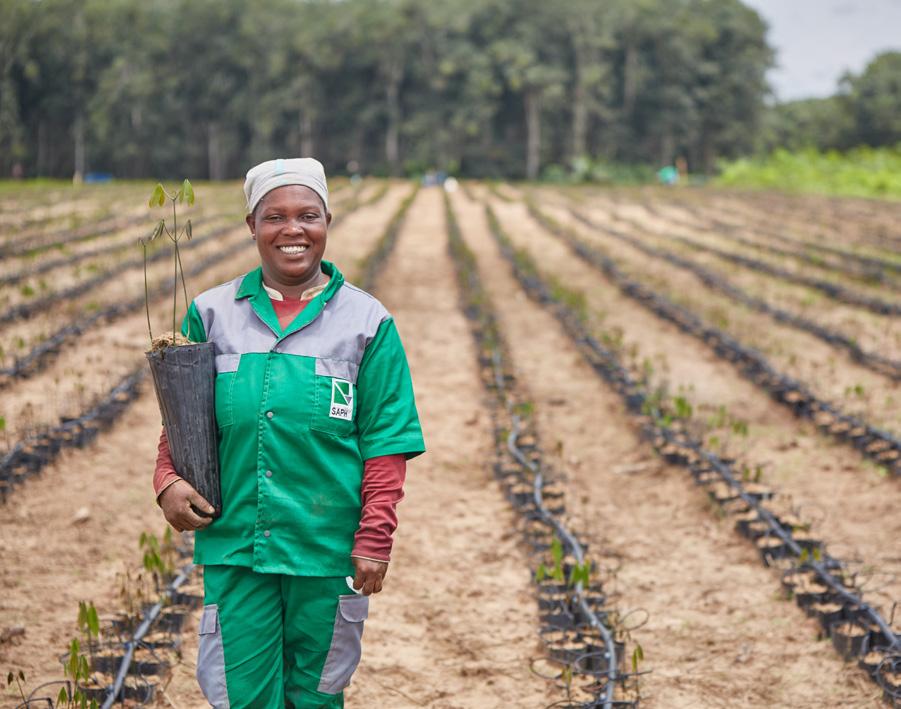
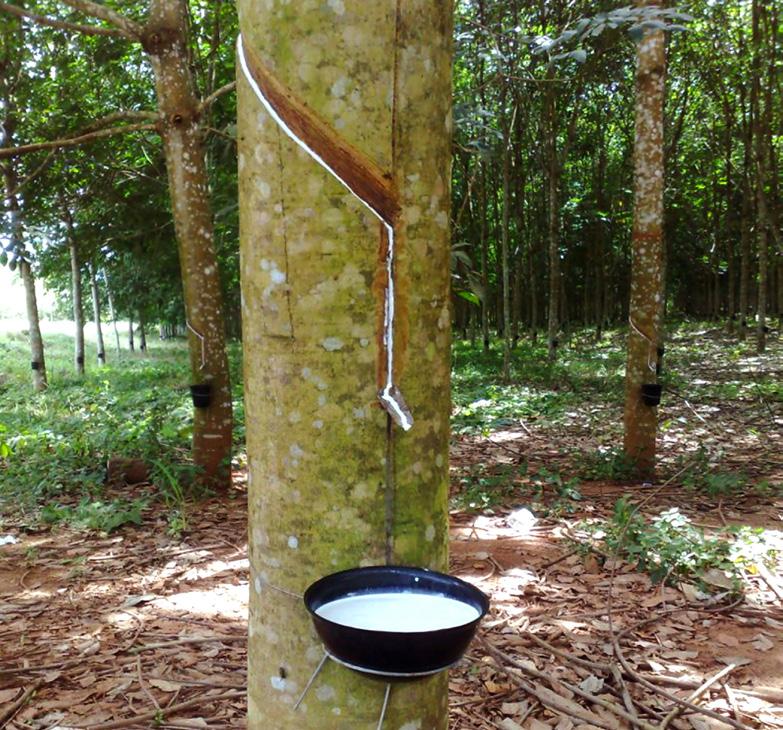
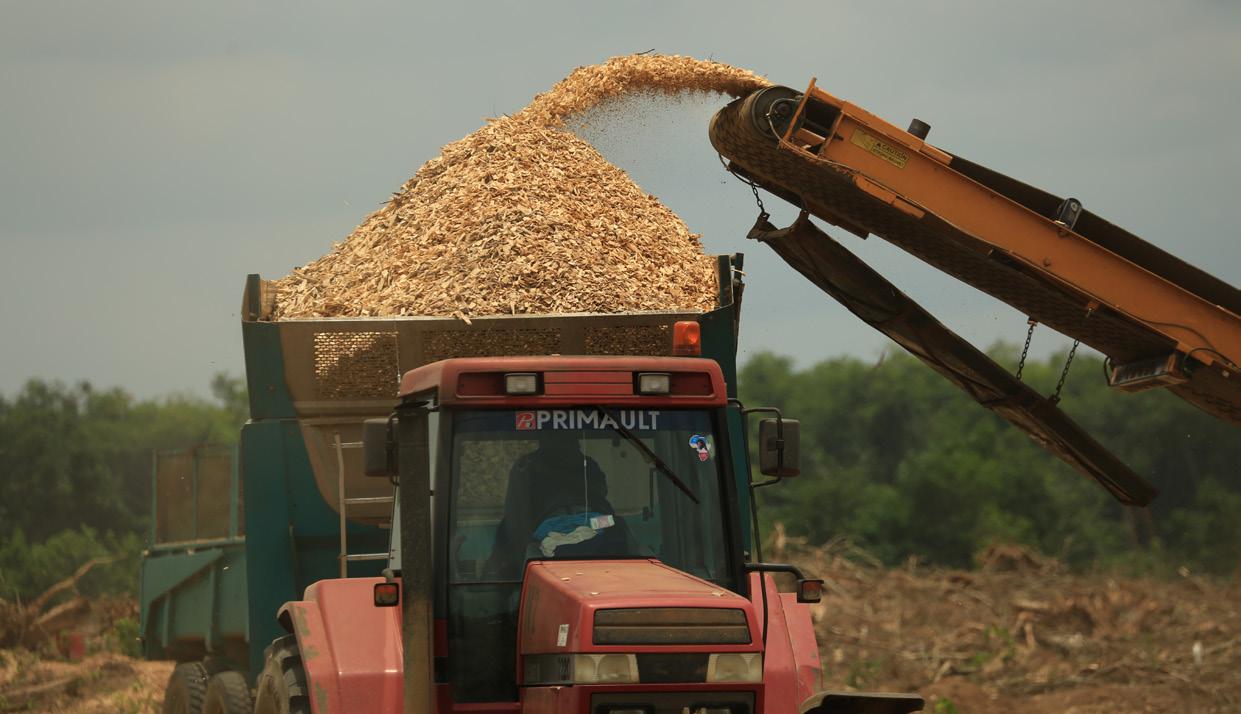
“CSRD IS AN OPPORTUNITY FOR US TO CONCENTRATE OUR EFFORTS ON THE MOST IMPORTANT ACTIONS FOR OUR PEOPLE, PLANET, AND PROFIT VISION”
– MARC GENOT, GENERAL DIRECTOR, SIPH
Furthermore, the company remains active at the Global Platform for Sustainable Natural Rubber (GPSNR), whose mission it is to lead improvements in the socioeconomic and environmental performance of the natural rubber value chain.
SIPH’s integration of sustainability reflects this, witnessed in its work towards an EcoVadis rating, which provides in-depth analysis of sustainability performance, and SPOTT ranking, which transparently assesses sector-specific environmental, social, and governance
(ESG) risk in the natural rubber, forestry, and palm oil industries.
“As Bertrand Vignes, my predecessor, put it – we are not increasing our sustainability because GPSNR is asking for it, we are doing it because sustainability is in our DNA,” he prides.
As such, the company is currently working on two developments that will help it to focus on sustainability as a priority.
Firstly, GPSNR is finalising its assurance model that will require members to conduct third-party verified due diligence on their
practices by 2027 at the latest.
“We wish to start verification as early as possible, as this requirement will put a lot of pressure on members’ risk mitigation. Our experience in implementing due diligence across our EUDR activities will no doubt help us,” Genot asserts.
Secondly, the company’s headquarters location in France means it must apply corporate sustainability reporting directive (CSRD) regulations from 2025 to inform its 2026 sustainability report, publishable in early 2026.
In short, SIPH’s sustainability report will need to be as strongly documented as its financial reports to meet CSRD requirements – something that the business has no qualms delivering due to its inherent, deeply-embedded environmental approach.
“CSRD is an opportunity for us to concentrate our efforts on the most important actions for our people, planet, and profit vision,” Genot sets out.
Over the years, SIPH has cultivated an impressive suite of practices and techniques across its operations to ensure that whilst it is able to maximise production, it also implements sustainability every step of the way. These include:
• EUDR compliance
• Environmental policy
› Reasonable use of natural resources
› Protection of biodiversity
› Researching and deploying ecological solutions
› Continuous improvement of the company’s environmental management system
• Pesticides policy
› Cut down use of pesticides by 50 percent
› No use of World Health Organisation (WHO) Class Ia and Ib pesticides
› Ensure staff are fully trained in pesticide transport, storage, handling, use, and disposal
• HVC and fight against deforestation
› Implementing a three-step process in which HCVs are identified, managed, and monitored to ensure their maintenance over time
• Biodiversity protection criteria
› Preserving native vegetation and habitat nesting
› Provisions in place for planting and replanting such as respecting riverine areas
• Water and soil management
› Utilise water resources efficiently and monitor water effluence to ensure quality
› Soil fertility management
› Improve organic soil life, maintain natural conditions to minimise soil erosion, and prioritise fire prevention measures
› Zero burn policy
• Carbon footprint
› Maintain an acute awareness of carbon footprint throughout nursery, cultivation, processing, transportation, and distribution
• Certifications
› ISO 9001, 14001, and 45001
› Top Employers Institute Award for Côte d’Ivoire and Ghana

By optimising its replantation process through various means, SIPH seeks to preserve its soil integrity and cultivate a deforestation-free supply chain. This long-term project includes several components, such as preserving rubber tree plantations by prohibiting burning through its zero-burn policy, which has been applied for almost a decade.
“Banning burning in line with our environmental commitments is a tried and tested solution which, when fully applied, has shown positive results after a number of years,” Genot details.
The company also seeks to limit disturbance of the soil structure at replantation stage by implementing trials to fell old rubber trees with alternative types of heavy equipment, using excavators instead of bulldozers, for example.
The use of leguminous cover crops to protect and enrich soil in the early stages of rubber trees’ growth is also being trialled to increase natural nitrogen fixation, produce organic matter, and reduce the cost of tree maintenance. So far, some difficulties have arisen in terms of application, whilst at the later stages of tree growth, only plants that thrive in the shade can be used.
Meanwhile, an agroecological approach to soil correction and chemical balance is currently being considered, alongside agroforestry that could contribute to developing food security.
“As each of these approaches is currently being tested on industrial plantations, the challenge of adapting these techniques to smallholder plantations and making it affordable for them will have to be taken into account,” he sums up.
Alongside the progress it has made towards EUDR, GPSNR, CSRD, and
For 25 years PLASTICA CI has been a leading player in the plastics industry in Africa. With a wealth of experience, we have consistently innovated to provide our customers with ever more efficient and tailored plastic solutions.
From the production of polypropylene raffia to the manufacturing of high-performance films, we offer customised solutions for the food processing, industrial, construction, and consumer goods sectors.
Our pallets, big bags, woven sacks, tarpaulins, films, and household items are designed to optimise your processes and
meet your most stringent requirements. Certified ISO 9001:2015, we guarantee the quality and conformity of our products to international standards. Committed to sustainable development, we have
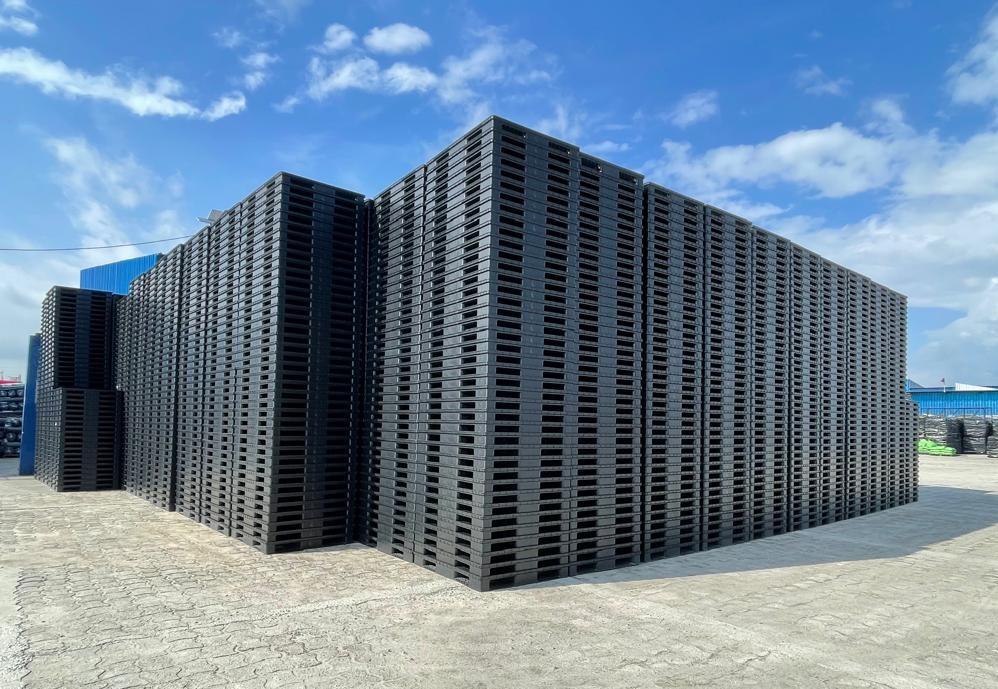
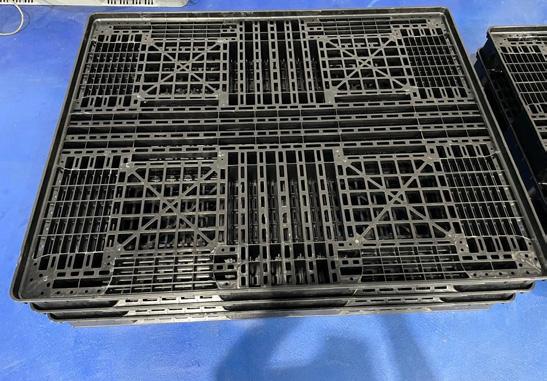
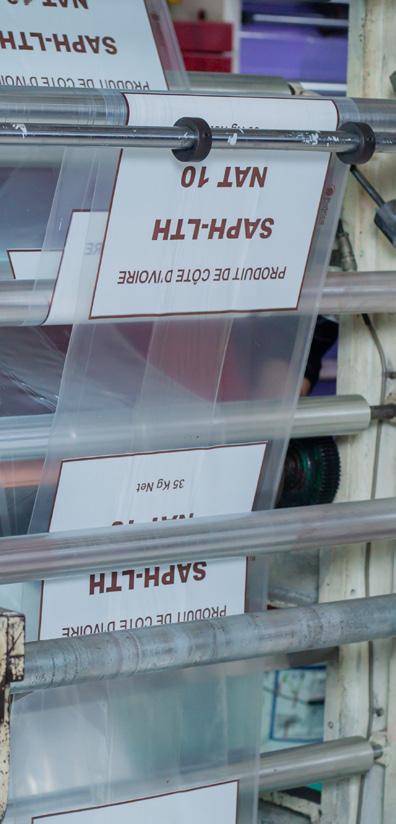
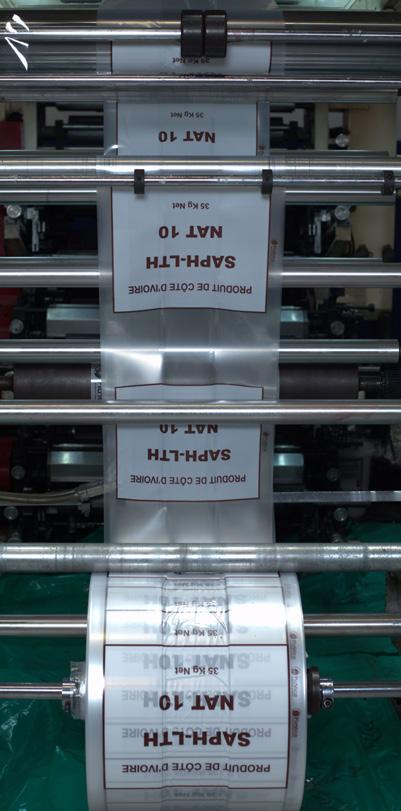
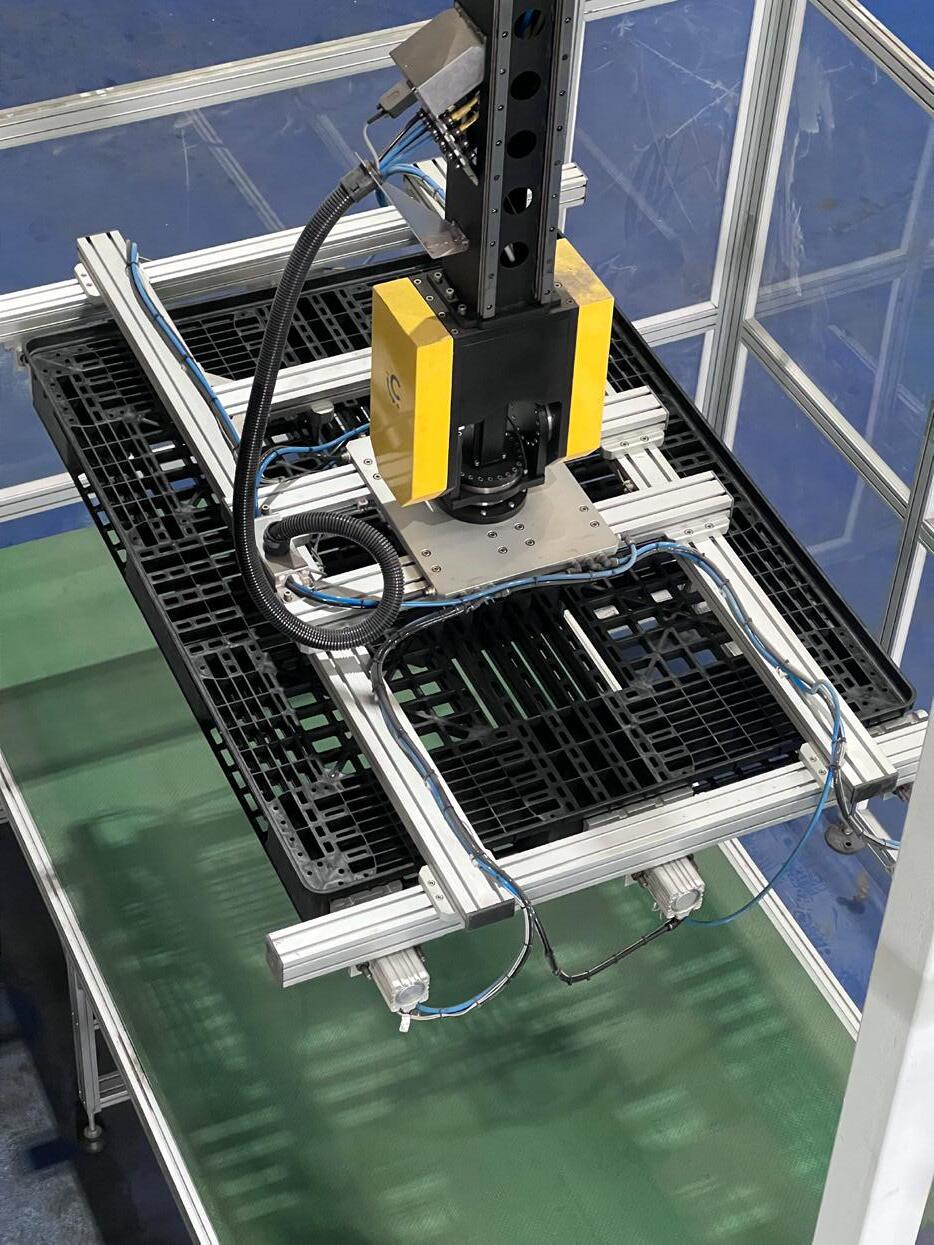
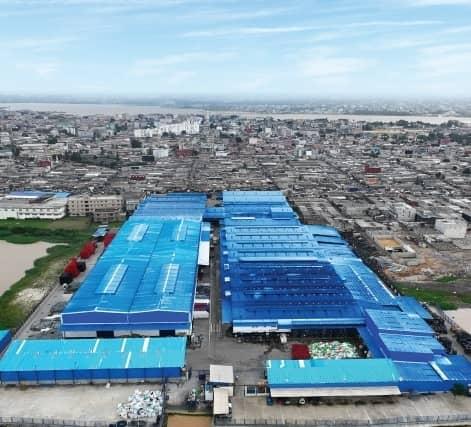
With a presence in Côte d’Ivoire and France, we are at your service to support you in all your projects. Our team of experts is at your disposal to advise you and offer solutions tailored to all your needs.
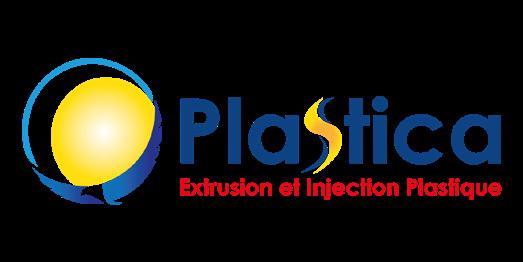

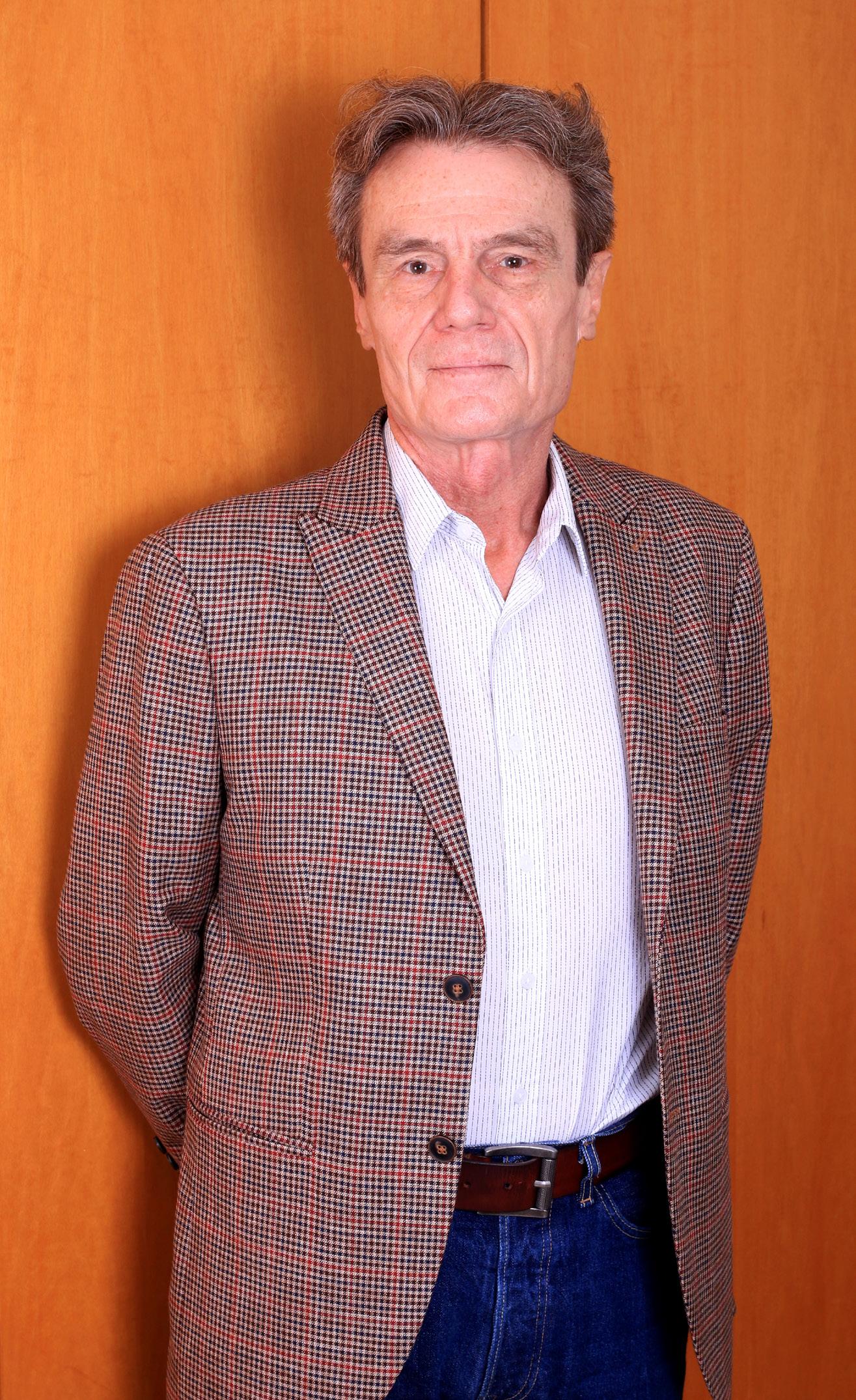
“WE SEEK TO REMAIN A PROVEN AND PROFITABLE LEADER IN THE AFRICAN SUSTAINABLE RUBBER MARKET, REDUCE OUR GHG FOOTPRINT, AND IMPROVE OUR SMALLHOLDERS’ TECHNICAL AND SUSTAINABLE PRACTICES”
– MARC GENOT, GENERAL DIRECTOR, SIPH
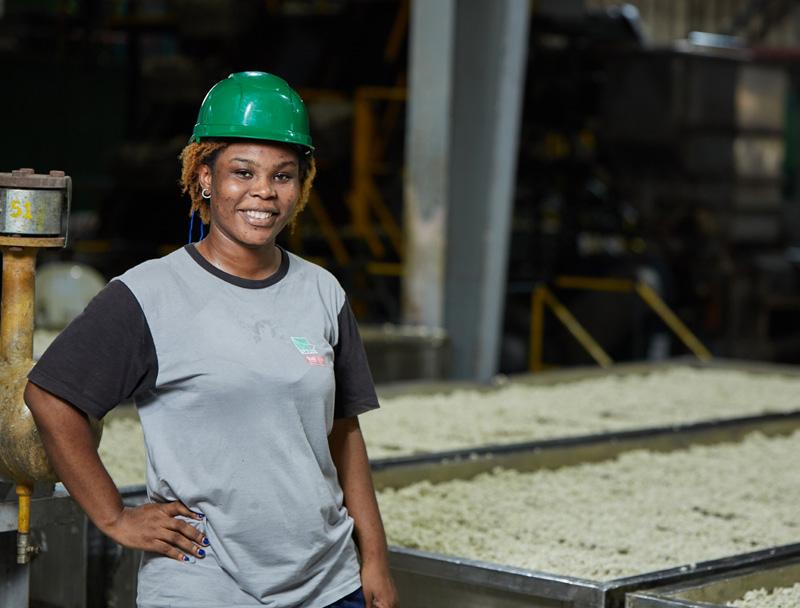
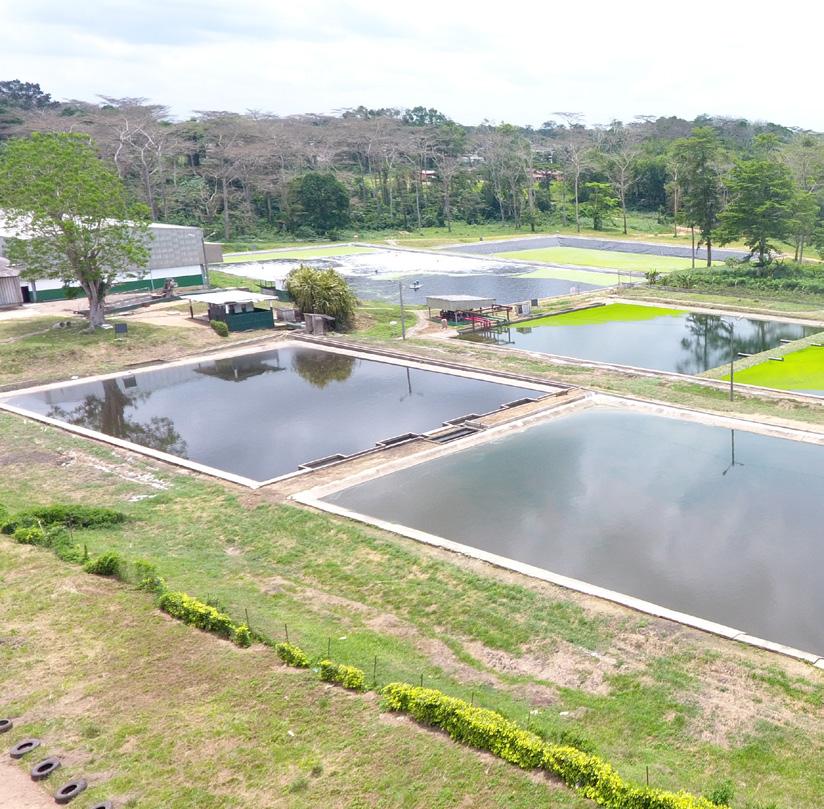
optimising its replantation processes, SIPH is making great strides in its recent projects.
In pursuit of meeting its target to acquire 10,000 ha of land, the company has already obtained several assets, each of which must meet stringent eligibility criterion.
“To conform to our free, prior, and informed consent (FPIC) and non-deforestation commitments, such lands follow strict rules,” Genot elaborates.
“Managing plantations is all about improving our proximity to smallholders and leveraging SICOM prices,” he adds.
As the world continues to seek ways to reduce its greenhouse gas (GHG) footprint, SIPH has plans in place to follow suit by decarbonising its energy consumption at the factory level. Several methods to achieve this are being considered, the most feasible being solar power.
“We are also considering acquiring

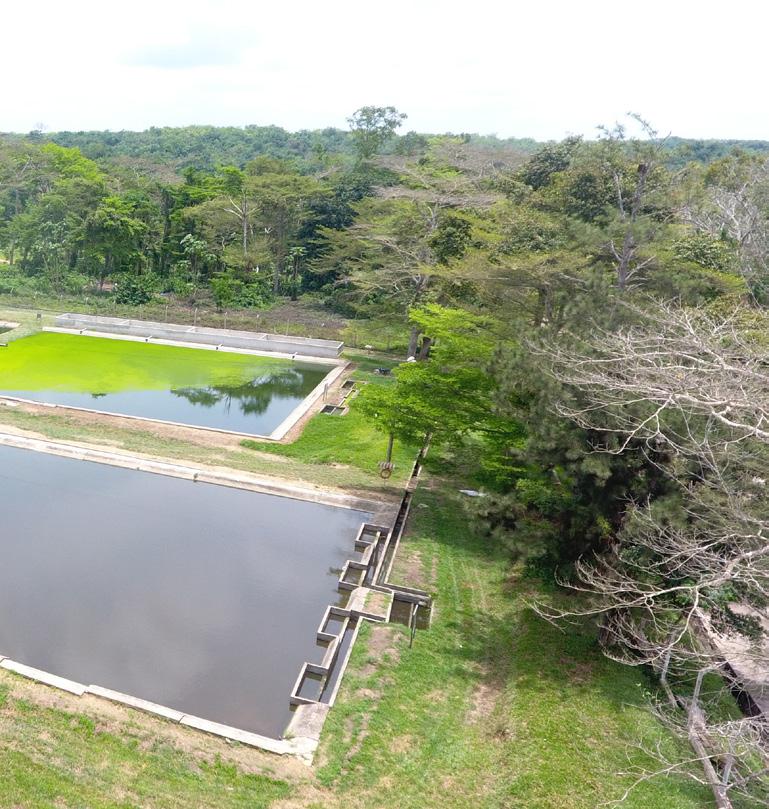
decarbonised energy from the grid, although the market does not seem ready yet, whilst biogas could be an option once we’ve identified suitable partners.”
The company also has the exciting opportunity to participate in a project which will see it protect a reserve of over 2,000 ha of high conservation value (HCV) and high carbon stock value (HCS) trees in Sarbo, Liberia.
SIPH’s shareholders have agreed to fund the project, and as it develops, the company seeks to collaborate with interested parties to increase the size of the project.
Going forward, SIPH continues to seek expansion, sustainability, and innovation.
For example, it has recently proposed an extension to its factory in the western part of Côte d’Ivoire to increase capacity.
Although the project is yet to begin,


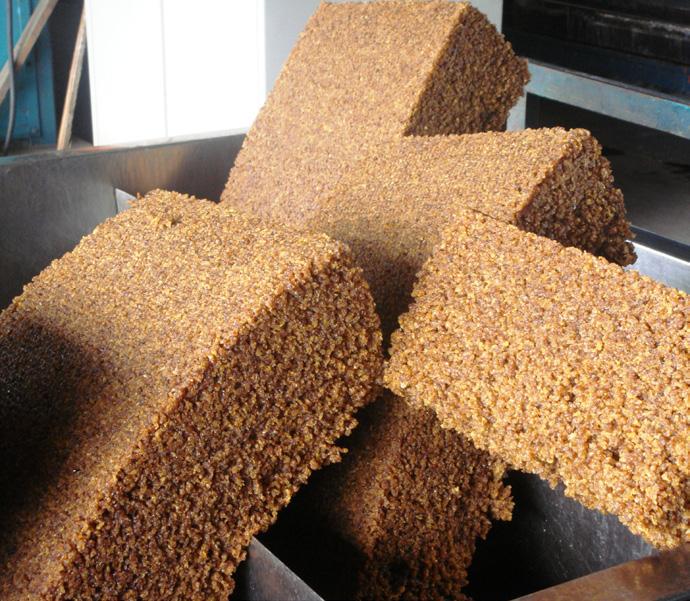
it is progressing well and anticipates final go-ahead from its shareholders imminently, with the first bale production expected in Q3 2026.
“Our focus for this project will be on developing a new technology that could be extended to other factories to increase production whilst maintaining our high standards,” Genot discloses.
On this note, the company is also optimising its industrial practices elsewhere to accommodate the recent boom in African rubber production, most evident in Côte d’Ivoire and Ghana.
“Factories are now much larger than they once were and need to operate in a more industrial manner,” he notes.
Meanwhile, by continuing to involve itself in initiatives such as replantation projects and implementing renewable energy across its plants, SIPH cultivates its ongoing holistic approach to sustainability.
“We seek to remain a proven and profitable leader in the African sustainable rubber market, reduce our GHG footprint, and improve our smallholders’ technical and sustainable practices,” Genot concludes.
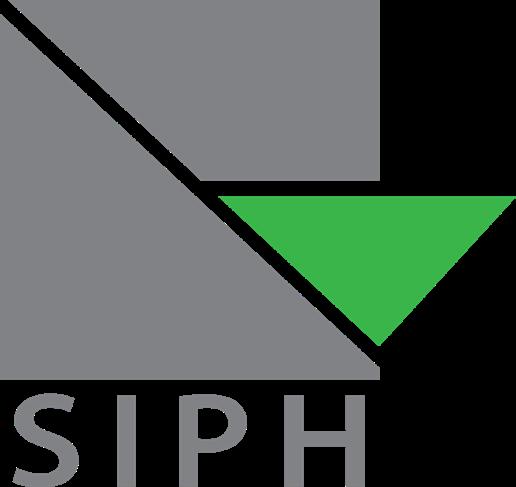
Tel: +2250758501148
genotm@saph-siph.com
https://siph.groupesifca.com

As mining organisations worldwide confront unprecedented change, embracing technological innovations and incorporating critical environmental sustainability agendas, now more than ever is the time to showcase the strides being taken in this dynamic sector.
A multi-channel brand, Mining Outlook brings you the positive developments driven by organisations across the global mining industry through its various platforms.
Discover exclusive content distributed through its website, online magazine, social media campaigns and digital dispatches, delivered straight to your inbox with a bi-weekly newsletter.
Through these compelling media channels, Mining Outlook continues to foreground the movers and shakers of the industry.
To participate as a featured company and join us in this exciting endeavour, contact one of our Project Managers today.



Ruvuma Coal is spearheading Tanzania’s blossoming mining industry, which looks set to flourish. We discover how the company is igniting growth and forging innovative solutions with Operations Director, Ryan Wienand
Writer: Ed Budds | Project Manager: Joshua Mann
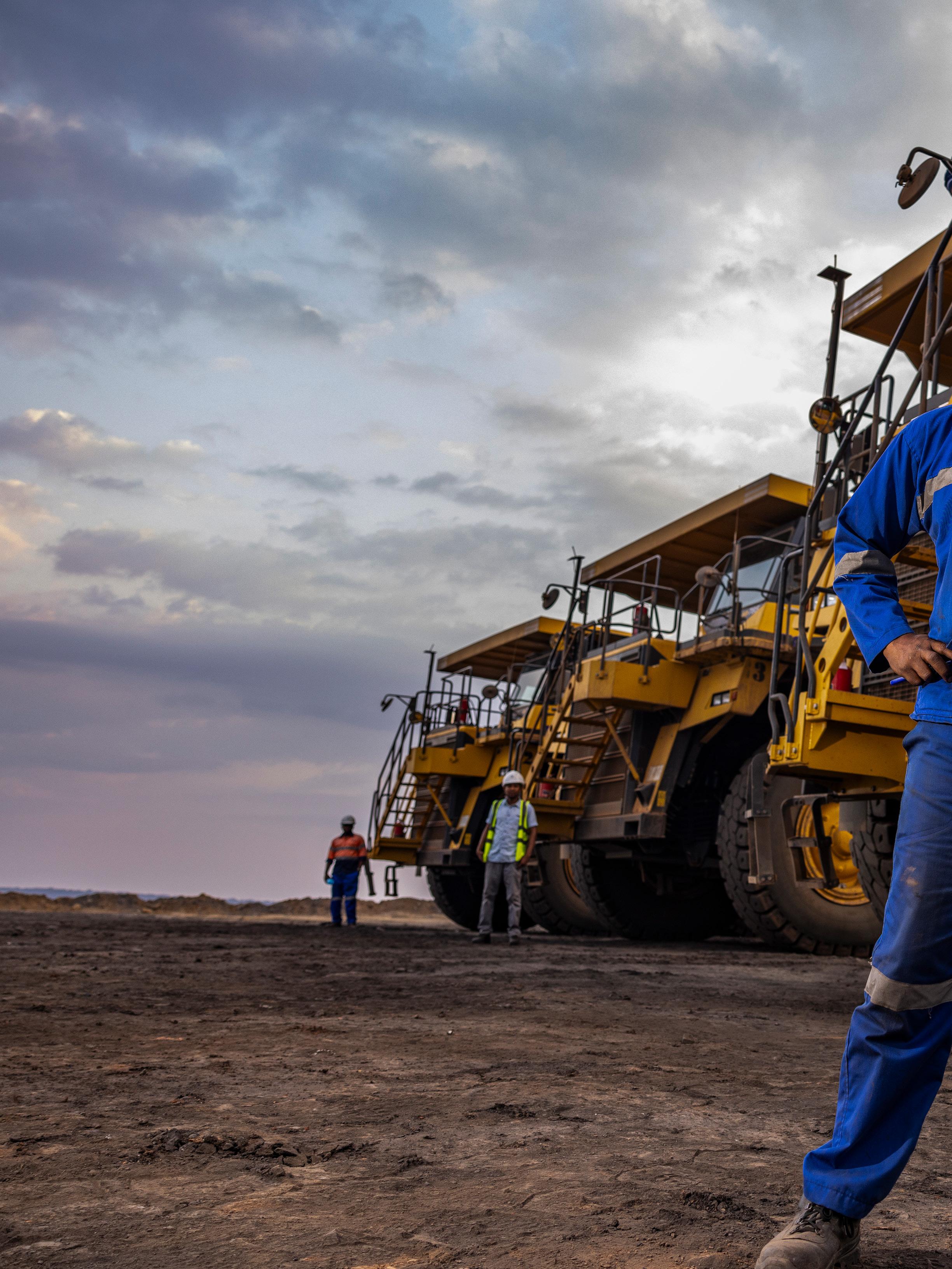
In the southern region of Tanzania, there is a rich history of coal mining.
African coal, a catalyst of heat, finds its place in various domains, from burning as the fiery heart of cement kilns to propelling the transformation of raw materials into sturdy foundations and fuelling electricity production.
Thus, the exploration, extraction, and implementation of coal stands as a versatile force, driving progress across
the continent.
Ruvuma Coal (Ruvuma) is a Tanzanian coal mining company with its head office in Dar es Salaam, a major city and commercial port found on the nation’s Indian Ocean coast.
Translating as the ‘Abode of Peace’, it is the largest city in East Africa and the major financial hub of Tanzania.
The mine that the company operates out of is found in the Mbinga district of the Ruvuma region, where the business
currently employs a team of 1,250 dedicated professionals.
“We produce three main products – RB1, RB3, and cobbles or coal lumps,” introduces Operations Director, Ryan Wienand.
RB1 coal has the highest energy content, as well as lower sulphur and ash content compared to RB2 and RB3 coal.
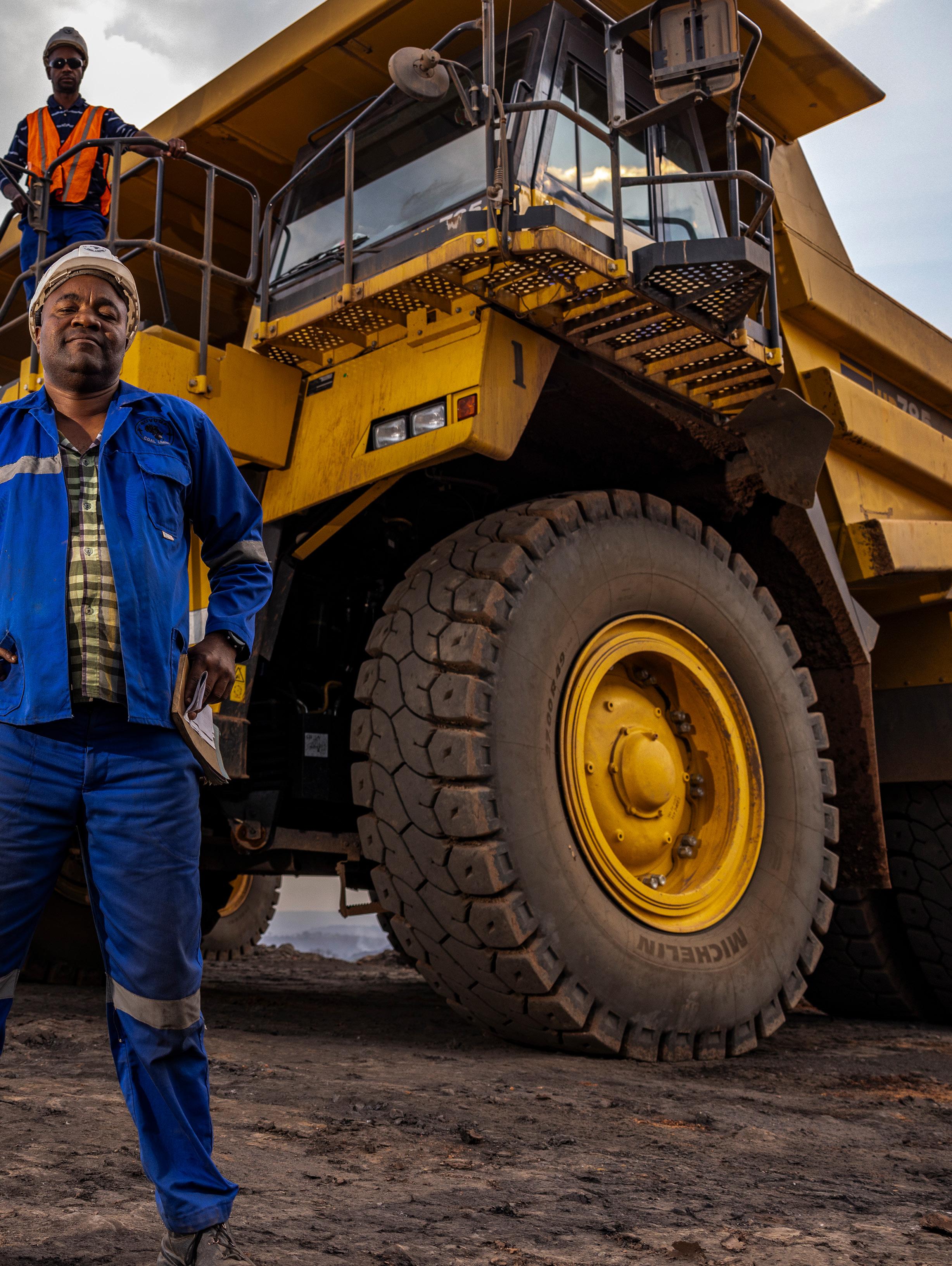

Meanwhile, RB2 coal has a slightly lower energy content, while RB3 coal has the lowest grading among the three.
As such, Ruvuma’s RB1 coal is highly suitable for electricity generation due to its superior energy content and lower emissions.
“To date, we have proudly sent coal to Europe, the UK, Poland, North Africa, Congo, Kenya, Uganda, Rwanda, Pakistan, and India to name just a few of our locations,” he sets out.
“We offer a comprehensive service whereby we not only mine the coal, but now deliver it to any port in the world.”
• The natural resource of coal is a non-renewable fossil fuel that was formed deep in the earth over hundreds of millions of years ago. As such, it derives from sedimentary rock formed by the remains of ancient organisms and organic plant matter. This matter then begins the process of decomposition very slowly and creates peat bogs, which in turn transform into coal when subjected to extremely high levels of pressure and heat.
• Coal is still one of the most widely used fuels for power generation because of its availability and low cost.
• Coal is formed into underground “seams” or “beds”, which can be up to 1,500 kilometres long and 30 metres thick.
• A resource that is rich in carbon and hydrocarbons, coal is combustible and can be burned as a fuel to generate electrical power.

“OVERALL, I THINK THAT AFRICA REMAINS FAIRLY UNTAPPED IN TERMS OF ITS POTENTIAL FOR SUPPLYING NATURAL RESOURCES AND THERE IS STILL SO MUCH OUT THERE TO EXPLORE”
– RYAN WIENAND, OPERATIONS DIRECTOR, RUVUMA COAL
At present, the company’s primary focus is on its newly developed dense media separation (DMS) wash plant, used for processing the coal that Ruvuma produces.
“This new state-of-the-art facility will be crucial in ensuring that we can produce a consistent quality of coal for the international market,” Wienand explains.
On top of this, in order to benefit its port facilities and distribution network, the company has recently installed two new Samson shiploaders that will help to turn around vessels faster when

they are unloading and reloading shipments.
Across the entirety of the business, Ruvuma is constantly upgrading both its facilities and processes to ensure an optimum level of production and distribution.
“We have prepared a structured roll-out of equipment as well as our ongoing work regarding the wash plant,” he tells us.
In addition to this, Ruvuma has just completed work on a new development centre where the company now has a team of dedicated trainers working on constantly upgrading the skills of its operators.
We provide unique developed technology to simplify any processes and to ensure a better recovery rate to suit your needs.
Founded in 1996, Westcliff Mining strives to exceed customer expectations in the mining sector. Relying on our expert skilled artisans, leadership, product knowledge and teamwork we are determined to drive the client’s growth, developing and executing the company’s business strategies to ensure the success of the Company...
Westcliff Mining is an international mining consultancy, plant manufacturer and mining company with focus on the mining and beneficiation of mineral resources and the manufacture of mining equipment and management of Mining Recovery Plants in Chrome, Ferro Chrome, Gold, Diamonds, and Base Metals for the past 22 years in 16 African countries.
Westcliff Mining is your global partner for turning minerals into opportunities. We lead with expertise and efficiency, providing smart solutions for a brighter DMS and Washplant future.
We are known for crafting advanced mining plants like DMS and Magnetic Recovery Plants. Westcliff Mining also supplies vital equipment and provides comprehensive consultancy services, covering explorations, sampling, mapping, feasibility studies, and geology.
Our extensive collection of DMS Washplants spans across various sectors, catering to diverse industries such as coal, gold, iron, diamonds, and more, ensuring a comprehensive solution for your mining needs.
• Dense Medium Separations Plants
• Magnetic Recovery Plants
• Gravity Concentration Plants
• Mineral Beneficiations Plants
• Gold CIP and CIL Plants
• Diamond Mining Plants
• Lithium Plants
• Iron Ore Plants
• Supply of Equipment
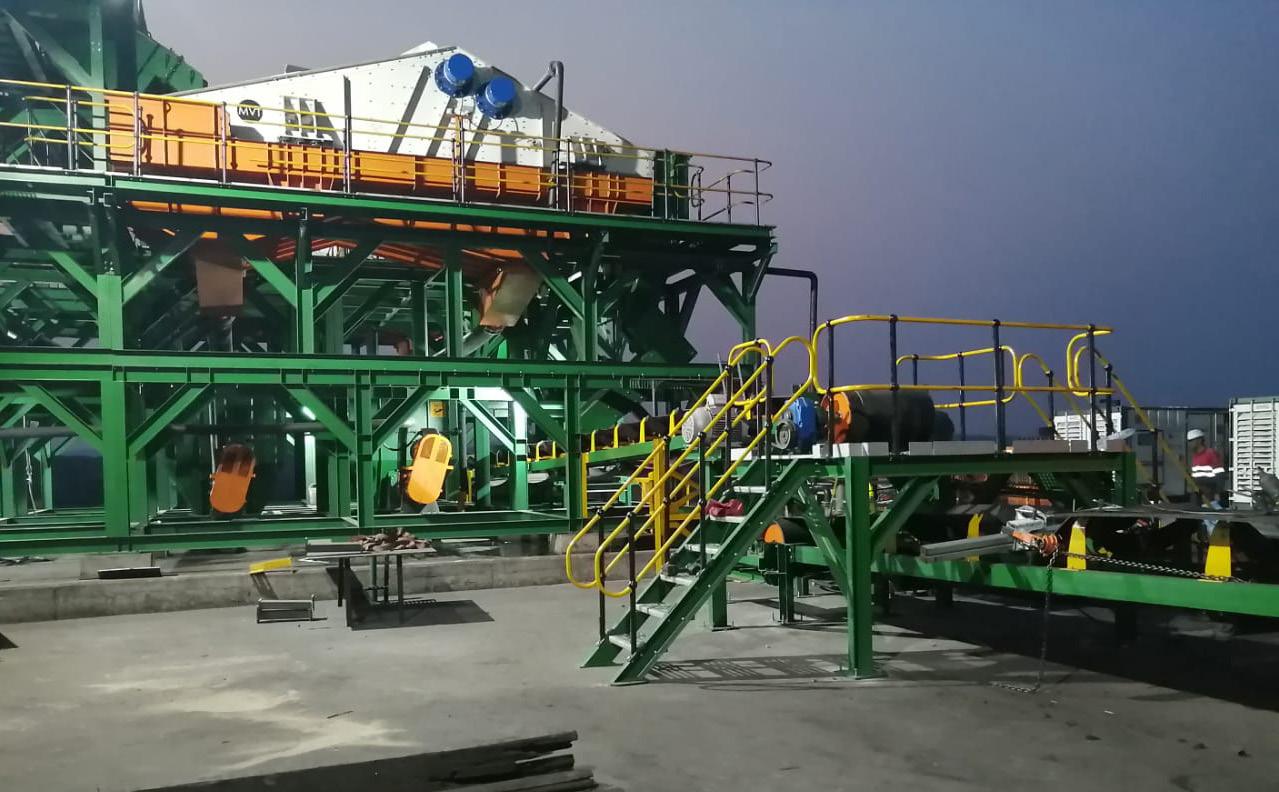
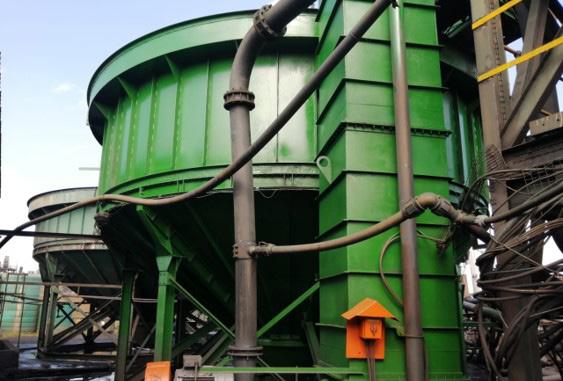




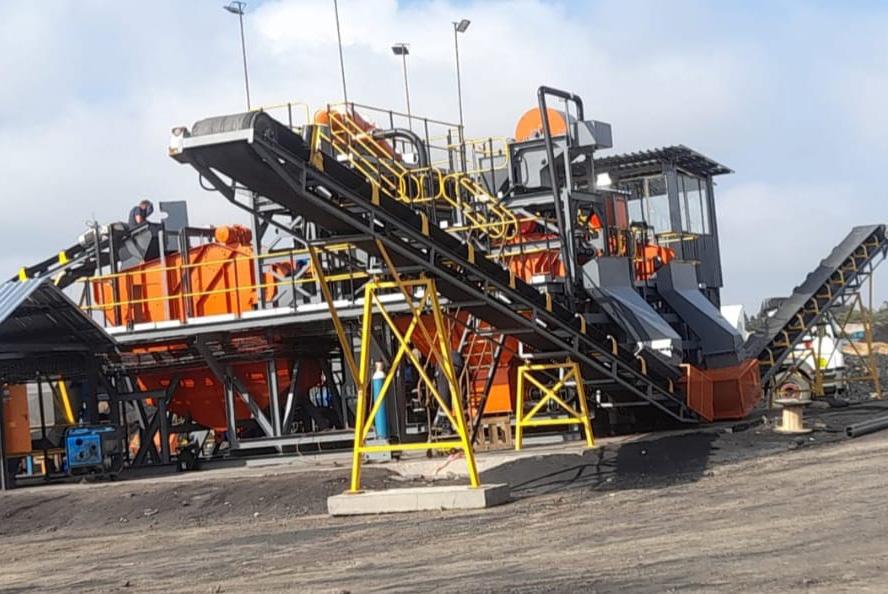
“WE OFFER A COMPREHENSIVE SERVICE WHEREBY WE NOT ONLY MINE THE COAL, BUT NOW DELIVER IT TO ANY PORT IN THE WORLD”
– RYAN WIENAND, OPERATIONS DIRECTOR, RUVUMA COAL
Ruvuma believes that the resource of coal doesn’t just spark flames – it ignites possibilities.
Therefore, the company diligently plays its part in helping to develop and support local communities.
“We have already completed work on building a new school for the local area and are in the process of developing a trade and skills college,” Wienand prides.
“To date, our carpentry department and woodwork shop have trained multiple local people in new skills and supplied over 250 desks to other schools in the area,” he continues.
Dedicated to upgrading access to essential local healthcare facilities, Ruvuma has also built medical clinics and dispensaries in its nearest villages.
Additionally, while focusing on
helping the local community, the company dedicates itself to ensuring a better life and career for its staff.
“We have a policy to promote from within and have many operators that started out in other jobs and have developed and progressed exceptionally. We encourage everyone to step forward as empowerment is a difficult thing and needs to come from within.”
Wienand firmly believes that Tanzania currently finds itself on the cusp of an exciting new mining era.
“Overall, I think that the whole of Africa remains fairly untapped in terms of its potential for supplying natural resources and there is still so much out there to explore.


• Cement
• Lime and gypsum
• Mining and minerals
• Metallurgy
• Foundries
• Power plant
• Chemicals
• Fertiliser
• Agribulks
• Ports & Terminals
• Alternative fuels
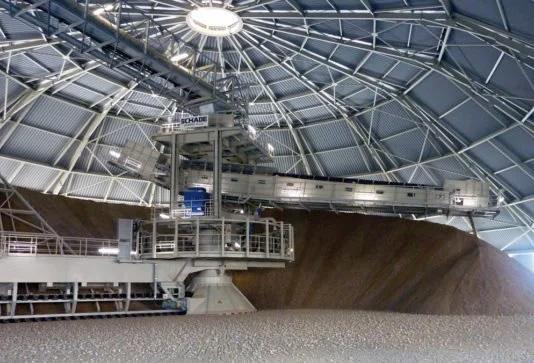
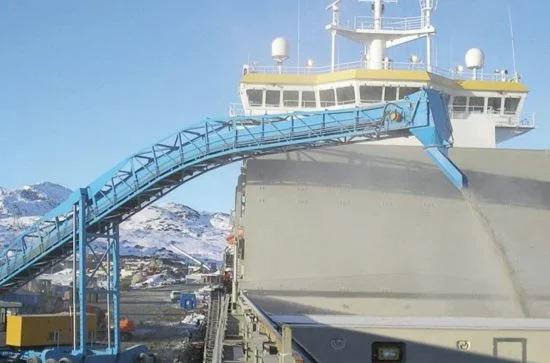
Extensive, internationally proven range of mobile loading and unloading systems for handling bulk materials in different applications in a variety of industries.
Since the mid-1960s, SAMSON Materials Handling Ltd (formerly B&W Mechanical Handling Ltd) has enjoyed recognition as a specialist in mobile solutions for the handling of bulk materials. The company is located in Ely in the county of Cambridgeshire in the UK and has been contributing to an enhancement of the product portfolio of the AUMUND Group since 2002.
SAMSON has gained a good reputation internationally, not only in ports and terminals, but also in the cement, steel, iron and aluminium industry, in quarries and processing, in power plants and in the handling of alternative fuels.
Sales activities are carried out directly from Ely as well as through the international subsidiaries of the AUMUND Group, in addition to a large network of local agents, who are constantly in direct contact with customers.
SAMSON Materials Handling has developed a wide range of reliable Mobile Material Feeders which are used for receiving, storage and onward loading of various bulk materials.
Flexibility, dependability, quality, safety and performance are at the core of every product concept, whether for the reception of bulk materials from trucks, rail wagons or ships, or for discharging, for example onto existing belt conveyors in quarries.
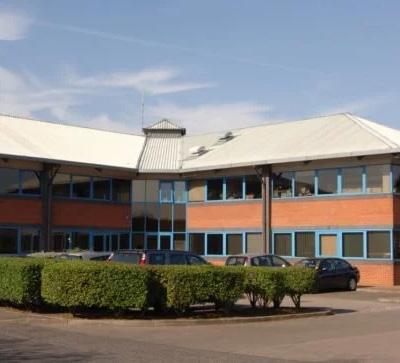
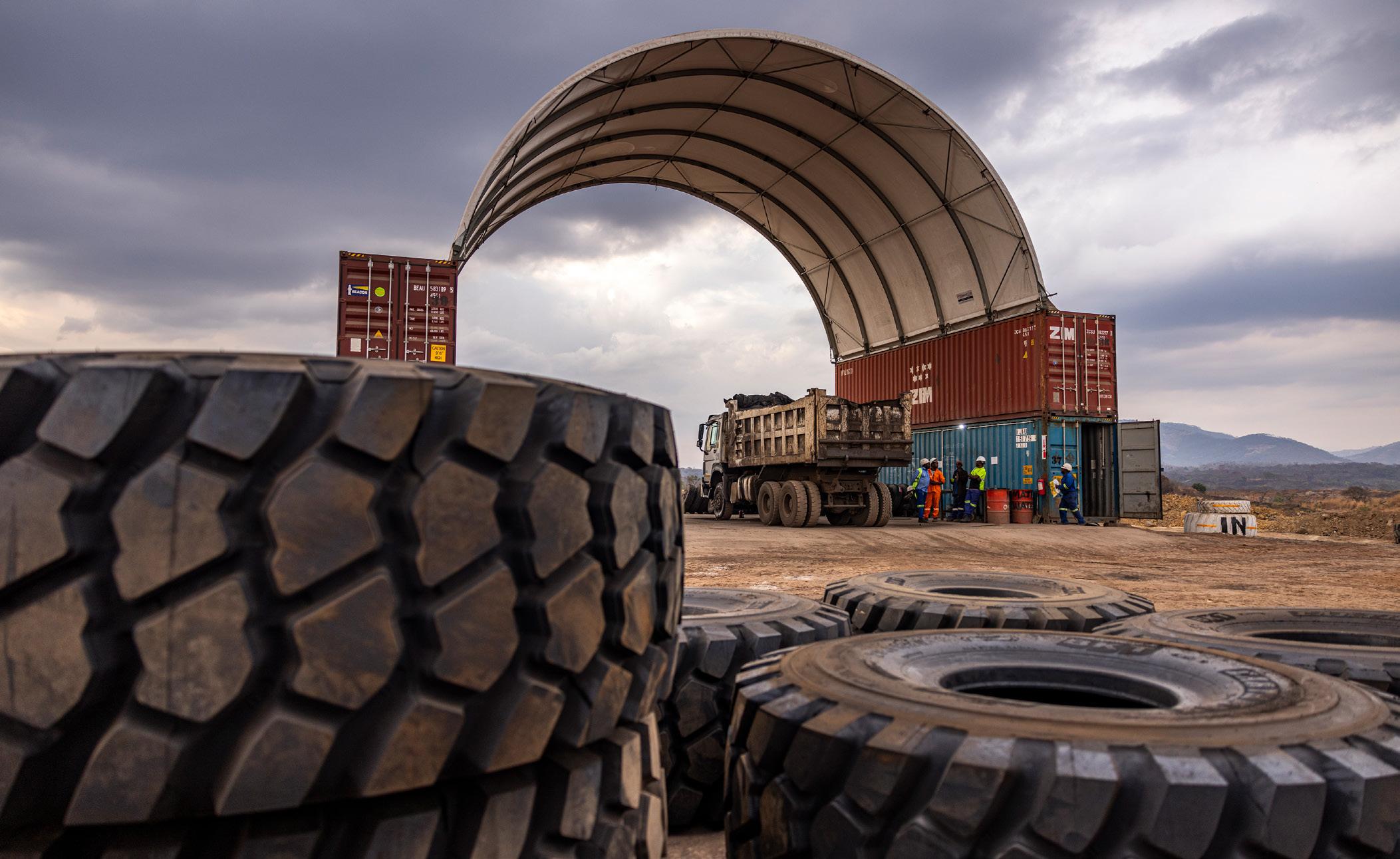
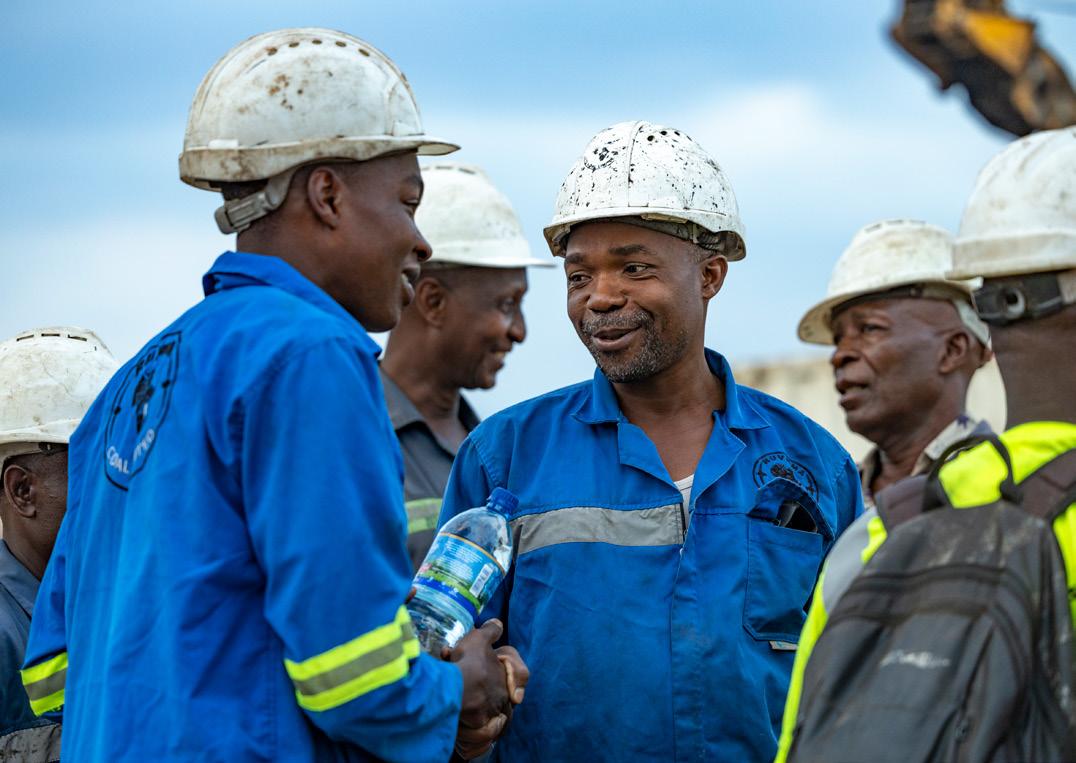
“The trends that we are seeing across the continent include the ongoing regulation of local content and making sure that the right people get a chance at either providing services to mines or actually mining themselves,” he elaborates.
Today, Tanzania undoubtedly stands at the threshold of a new chapter in its mining narrative.
The sector’s contribution to
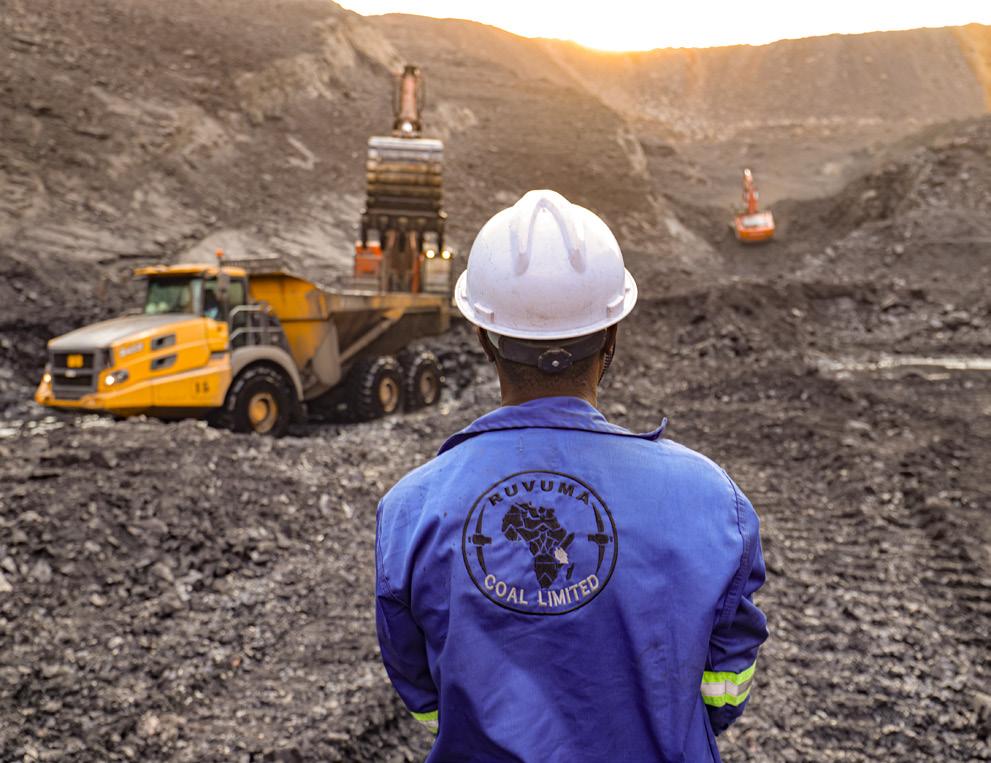
national GDP has steadily increased, and this growth is further reflected in the mining-driven expansion of nontraditional goods exports, particularly gold and coal.
These exciting gains can be attributed to recent government policies which are strategically harnessing the nation’s mineral wealth, aimed not only at attracting investments but also transforming
local communities.
Furthermore, this shift towards more inclusive economic development is centred on creating job opportunities and developing critical skills in the hope that the benefits of mining extend beyond simply establishing profits, and instead foster sustainable growth and improved livelihoods for Tanzanians while maintaining a business-friendly environment.
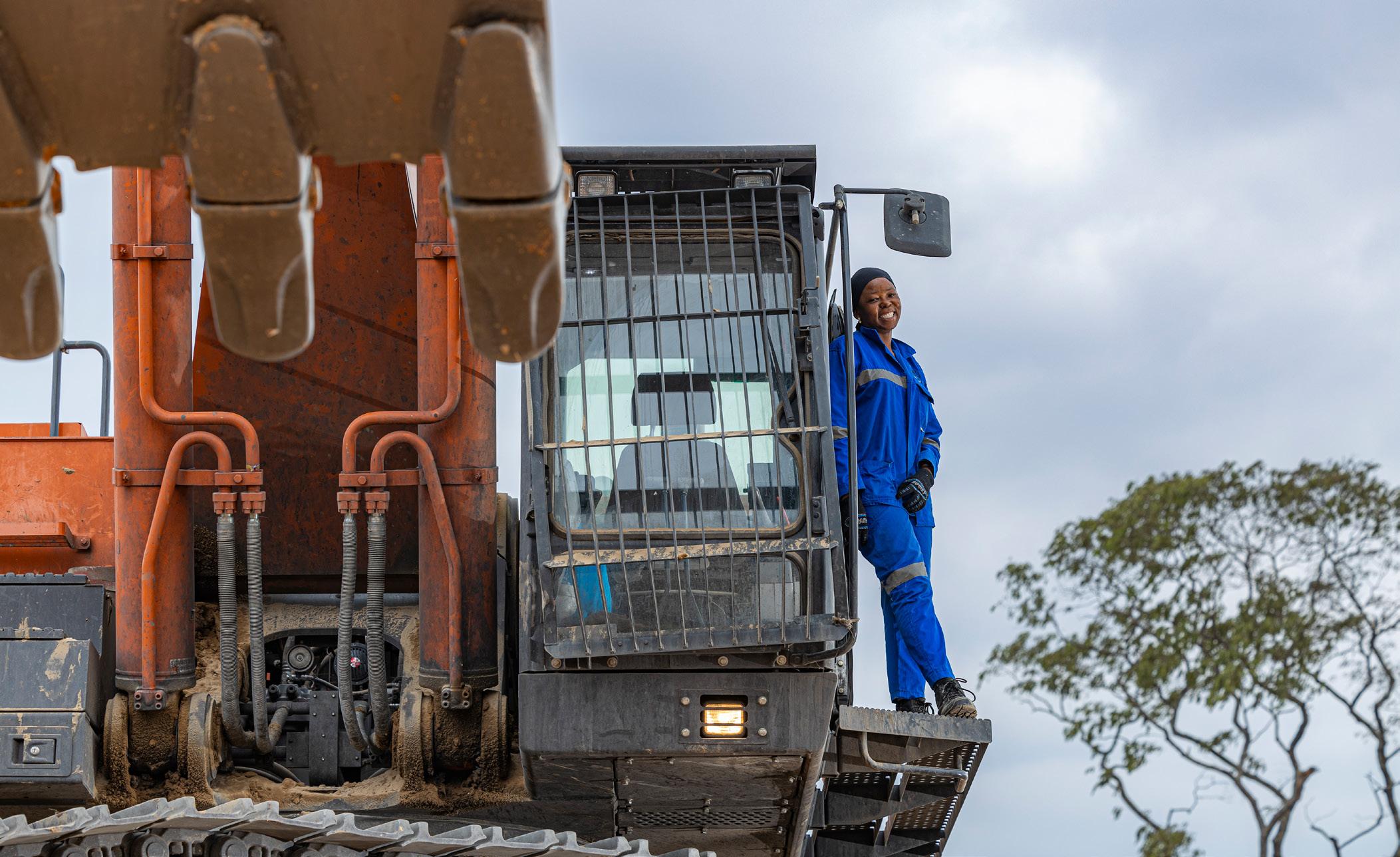
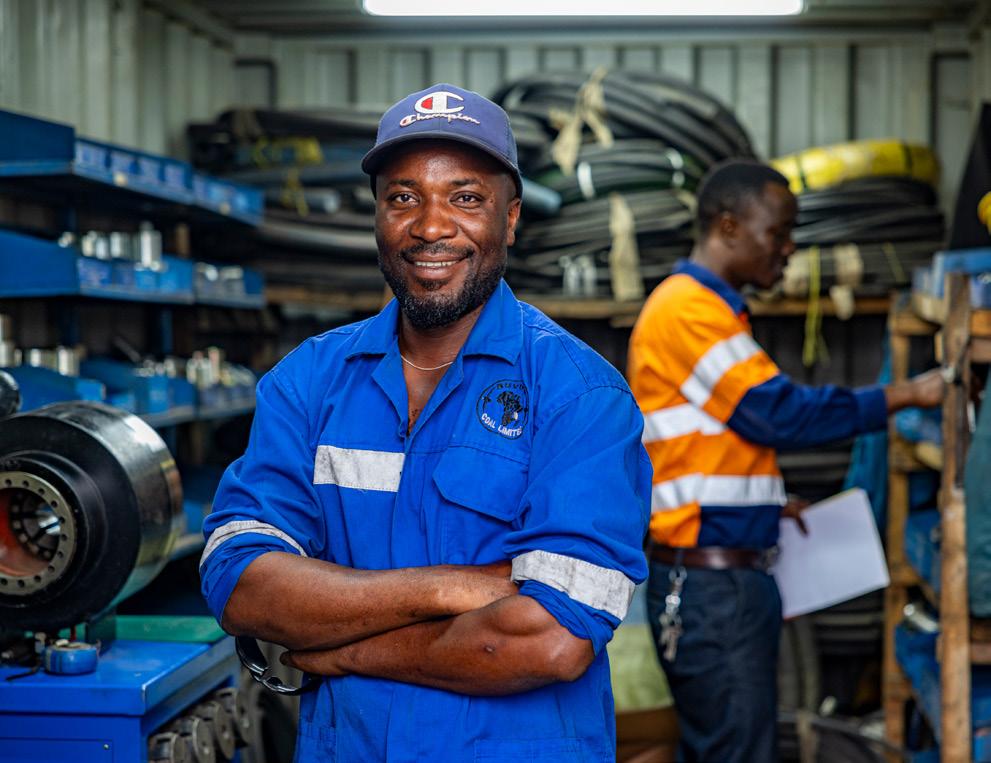
Ruvuma’s impressive numbers and annual output paint a powerful picture, however the company’s coal isn’t simply a resource – it has become a game-changer.
Keen to capitalise on this transformative potential, the Tanzanian coal mining industry is committed to continuing to meet international demand
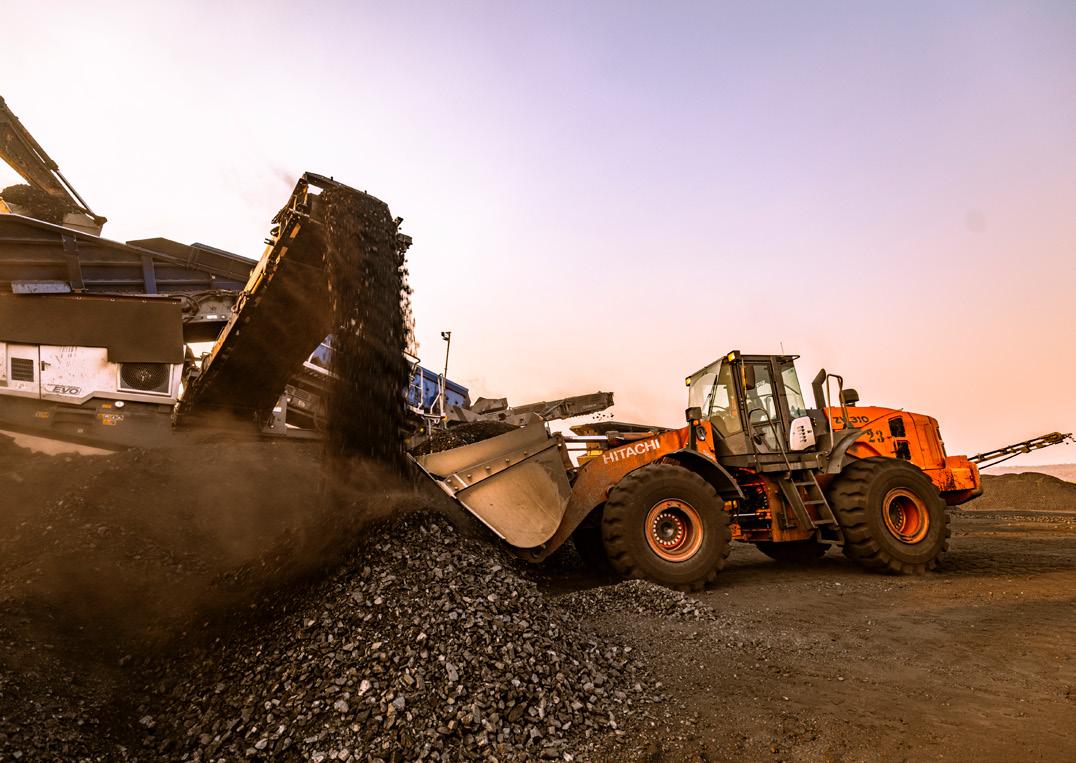
for products, providing local employment opportunities, and further boosting the nation’s economy.
Consistently exceeding revenue targets year on year, the burgeoning sector has emerged as a potent engine driving Tanzania’s foreign exchange earnings, within which Ruvuma itself stands tall.
Beyond the economics, coal can
act as a foundation for development and an inspirational symbol of Tanzania’s potential on the world stage.
By working together, fostering dialogue, and forging innovative solutions, Ruvuma hopes to unlock the full potential of coal, ensuring it continues to fuel Tanzania’s growth and prosperity, illuminating a brighter future for all.
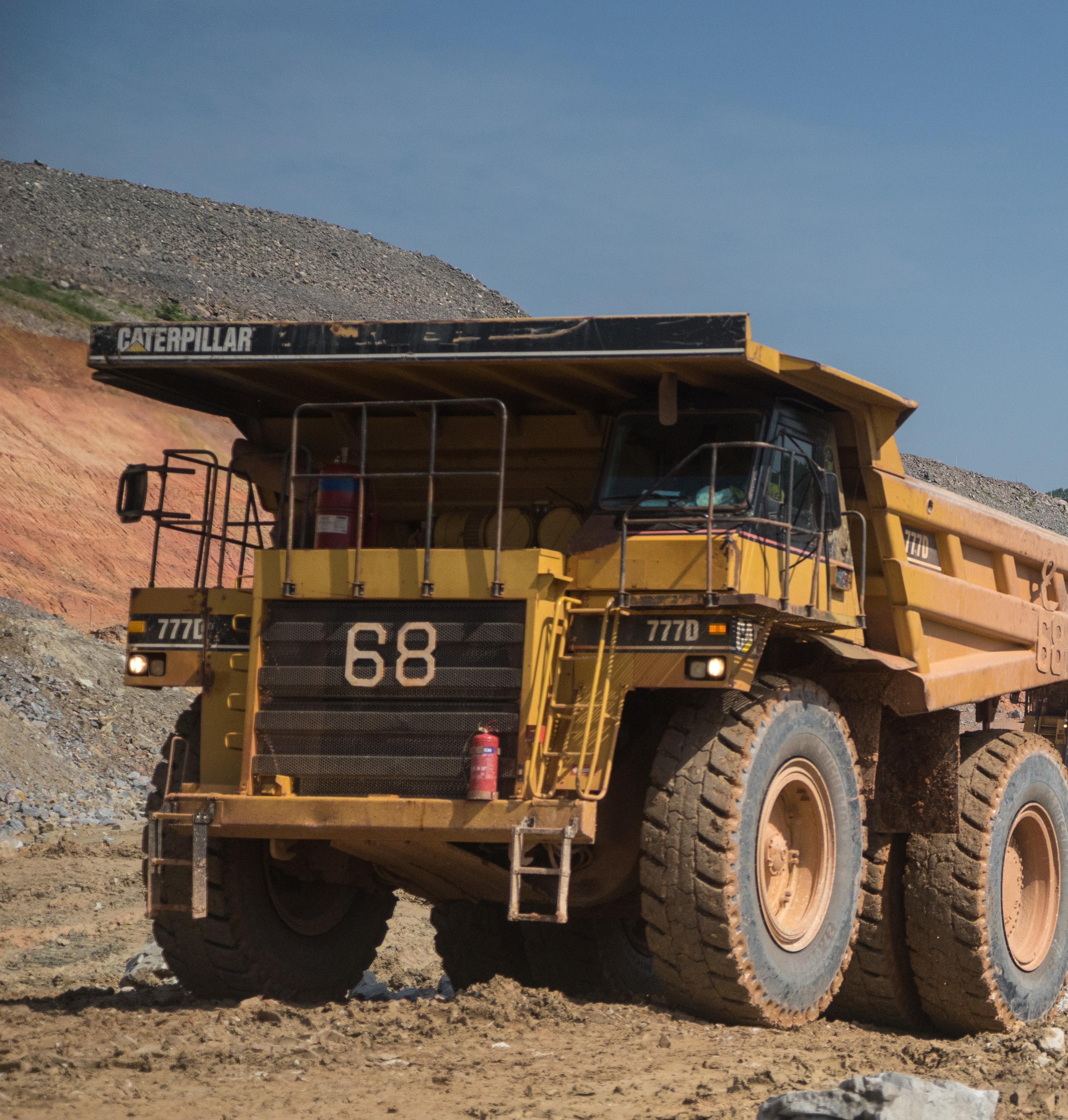
BCM Group has established itself as one of the most experienced surface mining and civil earthworks contractors in Africa. We talk about ongoing operations, employee training, local procurement, and more with CEO, Paul Coe
Writer: Jack Salter
Project Manager: Thomas Arnold
Africa is home to vast reserves, including gold, diamonds, cobalt, copper, and platinum, making it a crucial global mining player.
Increasing demand for these minerals and metals is driving significant growth in the continent’s mining sector, with many African countries also heavily investing in infrastructure and regularly making new discoveries, presenting opportunities for development.
However, it also comes with unique challenges and requires careful navigation of geopolitical complexities, such as social and environmental factors, infrastructure
constraints, regulatory frameworks, and social responsibilities.
“I believe my experience and expertise can help navigate these complexities in Africa’s mining industry, which is at an inflexion point,” opens Paul Coe, CEO of leading surface mining contractor and civil earthworks company, BCM Group (BCM).
Indeed, Coe is well-equipped to lead within the mining industry having held a number of senior management roles prior to his current position at BCM, whose headquarters is in Ghana and current projects are in West Africa as well as the Middle East.
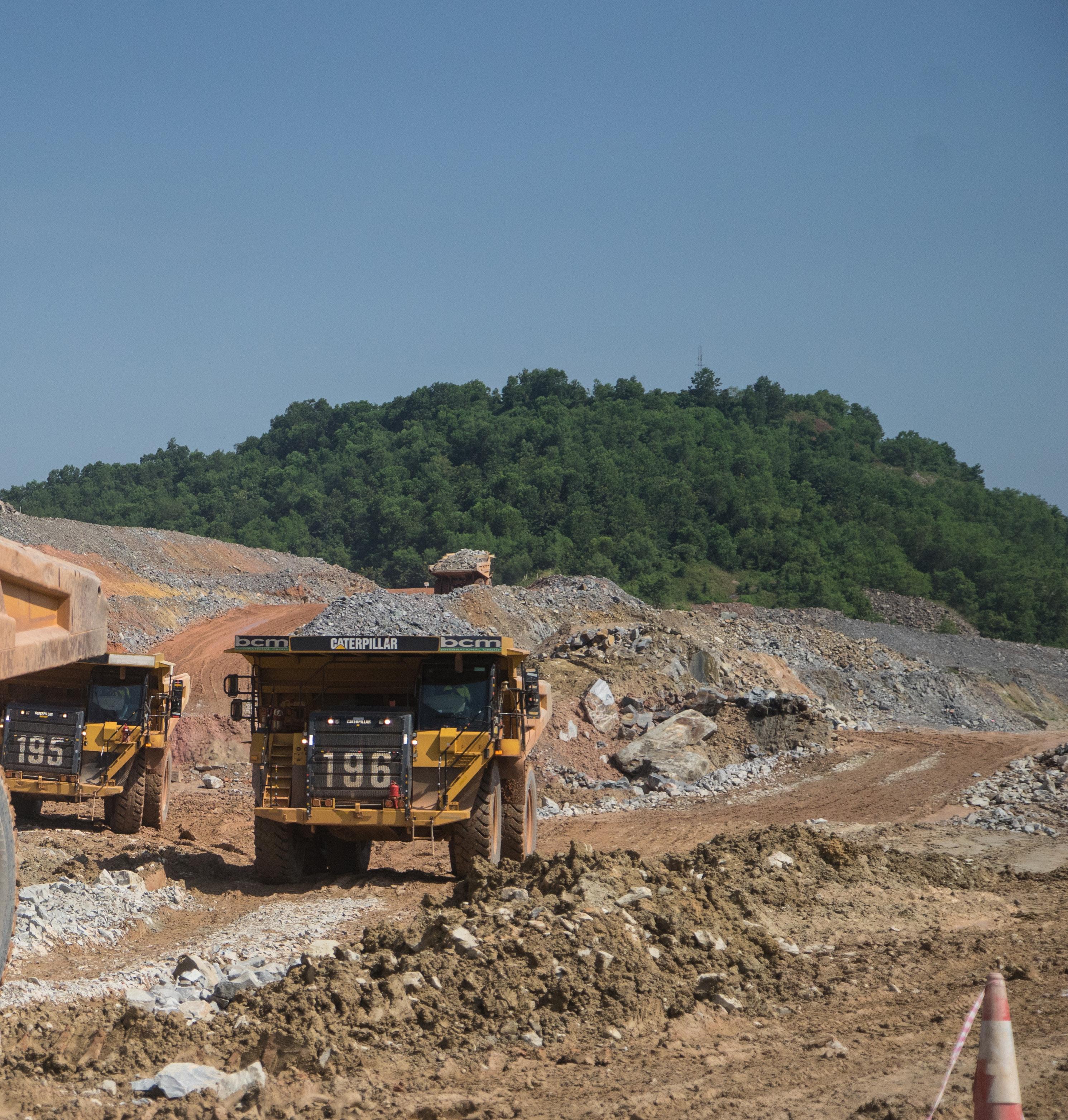
BCM has operated for almost a century and in Africa since 1990, where the company has firmly established itself as a reliable, experienced mining contractor.
“We have expanded our presence by serving a diverse client base throughout West Africa, Central Asia, and the Middle East,” Coe tells us.
BCM’s ongoing operations include the Tarkwa (Ghana), Tonkolili, (Sierra Leone), Agbaou (Ivory Coast), and Attarat (Jordan) projects.
Attarat and Tarkwa are both longterm open pit mining contracts for oil shale and gold, respectively, that include load and haul, drill and blast, and crusher feed services.
The former has a significant estimated production volume of 2.3 million cubic metres per month (cbm/ mo), almost double the estimated volume of Tarkwa (1.2 million cbm/mo).
At Tonkolili (600,000 cbm/mo), meanwhile, BCM has been contracted to perform a number of open pit iron ore mining services and construct 10
“OUR DEEP UNDERSTANDING OF AFRICAN MINING DYNAMICS ENSURES THAT WE ARE ABLE TO ENGAGE AT ALL THE REQUIRED LEVELS TO DELIVER MINING PRODUCTION ON TARGET AND WITHIN REQUIRED TIMELINES”
– PAUL COE, CEO, BCM GROUP
kilometres (km) of haul road to a new satellite pit.
Similarly, the company is providing various open pit gold mining services and constructing a tailings storage dam wall lift at Agbaou (200,000 cbm/mo).
Alongside its ongoing operations, BCM has completed the Tri-K gold project in Guinea, which included the construction of the tailings storage facility, water storage dam, and flood protection infrastructure.
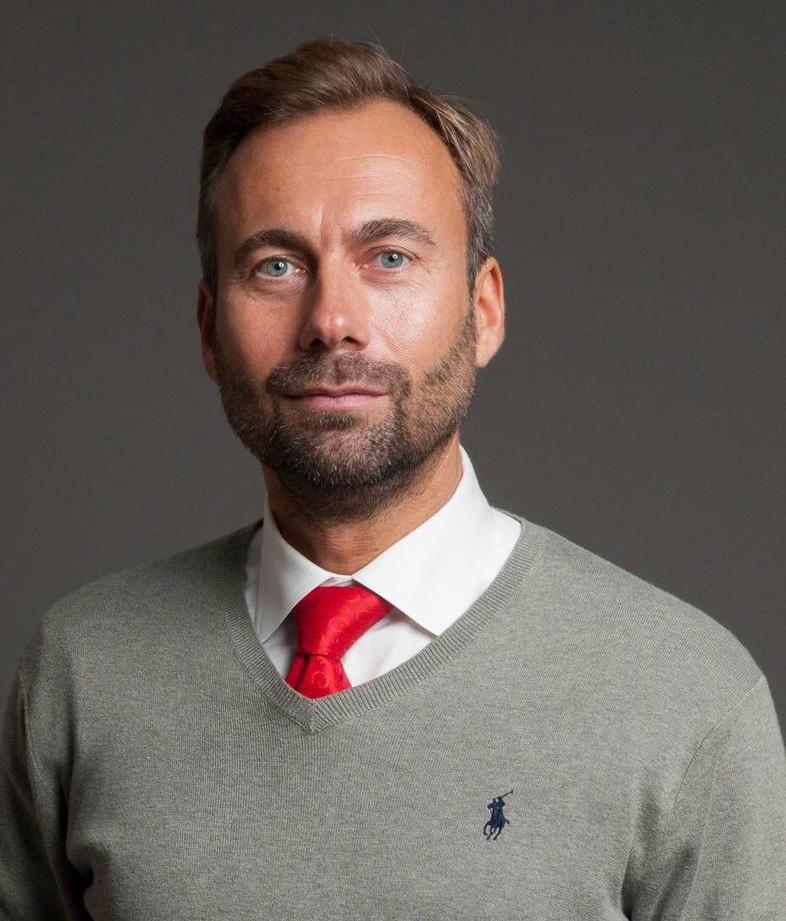
The complete scope of work also consists of load and haul, spread and compact, concrete works, as well as pipework and high-density polyethylene pipe (HDPE) liner installations.
“Production volume at the Tri-K gold project is estimated at 200,000 cubic metres (cbm) per month,” details Coe.
As one of the largest contractors in Africa, the company has strategically expanded its operations across the continent by entering new markets and increasing its presence in existing ones.
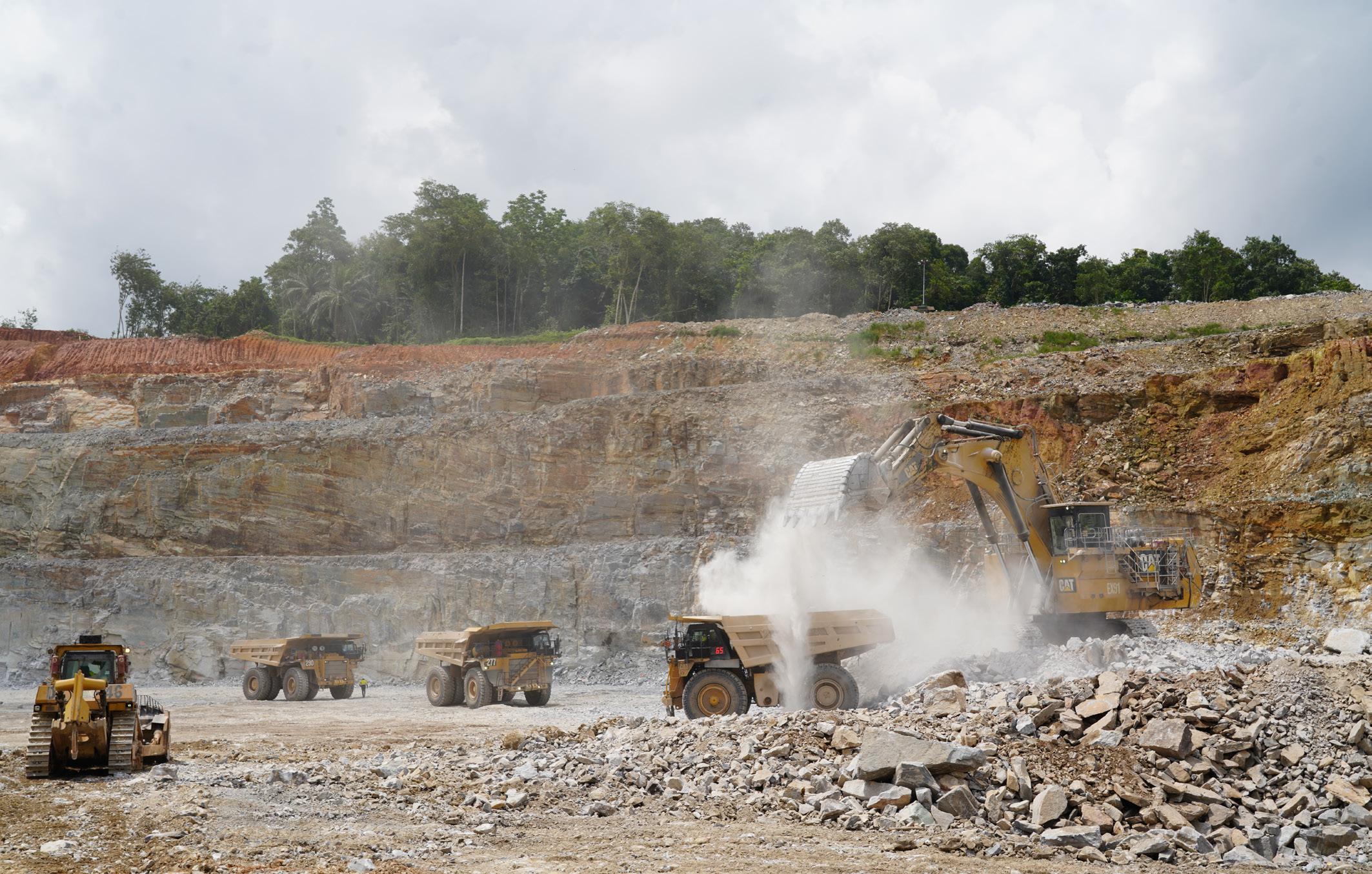
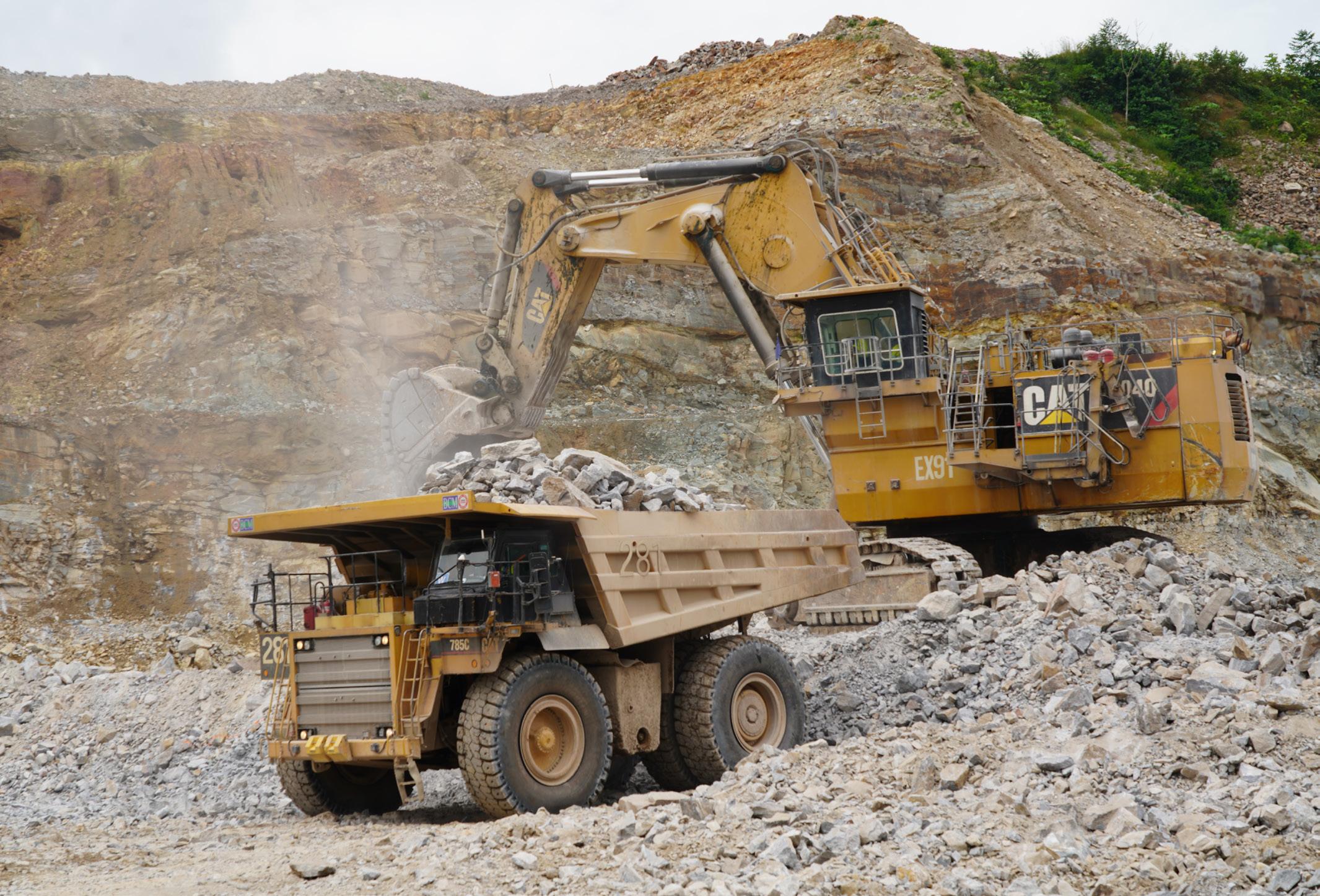
This growth enables BCM to better serve its clients, tap into new opportunities, and contribute to local economies.
“We are committed to responsible expansion, prioritising local partnerships, and community engagement,” Coe emphasises.
The 2,000+ employees at BCM are dedicated to delivering exceptional services, prioritising safety, and fostering local partnerships while providing mining solutions to clients across the African continent.
“We have an excellent team of dedicated and experienced employees, with senior management based in Accra and well-developed systems for remote site support,” he adds.
The extensive technical expertise of BCM’s team spans the entire value chain, from exploration to mine closure.
“With expertise in surface mining and civil earthmoving, we craft
customised solutions that address the distinct requirements of each client,” informs Coe.
“Our deep understanding of African mining dynamics ensures that we are able to engage at all the required levels to deliver mining production on target and within required timelines.”
BCM has invested heavily in training and developing local talent in West Africa’s mining industry with programmes focused on technical skills, safety, and leadership development, empowering individuals to drive growth and success in their careers.
The company has trained numerous personnel, with many now holding key positions in the industry.
“We currently employ less than 10 First World country expatriates, 60 Third World country expatriates, over 1,800 national employees in Africa, and 200 national employees in Jordan,” Coe confirms.
There is also an excellent spread of capable, qualified, and experienced
senior management expertise at BCM.
Several core expatriate employees have covered the breadth of operational, technical, and administrative levels for over three decades, whilst many senior personnel have worked for BCM for 10+ years, bringing a mature and professional approach to the work they do.
“Their experience represents a significant operational asset pool, which has been nurtured and developed over the lifetime of the company,” outlines Coe.
BCM takes training very seriously, as this ultimately helps to achieve target production in a safe, efficient manner and lifts the skill levels of individual workers.
“We have trained many previously unskilled people from villages and towns in the areas near the project sites to high levels of competency, including plant operators, supervisors, and administration and maintenance personnel.”
LOCAL ENGAGEMENT – BCM is committed to engaging with local stakeholders and communities to ensure they are at the forefront of its local strategy.
“Our mission is to empower communities and drive economic growth in our regions by delivering exceptional mining solutions tailored to the unique needs of our clients whilst upholding the highest standards of safety and environmental responsibility.”
SAFETY – BCM’s focus on safety excellence is reflected in its achievement of 10 million manhours free of LTIs at the Tarkwa site in Ghana and six million manhours free of LTIs across all sites spread out in various countries.
LONGEVITY – BCM recently celebrated its centenary, marking over 100 years in existence.
EXPERTISE – The company employs leading specialists in their field, with local and international experience that promises commitment to BCM and clients.
VERSATILITY – Providing a seamless approach to operations, BCM’s curiosity drives problem-solving and idea generation by providing the right environment conducive to success.
FOCUS – Its clients must make money and remain profitable in order for BCM to be successful.
IMPARTIALITY AND INDEPENDENCE – Being privately owned allows greater flexibility and response times without carrying the large overheads of publiclylisted entities.
LOCAL KNOWLEDGE – BCM is a global company employing local experts who understand local cultural and legislative practices.
SIZE – BCM has offices in eight countries which can quickly respond and mobilise large teams.
REPUTATION – The company has built an enviable reputation over 25 years of operations in West Africa.
In addition to training its people, BCM equally prioritises local procurement, recognising the importance of supporting local economies and communities.
Diverse supply chain operations ensure the company sources goods and services from local businesses whenever possible, injecting value into the local economy.
“BCM has well-established maintenance and logistical support in place for all project sites, and we take pride in our ability to operate efficiently and cost-effectively on remote sites around the world,” Coe enthuses.
The company establishes offices at all its sites to handle local procurement, the importation of spare parts and materials, and other administrative functions.
An on-site Supply Officer coordinates procurement with the operational area office and BCM’s headquarters and logistics depot, whilst a site-based Logistics Officer deals with receiving, checking, and inspecting incoming goods and assisting with any local purchases and subcontracts.
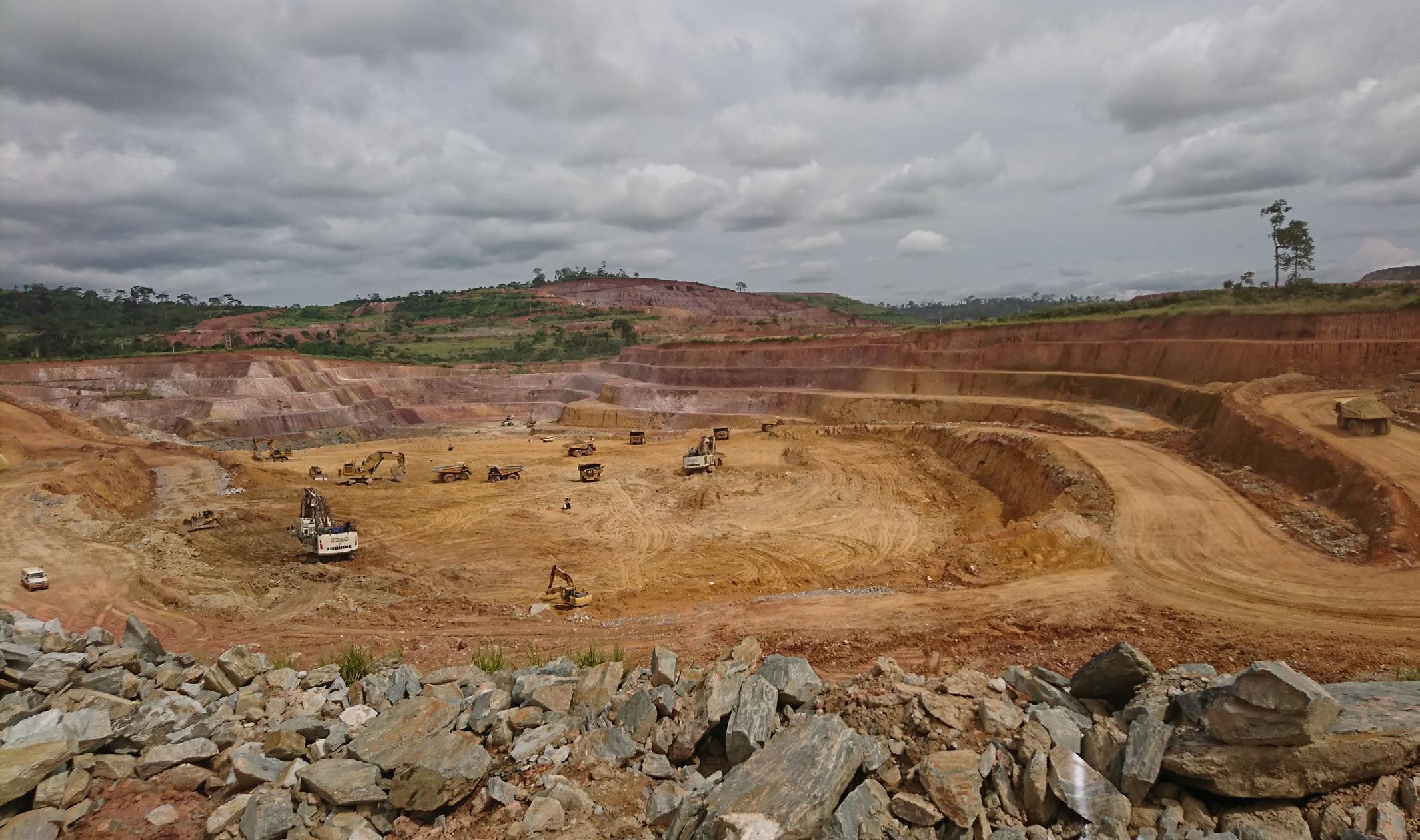
BCM also uses its own fleet of light, flatbed, and low-bed trucks and trailers for the delivery of goods to its operational sites.
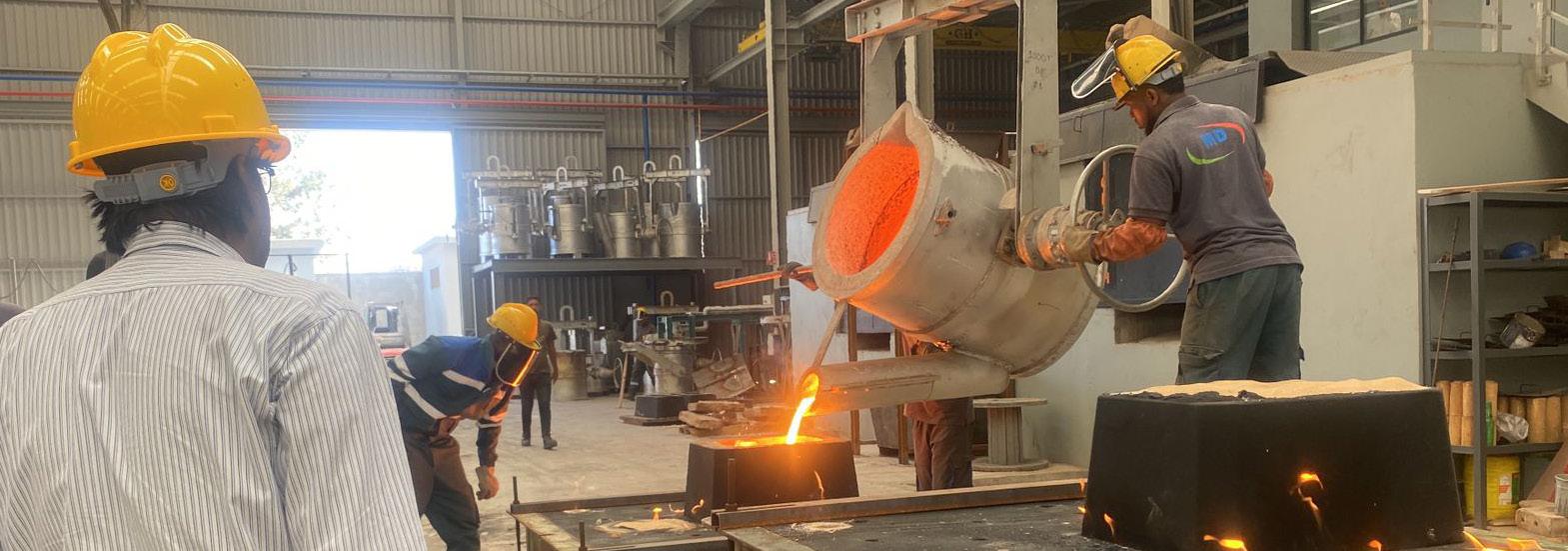
MD Iron and Steel foundry is a leading provider of high-quality metal castings for a wide range of industries.
We provide everything related to castings pouring instead of welding innovation in a variety of ways. Saving money by outsourcing technically high-quality products, purchasing and saving time, and increasing capital by stocking consigned items.
“We assume that some of the materials required for inclusion in the works would be available within the country of operation, and if cost and quality are proven acceptable, then this would be our preferred method of procurement,” Coe affirms.
“Subcontractors may be used for some portions of our contract work, depending on available competencies and skills.”
Local procurement adds value to BCM’s services, as does its commitment to safety and environmental, social, and governance (ESG) principles.
“Safety and ESG are paramount and non-negotiable at BCM. We have implemented robust policies, procedures, and training programmes to ensure our operations meet the highest standards,” assures Coe. ESG guides the company’s
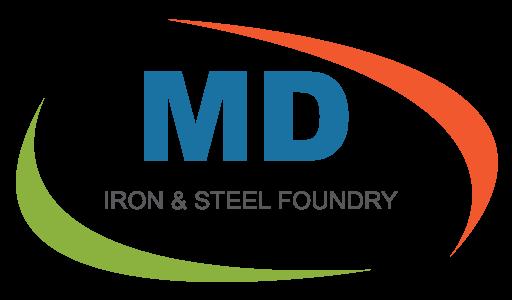
decision-making and business practices, whilst the safety of everyone it may impact is BCM’s top priority.
“Our goal is zero accidents and incidents through the provision of training and effective leadership and management.”
Looking ahead, BCM’s priorities include breaking its own safety record – one of the best in the mining industry – of 10 million manhours free of lost time injuries (LTIs) and enhancing its corporate ESG initiatives.
The company is also prioritising the expansion of its services in the Middle East and entry into new markets such as underground mining.
“BCM is focused on delivering exceptional results, driving growth, and making a positive impact on the communities we serve. We are also targeting increased revenue from multiple potential projects and
Morocco
officially launching BCM Engineering, our specialised component rebuild subsidiary,” Coe concludes.
Thus, the goals of BCM are ambitious but achievable, and will drive growth, sustainability, and success for its clients and stakeholders.
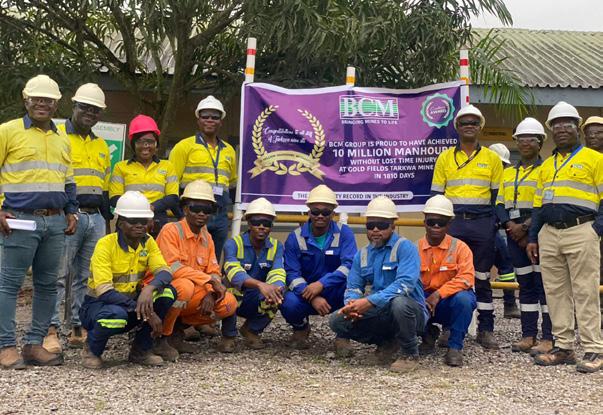

Tel: +233 307010300 info@bcm-group.com www.bcm-group.com

We revisit Kansanshi Mining Plc with an update on its S3 Expansion Project, which is on track for completion in mid-2025 and expected to transition the mine into a medium-grade, larger-scale operation
Writer: Jack Salter | Project Manager: Joshua Mann

The Kansanshi copper-gold mine, located near Solwezi in the North-Western province of Zambia, has been the flagship operation of First Quantum Minerals (FQM) since it was brought into production in 2005.
FQM has an 80 percent stake in the mine, which is operated by its subsidiary, Kansanshi Mining Plc (Kansanshi), with the remaining 20 percent owned by the Zambian government. Producing more copper than any
other mine in Africa, the Kansanshi mine has been a cornerstone FQM asset for almost three decades.
Economic copper and gold mineralisation occurs at the Kansanshi mine in three ore types – primary sulphide, mixed supergene, and oxide.
Kansanshi carries out conventional open pit mining methods at the mine, employing hydraulic excavators and a fleet of haul trucks. Ore treatment is flexible in order to allow for variation in ore type, either through an oxide
leach circuit, a sulphide flotation circuit, or a transitional ore ‘mixedfloat’ circuit.
Sulphide ore is treated via crushing, milling, and flotation to produce copper concentrate, whilst mixed ore is treated through a similar circuit. A high-pressure leach (HPL) facility treats a portion of the copper concentrate produced from both the sulphide and mixed ore circuits.
Oxide ore, meanwhile, is treated via crushing, milling, flotation,

leaching, and a solvent extraction and electrowinning (SX/EW) process, producing a gold-bearing flotation concentrate as well as electrowon cathode copper.
Copper is recovered by oxidation and leaching in autoclaves; gold is recovered from HPL residues via an acid-resistant gravity concentrator.
Last featured in 2022, one of Kansanshi’s main objectives at the time was to continue discussions with key stakeholders to pave the way for an expansion of its mine operation.
Evidently, those discussions were successful, as later that year FQM announced its Board of Directors had approved the expansion of S3, the Kansanshi mine’s third and largest sulphide processing line.
The S3 Expansion Project, which is a key part of the company’s brownfield growth strategy, will double copper production at the site and extend the life of mine for another two decades.

The project reflects FQM’s increased confidence in the Zambian investment climate and marks an important milestone towards responsible growth in the production
of metals, such as copper, that are needed for the global green energy transition.
Indeed, because copper is a highly efficient conductor of electricity and heat, it is commonly used in renewable energy systems to generate power from solar, hydro, thermal, and wind sources.
Copper also helps to reduce CO2 emissions, lowers the amount of energy needed to produce electricity, and is one of the few materials that can be recycled over and over again without losing performance.
The S3 Expansion Project is the future of Kansanshi and expected to transition the mine into a mediumgrade, larger-scale operation that will


be more appropriate for the higher proportion of primary, lower-grade sulphide ores at depth.
Once finished, it will comprise a standalone 25 million tonnes per annum (Mtpa) processing plant, additional gold concentrator capacity, and a new overland conveyor to feed the plant.
Construction is well underway and continues to focus on the assembly and installation of major components such as a 28 megawatt (MW) semi-autogenous grinding (SAG) mill, 22MW ball mill, and primary crusher.
Deliveries of such long-lead items continue to be received, including the last major delivery of flotation cells, whilst work has also begun on the configuration of the plant control system.
With project completion and first ore production on track for mid-2025, the Kansanshi mine is expected to produce approximately 250,000 tpa of coal for the remaining life of mine.
The expansion also includes a new, larger mining fleet that will use ultra-class equipment and benefit from new electrical loading and drilling equipment, along with the extension of the current electric trolley assist infrastructure.

All in all, the SC3 Expansion Project upgrades will increase Kansanshi’s total annual throughput to an impressive 53 Mtpa.
In parallel with the expansion of the mine and processing facilities, there are plans to increase
the throughput capacity of the Kansanshi mine’s smelter from 1.38 Mtpa to 1.65 Mtpa of concentrate, which will enable the smelter to produce over 400,000 tpa of copper anode.
Commissioned in the first half of 2015, the smelter has optimised the value of the copper produced at the Kansanshi mine and created hundreds of specialist jobs.
It efficiently traps 100 percent of sulphur dioxide by-product and converts it into sulphuric acid, which is neutralised in the leaching circuit, reducing reliance on imported acid for use in the treatment of oxide copper ores.
2024 marks a rapid acceleration in the investment programme for the Kansanshi mine’s S3 and smelter expansions, with FQM proud to be investing over USD$800 million this year.
INDENI Energy is transforming Zambia’s energy sector by converting an oil refinery to a fuel terminal, advancing bioethanol production, and improving rural fuel access.

In the wake of significant governmental changes, Evans Mauta, CEO of INDENI Energy Company Limited, embarked on a transformative journey that has reshaped Zambia’s energy landscape. Under his leadership, the company has transitioned from a traditional oil refinery to a dynamic player in the country’s energy sector. “It was due to a change of policy and my experiences with multinationals that I assumed this role,” says Mauta, reflecting on the beginning of INDENI Energy.

EVANS MAUTA, CEO OF INDENI ENERGY COMPANY LIMITED
Evans Mauta’s professional background as a chartered chemical engineer and extensive experience with international companies such as Total UK has been instrumental in navigating the complex challenges of this transformation. “We started with a small amount of seed capital and grew organically,” he says. The closure of the old refinery and the inception of INDENI Energy marked a pivotal shift. The initial capital provided by the government allowed the company to stabilize and begin its operations, setting the stage for future growth.
The journey was not without its hurdles. “We ran into logistical and financial problems, but we started with small volumes, losing capital initially but eventually gaining positive margins,” Mauta says. The company’s strategic decision to convert the refinery into a terminal significantly improved product evacuation and supply stability. INDENI Energy now boasts a storage capacity of slightly over 100,000m³ for diesel and an additional 56,000m3 of key products like petrol and Liquefied Petroleum Gas (LPG), positioning it as a critical player in Zambia’s energy market.
INDENI Energy is not just about maintaining the status quo; it’s about innovation and expansion. The company has made significant strides in converting its operations to bioethanol production. “We’ve received technical proposals from international companies and are
looking to implement this in rural areas to improve fuel access,” Mauta says. This initiative aims to address supply issues in remote regions and support market stability.
One of INDENI Energy’s primary goals is to stabilize the Zambian energy market. “As a local company, we retain all our profits here, and that contributes to economic stability,” Mauta says. By focusing on local transactions and minimizing foreign exchange risks, INDENI Energy plays a crucial role in stabilizing prices and ensuring a steady supply of energy products. The company’s commitment to sustainability and local growth underscores its strategic direction. Additionally, INDENI Energy aims to mitigate environmental impacts by promoting biofuels and reducing deforestation through alternative energy solutions such as LPG, as it has the country’s largest storage capacity for this product.
Looking ahead, INDENI Energy has several strategic projects in the pipeline. The company is investing in loading and offloading mechanisms to enhance its terminal operations. Additionally, it is developing mobile filling stations to address fuel supply issues in rural areas. “Our engineers have traveled to meet district councils and assess the needs of these areas,” Mauta says. This project aims to provide sustainable fuel supply solutions to underserved regions, further solidifying INDENI’s market position.
Mauta envisions INDENI Energy as the preferred oil supplier in Zambia, targeting the restoration of its supply capacity to 50% of the market. “We aim to become the quality assurer in laboratory services and a company with robust operating systems,” he says. INDENI Energy’s comprehensive approach ensures it remains competitive and responsive to market demands.
Mauta concludes by saying “Choosing INDENI Energy means partnering with a company that has adopted operational systems from multinationals and has a clear vision for the future.”

Procuring and distributing bulk petroleum products safely, efficiently, and effectively
INDENI is wholly owned by the government of Zambia and falls under the Industrial Development Corporation (IDC) group of companies. The company’s overall business mandate focuses on bulk procuring, exporting, and distributing finished petroleum products, and has acquired vast experience in petroleum management and testing.
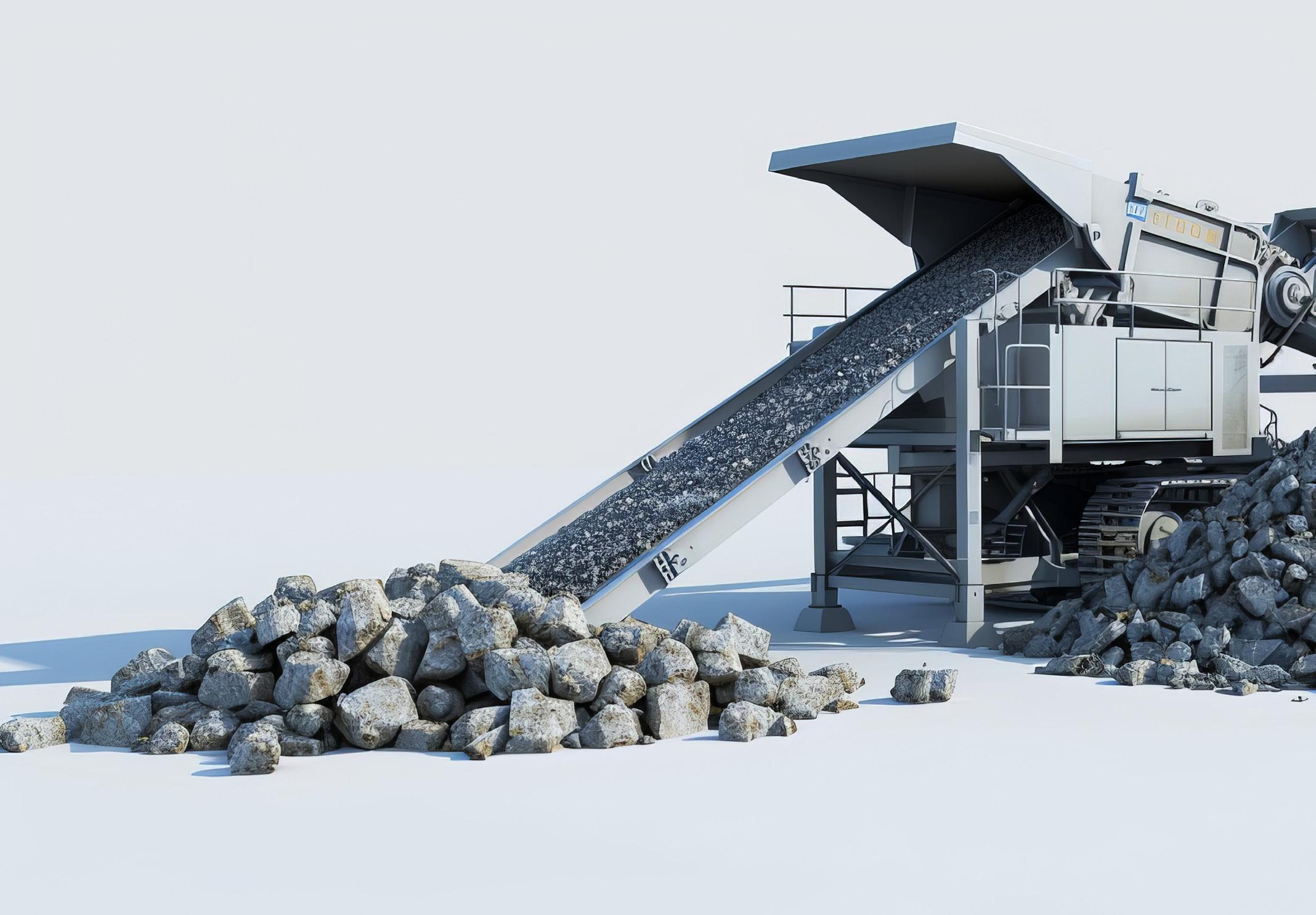
Kansanshi has embarked on a significant initiative this year to foster the professional development and growth of its workforce by introducing a proficiency framework for mobile fleet mine maintenance.
This meticulously crafted framework is designed to facilitate career progression and the acquisition of new skills amongst employees, empowering them to showcase their competence across various work categories.
As well as providing a structured roadmap for progress, enabling employees to discern the pathways leading from one proficiency level to the next, the framework offers constructive feedback on performance and assessments at each stage of the professional journey.
Delineating a clear trajectory for career advancement is of paramount importance to Kansanshi, who is dedicated to establishing a transparent and equitable development journey for its employees through the implementation of the proficiency framework.
Not only does the framework ensure visibility, but it also uploads fairness and transparency, contributing to the realisation of world-class maintenance and operational standards at Kansanshi.
Financing for the expansion has been raised from capital providers globally, with the investment programme representing a major inflow of funds into the Zambian economy.
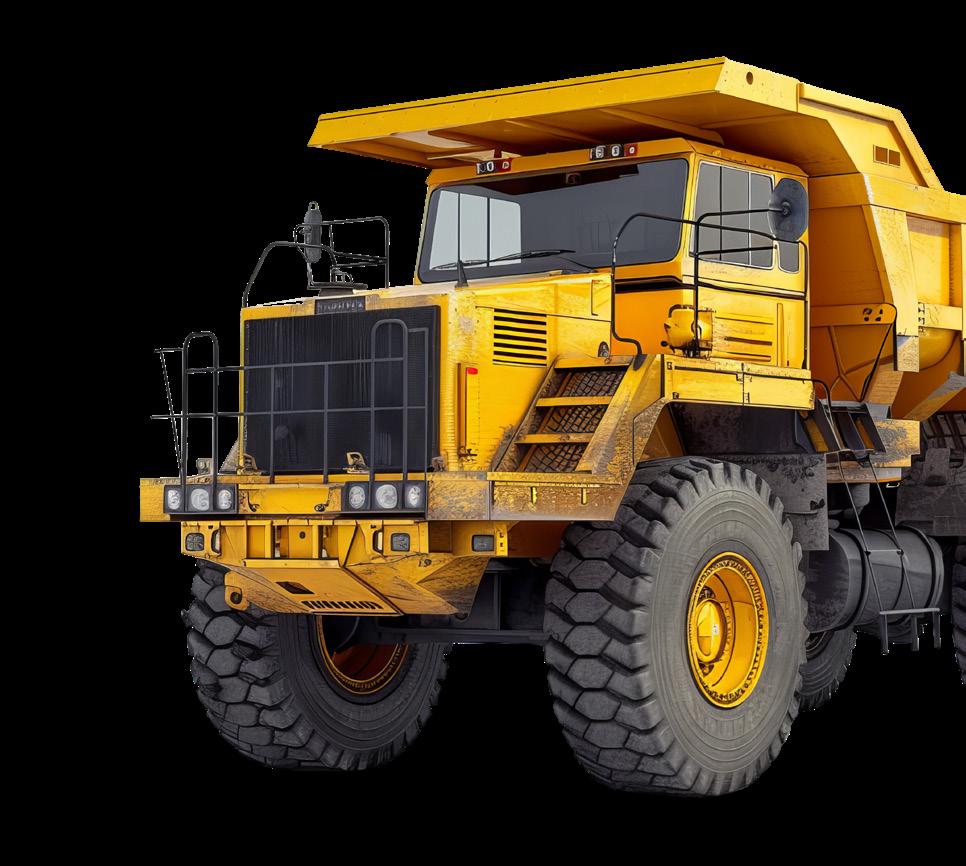
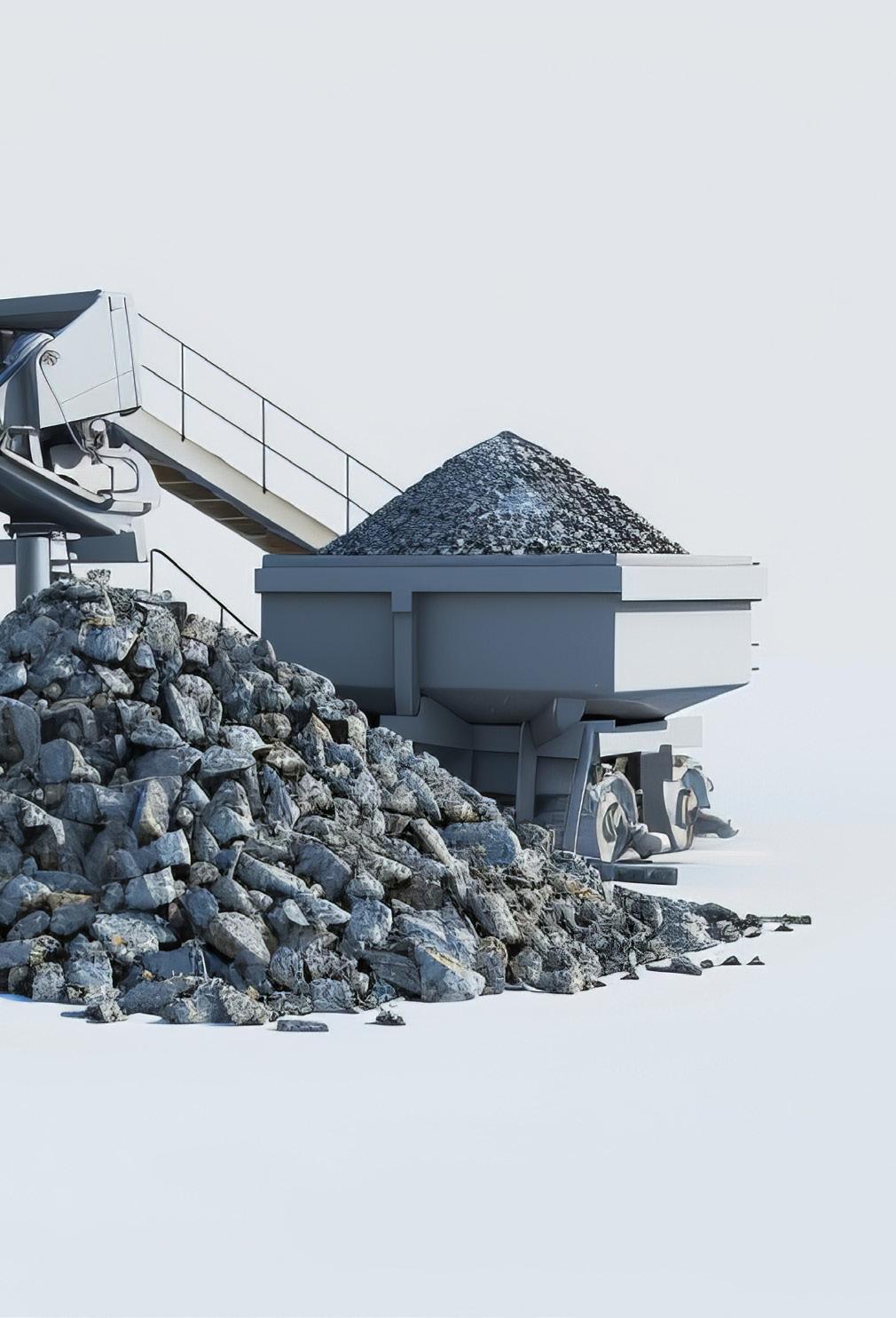
Indeed, this growth will bring value to surrounding communities, local suppliers, employees, and the people of Zambia as a whole.
The S3 Expansion Project underlines the continued standing of FQM as the largest private sector employer and the greatest contributor to corporate social responsibility (CSR) in the Zambian
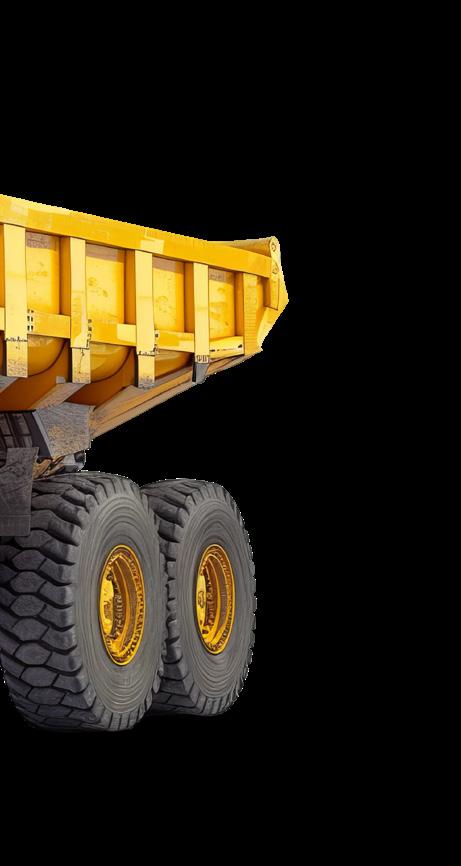
Power for the project, for example, will be predominantly supplied from renewable sources, including existing hydropower within Zambia, as well as potential wind and solar power projects under consideration by third
The Zambian power crisis, exacerbated by drought, has posed significant challenges to the
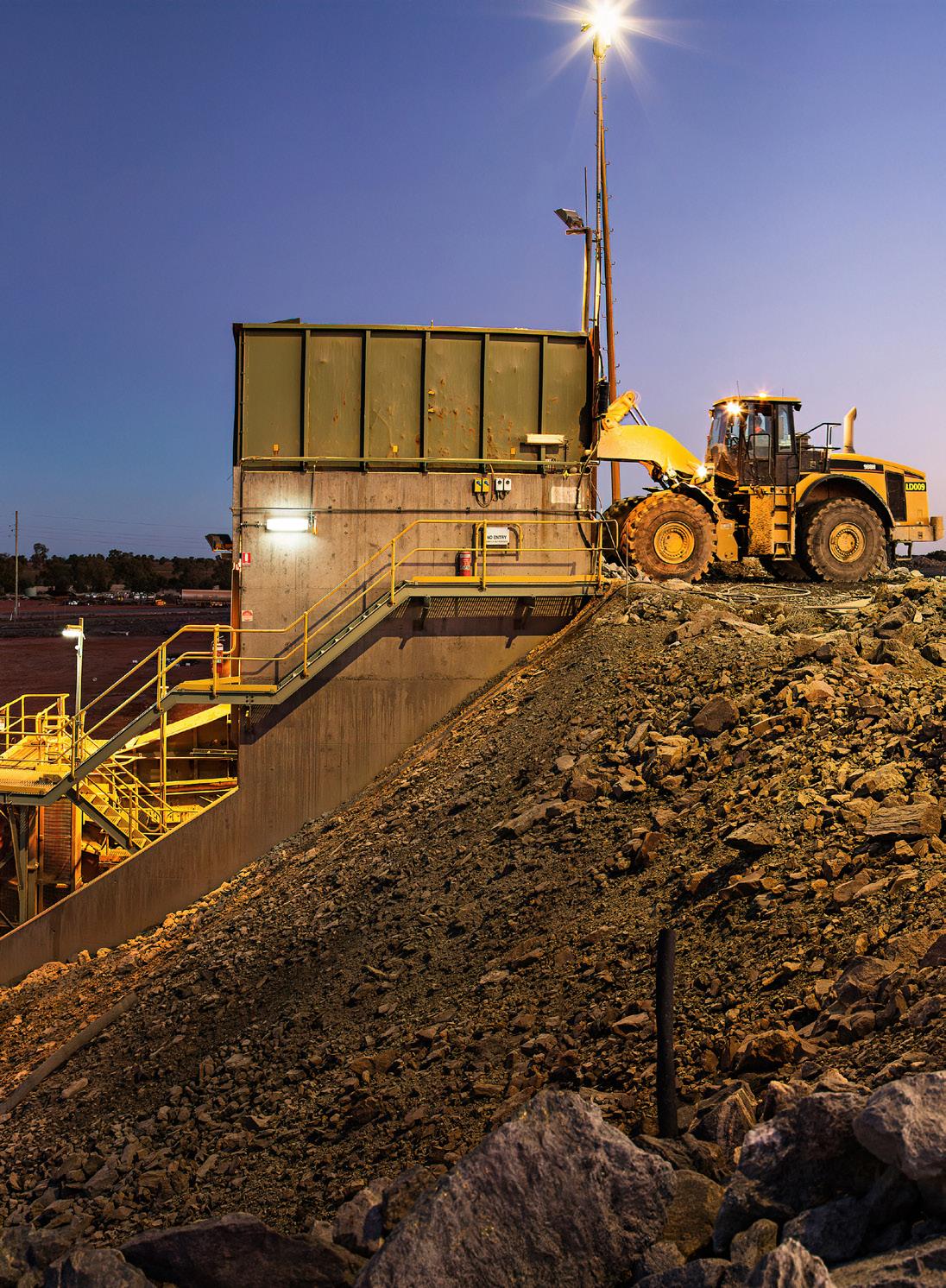
mining sector. FQM has responded by securing alternative power sources, particularly from regional suppliers through the Southern African Power Pool, a strategic move that has mitigated disruption and enabled the continuation of operations at Kansanshi.
Despite these continued electricity challenges, Kansanshi’s financial performance for the first half of 2024 was boosted by higher copper prices and improved ore grades.
Through Kansanshi, FQM also recently supported the education sector in Solwezi by donating mattresses and beds to St. Mary’s School for pupils with special educational needs, a generous contribution further enhanced by the distribution of computers and desks to various schools within the district.
In a bid to bolster government
efforts in providing clean, safe drinking water and improving sanitation, the company has also handed over an ablution block and water reticulation system to Mbonge Primary School, aimed at enhancing the living standards of the local population.
Kansanshi has been commended by the Zambian government for its unwavering support of the education sector in Solwezi and the wider community surrounding the mine operation.
The Kansanshi Mine2Mine cycling race, meanwhile, serves as a shining example of the company’s dedication to community well-being, sports development, and CSR.
By embracing diversity and promoting inclusivity, the mine continues to make a positive impact on the lives of its employees, their families, and the surrounding communities.
The Capital Hotels, Apartments & Resorts has a strong entrepreneurial foundation and takes a disruptive approach to accommodation. José Soares, IT Director, discusses how he leads technological innovation, driving the company forward
Writer: Rachel Carr | Project Manager: Tom Cullum
Situated at the southernmost point of Africa, South Africa (SA) boasts the continent’s largest and most advanced economy. With each of its nine provinces offering a wide variety of exciting activities, it is an ideal destination for both business and leisure travellers.
As a result, The Capital Hotels, Apartments & Resorts (The Capital) is establishing itself as one of the most rapidly expanding hospitality groups in SA.
“We currently operate 12 hotels throughout the country, with plans for further expansion. Like SA, our brand revels in diversity, serving as an oasis for leisure and business travellers, families, and those seeking stylish and comfortable long-term accommodation,” introduces José Soares, IT Director.
Currently employing 800 dedicated professionals from various disciplines that ensure excellence across every
accommodation, The Capital’s properties boast an impressive array of facilities, including state-ofthe-art conference spaces, modern restaurants, pools, spas, and wellequipped gyms.
“We take great pride in our luxurious penthouses and contemporary apartments, all furnished with the needs of business travellers and families in mind. Our attention to detail comes through in our furnishings, which create uniquely inviting spaces for our guests,” Soares enthuses.
As the IT Director, he is responsible for the entire technology infrastructure, including the software that powers the reservations and team operations, as well as networks that deliver Wi-Fi and support operational requirements.
“Since joining The Capital, I’ve come to appreciate that the hospitability sector is one of the most
technologically rich environments, as a hotel functions simultaneously as an enterprise, restaurant, and a home, creating a nexus of challenges and opportunities for innovation,” he observes.
“I often joke that anything involving an electric current falls under my list of responsibilities!”
What sets The Capital apart from its competitors is its constant evolution and improvement, fuelled by a balance of agility and entrepreneurial spirit.
“In the office, we have a saying, ‘Comfort is where ambition goes to die’. This mindset pushes the team to continually enhance its offerings, always benchmarking themselves against the market to become better, more efficient, and more competitive,” Soares affirms.

Indeed, The Capital has many unique qualities, which Soares contributes to with his approach to IT strategies. Unlike many in the hospitality sector, who heavily rely on outsourcing or off-the-shelf solutions, he recognises the potential of developing and owning core intellectual property.
“This allows us to create truly distinctive and customised guest experiences. My diverse background, especially in marketing, has given me a holistic understanding of business operations. I approach IT solutions from both a technical standpoint and with a keen awareness of what drives business success in our specific context.”
From a technological perspective, the hospitality industry is undergoing incredible innovation and change, as the landscape is shifting from large, traditional platforms to more
cutting-edge technologies that are rapidly being adopted.
The emergence of artificial intelligence (AI), for example, has created new opportunities to improve guest experiences and streamline operations, prompting Soares to recognise how the current technological advancements indicate an incredibly thrilling period to be involved in the hospitality industry.
“Within an organisation like The Capital, who encourages
experimentation and innovation, we have the freedom to test new ideas, learn from our experiences, and create truly groundbreaking solutions,” he states optimistically.
There’s an incredible satisfaction that comes from implementing IT solutions that streamline operations and boost day-to-day efficiencies.
Seeing the tangible impact of what we have built on guest surveys and business performance is a reward all on its own.
“WITHIN AN ORGANISATION LIKE THE CAPITAL, WHO ENCOURAGES EXPERIMENTATION AND INNOVATION, WE HAVE THE FREEDOM TO TEST NEW IDEAS, LEARN FROM OUR EXPERIENCES, AND CREATE TRULY GROUNDBREAKING SOLUTIONS”
– JOSÉ SOARES, IT DIRECTOR, THE CAPITAL HOTELS, APARTMENTS & RESORTS

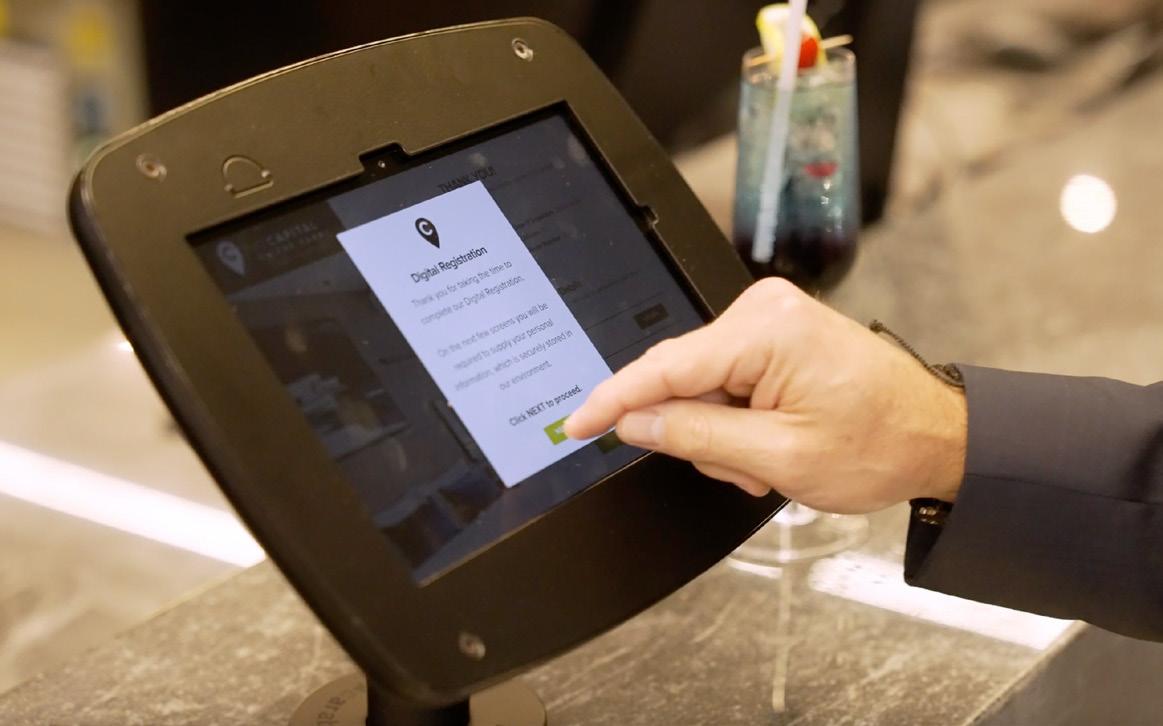
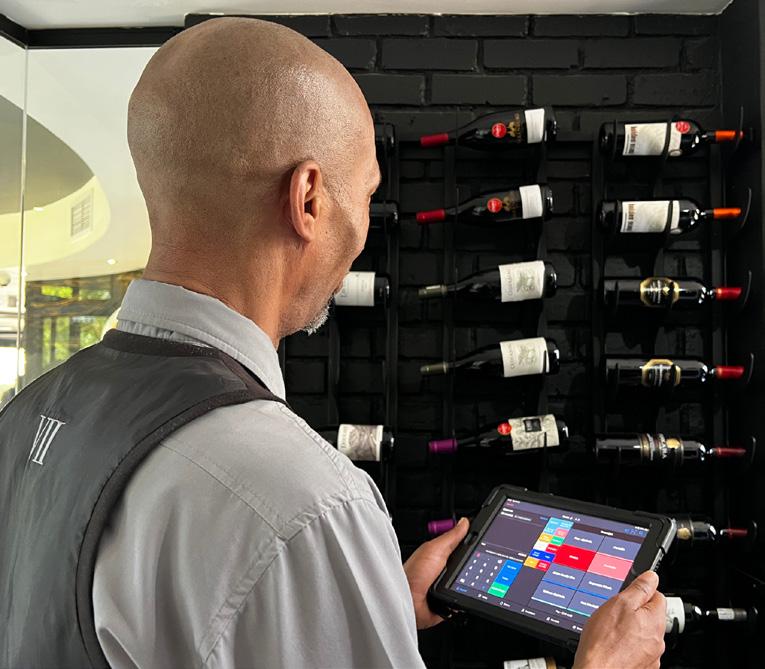
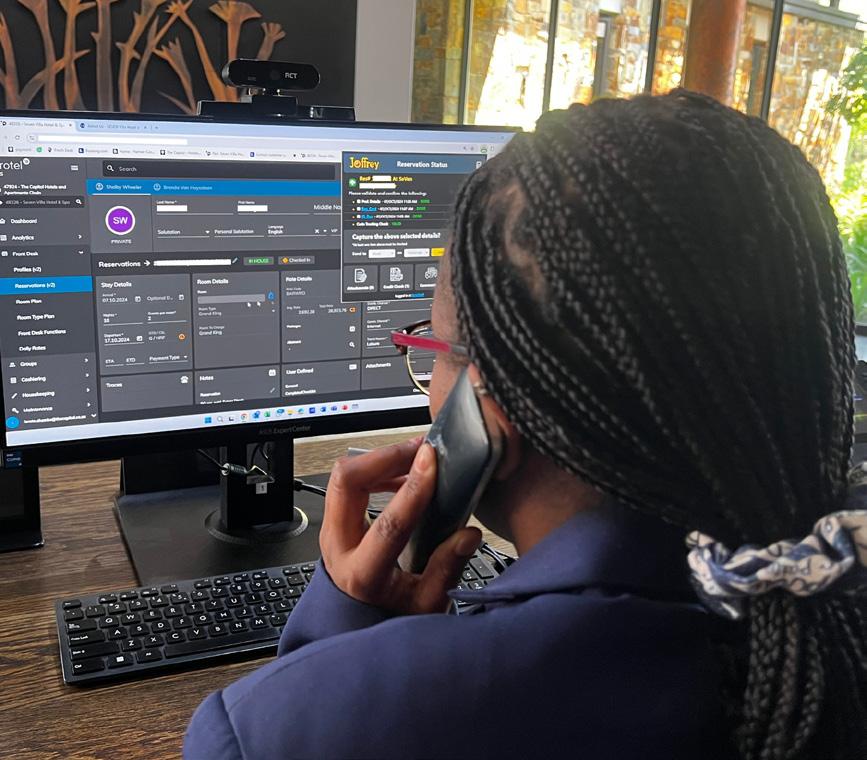
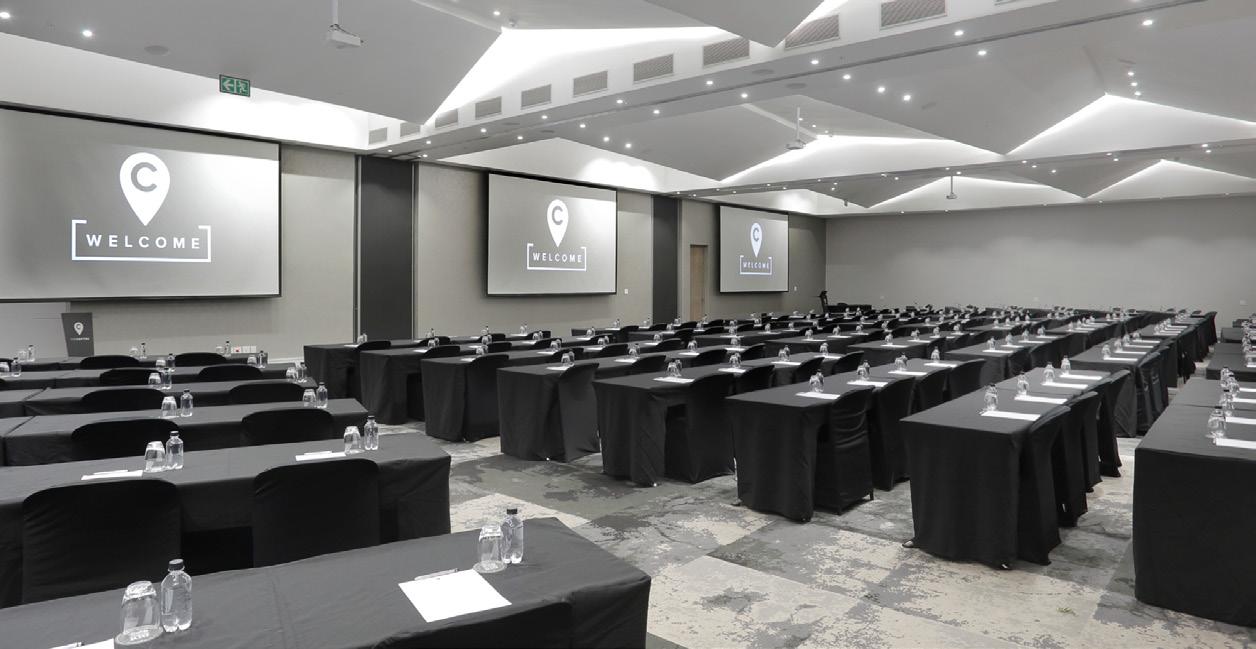
• For several years, the company has understood the value of leveraging AI and data analytics in its operations. Soares recognised the immense potential for data-driven initiatives early on in his hospitality career. The daily interaction with thousands of guests means a constant flow of information; therefore, this data presents a real opportunity to derive meaningful insights that guide decision making.
• The Capital has been developing a sophisticated data layer to enhance the guest experience and provide valuable insights to its staff. An internally developed toolset seamlessly integrated with its PMS creates a near-native experience for staff and delivers crucial information at their fingertips.
• The system facilitates various operational tasks, from capturing client information upon arrival to managing pit checks and cash acceptance. By incorporating AI and intelligent algorithms, The Capital transformed what was once mundane, repetitive tasks into streamlined, data-driven processes.
• The company is enhancing its system by incorporating external guest review data to provide staff with real-time information about previous guest experiences. The goal is to develop predictive capabilities that allow negative experiences to be anticipated and prevented before they occur.
One of The Capital’s key strengths lies in its sales team, and Soares is passionate about enhancing its capabilities through real-time, intelligent sales reporting technology.
“We’ve successfully integrated our customer relationship management (CRM) system and property management system (PMS), enabling real-time tracking of revenue data. This provides our sales teams with an accurate, up-to-the-minute understanding of lead generation, business performance, and revenue streams,” he declares.
By leveraging AI and machine learning (ML) to forecast sales patterns, the project is moving into the next phase. This predictive capability will help The Capital’s teams optimise their strategies and activities, potentially leading to significant improvements in sales performance.
Moreover, the company has developed an intelligent payment system that enables guests to securely store their information and conveniently settle their bills. However, this system goes beyond mere storage, it is designed to tackle common issues such as long check-out queues, unpaid bills, and lost details.
“Drawing on my background in FinTech, I was eager to improve our payment processing capabilities. By streamlining these processes, we’re enhancing the guest experience and bolstering our operational efficiency and financial performance,” Soares explains.
Lastly, by harnessing AI-powered call analysis, The Capital has implemented a system which transforms raw conversations into actionable insights. This provides significant support to its reservations team, who handle thousands of calls monthly, representing a wealth of untapped data.
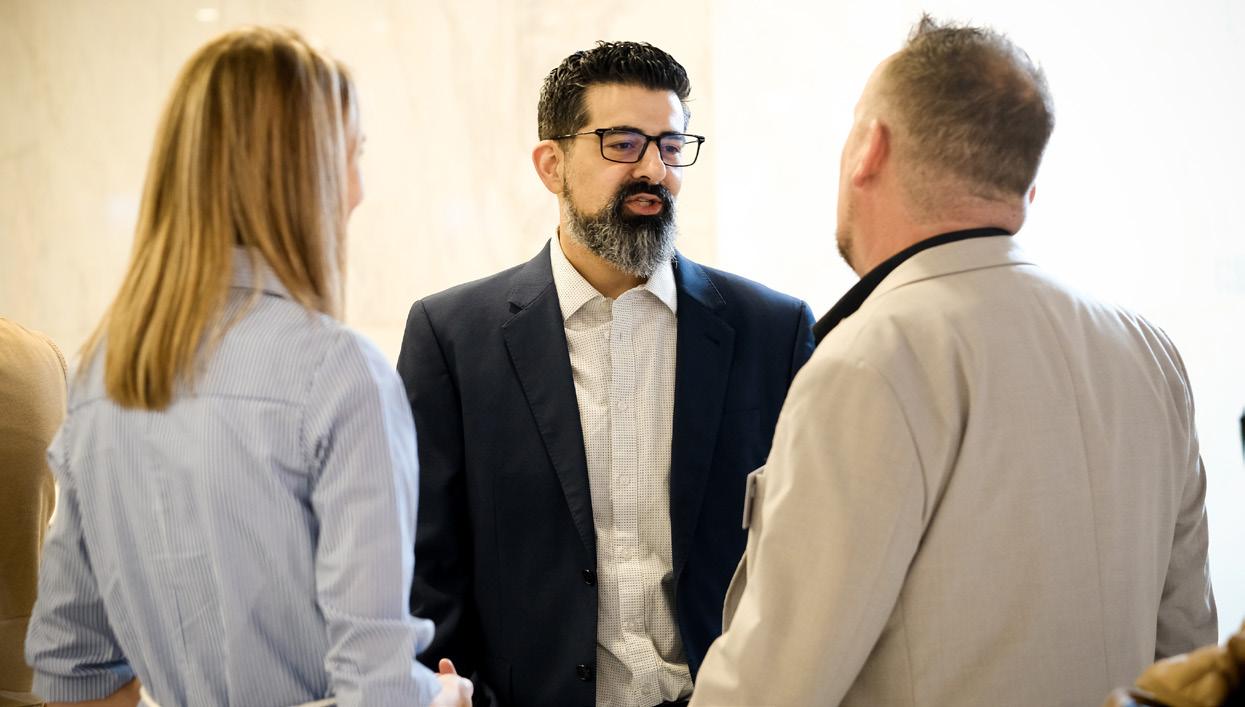
“OUR OBJECTIVE IS TO CREATE A TECHNOLOGICAL ECOSYSTEM THAT IS FAST, INTELLIGENT, AND EFFECTIVE, BUILT ON MODERN, AGILE STANDARDS THAT WE CAN CONTROL AND ADAPT TO AS REQUIRED”
– JOSÉ SOARES, IT DIRECTOR, THE CAPITAL HOTELS, APARTMENTS & RESORTS
José Soares, IT Director: “Our ongoing training and skills development are paramount. We place a strong emphasis on continually upskilling our staff, particularly regarding cybersecurity. Since we handle sensitive personal information, it is essential that our employees comprehend and implement robust security measures to safeguard our operations.
“Beyond security, we provide comprehensive training on our systems, including our proprietary platforms and third-party software as a service (SaaS) solution for procurement, sales, invoicing, and other critical functions. Our incredible operation’s team has developed detailed standard operating procedures (SOPs) for each platform, and we conduct hands-on training sessions during onboarding and throughout an employee’s tenure as systems evolve and new features are introduced.
“The attributes we prioritise in our employees are adaptability and a passion for learning. The ability to quickly grasp new concepts and systems is invaluable. We also appreciate individuals who can think creatively and aren’t afraid to challenge the status quo – qualities that align with our innovative and disruptive approach to hospitality.”
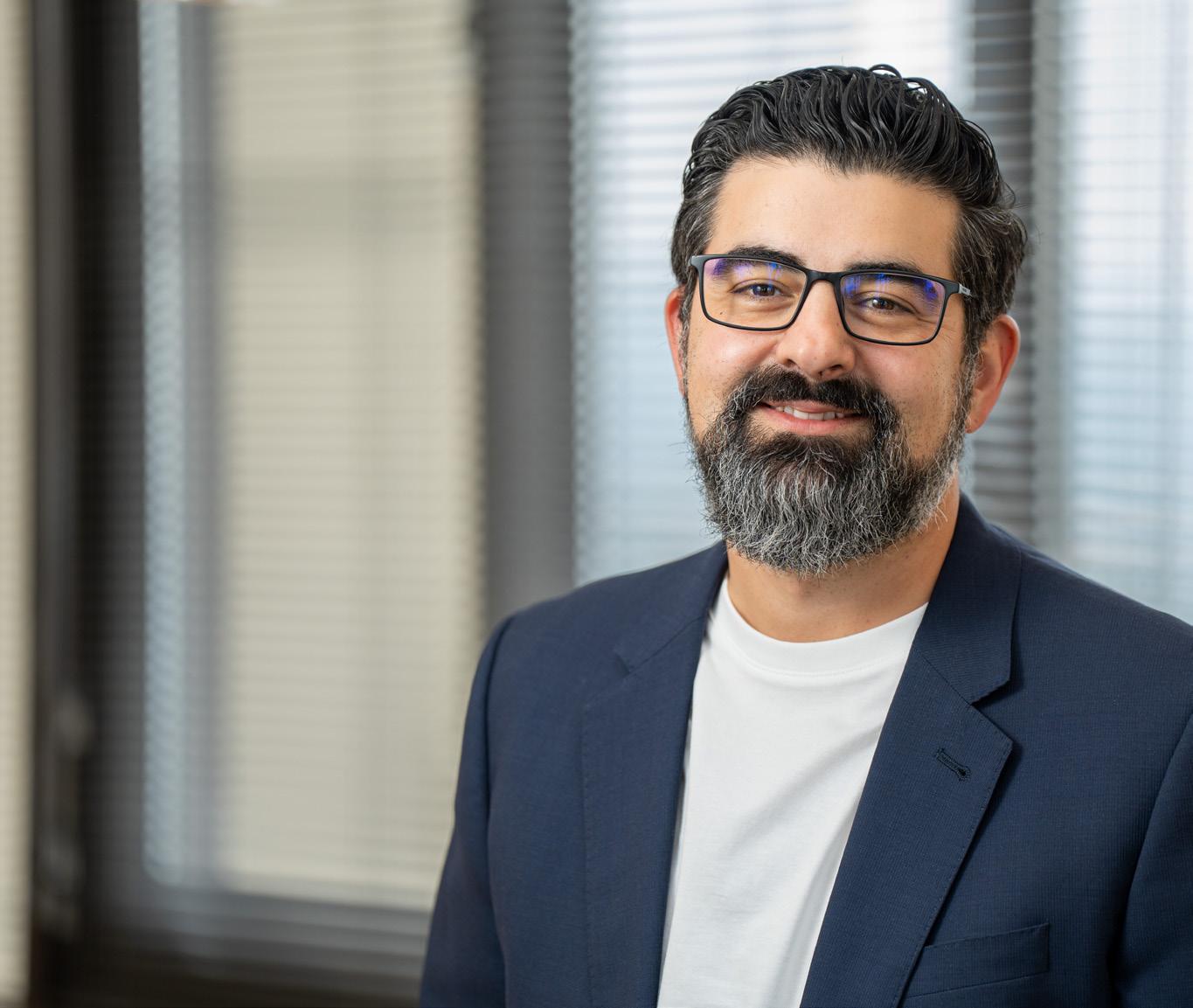
“The technology allows us to identify our strengths and weaknesses in real-time, uncovering frequently asked questions, common objections, and missed opportunities. The insights gained empower our teams to refine their approach, leading to improved conversion rates and sales performance,” he elaborates.
Additionally, this data provides valuable feedback to the company’s operations team, enabling it to understand and resolve common complaints and issues.
As such, the capability to rapidly process and extract meaningful insights from thousands of conversations is upending The Capital’s customer service and operational approach.
The Capital’s primary focus for the upcoming year is on rapid, sustainable growth, and Soares’ responsibility is to ensure the appropriate technological infrastructure is in place to support the expansion.
The company is doing so by establishing technological standards that meet international benchmarks, encompassing its proprietary software and cybersecurity protocols.
At the core of this strategy is The Capital’s proprietary systems, which act as the central nervous system for all company operations. They interconnect and optimise all aspects of the business, from sales and marketing to guest services and backoffice functions.
“Our objective is to create a technological ecosystem that is fast, intelligent, and effective, built on modern, agile standards that we can control and adapt to as required. In our vision for the future, data is essential; we’re constructing a robust data infrastructure to power the growth and competitive advantage of The Capital,” Soares impassions.
By effectively utilising these information insights, the company
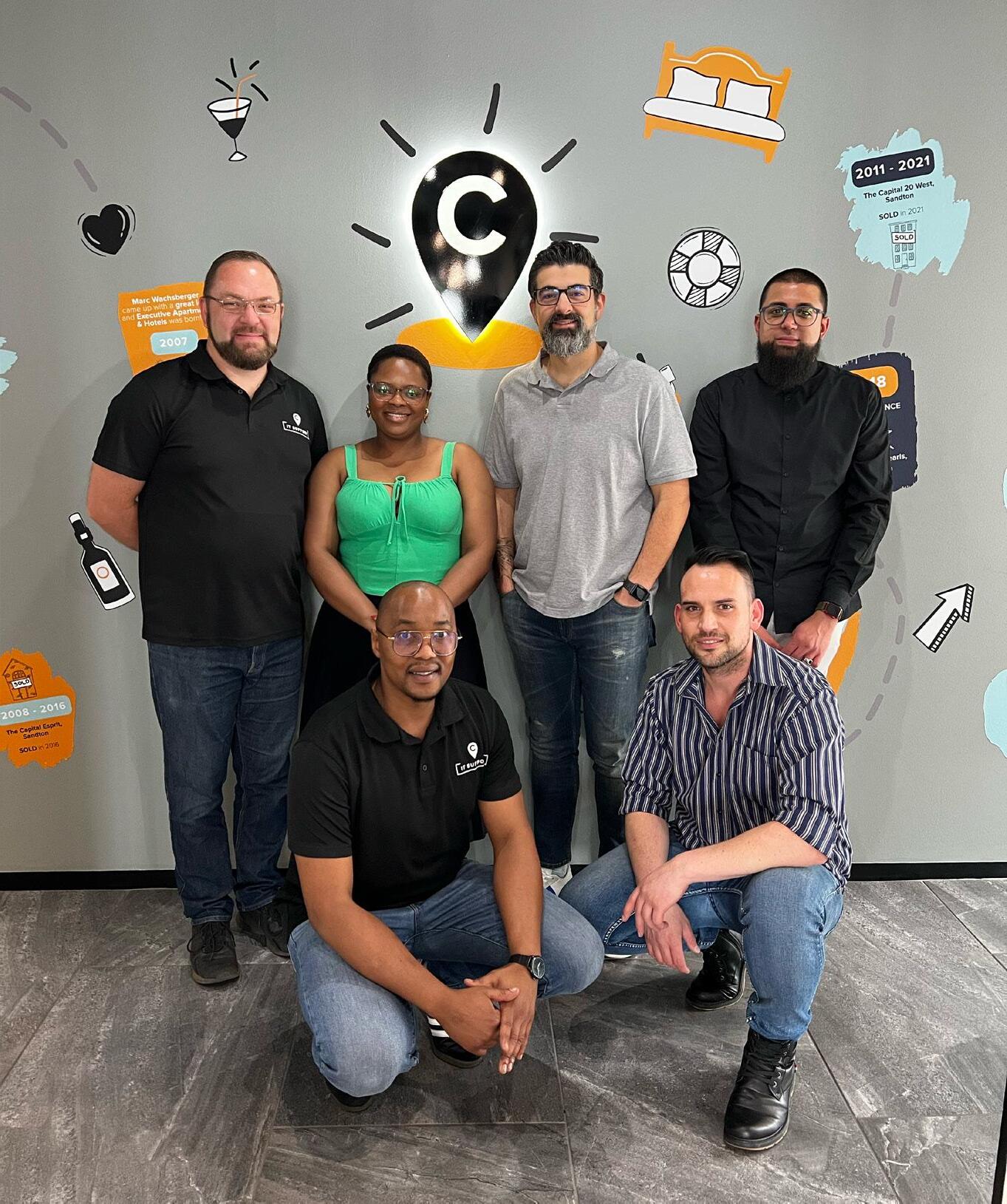
aims to enhance every aspect of its operation, from increased targeted marketing campaigns to more efficient operational processes and personalised guest experiences.
As The Capital pursues this growth and innovation, it’s also closely monitoring emerging industry trends.
“We’re well-positioned to capitalise on the growing ‘bleisure’ travel segment – business travellers extending their trips for leisure. Our apartment-style accommodations are ideally suited for these longer, mixedpurpose stays.”
Furthermore, cognisant of the increasing importance of sustainability in the hospitality industry, the company is exploring ways to integrate smart energy management systems and other green technologies to reduce its
environmental footprint while enhancing guest comfort.
“In essence, our goal is to keep pace with the ever-changing hospitality landscape and lead the way in shaping its future. By using technology and data strategically, we’re positioning The Capital to grow within the industry and redefine modern hospitality standards,” Soares concludes.

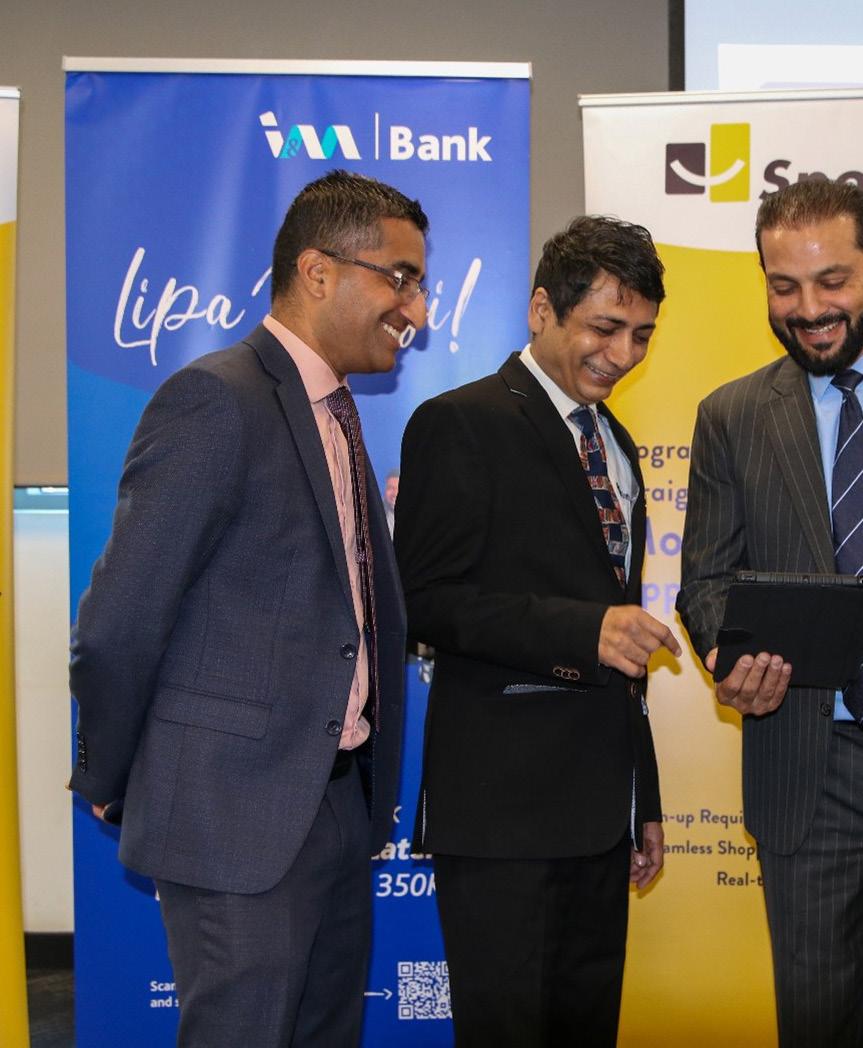
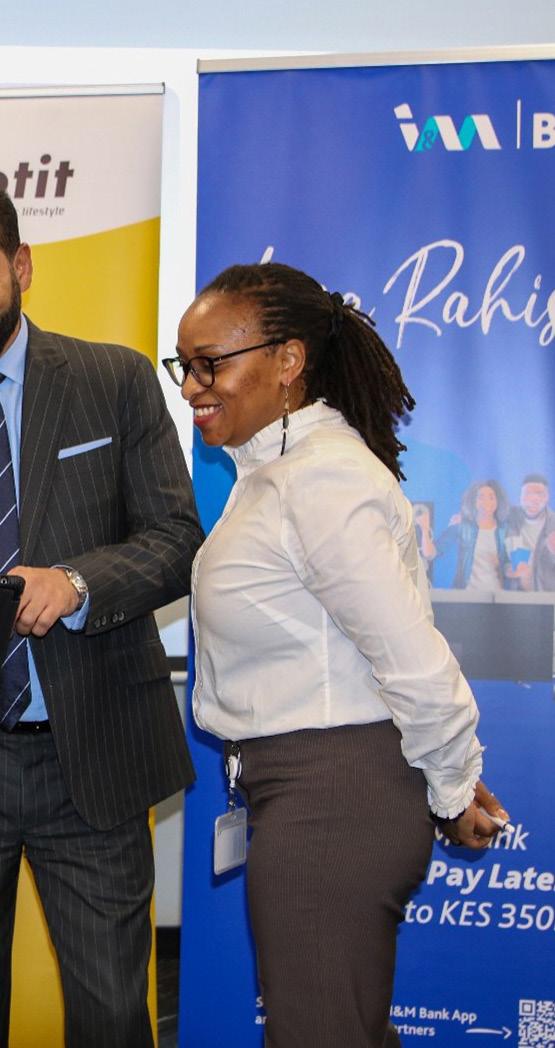
I&M Bank is a leading player in the Kenyan financial services market and has been consistently expanding and innovating its array of products and services to meet the needs of the dynamic consumer. We cash in on the company’s exciting ambitions and plans for financial inclusion with its Executive General Manager for Personal and Business Banking, Shameer Patel
Writer: Ed Budds
Project Manager: Tom Cullum
There has arguably never been a more fascinating time to work in the African finance industry than now.
Within this expansive sector, the continuous rise of niche FinTech companies has necessitated an increased need for cooperation and strategic partnerships with governments, banking institutions, and other key players in order to meet the rising financial demands of the continent’s myriad communities.
Shameer Patel, I&M Bank’s Executive General Manager for Personal and Business Banking (far left) and I&M Group PLC’s General Manager for Digital Business, Eunice Gatama (far right), look on as I&M Bank CEO Gul Khan and Craft Silicon Group CEO Kamal Budhabhatti navigate the Buy Now, Pay Later user journey on the bank’s On The Go (OTG) mobile application. The proposition is an enhancement to I&M Bank’s unsecured lending and uses machine learning (ML) to determine lending limits. It leverages Spotit, a platform by Craft Silicon Group.
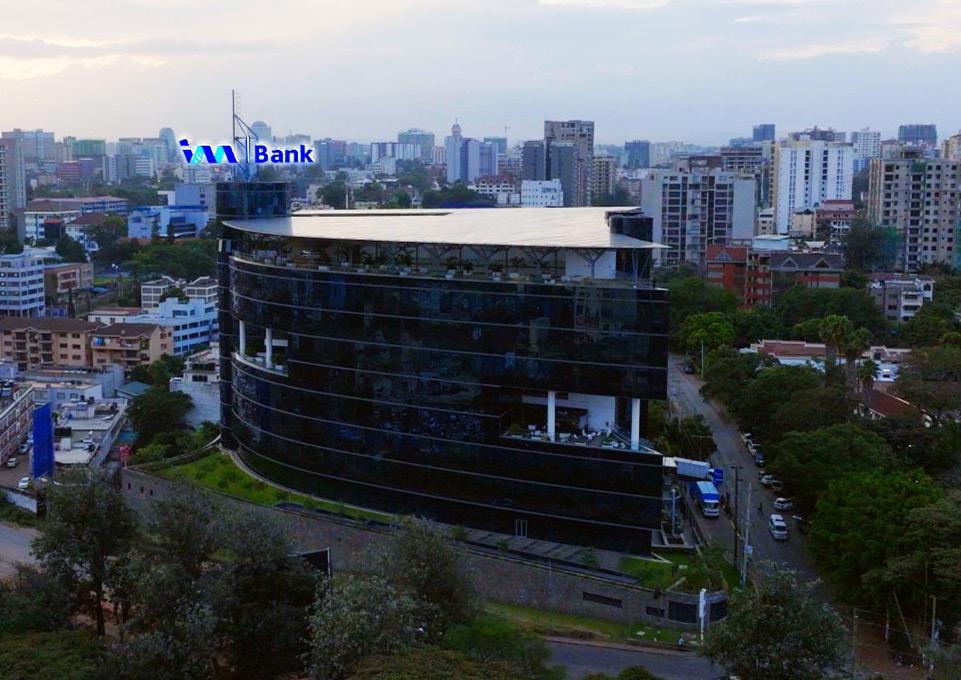
Elsewhere, the unprecedented increase in youth populations across the region has grown the opportunity for new methods of enhancing financial inclusion, whilst the rising adoption of mobile and internet technologies has also become a key enabler for economic growth, inspiring many African companies to innovate solutions that leverage these new platforms.
This enhanced digital footprint has helped the likes of I&M Bank to personalise their financial products and service solutions to customers.
Established in 1974 as a small finance house, this year marks the 50th anniversary of I&M Bank, a Tier 1 Kenyan bank and wholly owned subsidiary of I&M Group PLC, a public company listed on the Nairobi Securities Exchange (NSE).
I&M Group PLC offers a full range of banking and financial services covering corporate, business, and personal banking, wealth management, bancassurance, and advisory services
SHAMEER PATEL, EXECUTIVE GENERAL MANAGER FOR PERSONAL AND BUSINESS BANKING: “A career in banking was never on the cards for me, as I chose instead to pursue studies in economics and geography with a view to focus on geology, until one day I thought about the opportunities that were available at the time if I went down that path.
“After graduating, I joined a small local bank as a Junior Officer before joining I&M Bank, then known as Investments & Mortgages Bank, as a Management Trainee. The rotational programme saw me serve in different functions, eventually rising to branch leadership and Corporate Relationships Manager.
“I ended up in the CEO’s office, followed by setting up the Strategy and Transformation function, including the digital factory during a period of significant transformation to a retail universal bank, before moving on to lead the consolidated Personal and Business Banking segment. It is now nearly 25 years since I joined I&M Bank.”
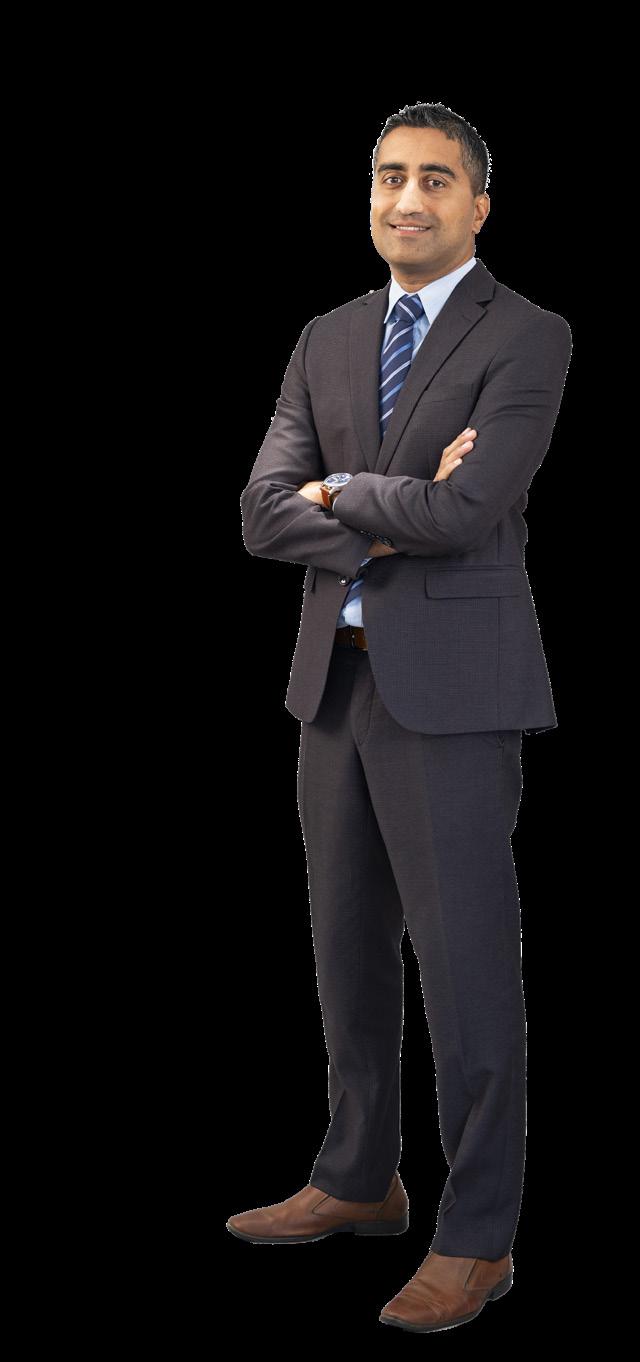
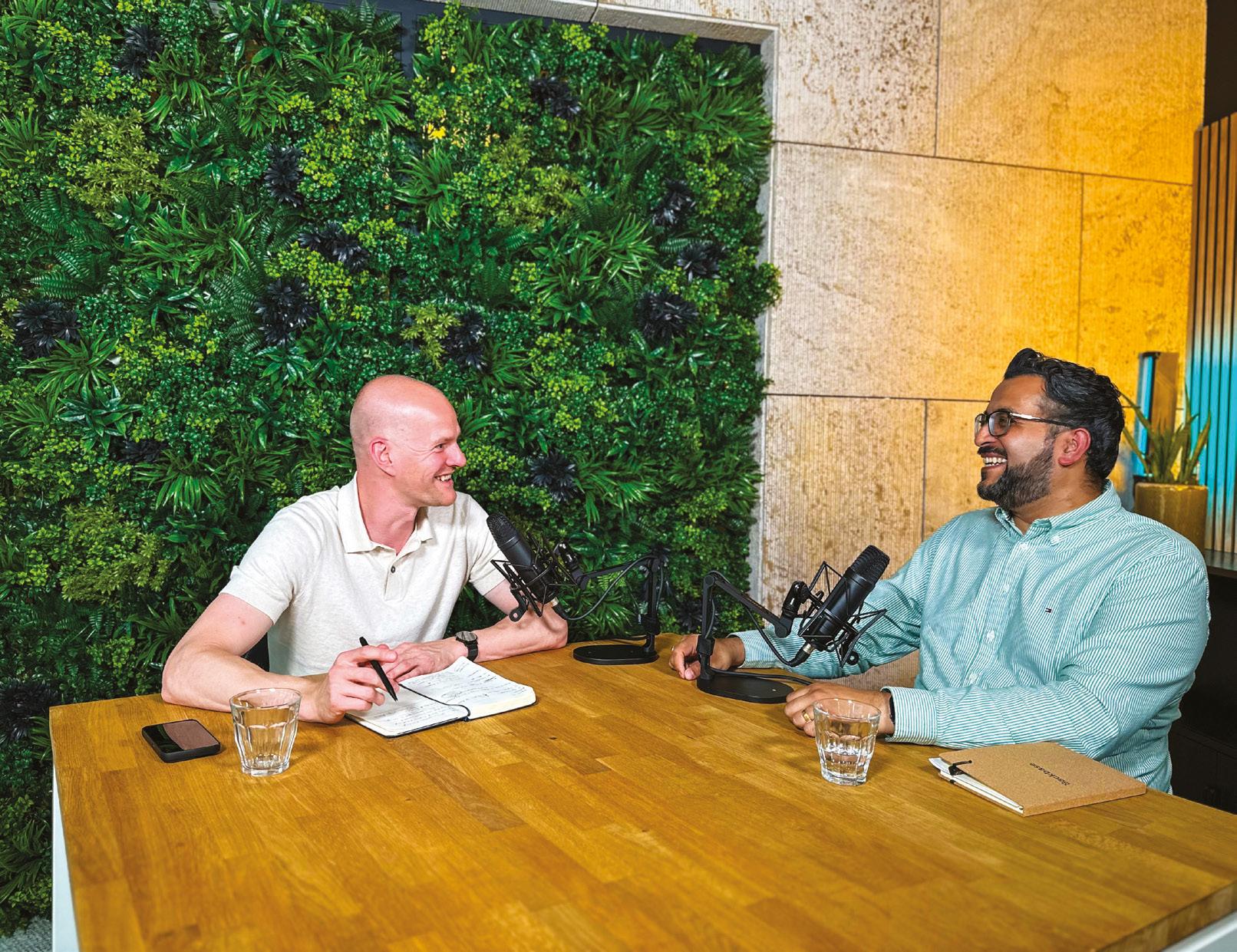
Ready to challenge the status quo? Get insights from the pioneers driving change in AI, digital transformation, and customer-first innovation, one episode at a time.
Listen on:
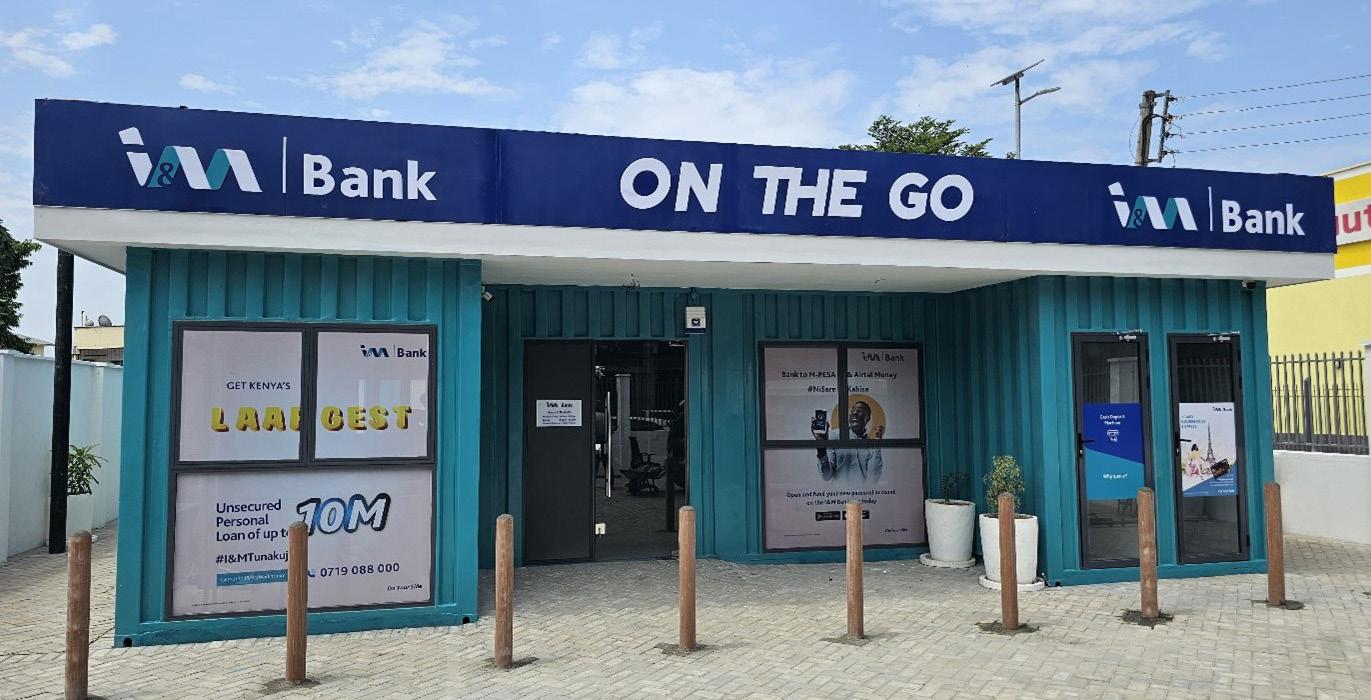
with a presence spanning across five countries in Kenya, Uganda, Tanzania, Rwanda, and Mauritius through a joint venture with CIEL Group (Bank One).
“We have a long-standing presence in Kenya’s banking industry, with a staff complement of nearly 1,700 and now leveraging 53 branches across the country,” says Executive General Manager for Personal and Business Banking, Shameer Patel.
I&M Bank’s market-ready products are highly relevant to Kenyans, whilst customer centricity is at the core of the company’s business decisions.
“Having grown from a small family business, the ethos of our Founder and Chairman, Emeritus S.B.R. Shah, ‘empathy for the customer’, has prevailed. Many of our customers have banked on us from inception, and we have witnessed great loyalty and goodwill from the communities we serve over the years,” Shameer explains.
This impressive reputation has earned the company many accolades, such as the ‘Most Customer Centric Bank’ award at the
“THE BANK HAS UNDERGONE A SIGNIFICANT TRANSFORMATION WHICH HAS SUPPORTED SCALE IN GROWTH ACROSS THE RETAIL SEGMENT THROUGH ITS DIGITAL SOLUTIONS, ENABLED BY PHYSICAL EXPANSION AND INNOVATIVE SOLUTIONS THAT RESONATE WITH THE EVERYDAY KENYAN CONSUMER”
–
SHAMEER PATEL, EXECUTIVE GENERAL MANAGER FOR PERSONAL AND BUSINESS BANKING, I&M BANK
2024 Think Business Banking Awards, as well as a first place ranking in the Kenyan Banking Consumer Sentiment on Social Media Index, a nationwide rating of banking sector players.
Additionally, the company’s Net Promoter Score (NPS) and Customer Satisfaction Score (CSS), which currently stand at an impressive 75 and 95 percent, respectively, position I&M Bank comfortably above industry standards.
I&M Bank recognises that digitisation is key to meeting the challenges of modern banking and has undergone a digital transformation that has embraced ecosystem partnerships, omnichannel distribution, and use of artificial intelligence (AI) solutions for lending decisions, which offer greater flexibility and efficiency in managing its digital business.
This shift has significantly reduced I&M’s reliance on legacy systems as the bank continuously aims for more secure, efficient, and costeffective processes. Some of the enhancements include the ability to fully onboard customers digitally, which has reduced time to onboard from 24 hours to circa five minutes and lowered the cost to acquire by 44 percent and serve by 72 percent.
I&M’s new transformative retail strategy, driven by the optimisation of its distribution network and digital solutions, is focused on scaling phygital experiences through faceto-face distribution infrastructure and leveraging digital and strategic partnership initiatives to deepen financial inclusion in Kenya.

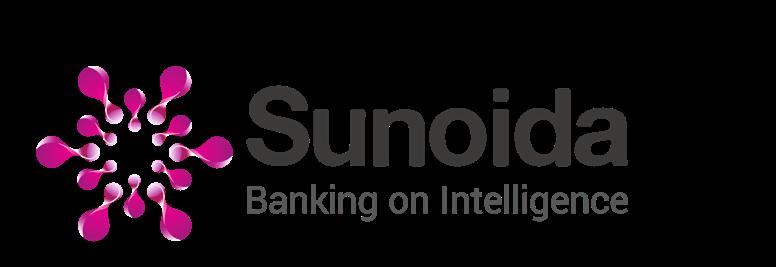


Sunoida Solutions DMCC is one of the fastest-growing Business Intelligence and Analytics solution providers for the world’s leading banks. Headquartered in Dubai with a growing presence in Europe, Africa, the Middle East, India, and Asia Pacific, Sunoida delivers cutting-edge solutions spanning banking business intelligence, revenue assurance, supervisory and regulatory technology solutions, and artificial intelligence solutions through its Vision Suite of banking solutions.
Founded by a team of highly experienced senior executives from the banking and financial industry, Sunoida is an ISO /IEC 27001:2022 certified enterprise, underlining its commitment to consistently deliver the finest banking software.
With 62+ banking customers across 28 countries, Sunoida continues to power and shape the future of banking intelligence through innovative solutions that help banks realise the true potential their data holds and help them make massive improvements and gain a competitive edge in today’s fast-changing financial landscape. With proven success stories, Sunoida has also been the focus of many benchmark studies including the United Nations Capital Development Fund (UNCDF), Cambridge State of SupTech Report, Global Regulatory Reporting Trends Survey by the Financial Services Agency (Japan), The Alliance for Financial Inclusion (AFI), the World Bank and the Bank for International Settlements (BIS).
Delivering best-in-class business value with our Vision suite of solutions
With an increasing number of channels and transaction volumes, revenue leakage can occur at any stage of the customer engagement cycle. Sunoida’s Vision Revenue Assurance enhances data quality, optimises systems and processes to prevent income leakages from funded and non-funded income thereby improving the banks’ profitability and the customer experience.
With millions of daily transactions, banks struggle to gain deeper insights into their operations. Vision Banking BI offers a web-based solution providing comprehensive, real-time analytics across multiple dimensions to help banks improve performance and make informed strategic decisions.
The collection of granular and real-time data by regulators from all financial institutions in the country is a resource-intensive and error-prone process. Vision SupTech automates this process ensuring data quality and provides intelligence to the regulator through centralised dashboards that provide a holistic view of the entire country’s financial sector
As the banking landscape evolves, automation becomes crucial for meeting stringent regulatory requirements. Vision RegTech automates data
retrieval, report generation, and validation, allowing banks to comply with strict timelines and minimise risks associated with manual processes.
The Sunoida advantage
Sunoida’s Vision suite of solutions is crafted to empower the world’s leading banks with real-time intelligence and analytics. By delivering exceptional quality with the fastest implementation time in the industry and highly parameterized and configurable products, Sunoida aims to simplify complex business requirements, allowing for rapid adaptation.
With guaranteed end-to-end implementation of Vision solutions in days rather than months, Sunoida’s Vision suite of solutions has empowered the world’s fastest-growing banks with real-time intelligence and analytics, ensuring that they operate with confidence and discover their unique pathways to profitability. Sunoida’s commitment to banking innovation positions its clients at the forefront of the industry, enabling them to redefine what’s possible so they don’t just thrive, but lead the way into a new era of banking excellence.
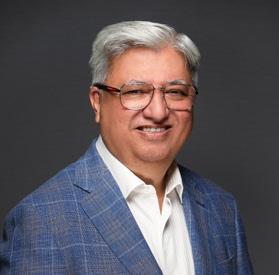
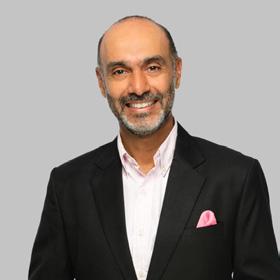
Leadership quotes
“Sunoida is committed to redefining the standards of banking analytics, consistently expanding our solution portfolio to deliver unmatched value where every bank can turn data into their greatest asset.”
Suleman
Dossani
Managing Director & Chief Executive Officer
Sunoida Solutions
“Sunoida’s groundbreaking solutions set new benchmarks in banking intelligence and our unwavering dedication to delivering the extraordinary ensures we keep pushing bigger boundaries for our clients each time.”
Sukirat Singh Kochar
Executive Director & Chief Revenue Officer
Sunoida Solutions
“This year alone, we have opened 12 new branches across Kenya, with several more planned for Q4 2024, and we aim to reach 100 by the end of 2026. In line with its innovative philosophy, the bank is also opening branches constructed from end-oflife containers which are fully solar powered and thus self-sustaining,” added Shameer.
This branch expansion programme is key to the bank’s drive to scale up its retail business. Already extremely strong in the corporate and
commercial segments, I&M Bank now wants to become more relevant in in the retail segment with a special focus on individuals and small businesses.
“Our aim is to get to one million customers by 2026, and digitisation is critical to achieving this objective. We have invested 28 percent of our capital expenditure into this and have seen significant growth in the adoption of our digital services, with 82 percent of customers now digitally active and an average of three million mobile online banking transactions per month.
“We continue to launch innovative digital solutions such as free bankto-mobile wallet (M-PESA and Airtel Money) transfers for individuals and small business owners, as well as more traditional banking products including the largest unsecured personal loan in the market, with both initiatives being the first by any bank in Kenya. These, coupled with other elements, have led to the bank scaling its new customer base with tenfold growth in new customers per month compared to a year back,” he adds.
“WE CONTINUE TO LAUNCH INNOVATIVE DIGITAL SOLUTIONS SUCH AS FREE BANK-TO-MOBILE WALLET (M-PESA AND AIRTEL MONEY) TRANSFERS FOR INDIVIDUALS AND SMALL BUSINESS OWNERS, AS WELL
AS
MORE TRADITIONAL BANKING PRODUCTS
INCLUDING THE LARGEST UNSECURED PERSONAL LOAN IN THE MARKET, WITH BOTH INITIATIVES BEING THE FIRST BY ANY BANK IN KENYA. THESE, COUPLED WITH OTHER ELEMENTS, HAVE LED TO THE BANK SCALING ITS NEW CUSTOMER BASE WITH TENFOLD GROWTH IN NEW CUSTOMERS PER MONTH COMPARED TO A YEAR BACK”
–
SHAMEER PATEL,
EXECUTIVE
GENERAL
MANAGER
FOR PERSONAL AND BUSINESS BANKING, I&M BANK
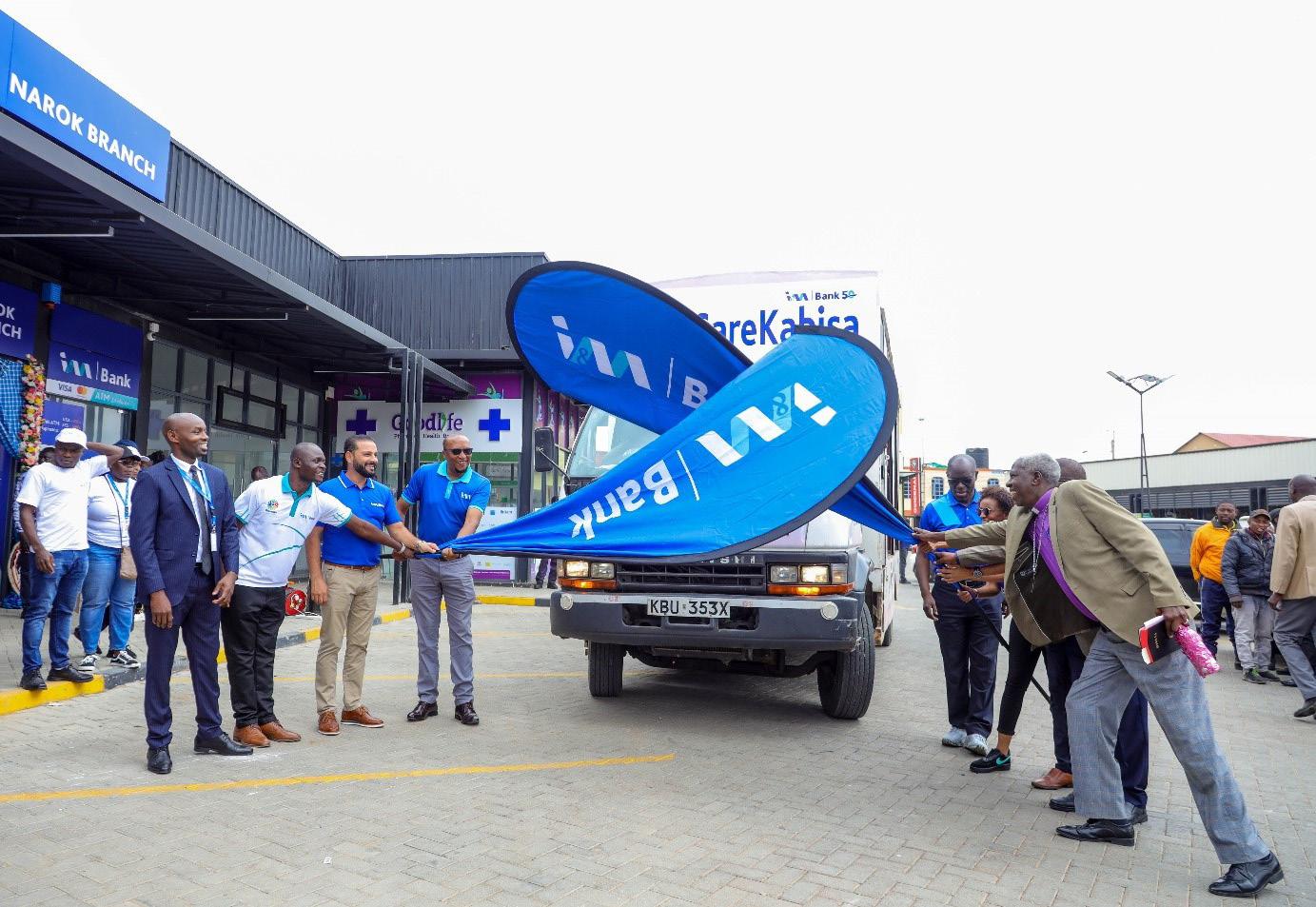
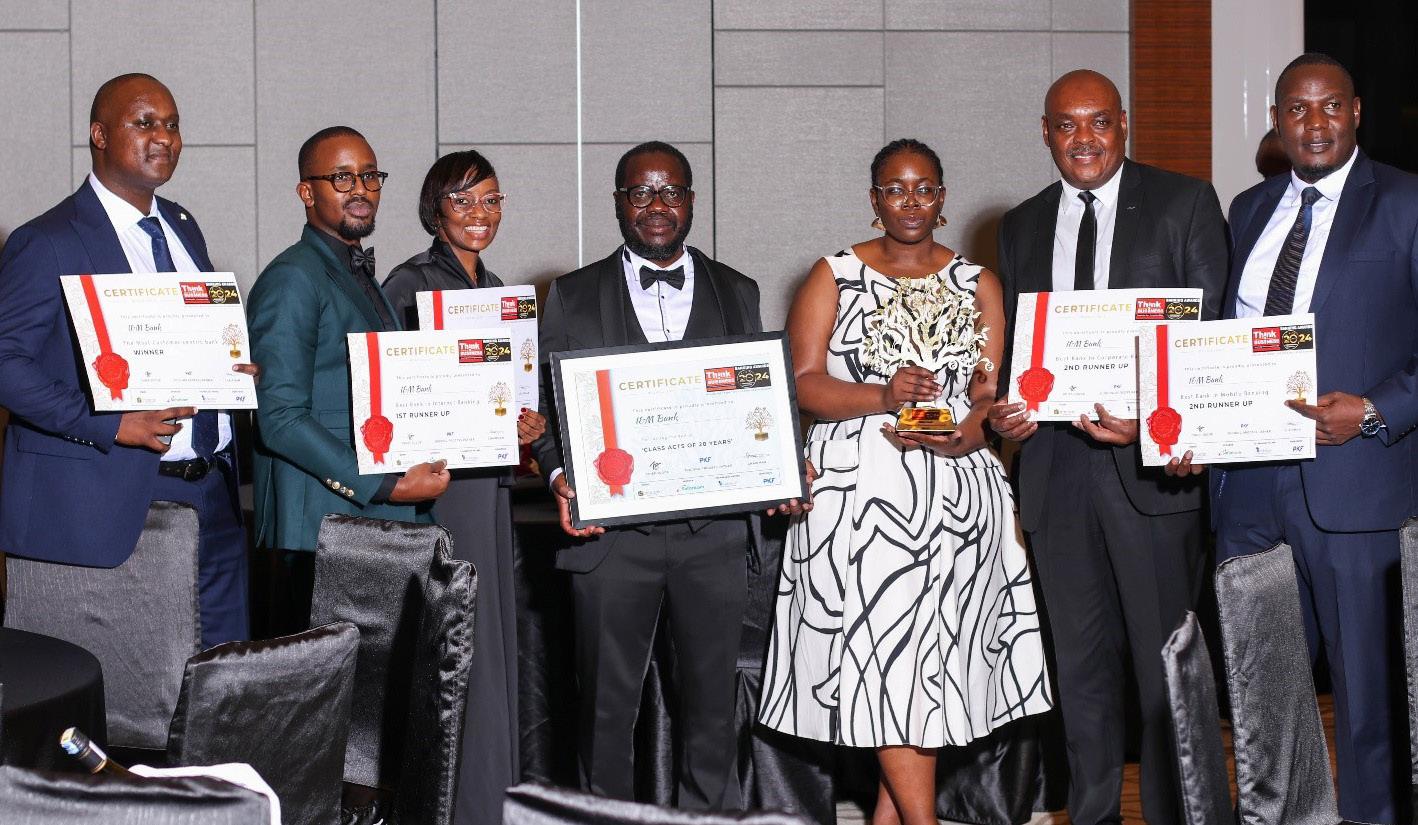
track the implementation of partner organisations in a catalytic and valueadding manner,” Shameer expounds.
I&M Bank passionately believes the prosperity of business and society are inextricably linked and that investing in social initiatives generates a positive multiplier effect.
It therefore established the I&M Foundation in 2020 to deliver the shared value agenda and sets aside two percent of its profit before tax every year towards the foundation –the only bank in the country to do so.
“The four pillars of the I&M Foundation are Environmental Conservation, Education and Skills Development, Economic Empowerment, and Enabling Giving. The foundation’s approach is to work with partners to deliver its objectives by seeking to leverage and complement resources, skills, experiences, and knowledge, and the
This year, I&M Bank also embarked on a flagship sustainability project that underscores its commitment to Principles 7 and 8 of the UN Global Compact to support the national climate action agenda through a public-private partnership with the Kenya Forest Service (KFS) to rehabilitate and develop infrastructure at the Ngong Road Forest Station in Nairobi.
The scope of this extensive project, which seeks to give the residents of Nairobi County an alternative recreation area away from Karura Forest, includes the production of seedlings, rehabilitation of degraded forest areas, and fencing of the sanctuary section of Ngong Road Forest.
The project will be fully funded by the I&M Foundation and undertaken in three phases over three years, after which the foundation will be seeking
partners to help scale the project.
The future is undoubtedly full of exciting plans for I&M Bank. Striving to conquer its ambitious goals, the bank embraces both organic and inorganic growth strategies which have led to some iconic mergers and acquisitions.
“Our long-term ambition is to become Eastern Africa’s leading financial partner for growth and our three-year objectives include impacting 10 million lives by 2026. Our strategy is anchored in a sustainability agenda, where we are incorporating responsible practices at all levels of operation and business,” Shameer concludes.


Adding to the success of its regional titles; Africa Outlook, EME Outlook, APAC Outlook, and North America Outlook, Outlook Publishing is proud to introduce a new platform dedicated to the food and beverage sector.
A multi-channel brand, Food & Beverage Outlook serves up all the positive global developments driven by companies across the food and beverage industry. Discover exclusive content presented through its website, social media channels and dispatches, delivered straight to your inbox with a bi-weekly newsletter.
Through this compelling new venture, Food & Beverage Outlook foregrounds the movers and shakers of the industry by confronting unprecedented change, showcasing technological innovations and incorporating critical environmental sustainability agendas.
To participate as a featured company and join us in this exciting endeavour, contact one of our Project Managers today.



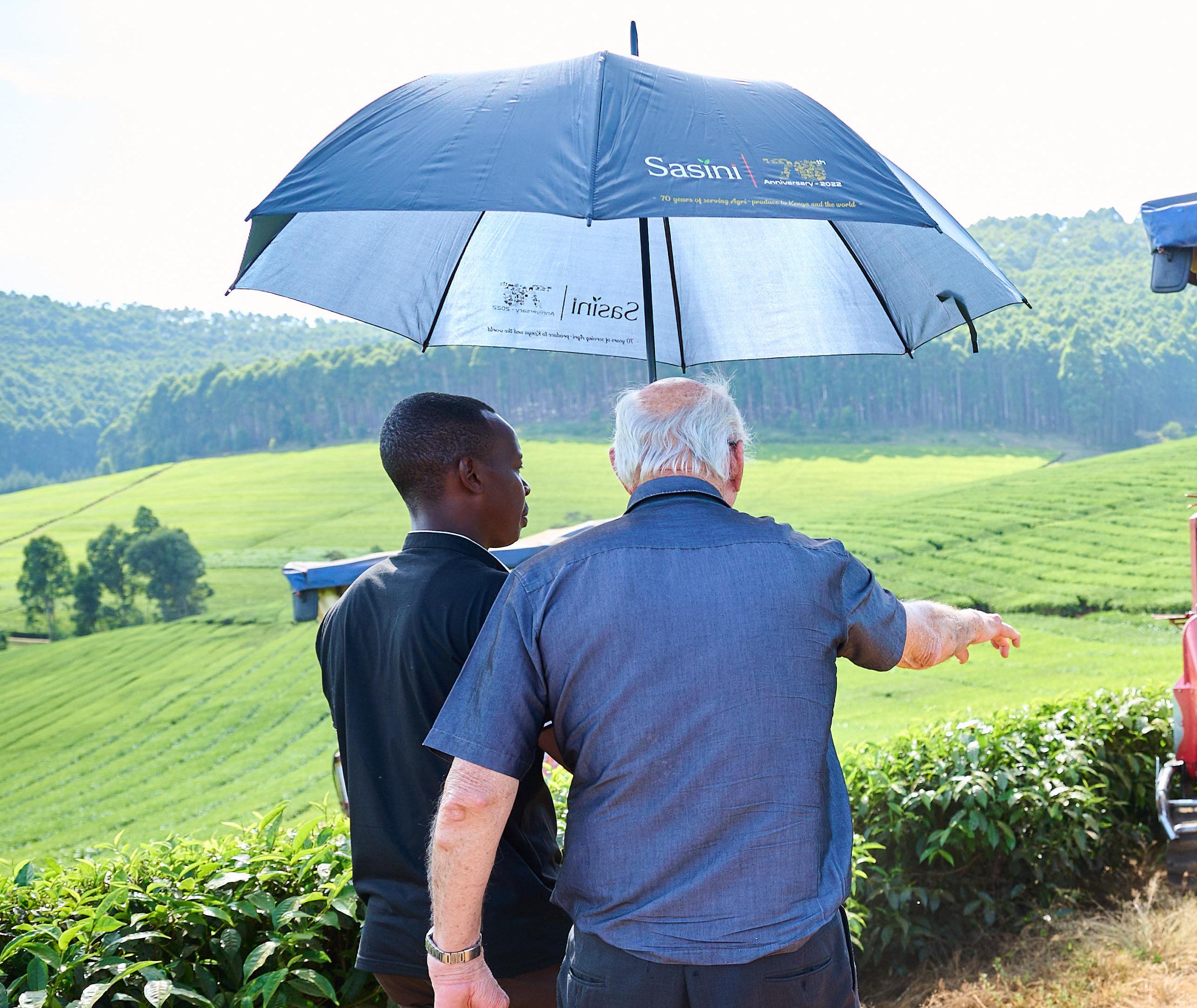
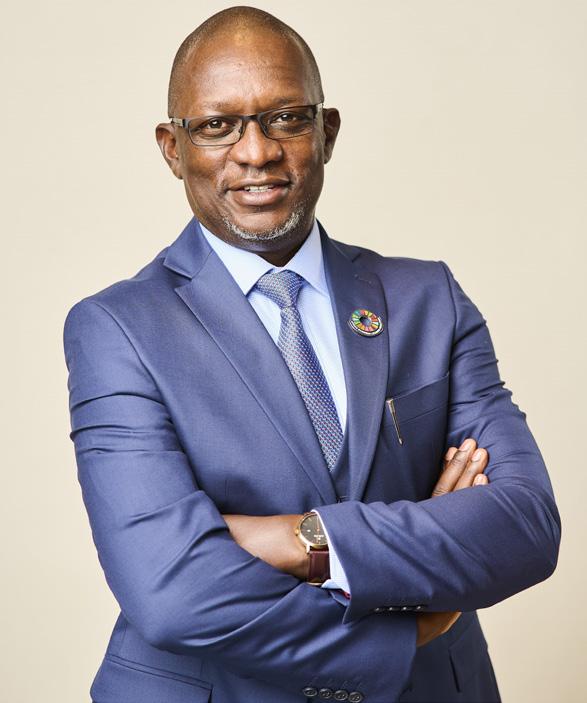
More than just a buzzword, sustainability drives Sasini PLC forward day in, day out. Martin Ochien’g, Group Managing Director and CEO, reflects on the company’s ongoing support for local communities and the environment as it anticipates a bright future
Writer: Lily Sawyer | Project Manager: Josh Rayfield
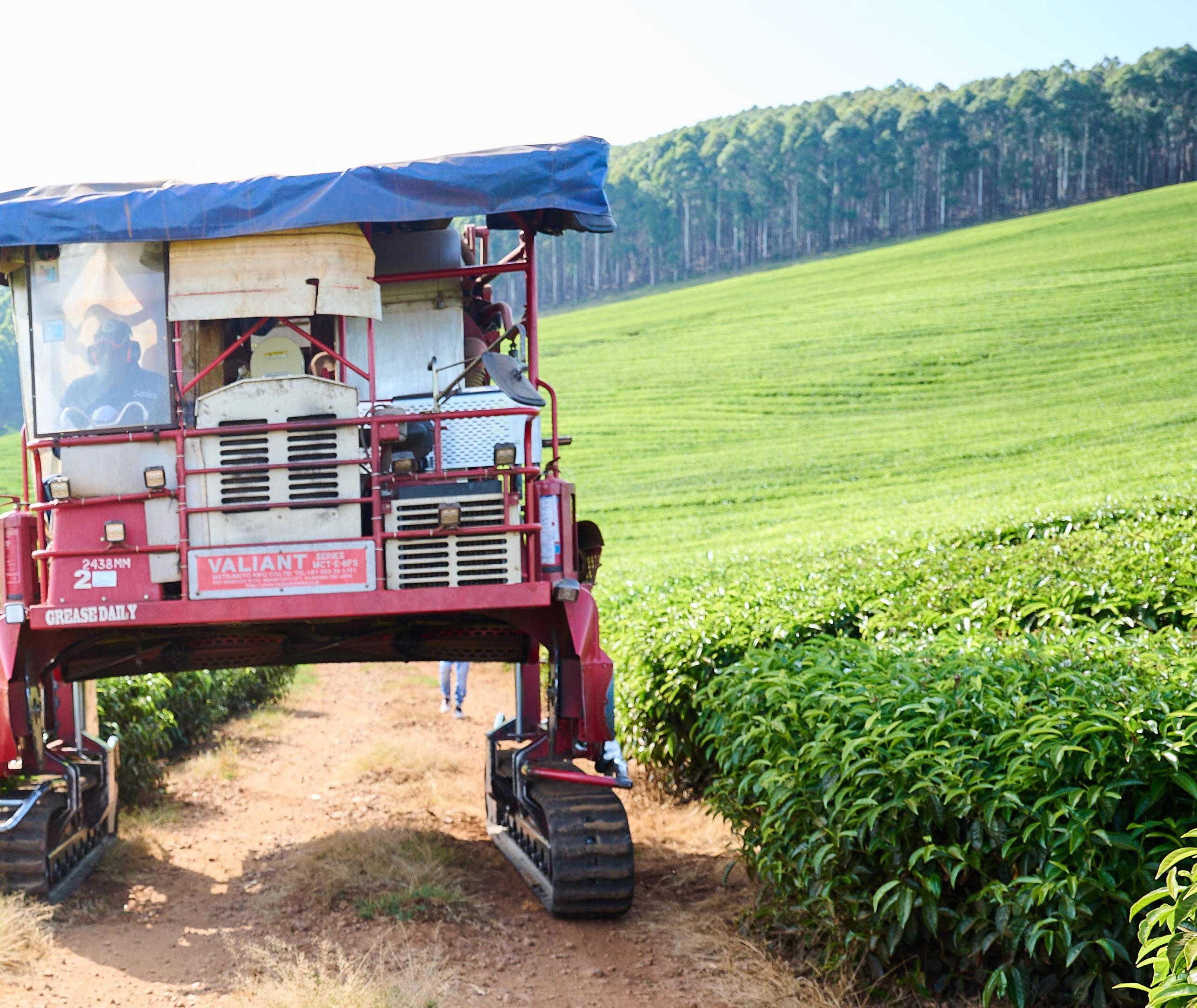
Driven by strong domestic crop production, agriculture is arguably the backbone of the African economy.
Kenya is a prime example, as between 60 and 65 percent of the nation’s GDP is generated by the agriculture industry – with Sasini PLC (Sasini) at the core.
“We pride ourselves on being a local organisation that feeds the world,” opens Group Managing Director and CEO, Martin Ochien’g.
Founded in 1952 and listed on the Nairobi Securities Exchange (NSE), Sasini is East Africa’s largest agricultural business, employing around 2,600 members of staff.
“Our business involves growing, processing, packaging, marketing, and exporting tea, coffee, macadamia, and avocado to markets as far east as Japan and South Korea, and as far west as Canada and the US, and everything in between,” he explains.
Selling its tea predominantly to Pakistan and the UK, coffee to the US and Europe, macadamia to the US, and avocados to Central Europe, Sasini demonstrates its global reach.
As an export business, all of Sasini’s produce is shipped abroad, with half of the company’s crops cultivated in its own plantations and the rest sourced from local, small-scale farmers.
Over the years, however, Kenya’s
agricultural sector has not been without its challenges. Upheaval has been experienced in terms of climate change and the effect it has had on reliable rainfall, leading to organisations putting water stewardship measures in place to mitigate against harsh weather conditions.
Meanwhile, macroeconomic factors such as disruption of logistics due to the closure of the Suez Canal have limited the transit of goods to Europe and the Northern Hemisphere.
Despite such obstacles, Sasini has a robust business strategy in place that is deeply rooted in sustainability to ensure its success for years to come.
“Sustainability is the single most important driver for our business,” Ochien’g asserts.
Historically, as an agricultural company, much of Sasini’s activities have been sustainable by default. However, over the last six years, the business has become sustainable by design, having chosen specific sustainable development goals (SDGs) with science-based targets.
“Our focus on sustainability is what differentiates us, not because we want to stand out, but because we want to be a good corporate citizen and ensure that we’re here for eternity,” Ochien’g reflects.
Sasini’s comprehensive business strategy includes bed rocking everything it does around nine distinctive SDGs alongside various environmental, social, and governance (ESG) aims.
“Our SDGs range from gender equality, education, and good health
In a world where every choice makes an impact, Sasini chooses sustainability. Committed to nurturing a future in which its people, business, and the planet thrive, it has implemented nine SDGs to help it achieve this:
1. No poverty
2. Good health and well-being
3. Quality education
4. Gender equality
5. Affordable and clean energy
6. Decent work and economic growth
7. Industry, innovation, and infrastructure
8. Responsible consumption and production
9. Life on land
to technology, innovation, life on land, and all other aspects that affect our business,” he clarifies.
Another of Sasini’s SDGs is centred around implementing clean, renewable energy.
Generating 95 percent of its power from renewable sources such as hydroelectricity, Kenya can be considered relatively advanced in this field.
“However, that doesn’t mean organisations based here in Kenya should rest on their laurels,” Ochien’g warns.
“Excess water from hydroelectricity could also be used for agricultural purposes, damming, or to drive irrigation. It’s up to organisations like
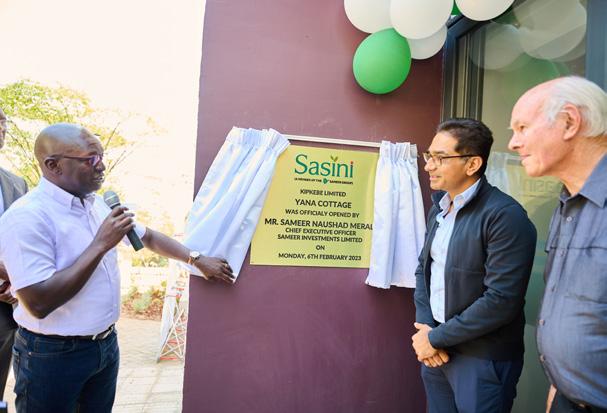
us to make that shift towards utilising every resource responsibly.”
For example, early last year, Sasini commissioned a 1.5 megawatt (MW) solar power generation plant for its tea business, which replaced around 30 percent of the company’s electricity consumption from the national grid.
“In this way, we’re using naturally occurring renewable resources in a manner that’s beneficial to both the environment and to us as a business, as sourcing our energy this way presents significant cost savings,” he discloses.
Further to this, Sasini carries out work elsewhere to support climate action.
Naturally, much of this comes from ground-dwelling crops absorbing carbon dioxide (CO2), whilst the company has also planted an impressive 1.5 million trees across its plantations to supplement this.
“These efforts aid the sequestration of CO2 from our own factories around where we operate, so we’re proud of that,” Ochien’g tells us.
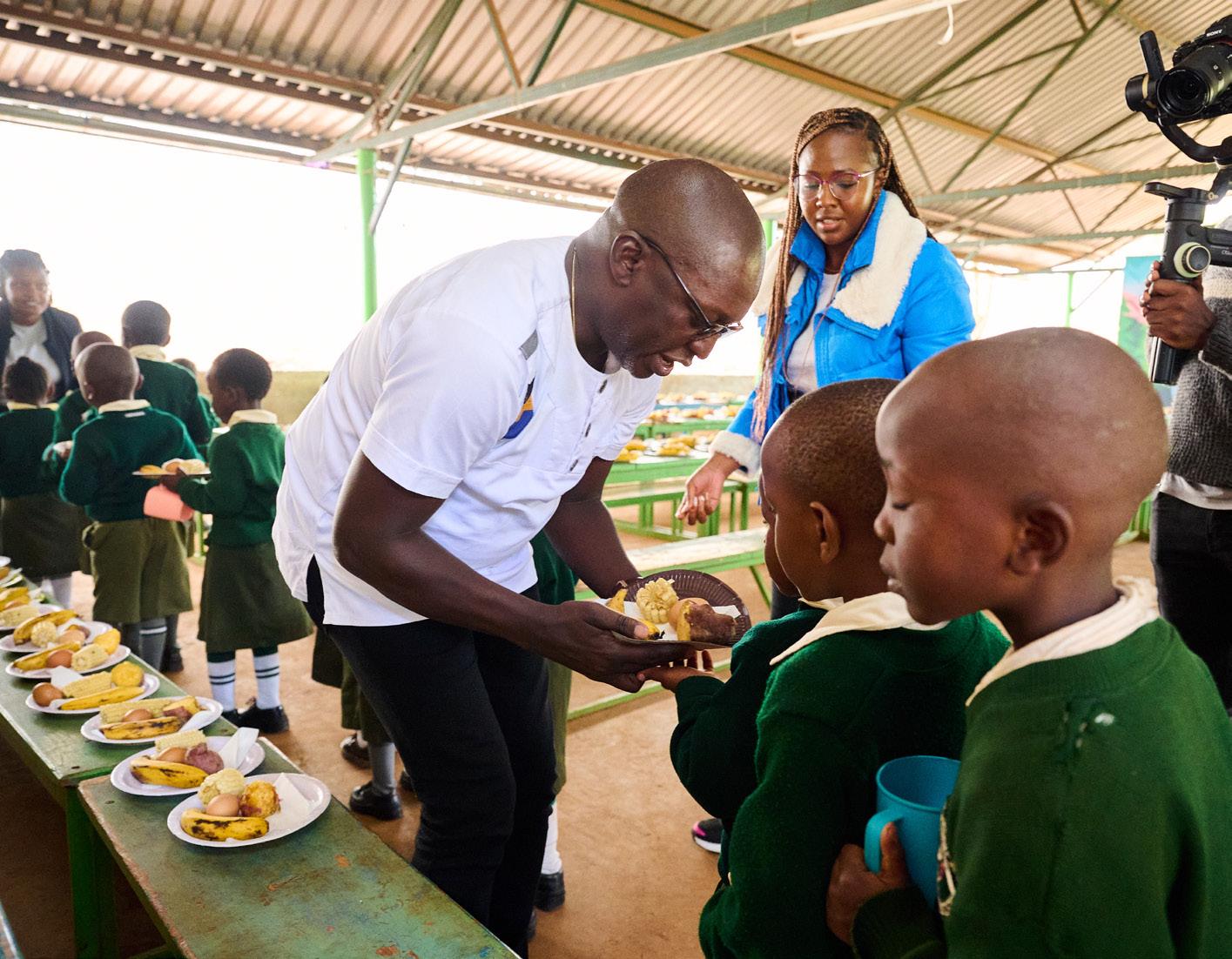
With a deep belief in managing its activities holistically and considerately, Sasini’s nine SDGs are not limited to business alone but are rooted in benefitting the communities in which it operates.
As such, the company has opened schools across all its plantations as well as health centres and programmes to support the provision of potable water.
The company’s work in water stewardship seeks to increase public access to clean, potable water in remote and rural areas, especially those around its tea plantations in the counties of Nyamira and Kericho.
As such, Sasini has committed to sinking three water boreholes annually for the next decade across this vast area.
“We started this project last year, and we’re going to continue with it until we achieve our goal,” Ochien’g divulges.
In addition, Sasini has educated 75,000 farmers across the business on regenerative agriculture.
This benefits both parties as practical agricultural knowledge is imparted to the communities that the company regularly buys its crops from.
“Crucially, we empower our farmers with competitive payment for their produce, enabling them to reinvest in their crops and continue to supply our business,” he informs us.
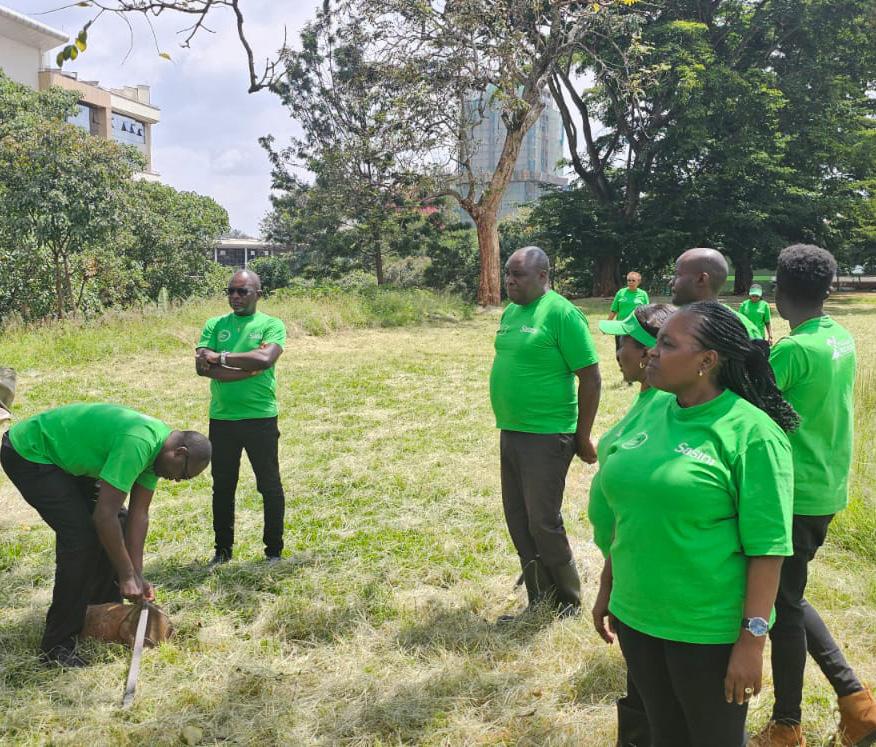

“WE PRIDE OURSELVES ON BEING A LOCAL ORGANISATION THAT FEEDS THE WORLD”
– MARTIN OCHIEN’G, GROUP MANAGING DIRECTOR AND CEO, SASINI PLC

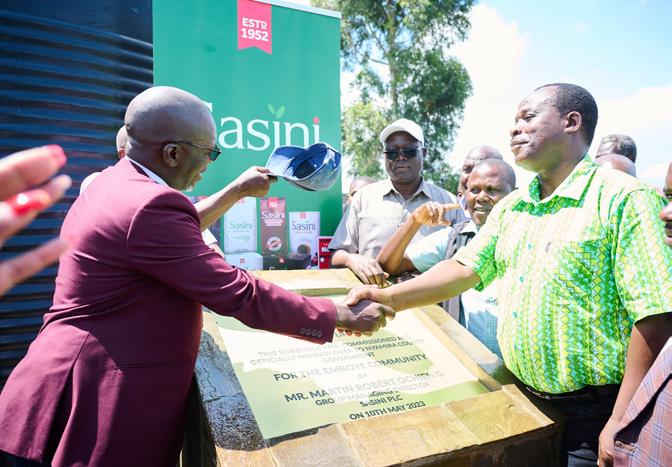
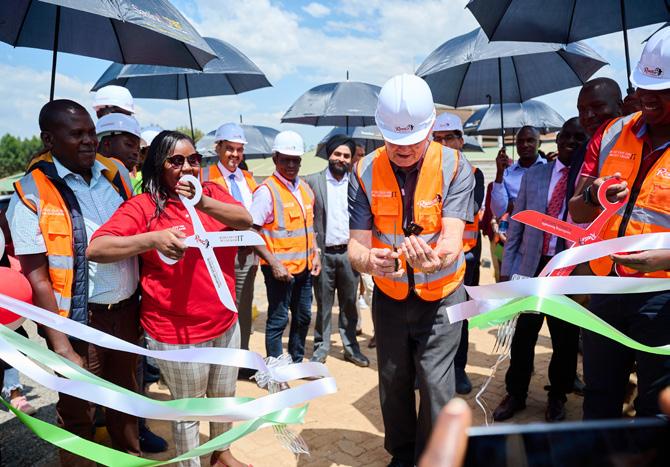
Further to this, Sasini is proud of the way it renumerates those who work directly for the company and has recently set itself a target to implement the living wage principle.
By paying its staff wages that enable a comfortable lifestyle, Sasini hopes to increase employee satisfaction and retention – a system that’s already been successfully trialled across its tea business.
“We’re deeply committed to treating our staff right. We want to attract the best talent to the organisation to help us achieve the ambitious goals we’ve set,” Ochien’g sets out.
Elsewhere, Sasini is carrying out work in recycling, meaning harmful or hazardous waste is disposed of professionally, and has a zerotolerance policy towards corruption in any part of its value chain.
Another element of Sasini’s underpinning strategy is to use innovation and technology to drive efficiency and minimise overall costs.
Over the past five years, the company has been on a journey to automate as many parts of its production processes as possible.
This is most evident in the tea business, where Sasini has completely automated harvesting across its estates by implementing machine plucking.
“Five years ago, we were plucking all of our tea by hand, whereas today we’ve completely automated the whole process,” Ochien’g prides.
This has helped Sasini to successfully reduce its overall tea production costs, enabling it to reinvest surplus finances in
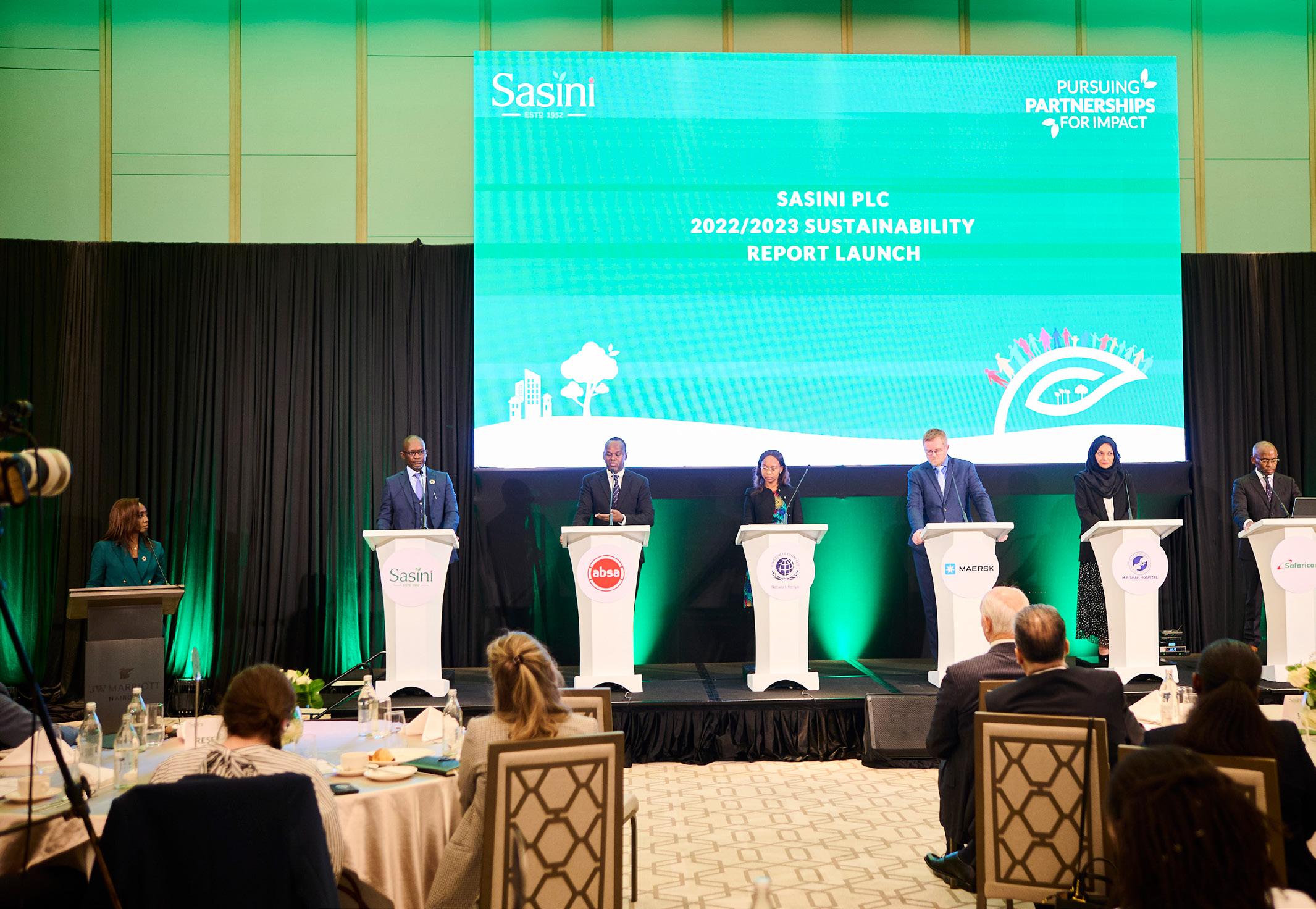
sustainable and green projects for the benefit of local communities.
In addition, the company boasts one of the most modern macadamia processing plants in the region.
Built in 2018, the facility enjoys all the latest technologies and is highly automated, as is Sasini’s avocado packhouse, which launched only four years ago.
The company has also implemented modern enterprise resource planning (ERP) tools in its offices, which help it to work more efficiently but at a lower cost.
“Evidently, we continue to pursue automation across the board, and not only on the operational side of things,” he elaborates.
To embed inclusivity deeply across the organisation, Sasini is working tirelessly to achieve gender equality and equity.
Over the last five years, it has been able to progress this to a desirable level, and by 2026, it hopes to achieve gender parity across the workforce.
“Our male-to-female ratio currently sits at around 60:40, so we’re confident we’re on the right track to achieve our goal,” Ochien’g relays.
• 40 percent female representation
• 1.5 million+ trees planted within the establishment
• 60,000 smallholders supply the company with products
• Four schools built for the local community
• Listed on the NSE in 1965
It’s not just 40 percent of Sasini’s general workforce that’s made up of women, either, as this figure also applies to the company’s leadership team.
This feeds into Sasini’s long-term mission to increase support for businesses owned or run by women across the supply chain.
“I would say 70 percent of our supply chain spend is local, which is critical in supporting small and micro-enterprises in the area. Our goal is to have 10-15 percent of that going to women-led businesses,” he details.
The other 30 percent of Sasini’s supply chain spend is international due to the procurement of agricultural inputs and machinery from abroad, which is critical to help the company stay ahead of the curve and remain competitive.
“Although we’re yet to meet our

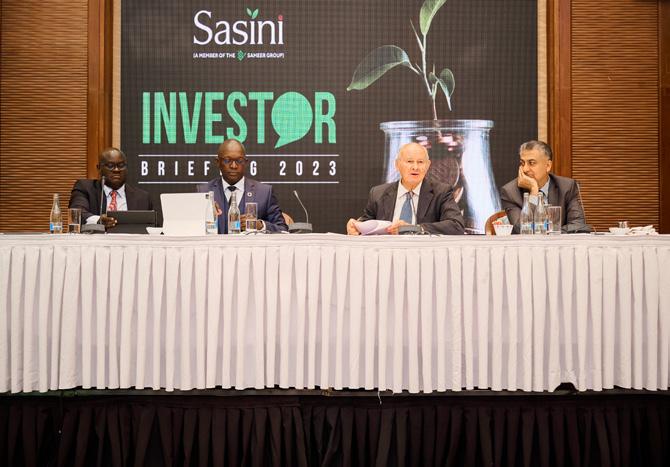
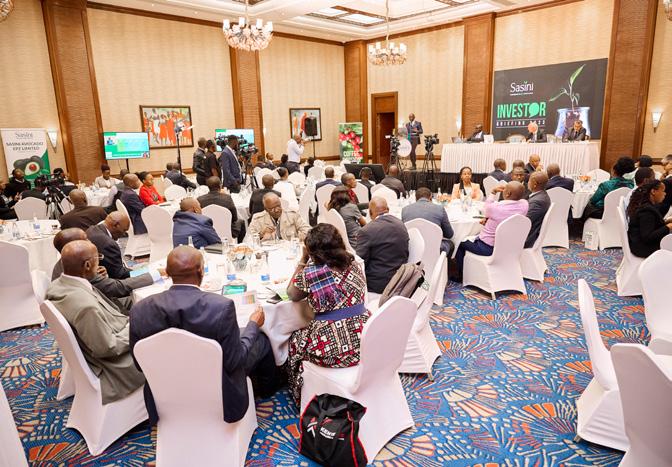
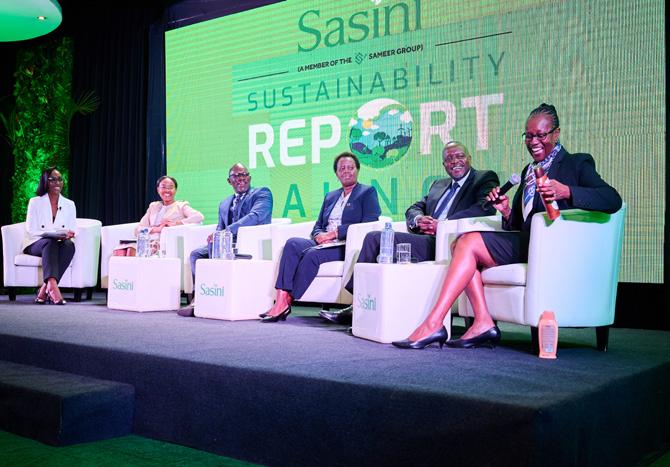

“SUSTAINABILITY IS THE SINGLE MOST IMPORTANT DRIVER FOR OUR BUSINESS”
– MARTIN OCHIEN’G, GROUP MANAGING DIRECTOR AND CEO, SASINI PLC
spending goal in terms of supporting women-run enterprises, we are committed to promoting the gender aspect of the supply chain alongside big corporations,” Ochien’g says.
Looking to the future, Sasini will centre its activities around specific goals to help it continue to thrive amidst a continually fluctuating market.
A major part of this is accelerating top and bottom-line growth through bolt-on mergers and acquisitions with organisations that share similar goals.
“To achieve both scale and impact going forward, we seek partnerships with like-minded organisations that
want to push for the same objectives as us whilst helping us finance these projects,” Ochien’g explains.
Diversifying its produce is also a key strategic pillar of Sasini’s growth plan, which will enhance the company’s revenue streams and influence on global value chains.
Meanwhile, it is hoped that expanding the business in East Africa, such as into the Democratic Republic of the Congo (DRC) and Uganda, will help Sasini achieve its goal of being the region’s biggest agricultural business.
“Currently, all our business and crops are sourced locally in Kenya, even though we process and export them internationally. Regional growth
could aid our geographic expansion as a company.”
Sasini will also continue to innovate and implement new technologies to improve efficiencies and manage costs across the organisation, whilst ESG and SDGs continue to drive the business forward.
Lastly, to ensure it employs people with the right skills, training will be key to Sasini achieving these goals.
“Attracting and retaining the right people is imperative for our continued growth and success,” Ochien’g passionately concludes.
Tel: +254 722 200706 info@sasini.co.ke www.sasini.co.ke
We delve into the cultivating expertise of AAA Growers, whose in-house capabilities provide leading global food and beverage retailers with the freshest produce from soil to store
Writer: Lucy Pilgrim | Project Manager: Josh Rayfield
After graduating from Boston University in the US in 1995, Ariff Shamji returned to his home in Kenya and began working for his family’s small business.
However, Shamji soon realised that he wanted more from his career and moved to the capital city of Nairobi in pursuit of something bigger.
After departing the family business in search of a more sustainable income, Shamji entered the Kenyan agricultural landscape and, as a result, established AAA Growers in 2000.
Shamji knew, almost immediately, that if his farming venture was going to succeed in an ever-changing market, it would have to be a largescale operation. In order for this to materialise, he received a loan from the International Finance Corporation (IFC) of USD$500,000, which set the company’s wheels in motion.
AAA Growers’ initial site was Hippo Farm, situated in Thika, which was chosen for its water-saturated soil. Even with limited farming experience, this critical characteristic meant
that Shamji and the company could successfully grow sufficient crops to take to market.
However, AAA Growers soon faced challenges in its rate of growth, which was majorly affected by external factors such as weather patterns, periods of drought, and soil conditions, to name a few.
Internally, the company realised that, despite the number of resources it had, there was no way to speed up the growing process, which proved to be the most difficult aspect of the whole operation.
Over the first six months of the business, these challenges compounded to cause nearbankruptcy, as AAA Growers was cultivating and handling very temperature-sensitive products. Additionally, in the company’s early stages, it only had the budget for a single cold storage space, which, combined with other difficulties, nearly resulted in its closure.
However, undeterred by these obstacles, AAA Growers went back to basics. Although its owners had limited farming experience, they


decided to apply simple logic to rise above the challenging period and gain a greater understanding of the fundamentals of growing produce. Consequently, it came to light that the company required more land and space for effective crop rotation, which is key for maintaining healthy soil and optimising growth. Given that the company grows more than 20 crop varieties, a comprehensive crop rotation system allows existing soil to regenerate before the same crop is replanted and ploughed.
Therefore, by expanding its variety of produce across multiple farms, the company became more sustainable in the long run.
AAA Growers further differentiated itself in its early stages by instilling the belief of adding value at the source, an approach implemented across every facet of the business, and which was already emerging across the Kenyan horticulture sector at the time.
From here, the company developed a business model centred around in-house production, opening packaging facilities on its numerous farms, which allowed it to develop exporting capabilities.
As such, AAA Growers has evolved to become a leading grower, packager, value-adder, and exporter of crops, which has maintained the company’s success over the last 20 years.
Today, AAA Growers oversees four farms: Hippo, Turi, Chestnut, and Simba, each between 100 and 400 hectares (ha), producing top-of-therange vegetables.
The company’s vast presence means that it harvests a total of 30 megatonnes (MT) of crops a day, whilst exporting 400,000MT of the freshest vegetables worldwide with its own network of trucks that are
routinely monitored on their journeys to leading retailers, particularly in South Africa and the UK.
Having evolved from a single farm, AAA Growers now cultivates over 650ha of arable land, alongside managing a large collection of greenhouses that ensure the continued production of herbs, chillis, mangetout, and more yearround. Moreover, each farm has its own cutting-edge processing and packaging plants to maximise efficiency.
Specifically, Simba Farm, located in Nyahururu, is the company’s most recent site and is an amalgamation of everything AAA Growers has learnt in its time as a successful agricultural business.
The farm area was converted from a forest, the remainder of which surrounds the site. Creating the required environment for sufficient crop growth meant that the company
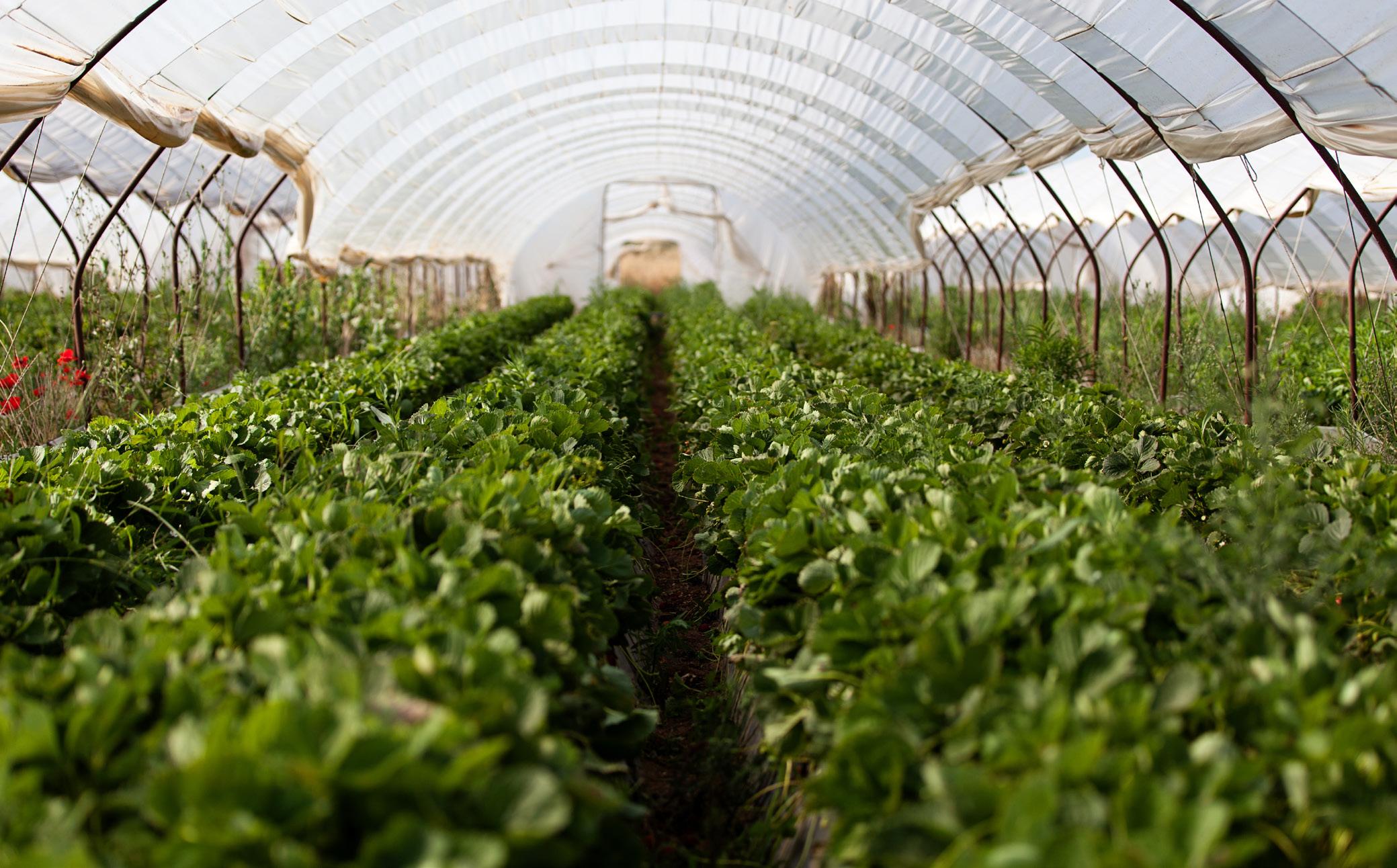

The company cares deeply about the nutrients of its soil and therefore carefully monitors its use of growth stimulators to ensure the least amount of harm possible.
Across its four farm sites, AAA Growers has implemented an integrated pest management (IPM) system and carefully composed its biochemicals in a way that abides by its zero maximum residue level (MRL) policy.
The company has thus put numerous sustainability measures in place to nurture its crops and the planet:
MULTIPLE SITES – AAA Growers spreads crops across numerous farms to ensure a stable supply of produce grown in optimum climate conditions.
DIVERSIFIED GROWING – Crops are grown using drip irrigation, pivots, and greenhouses to mitigate negative weather patterns.
INTERNAL FARM PRODUCTION – The company farms around 400ha of cultivated land, from which it produces 90 percent of its exports with in-house production facilities.
PACKHOUSES – Each farm has its own packhouse, reducing the emissions typically generated when transporting raw materials and enabling greater cold chain management.
had to ensure that there was optimum access to water, which is a continuous challenge faced by farmers across Africa.
To tackle this industry-wide challenge, the company built speciality reservoirs and other cutting-edge equipment, including polytunnels and ample cold storage space.
Furthermore, AAA Growers developed highly advanced digital and scientific systems that have helped it become a highly successful commercial entity.

As a result, Simba Farm generates viable business returns and bestin-class vegetables for its overseas customers. In addition, the company ensures its staff have a clear understanding of how to operate complex systems and work efficiently within the required quality parameters.
For example, when AAA Growers implemented an average weight system across its packaging plants, operating staff were trained on how to maintain a consistent weight in every package. This precaution reduced the amount of excess produce packaged by approximately five tonnes (t) over the course of a year, equating to four percent of its total produce output.
Moreover, the company also ensures that once packaged items reach the end of the line, they hit the supermarket shelves within 48 hours, whether that be for domestic or international retail purposes.
Thus, the company guarantees that its products are shelf-ready once they leave the plant, resulting in only the freshest produce for its millions of consumers.
AAA Growers has also evolved to become a key player in the international floriculture industry, growing and exporting roses across the world for over a decade through a specialist business subsidiary.
AAA Roses was established in 2011 before beginning to export products primarily to Europe and the Middle East a year later. Thus, within 12

months, the company built a strong reputation in the Kenyan flower sector due to its unmatched rose quality, cutting-edge facilities, and passionate team.
Akin to AAA Growers’ horticulture operations, AAA Roses’ growing, packaging, and exporting processes are completely in-house, with its flowers exported across the world to Africa, the Middle East, Asia, and Europe.
Due to the continued success of the subsidiary, AAA Growers enjoys a diversified income stream and is subsequently expanding its rose
Comprising over 3,500 staff members, AAA Growers has a strong focus on employee well-being and creating sustainable jobs for the local community. Unlike other Kenyan agricultural players, the company employs staff throughout the year rather than exclusively at the height of the harvest season.
As a result, AAA Growers’ staff have access to a stable income, which ultimately leads to a better quality of life and a willingness to come to work and enjoy their jobs.
Additionally, the company’s management is not hierarchical but rather vertical, encouraging a familial atmosphere where there is a simple line of communication and staff feel they can easily talk to senior leaders.
Ultimately, AAA Growers strongly believes that important decisions should be made in the field rather than the boardroom.
operation to facilitate greater export abilities and bolster AAA Growers’ trusted in-house capabilities.
Elsewhere, the company’s horticultural expertise extends to the production of tomato seeds and a plethora of herbs across its four farming sites.
AAA Growers’ tomato seed production involves the manufacturing of hybrid seeds, coupled with its extensive agronomical knowledge and in-depth understanding of highly detailed growth and harvesting processes.
Key to this business subsector is ensuring that staff feel integrated within the company’s success. As a result, the team feels more passionate about its work, which subsequently leads to greater efficiency.
Going forwards, AAA Growers wishes to pursue cultivating a family ethos across the business as a key success factor.
Moreover, it strives to continue establishing and expanding its existing operations, whilst also branching into other areas, such as the implementation of an avocado production line in the near future.
Through the execution of these projected plans, AAA Growers will inevitably achieve the status of a global horticulture corporation.
Xpro Packaging Limited, Nairobi’s premier destination for top-tier food and beverage packaging solutions with a green edge. With over two decades of industry expertise, we craft innovative, eco-friendly products that meet the highest quality and hygiene standards. Our state-of-the-art facility, powered by skilled professionals and cutting-edge automation, ensures impeccable safety and precision while minimising our environmental impact. Fully compliant with BRCGS standards, Xpro Packaging Limited is your trusted partner for sustainable packaging excellence.
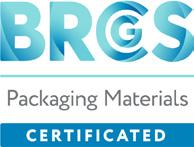
Below are the following products manufactured at Xpro Packaging Limited:
• Paper and plastic punnets for the horticulture industry
• Paper and plastic cups
• Paper and plastic plates and bowls
• Takeaway containers
• Cutleries






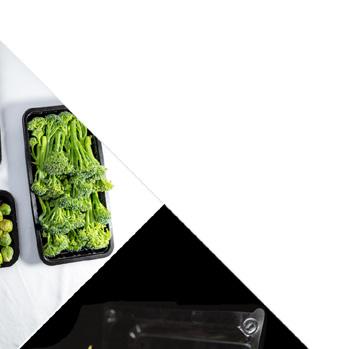




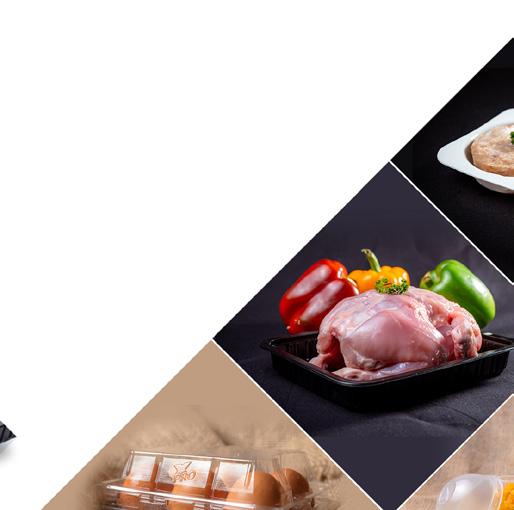
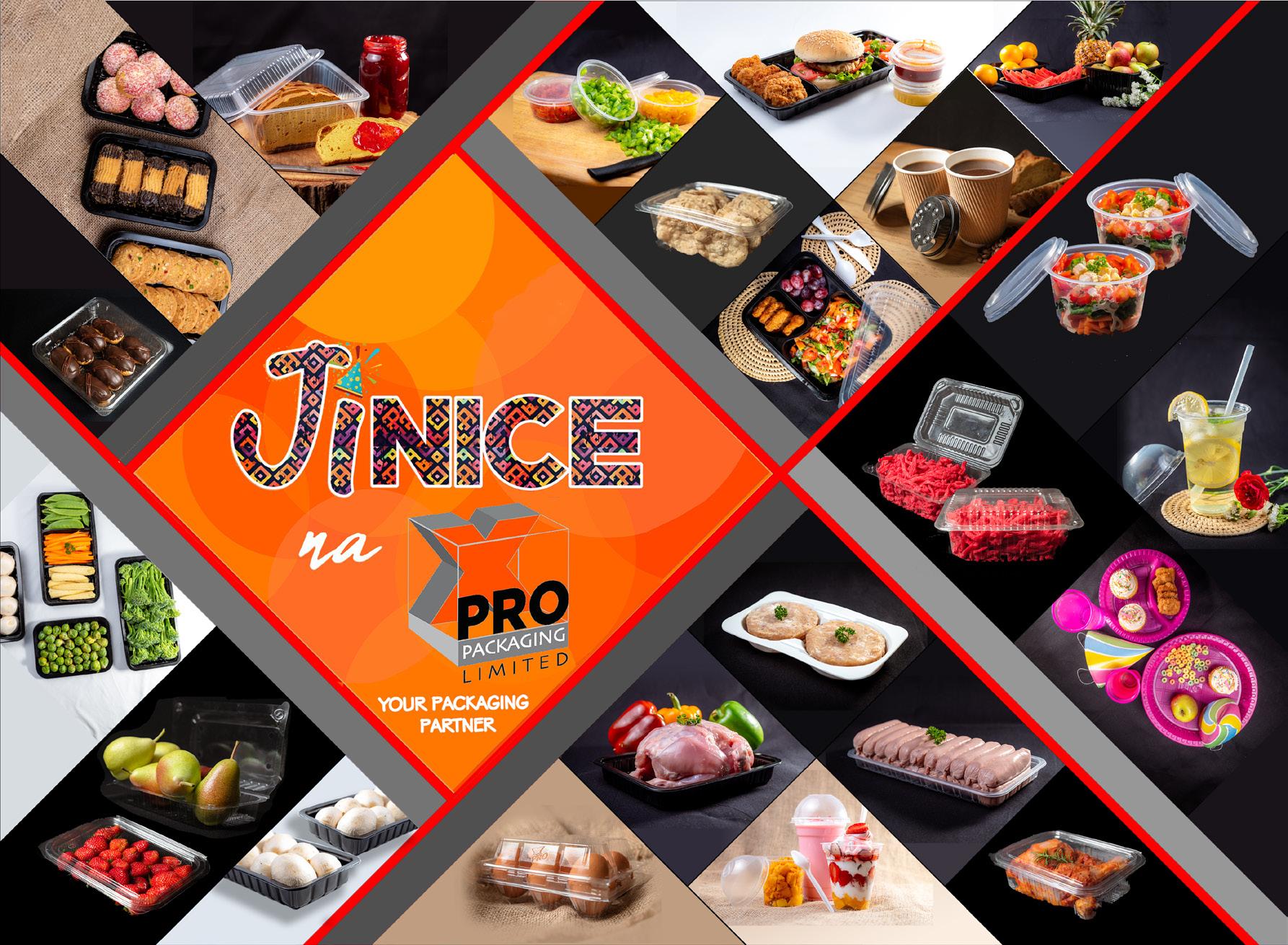
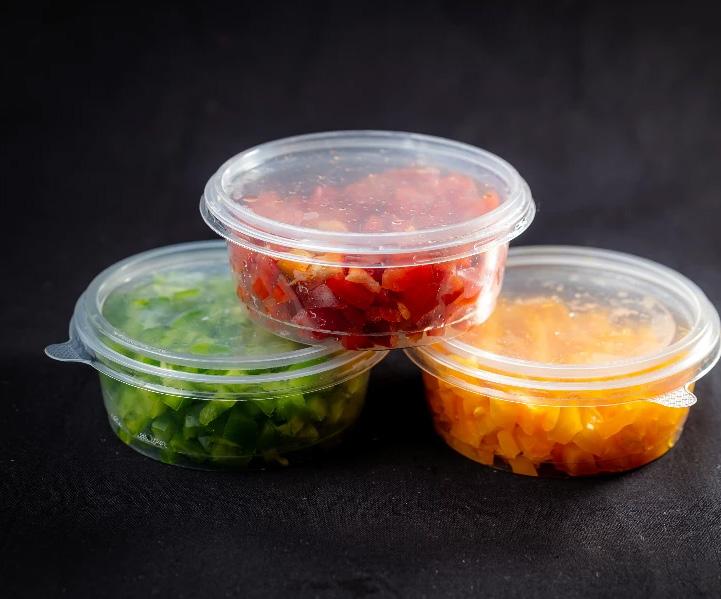

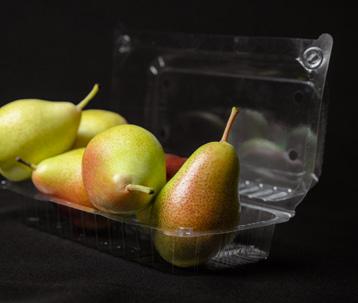

xpro@xpropackaging.com

To round off each issue, we ask our contributing business leaders for their views on the same question

outside of work have helped you to become a better leader?
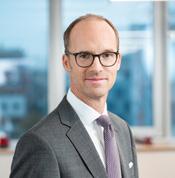
Jan Aichinger Managing Director, MAN Automotive South Africa
“Mountaineering, as it forces you to understand that you can only climb a mountain one step at a time.
“If you stand in front of the mountain and you're looking at the 1,800-metre peak, you will believe at first that you’re not going to end up there, but if you take it step by step and don't think about how long it's going to take, you will eventually reach the summit.
“In the mountains, there's danger out there. Whether it's avalanches, thunderstorms, or other types of perilous weather, you have to constantly be alert. If you make a wrong step, you could end up falling 100 metres down. That kind of focus and alertness is paramount.
“Mountaineering personally helps me to calm down. The monotony that comes with taking step after step and the silence which puts you in a reflective and peaceful mood – I really enjoy that.”
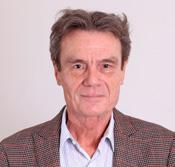
Marc Genot General Director, SIPH
“My passion is my work and my team, and I wake up early every morning highly motivated to meet its exciting challenges.
“I therefore have little time for hobbies, apart from cycling and driving my old Citroën 2CV. I prefer spending the little time I have left with my close family. I’ll invest time in gardening when I retire as I love trees and flowers and wish to see them flourish by my own care.”


Now, why not tell yours? Our bi-monthly magazine Africa Outlook is essential reading for business executives wanting to keep up with the latest in global news and trends affecting African businesses across all industries.
Reaching an audience of over 185,000 readers, your company can take advantage of exposure in Africa Outlook with a FREE article and FREE digital brochure, as well as access to further digital and print-based marketing tools that could transform your business.
To share in this unrivalled opportunity, contact one of our project managers today!



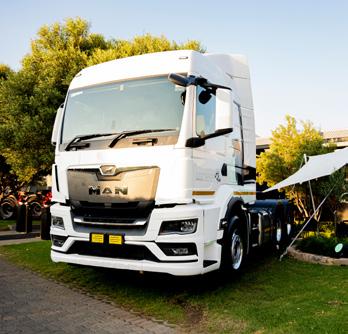


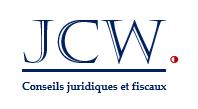
JCW is a legal and tax consultancy firm.
JCW has been assisting several mining companies in the exploration and exploitation phases for several years.
In addition to mining companies, JCW also assists mining subcontracting companies.

We are based in Côte d’Ivoire. However, we also operate in Burkina Faso, Mali, Guinea Conakry, Niger, and the Democratic Republic of Congo through our local partners.
For the past 10 years, JCW has been an active member of the Groupement Professionnel des Miniers de Côte d’Ivoire (GPMCI).
We provide advice and support in the areas of business law, taxation and customs.
Our firm stands out for:
• The diverse experience of our managers.
• The youth and dynamism of our team.
• Expertise in the variety and complexity of the work we do.
• Perfect knowledge of the business environment.
• The diversity of our clients’ business sectors.
T +225 25 22 00 34 57
T +225 05 45 00 50 82
E info@jcw-ci.com
E jwognin@jcw-ci.com
E adoukoure@jcw-ci.com
E nzia@jcw-ci.com